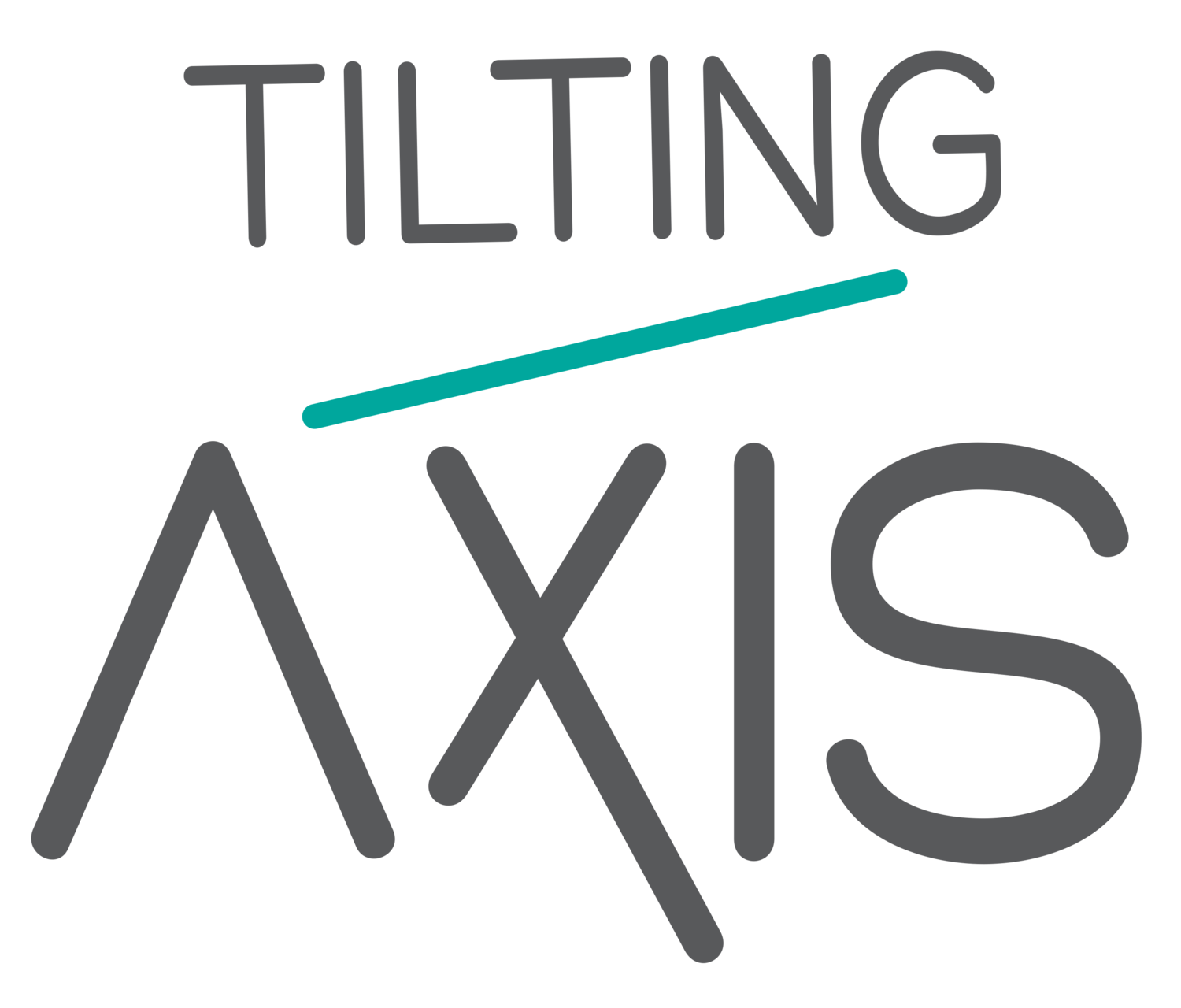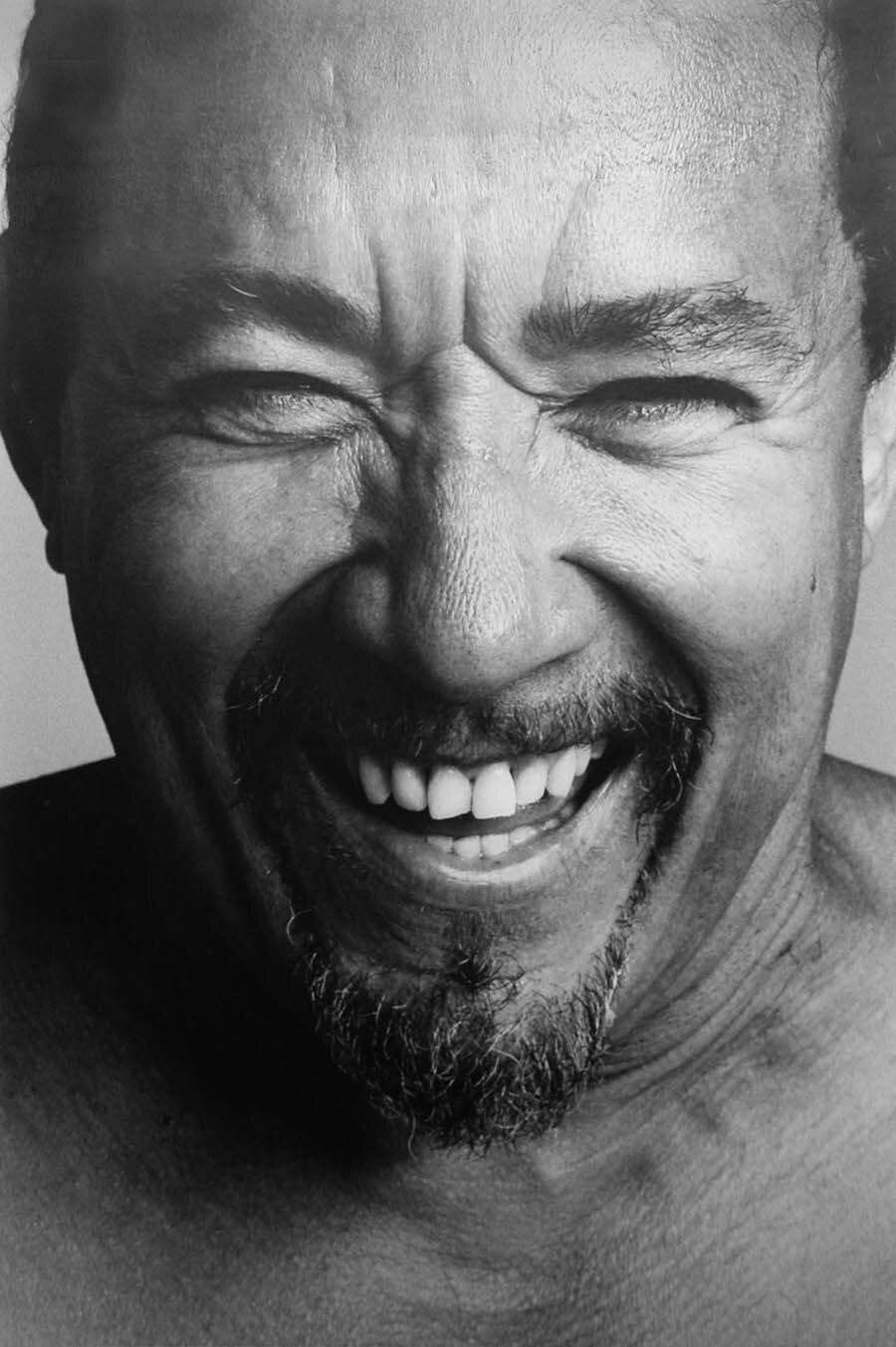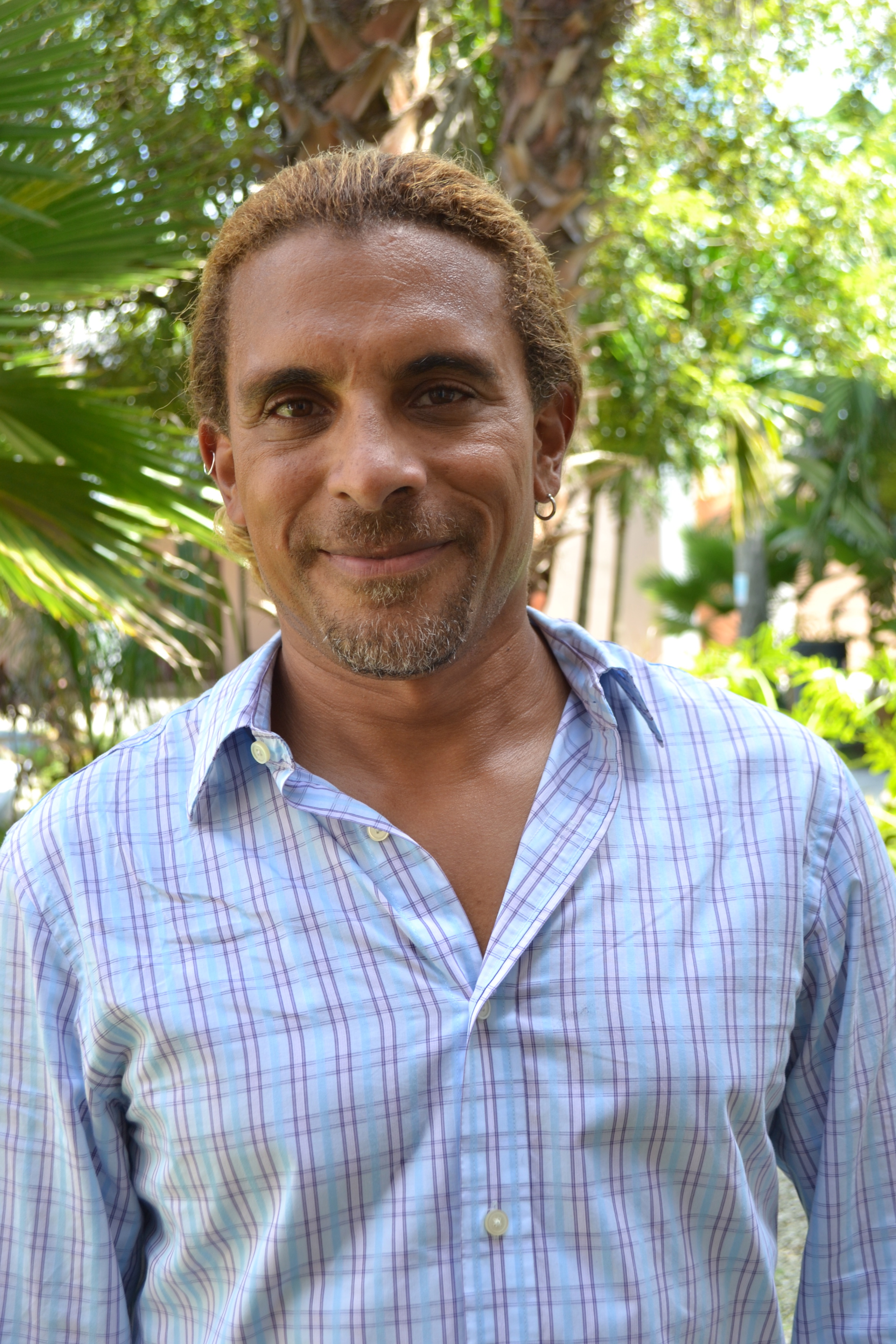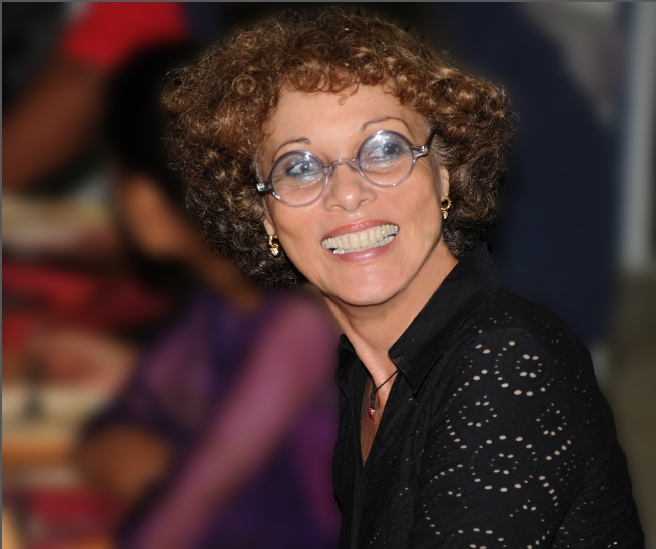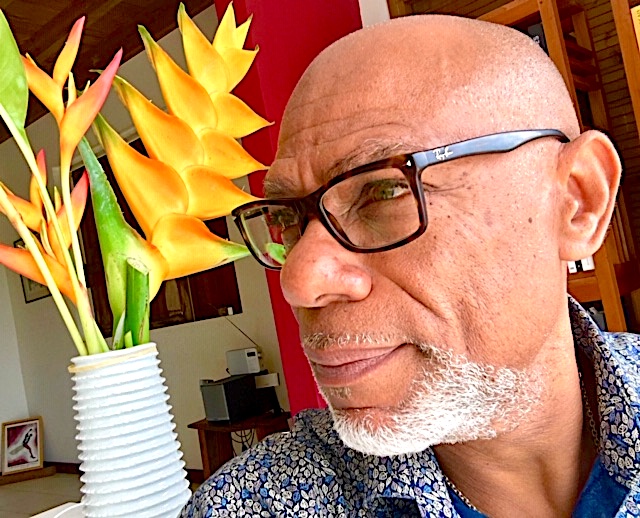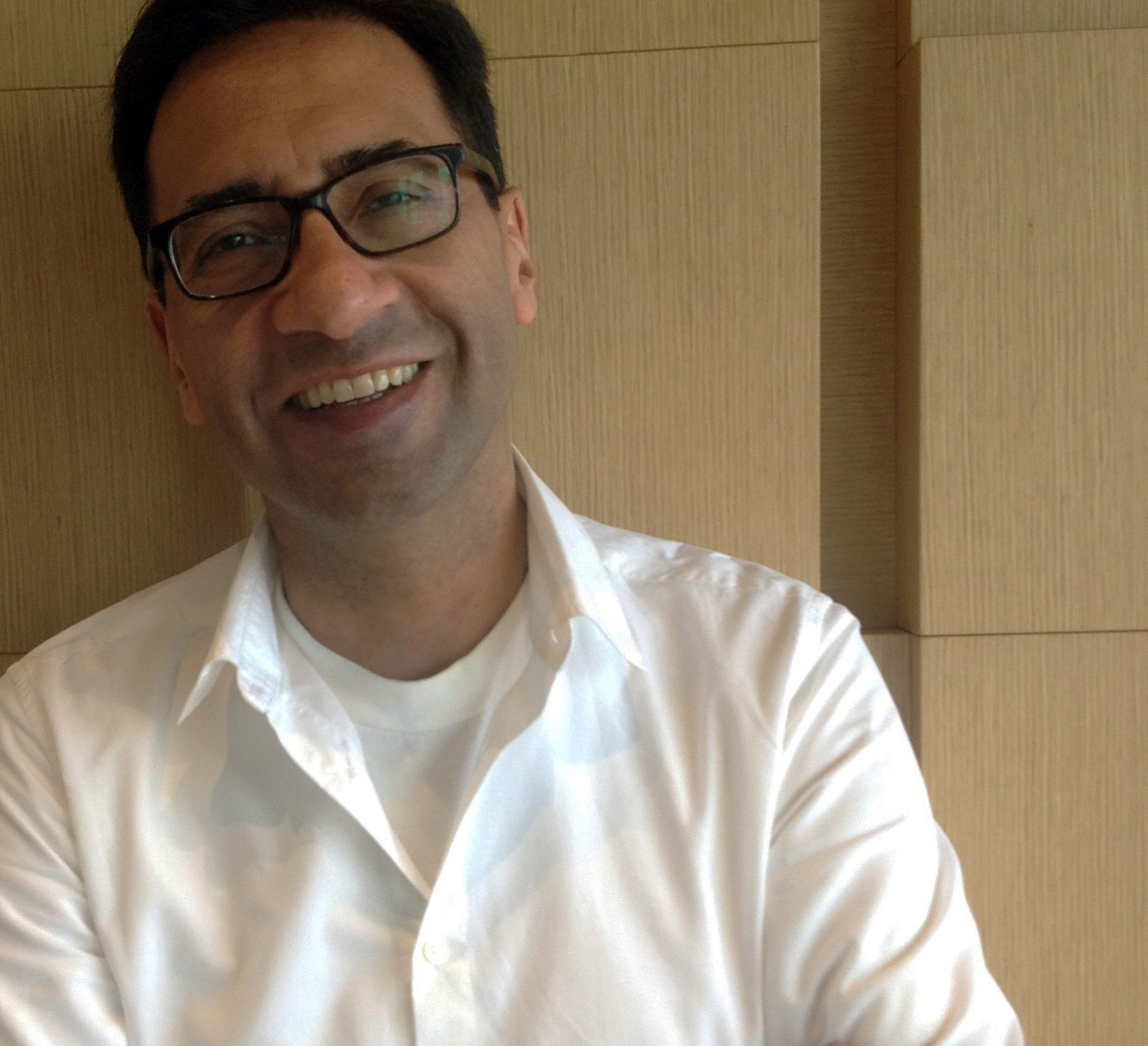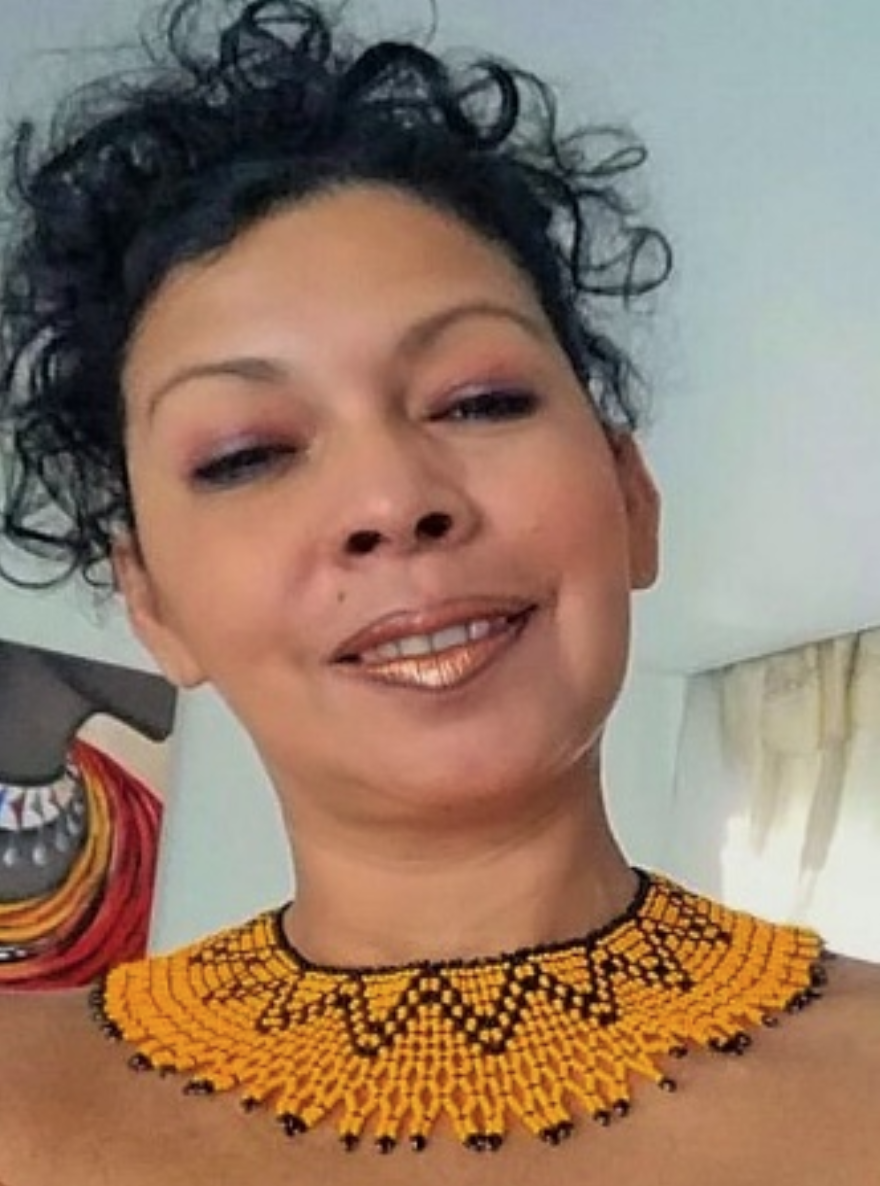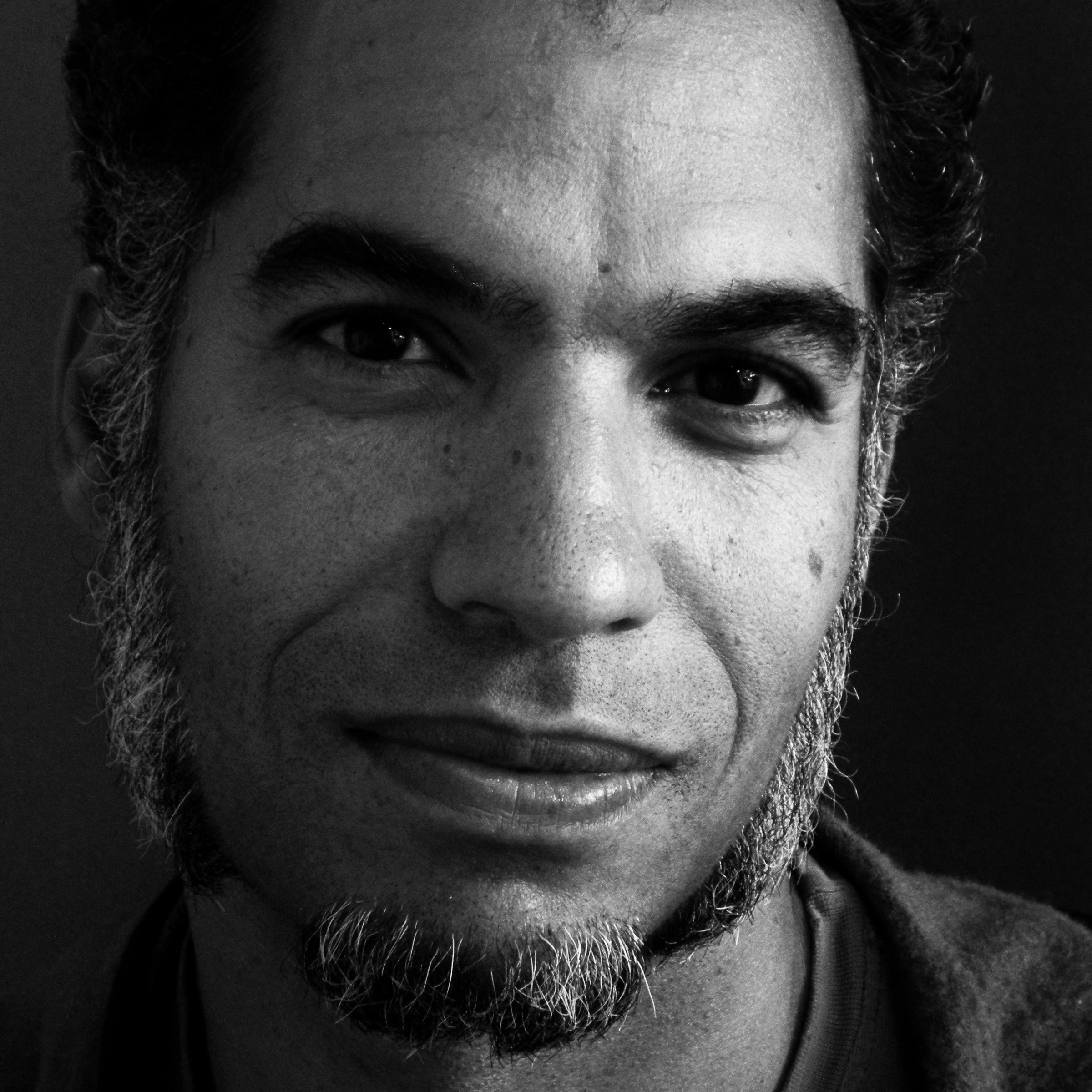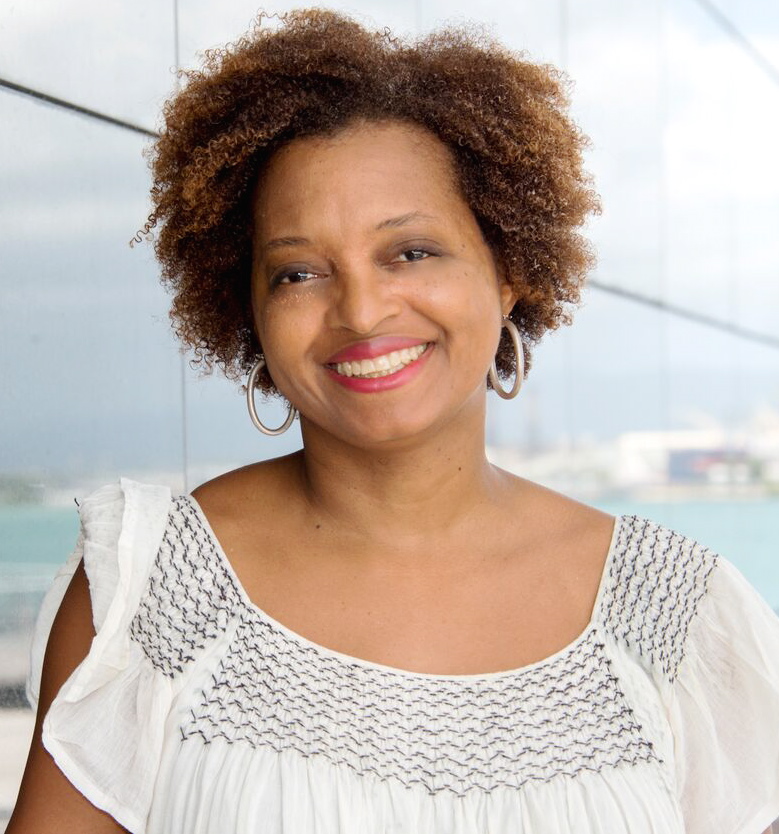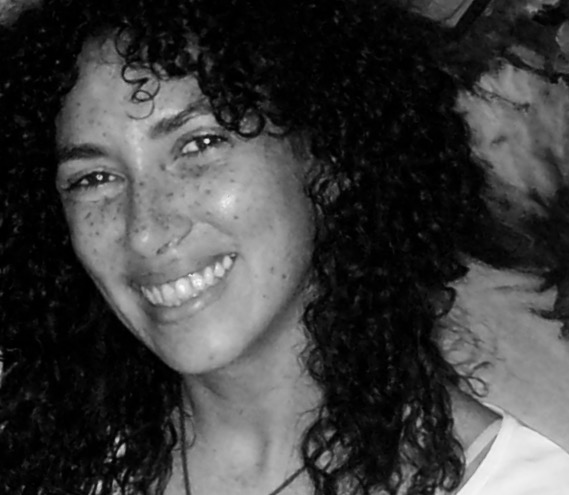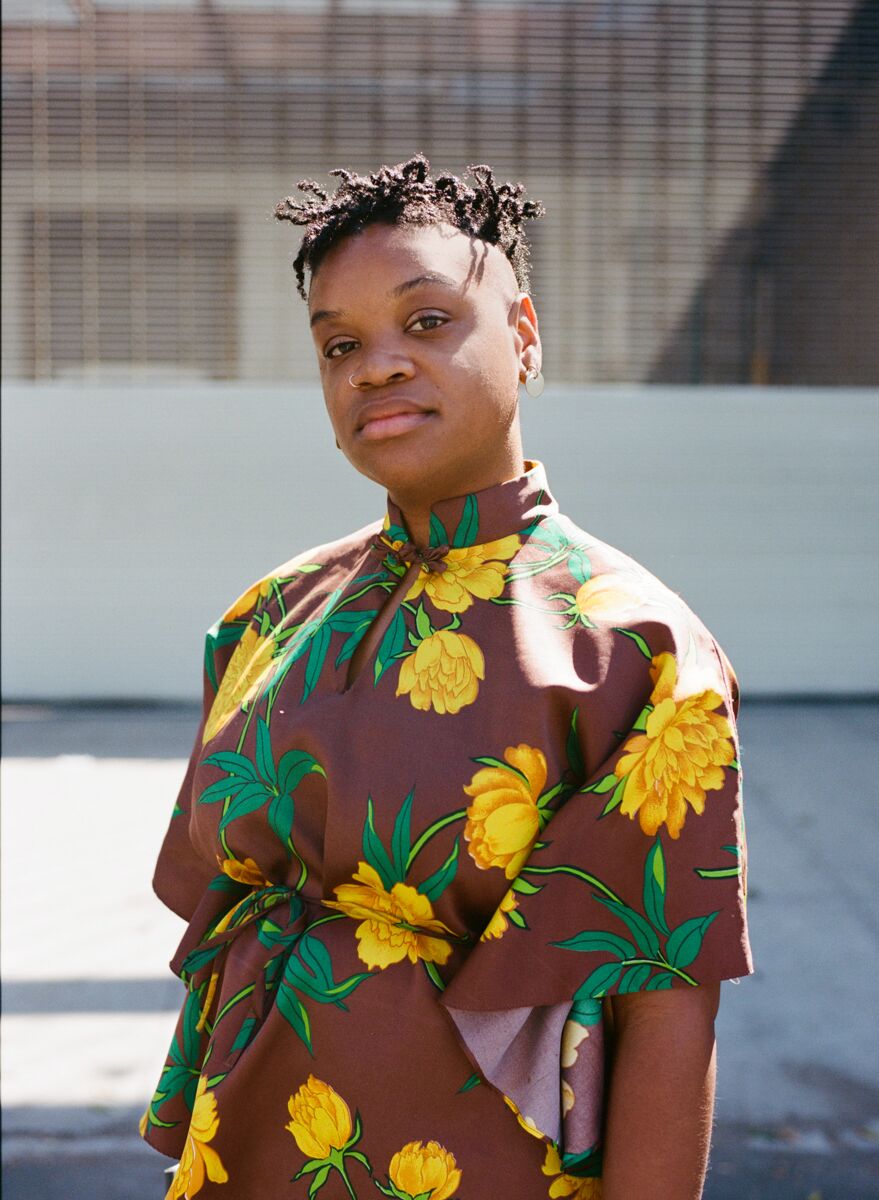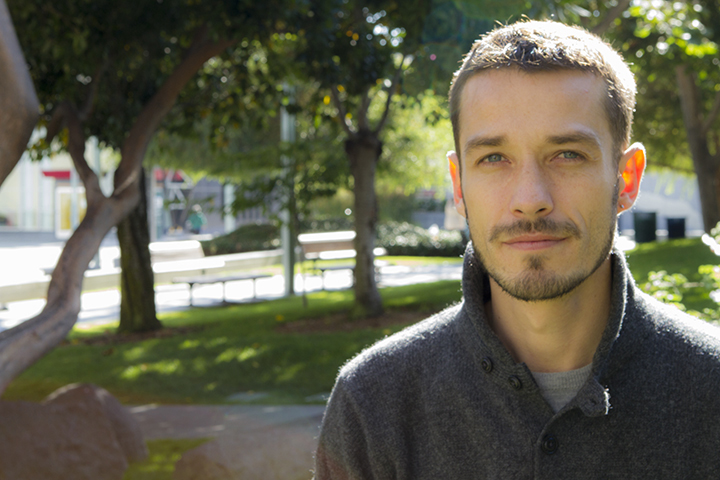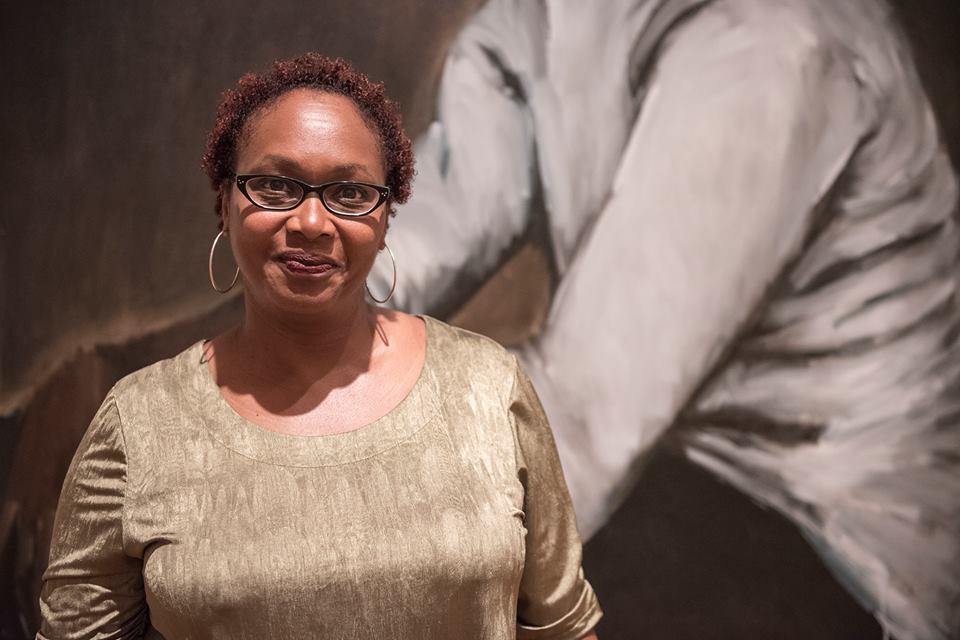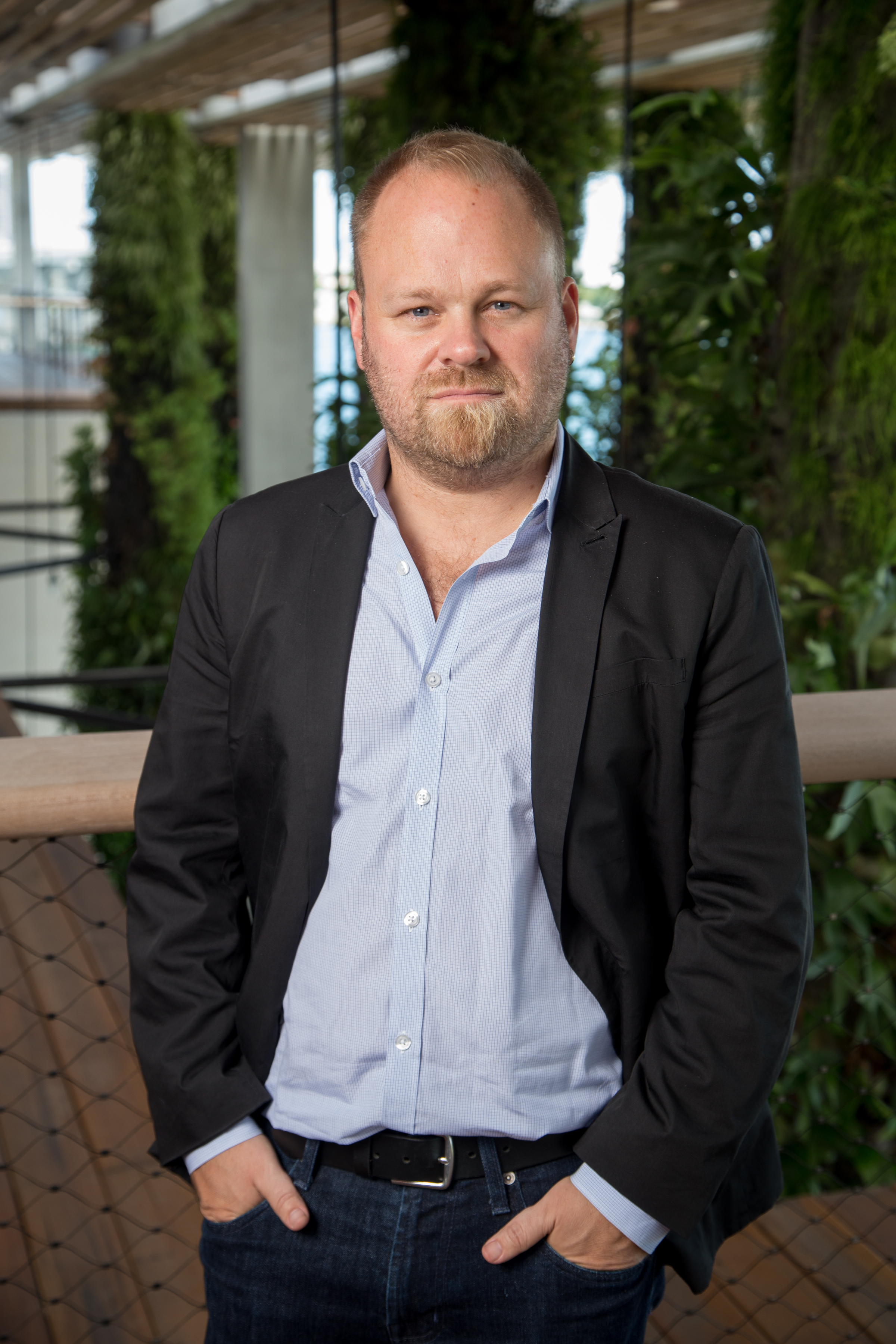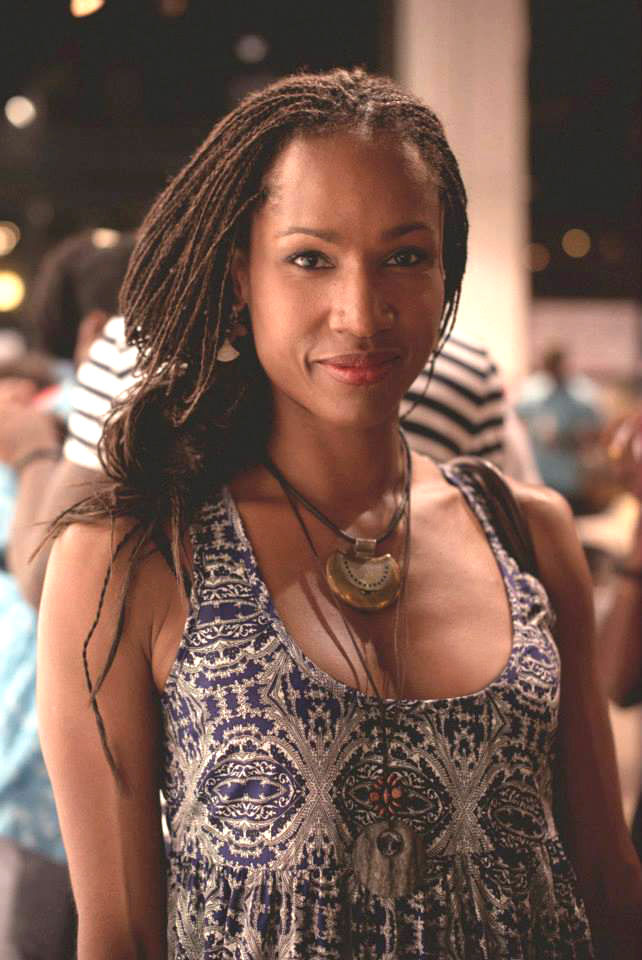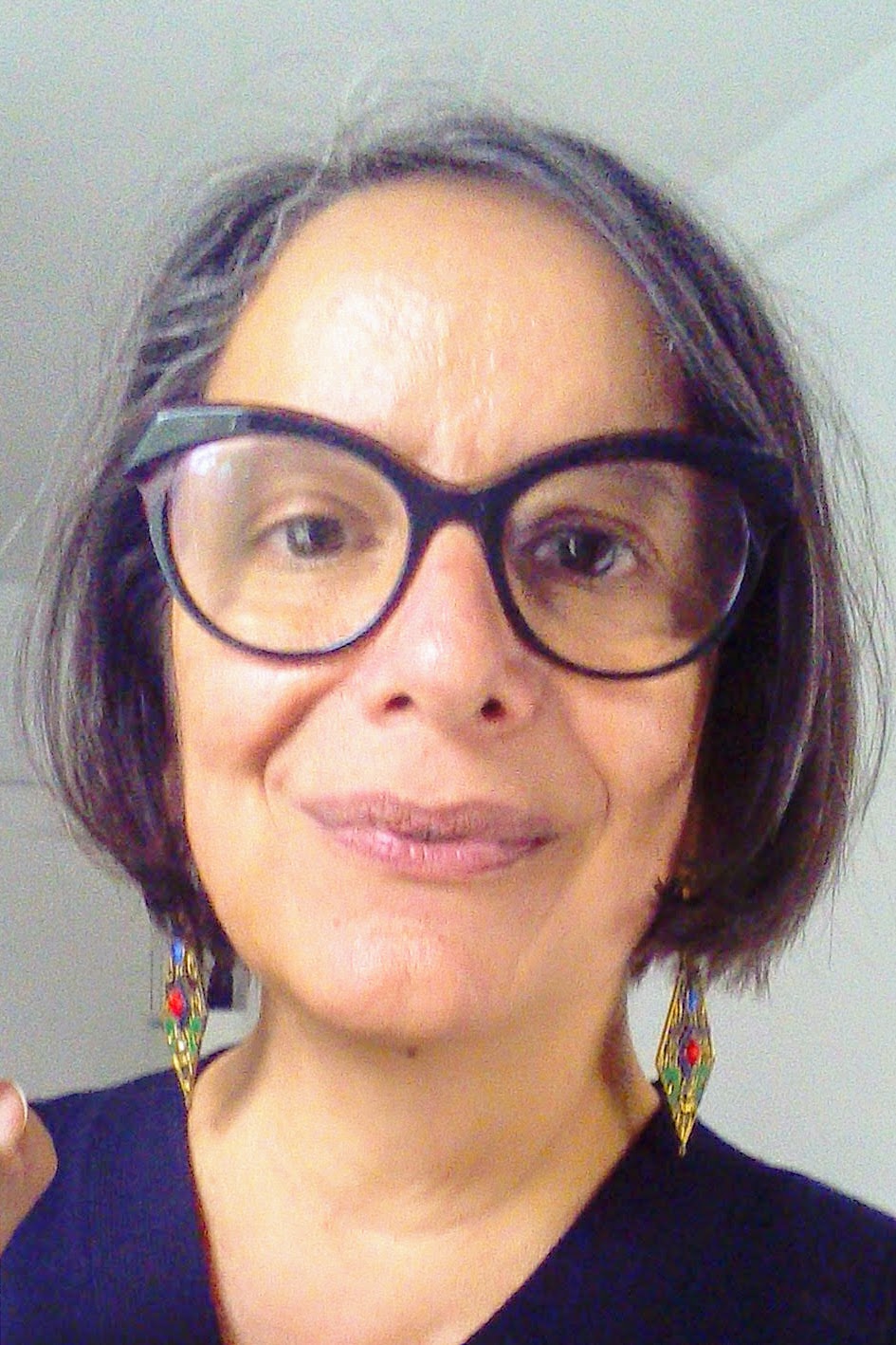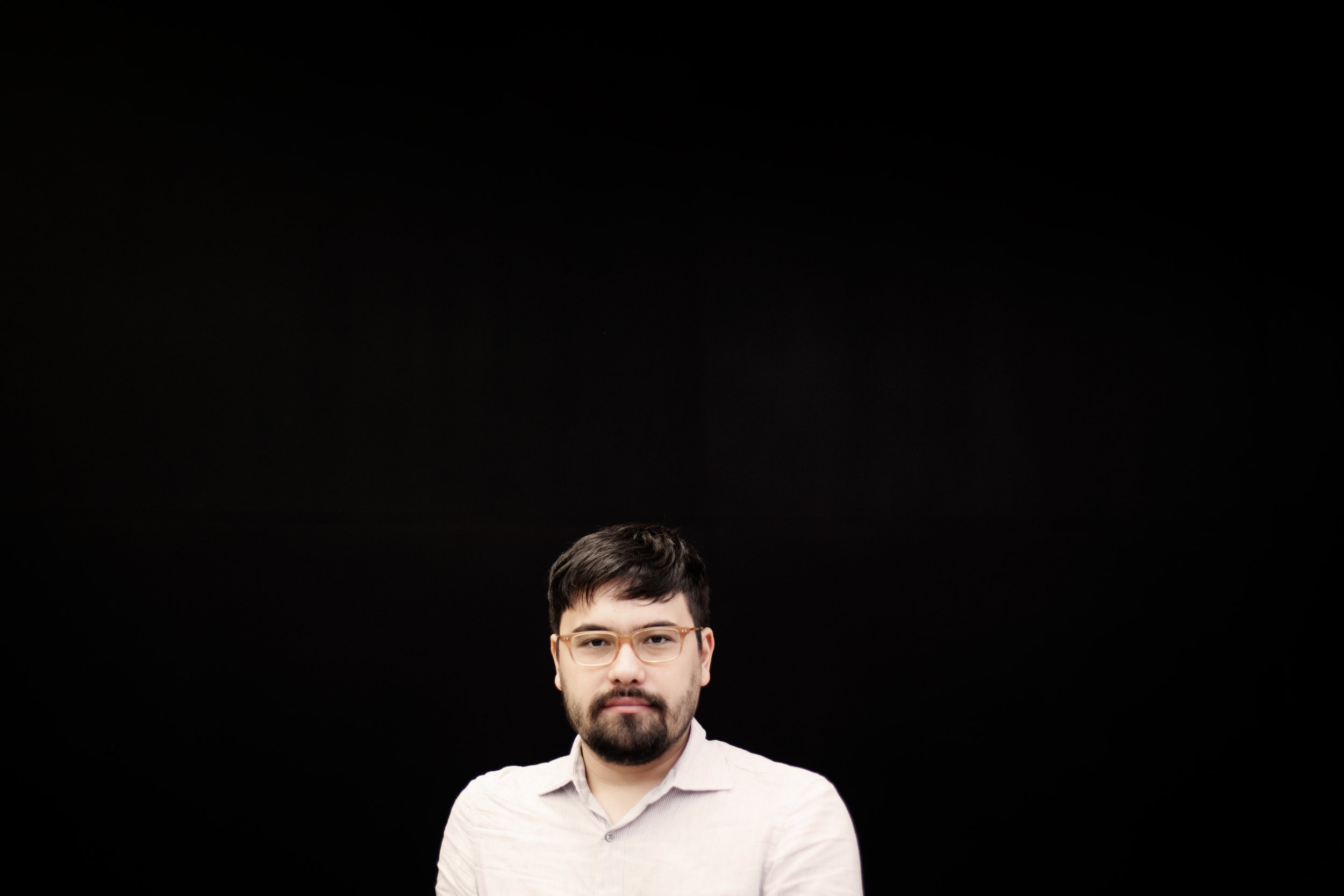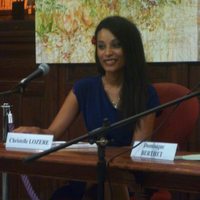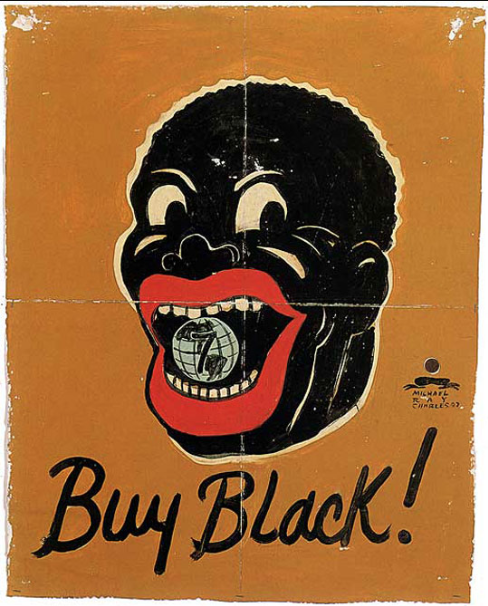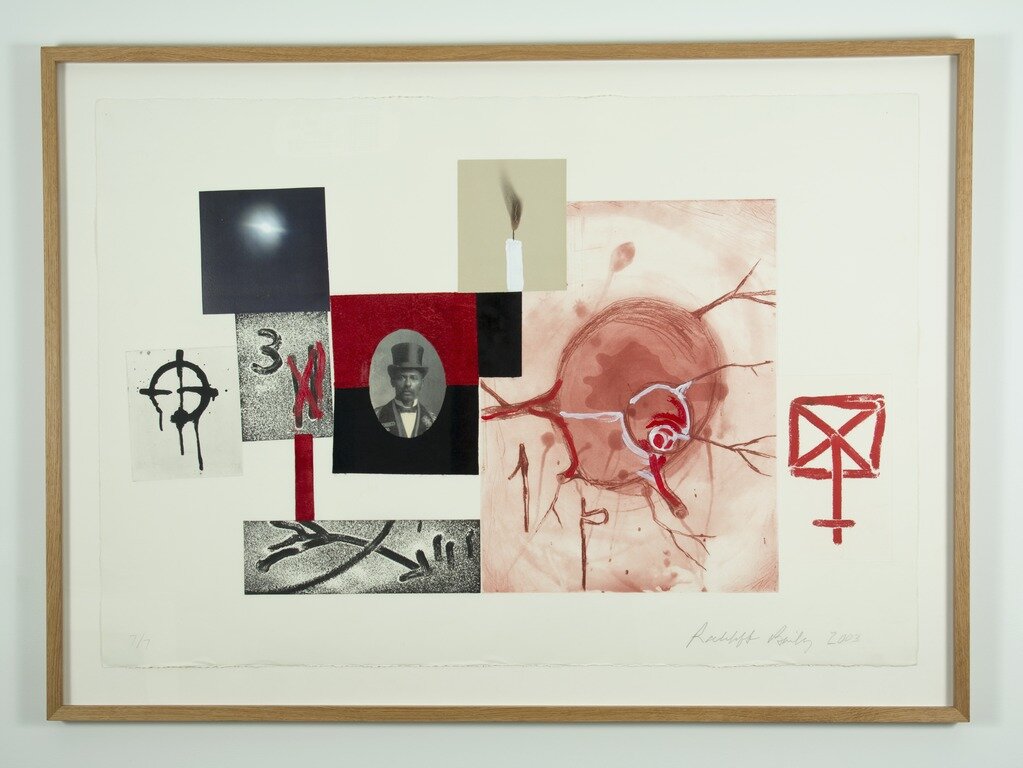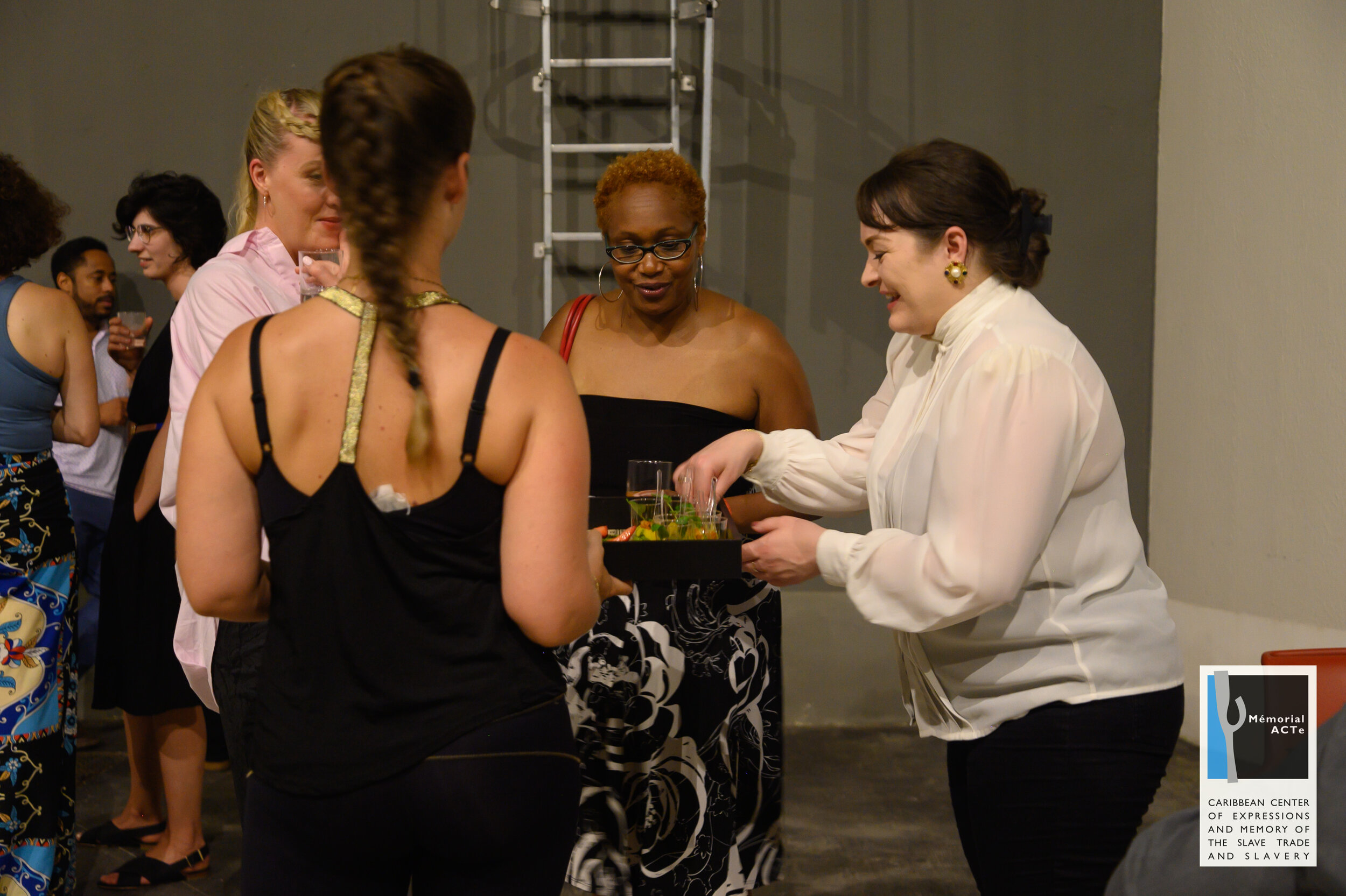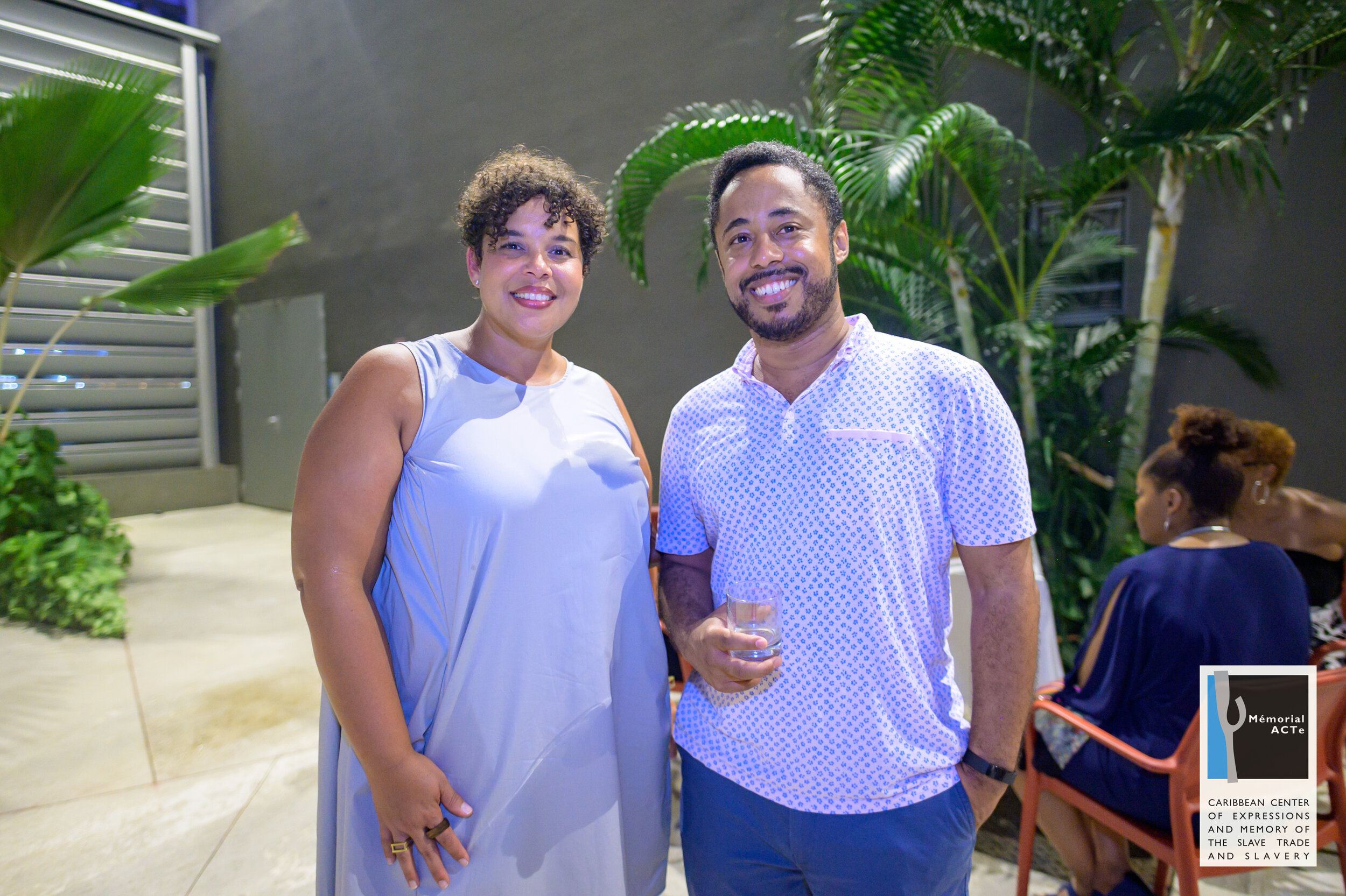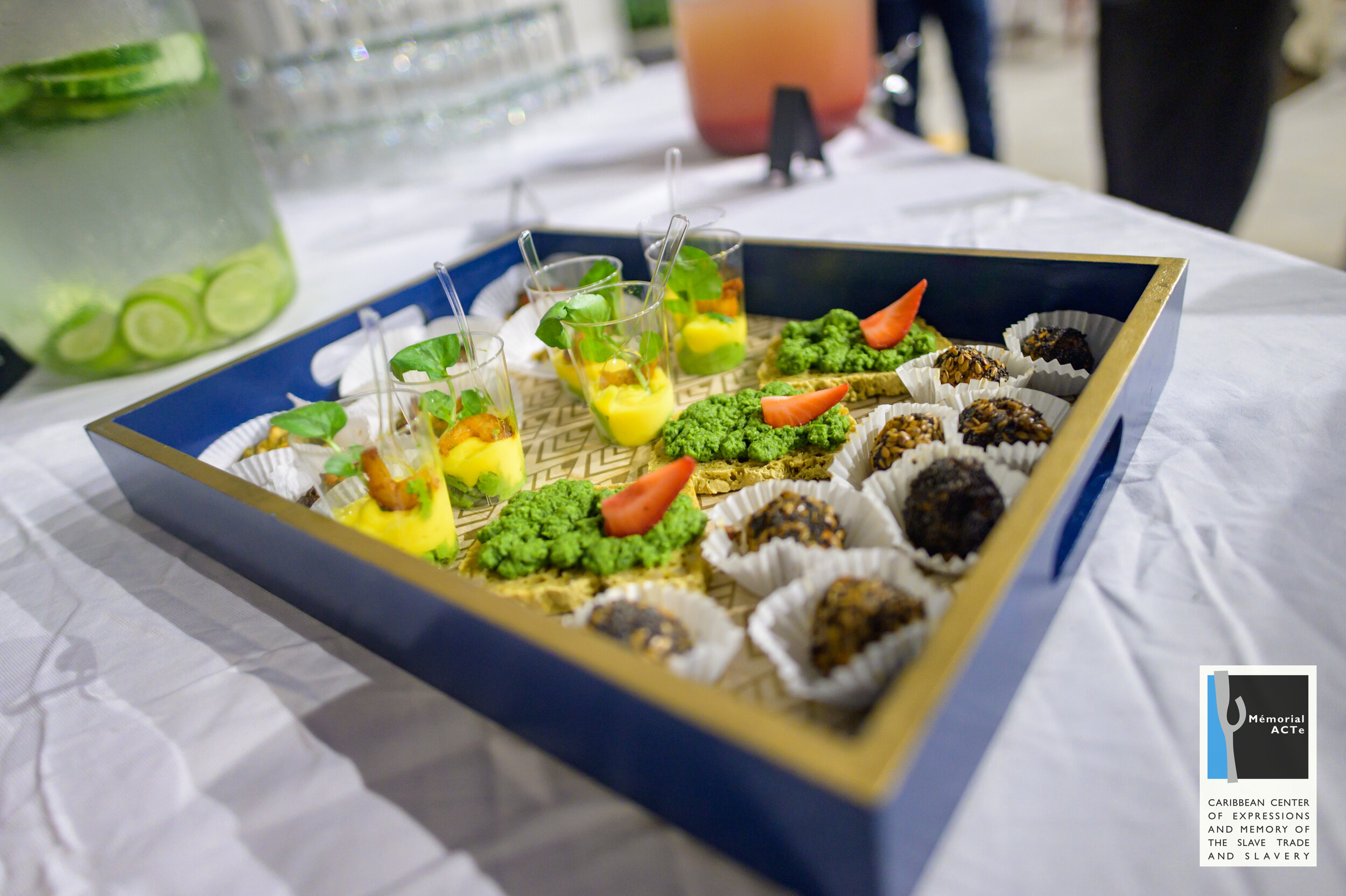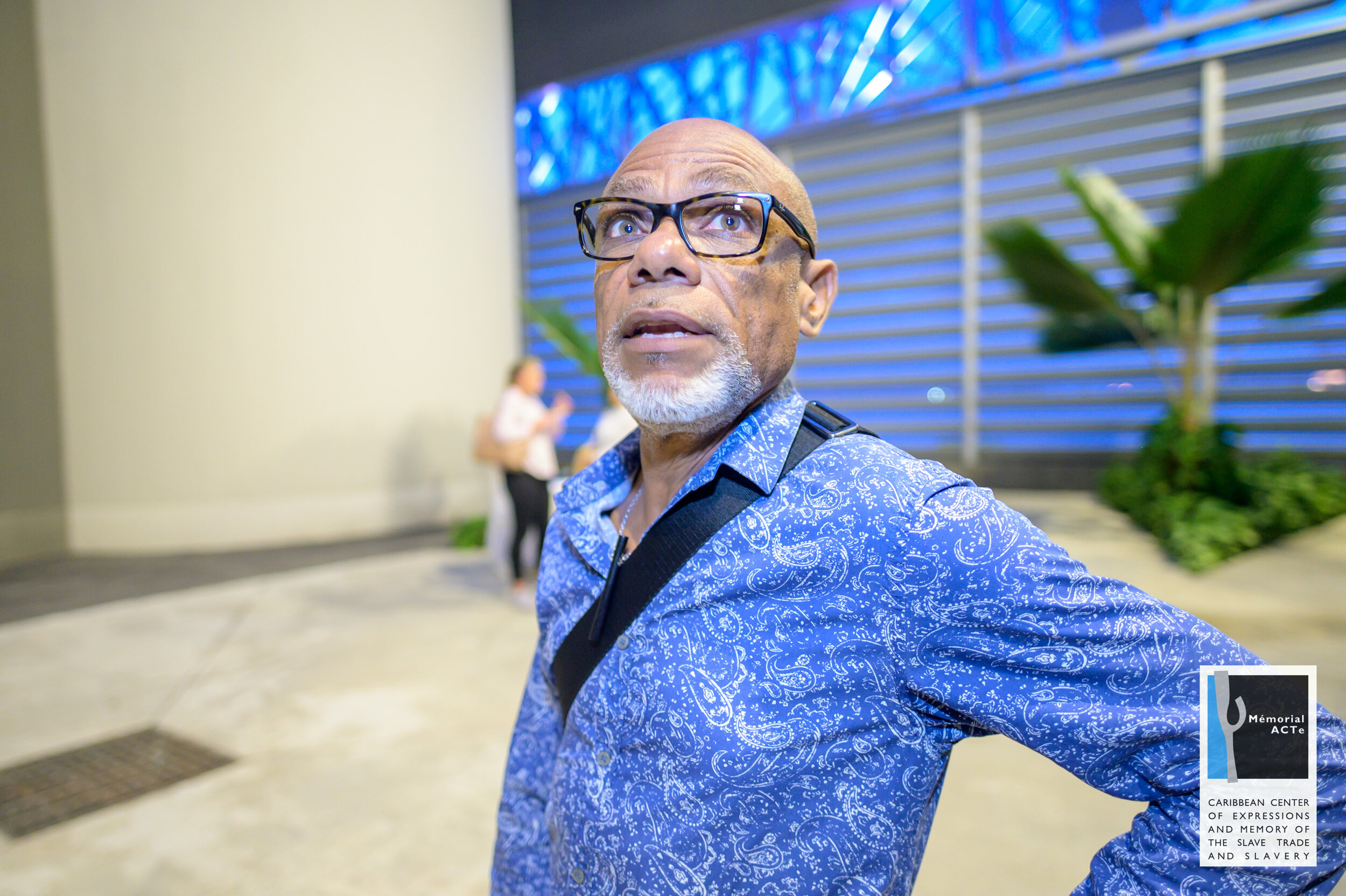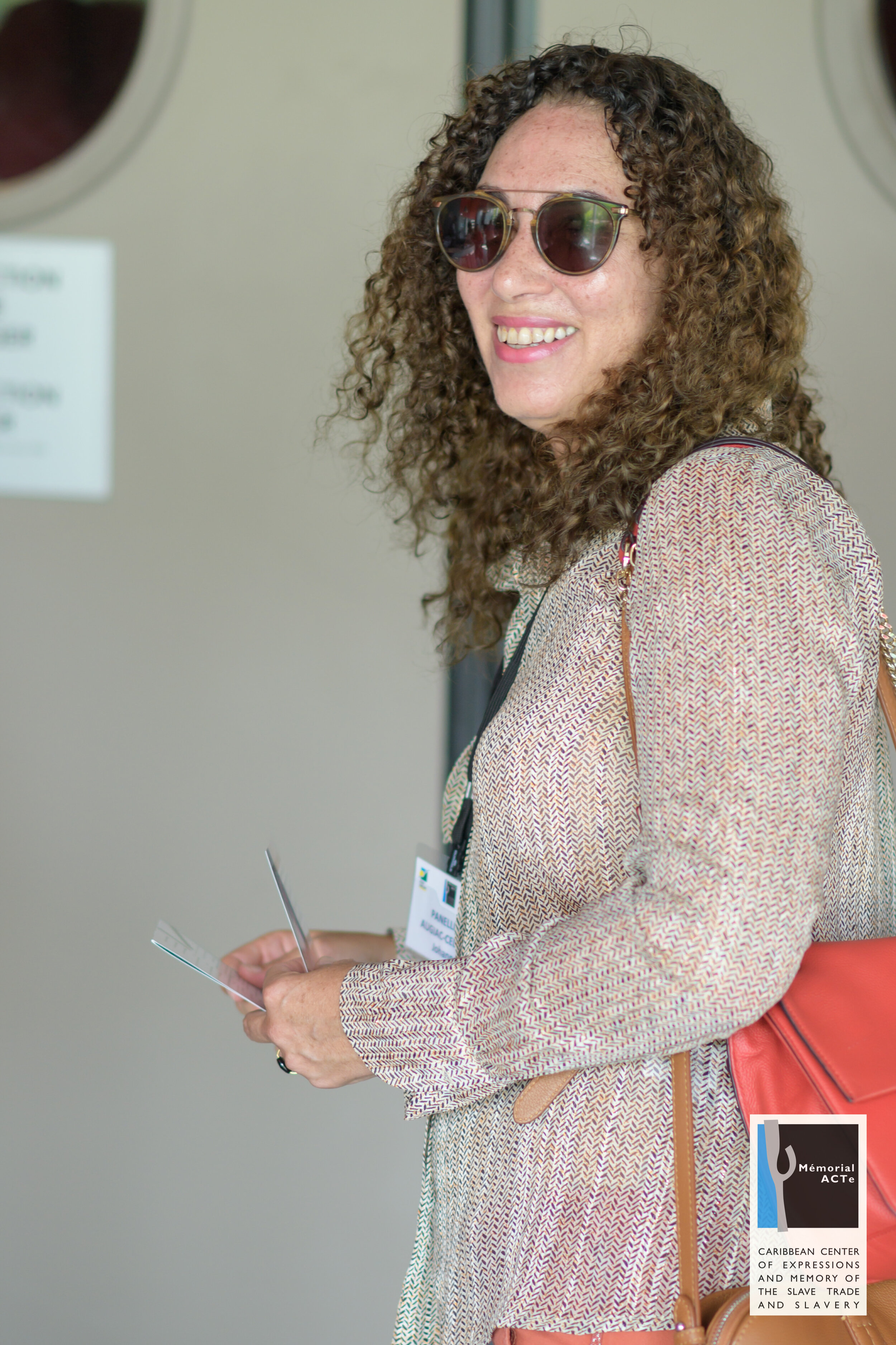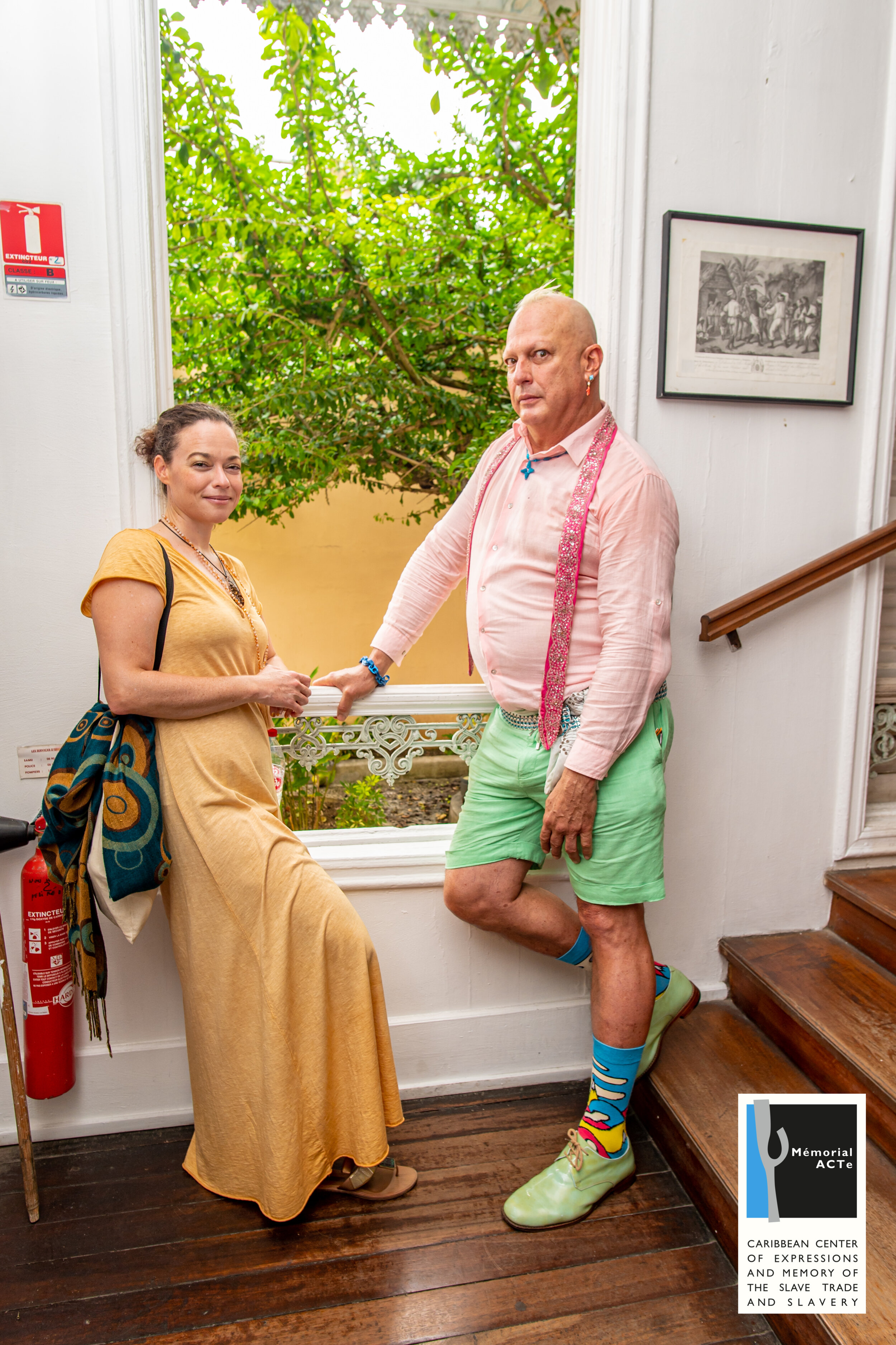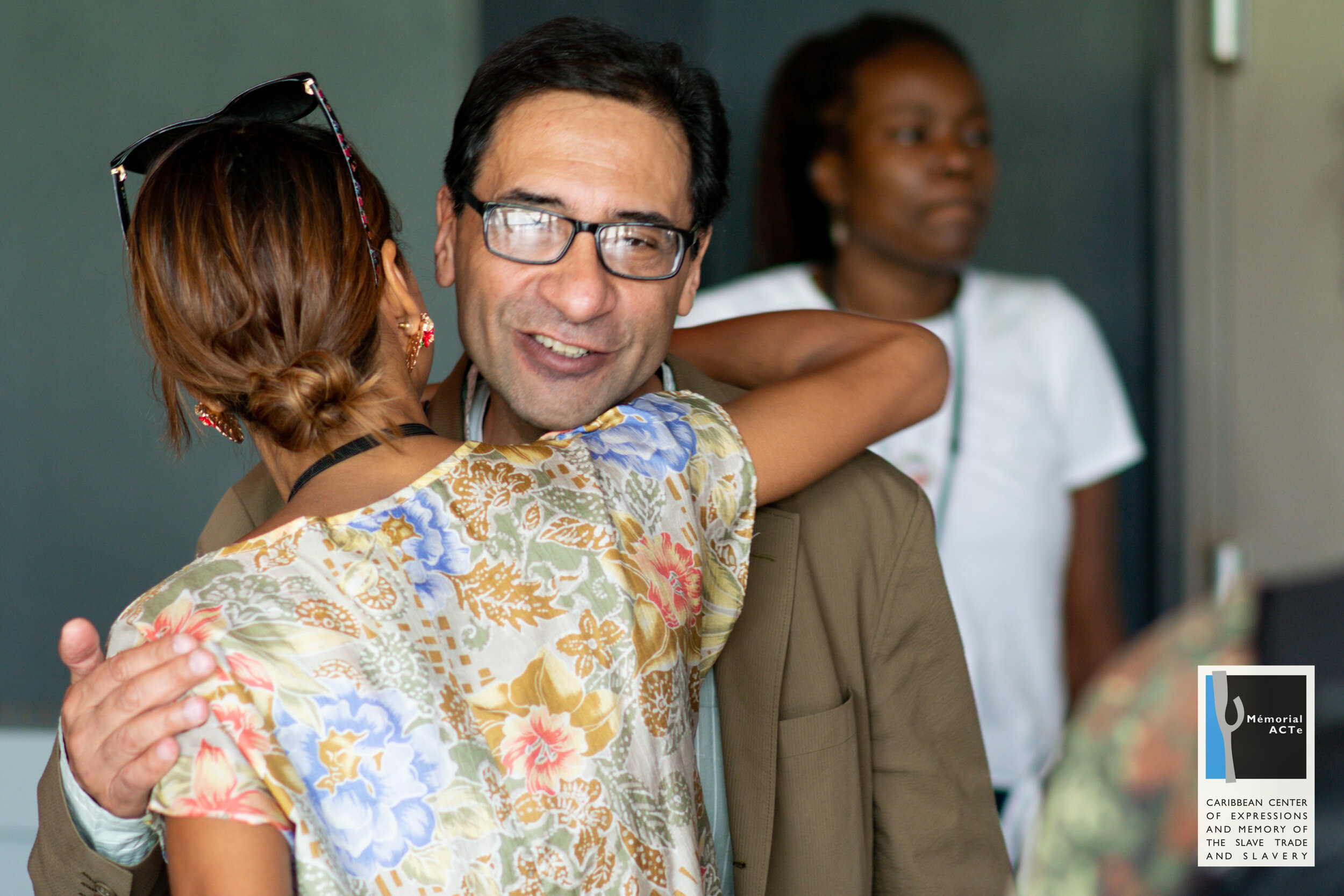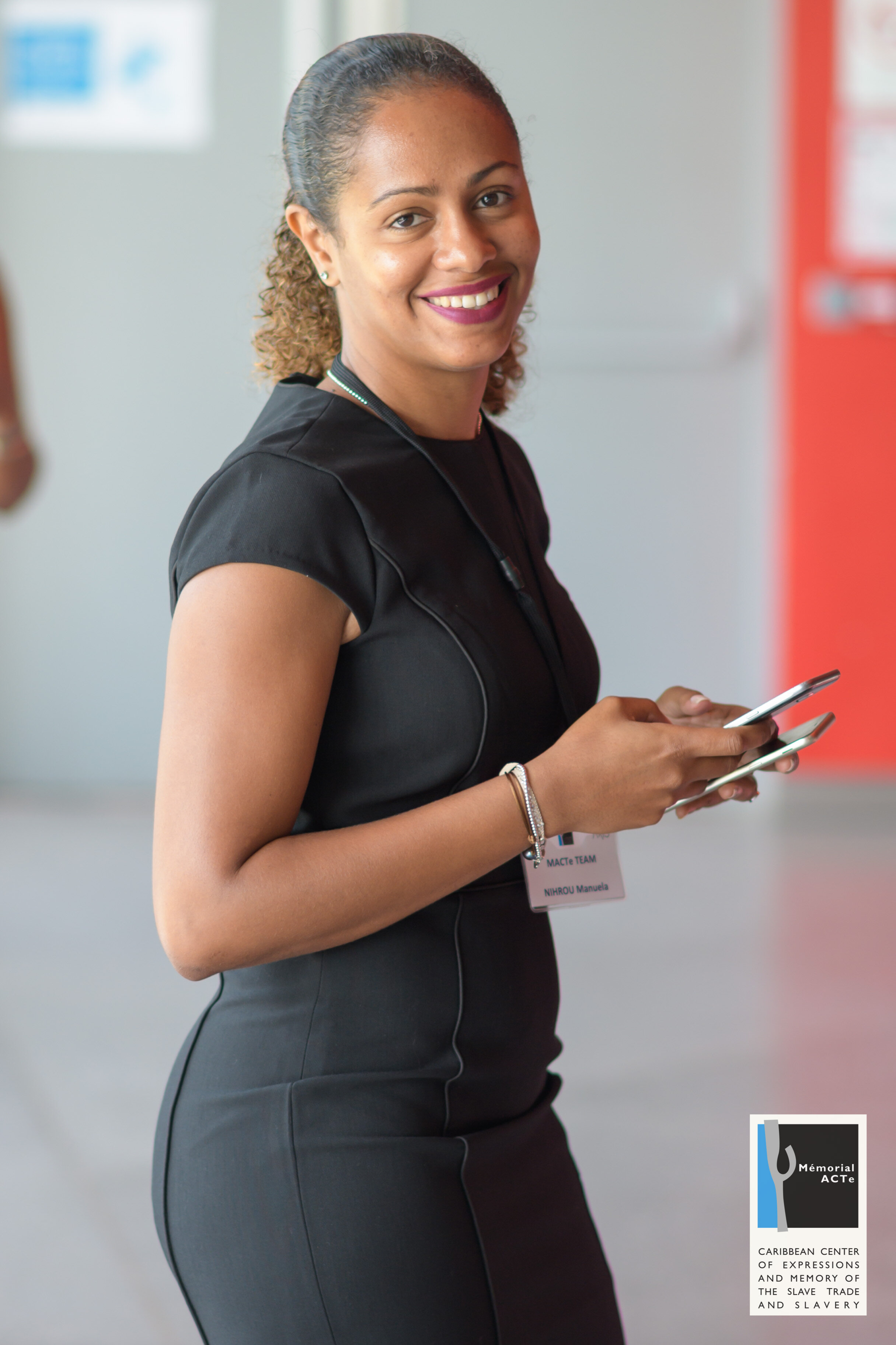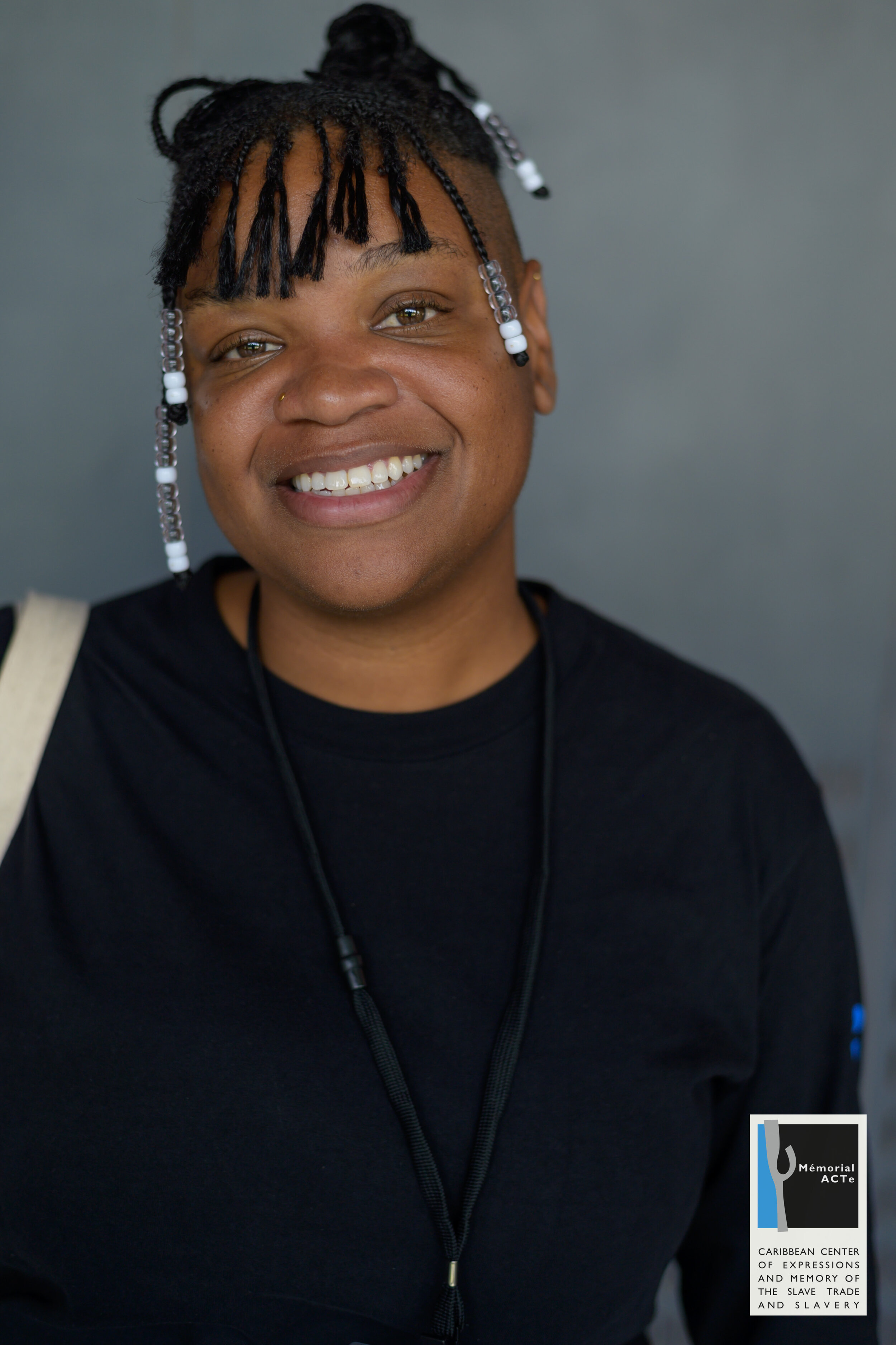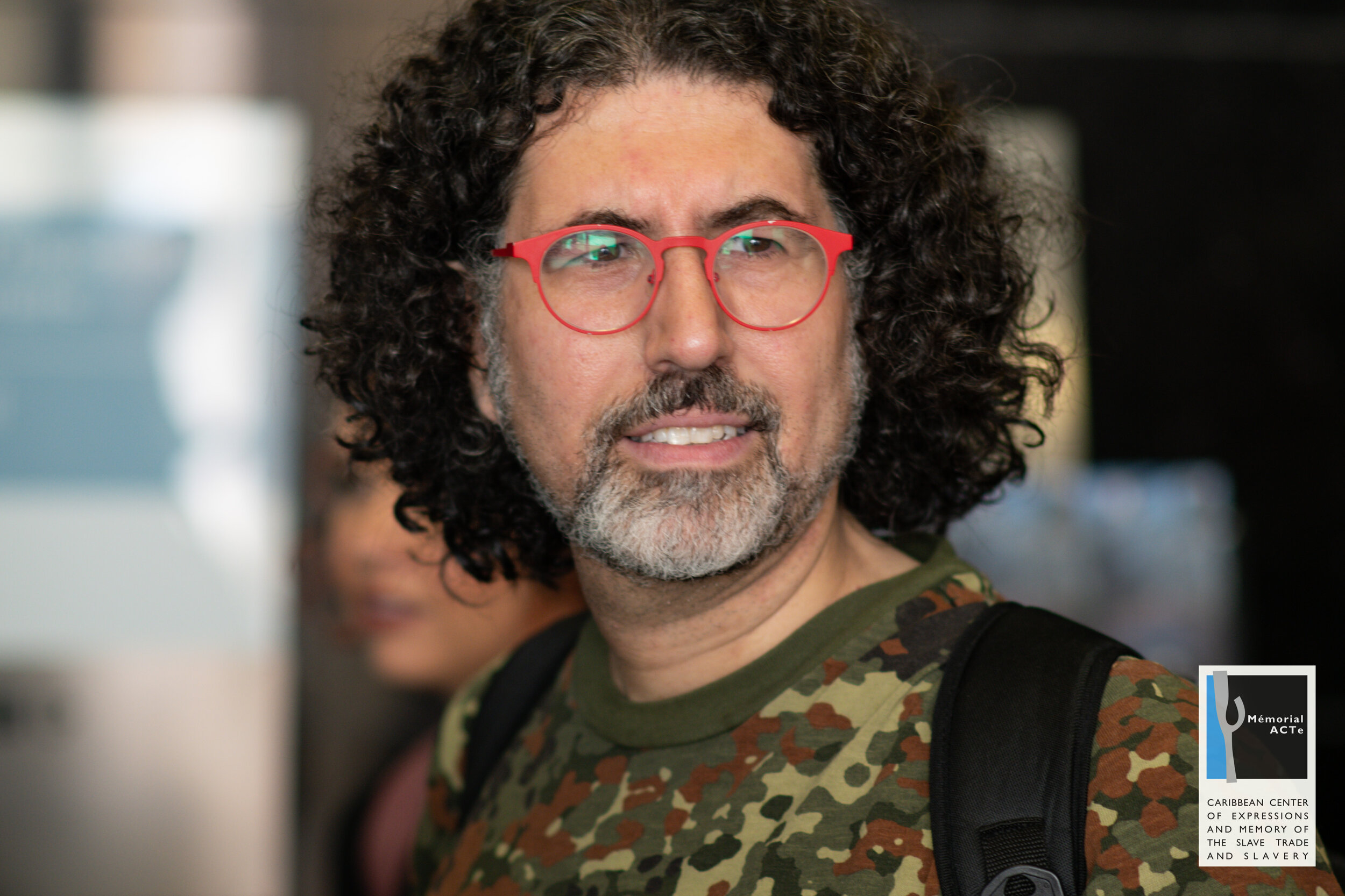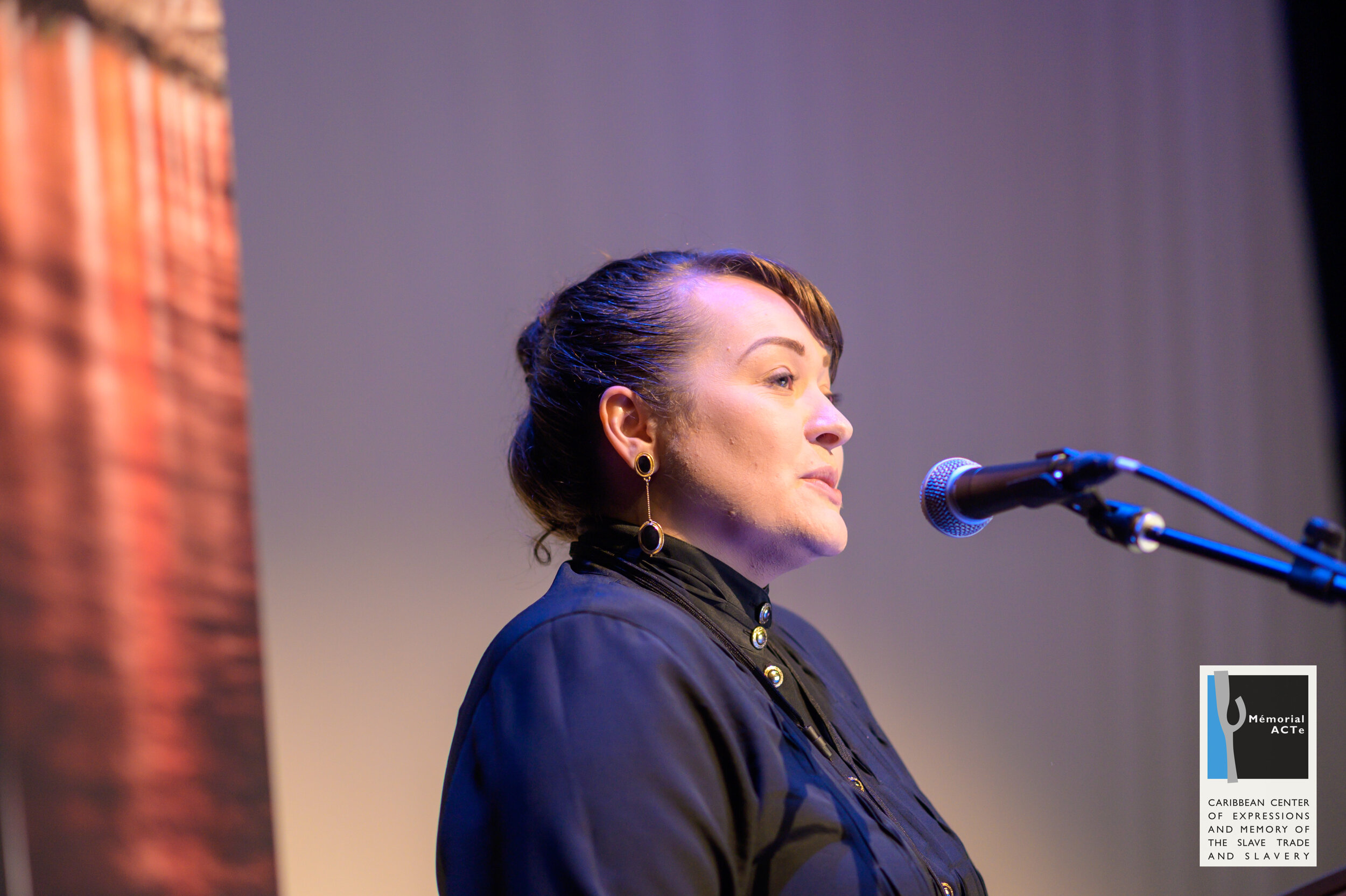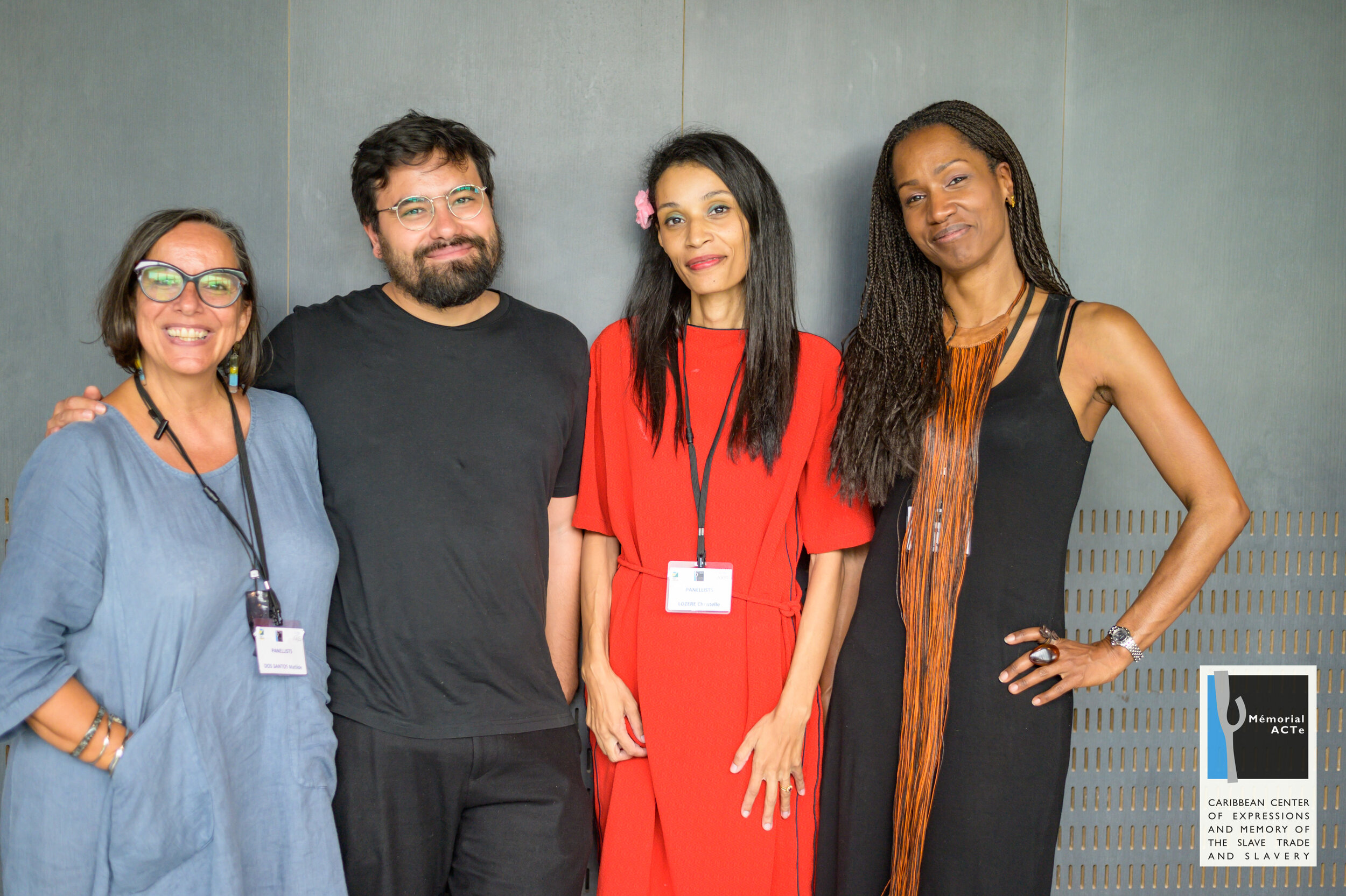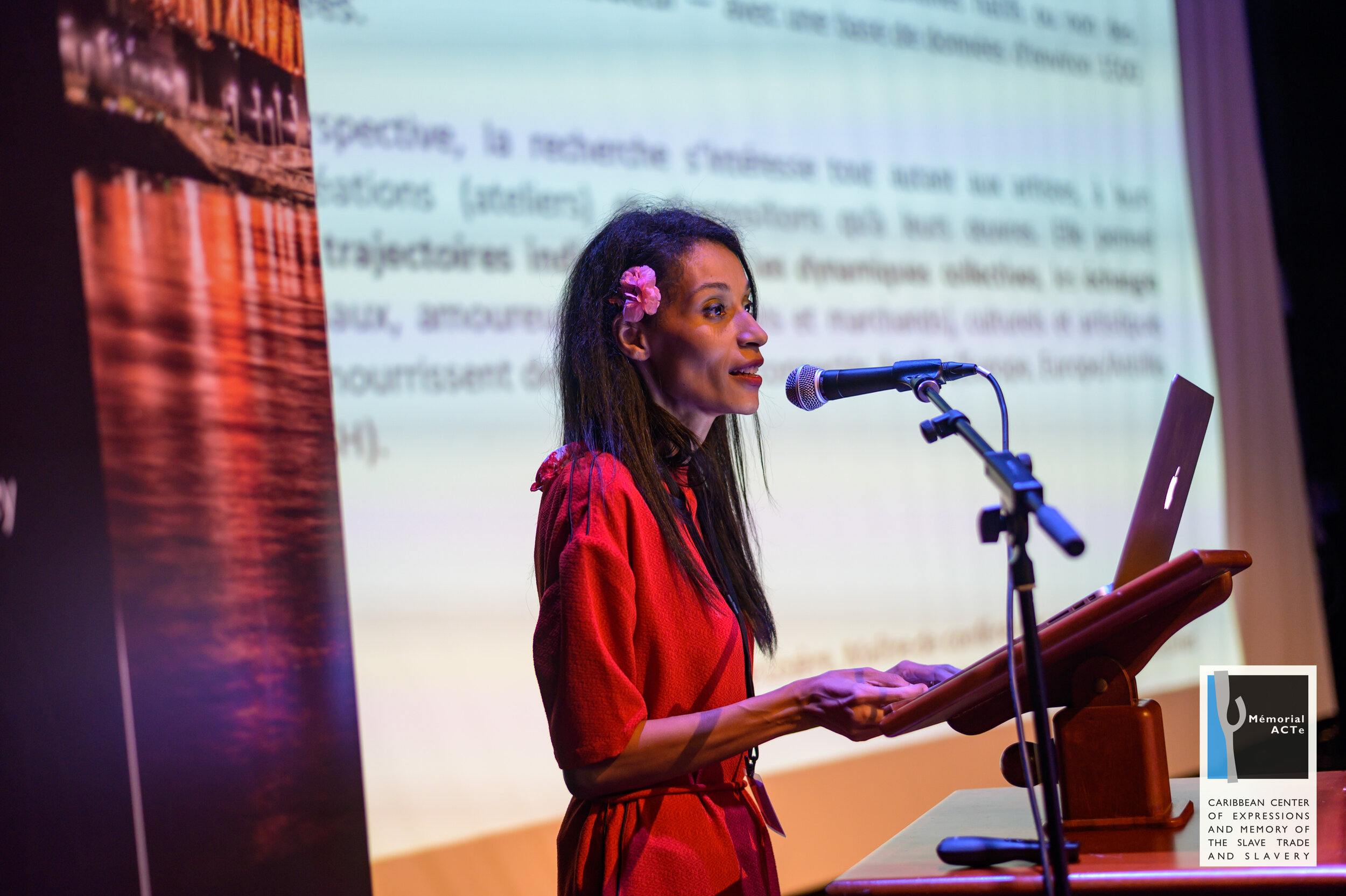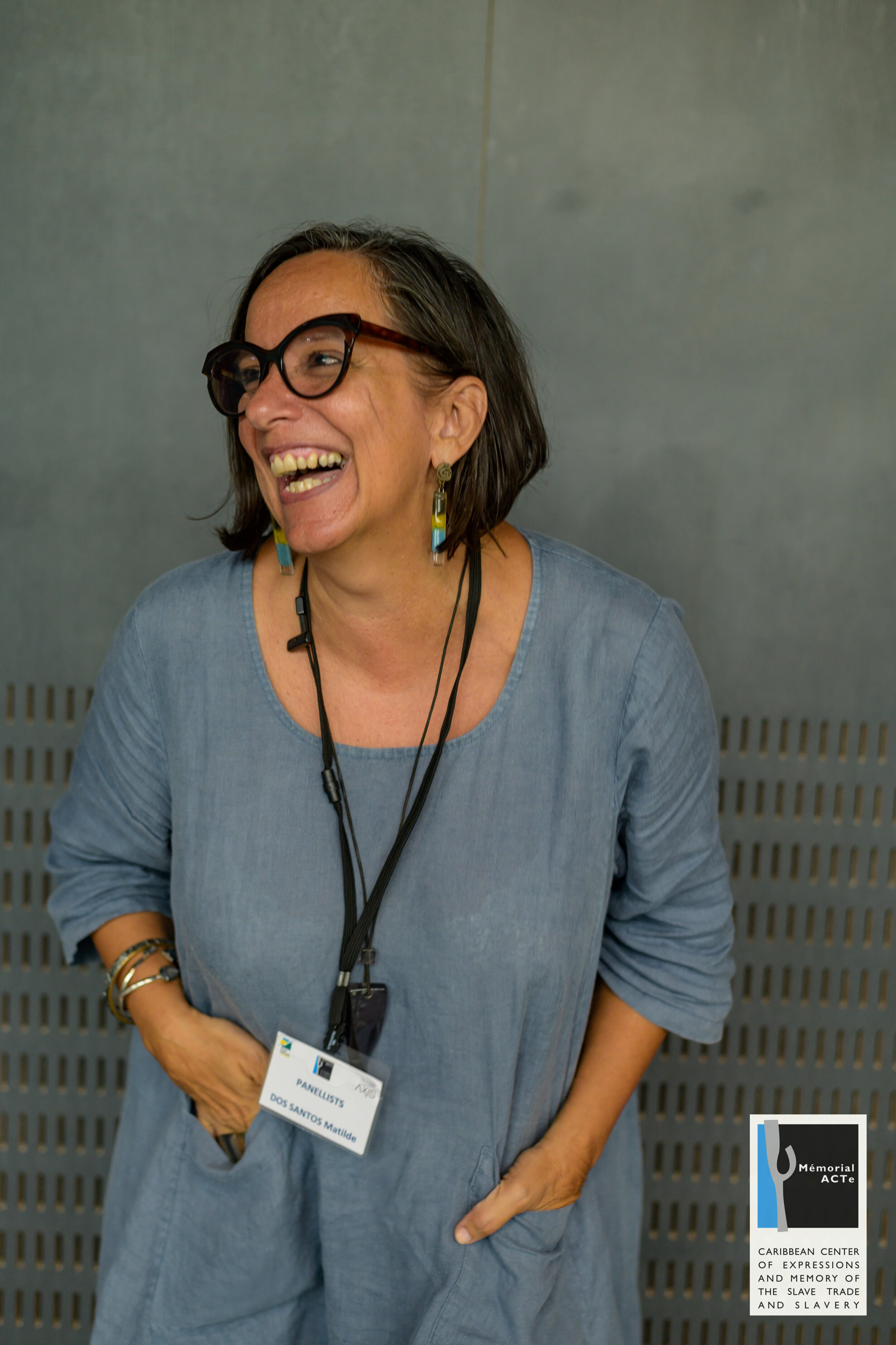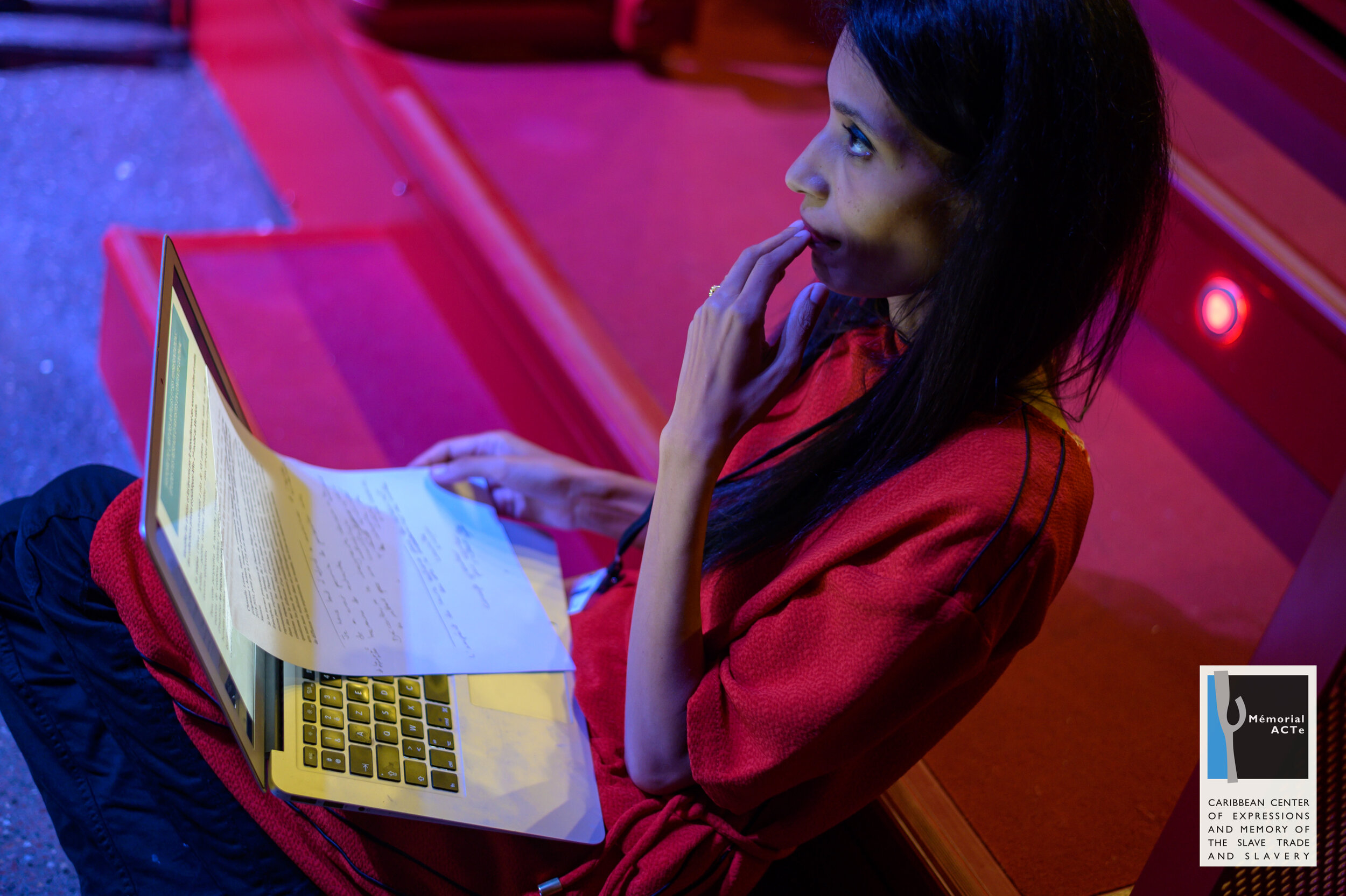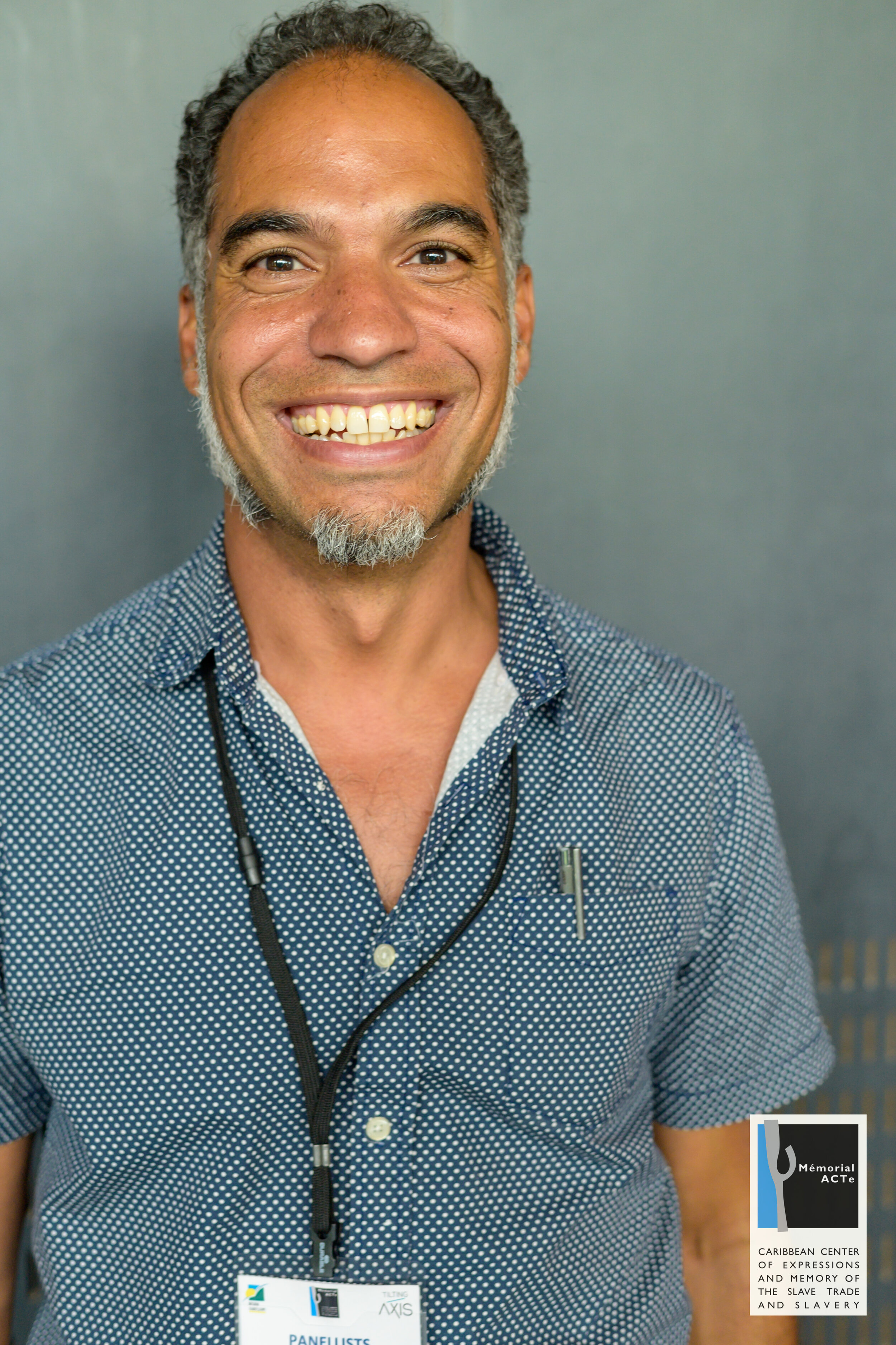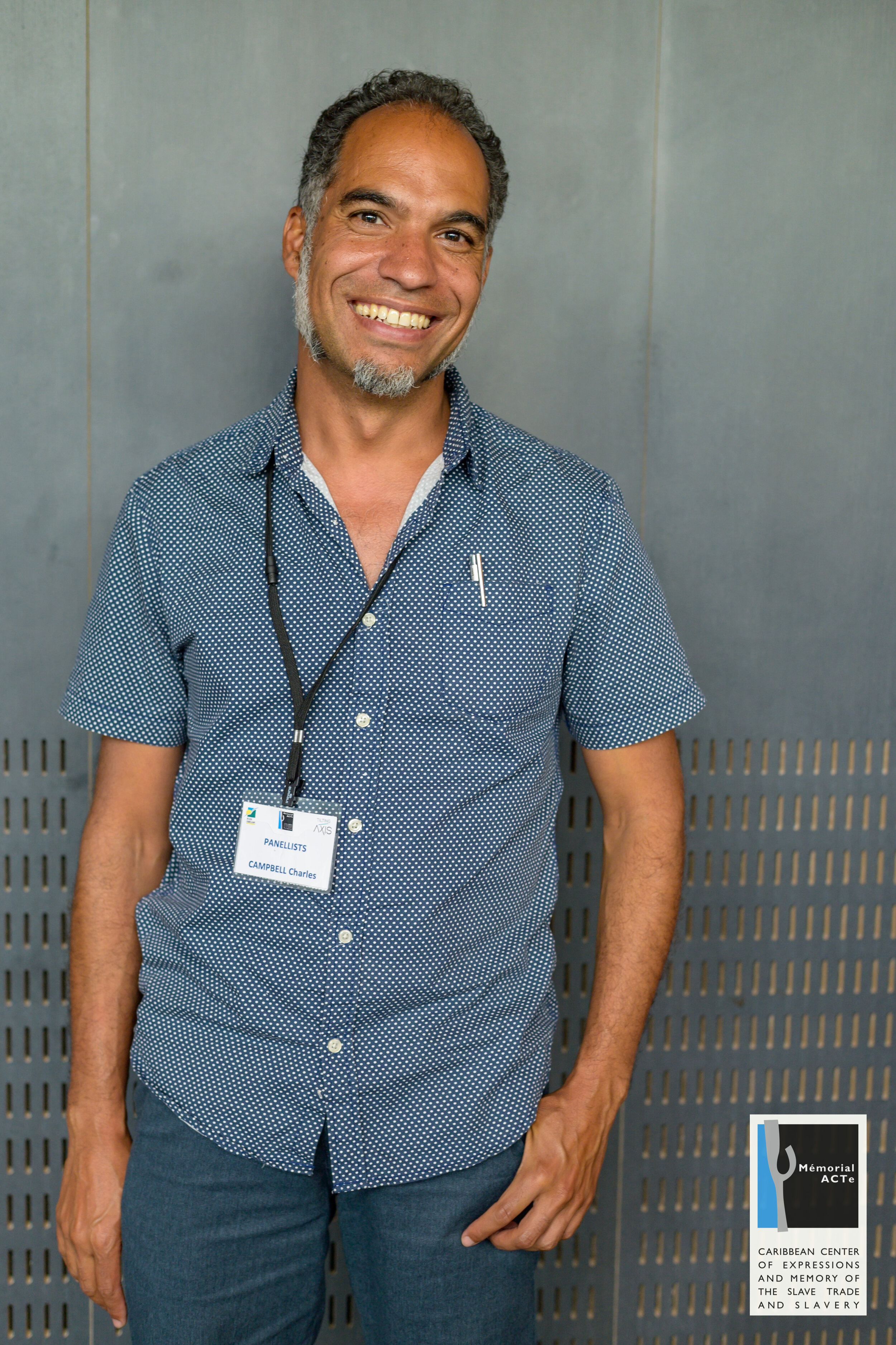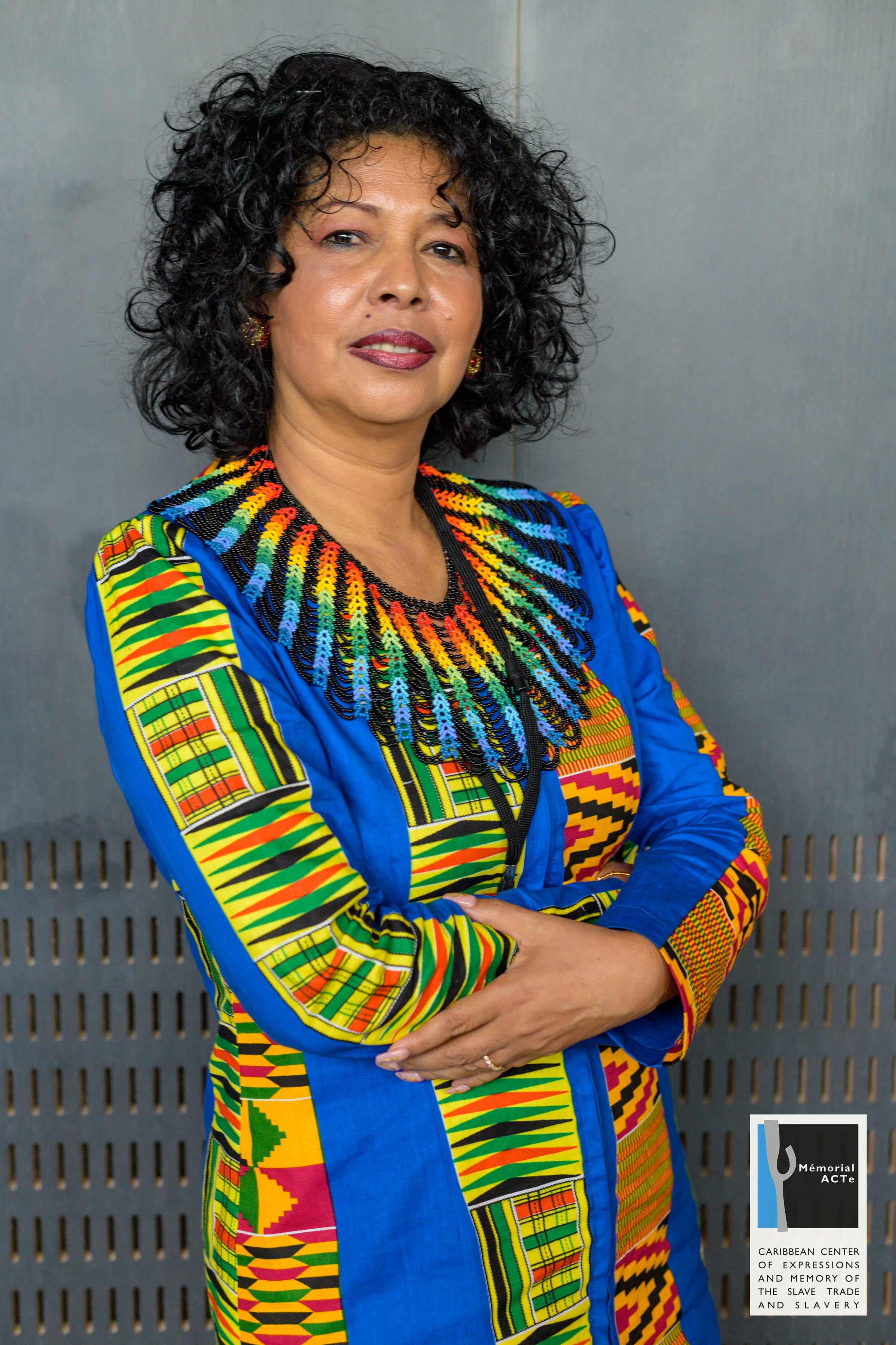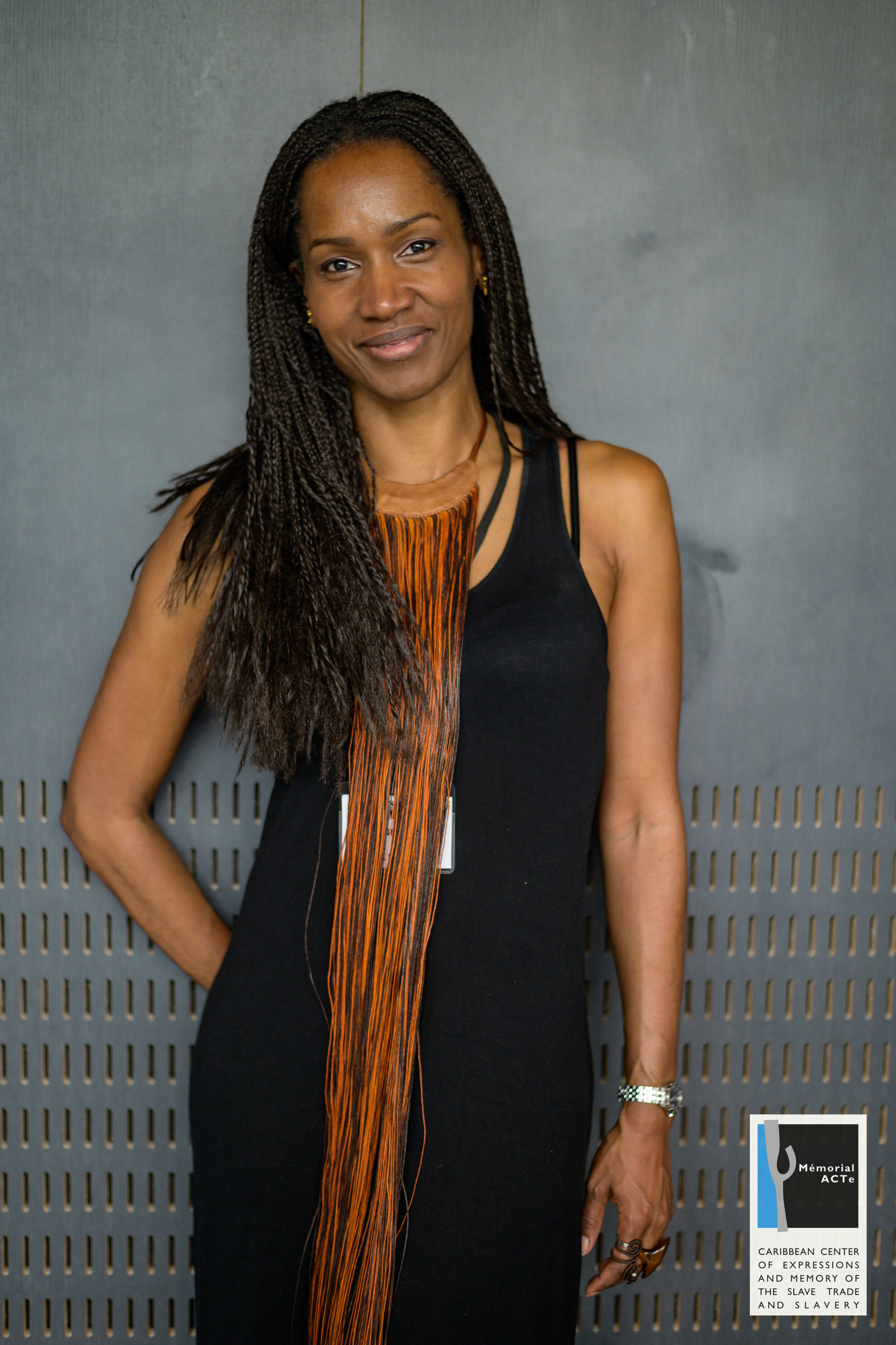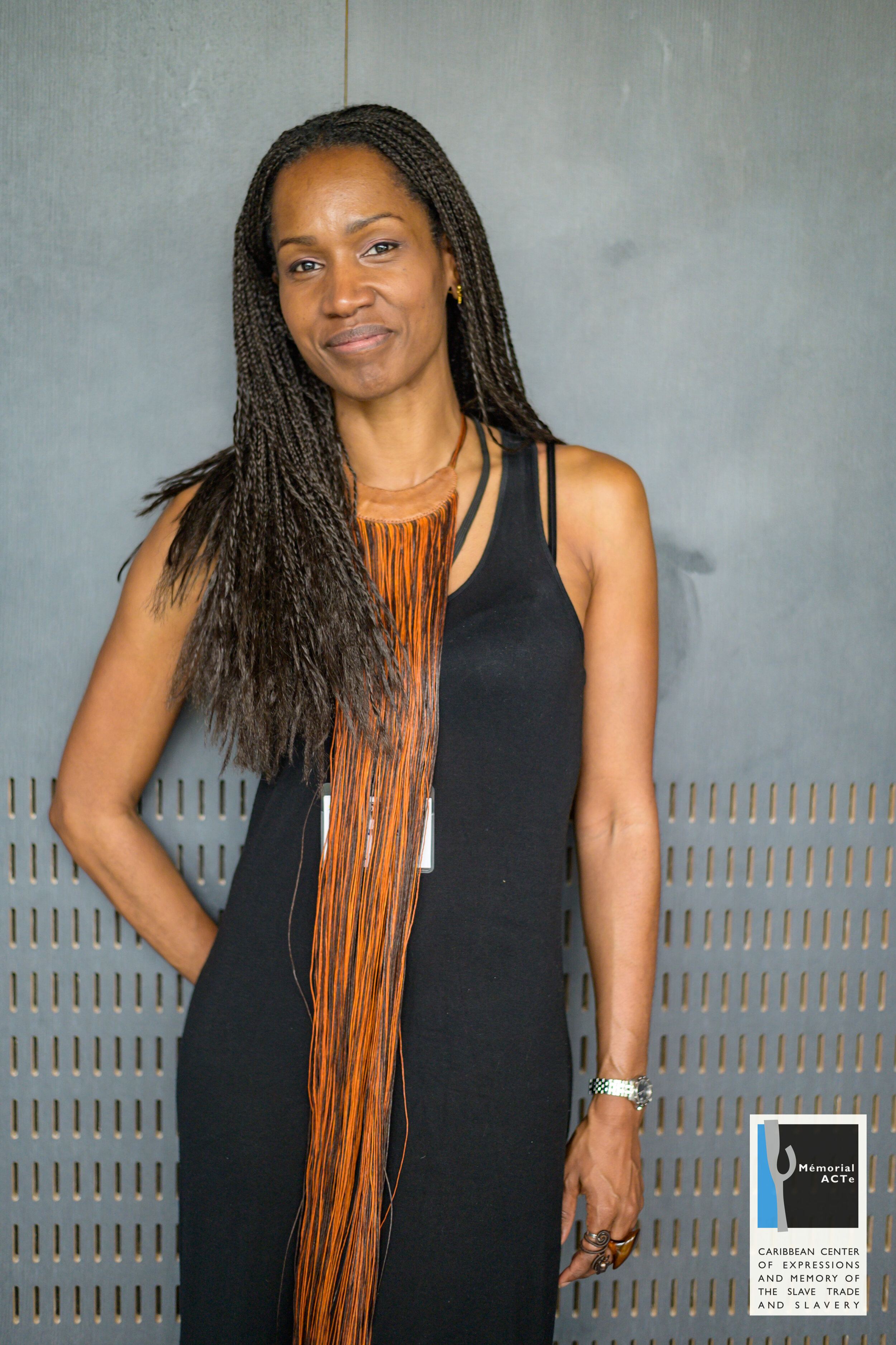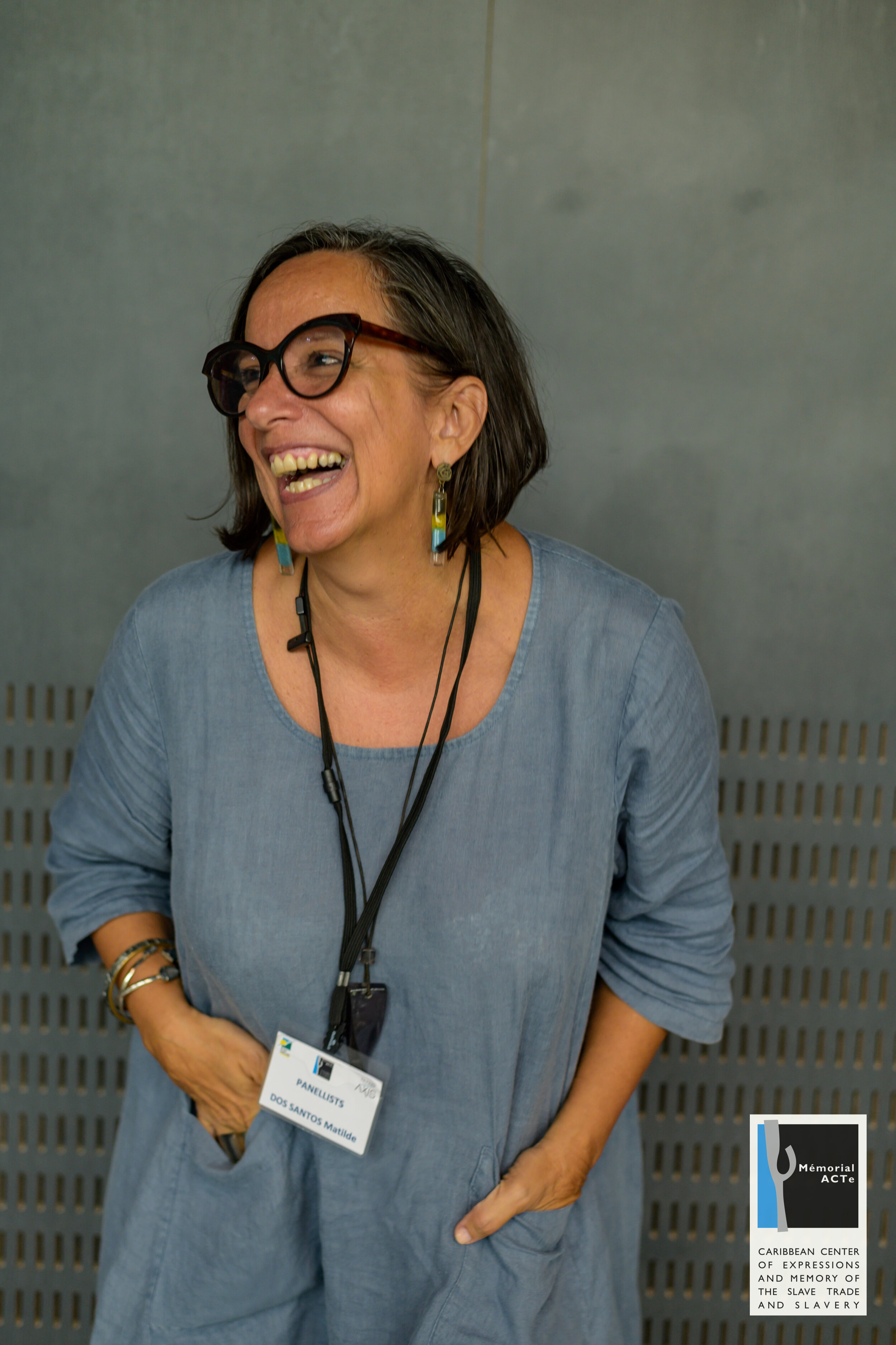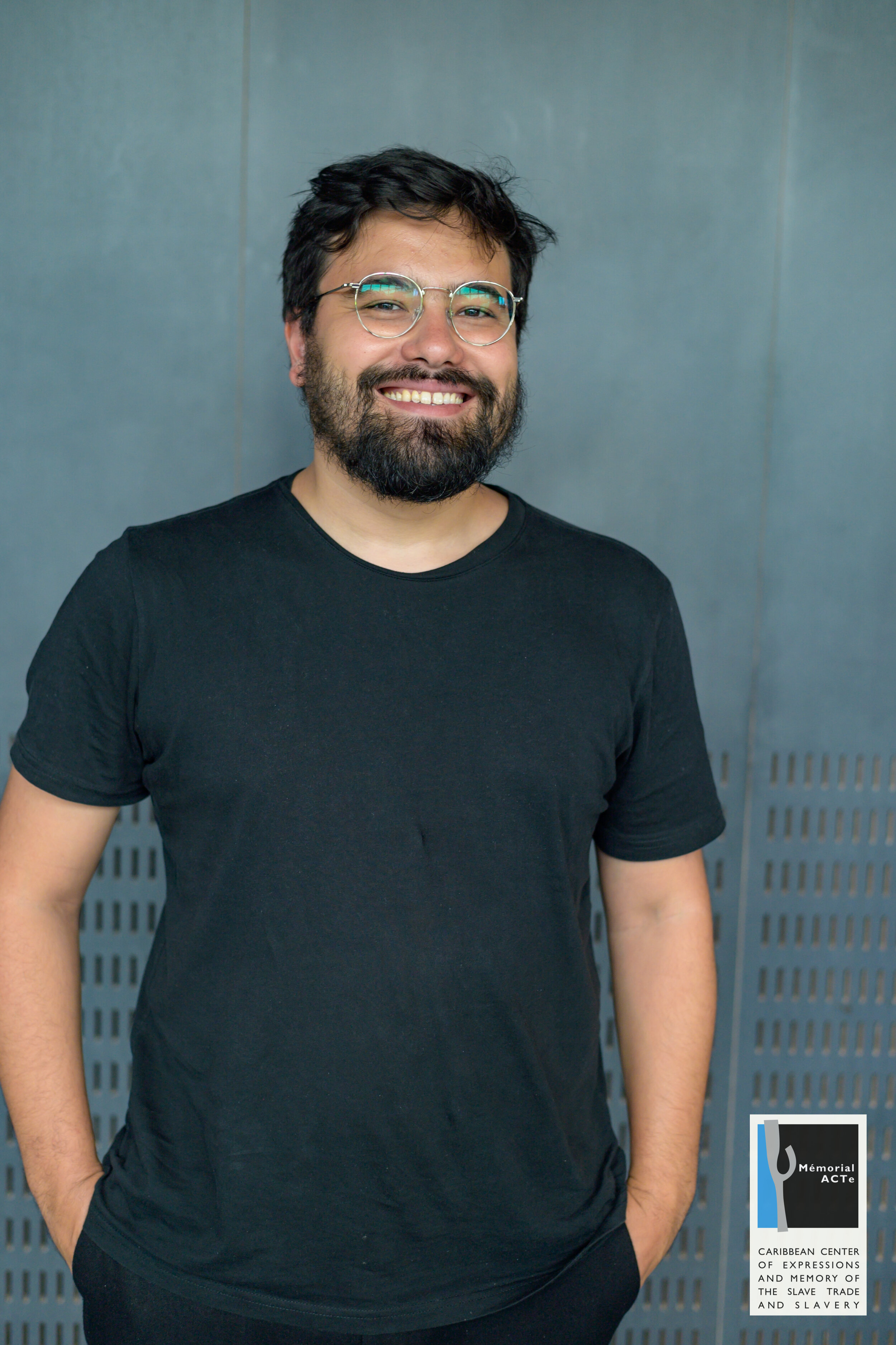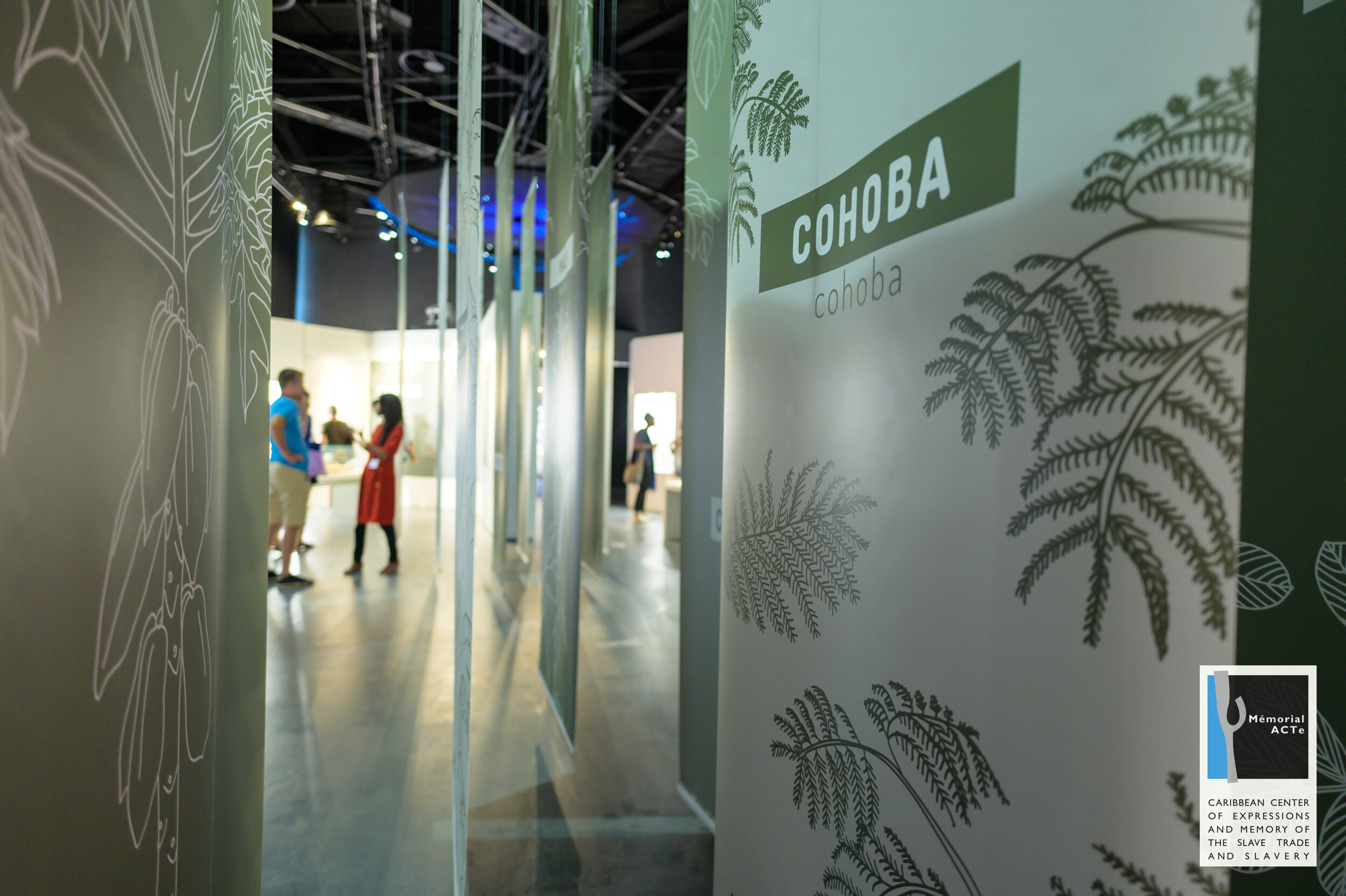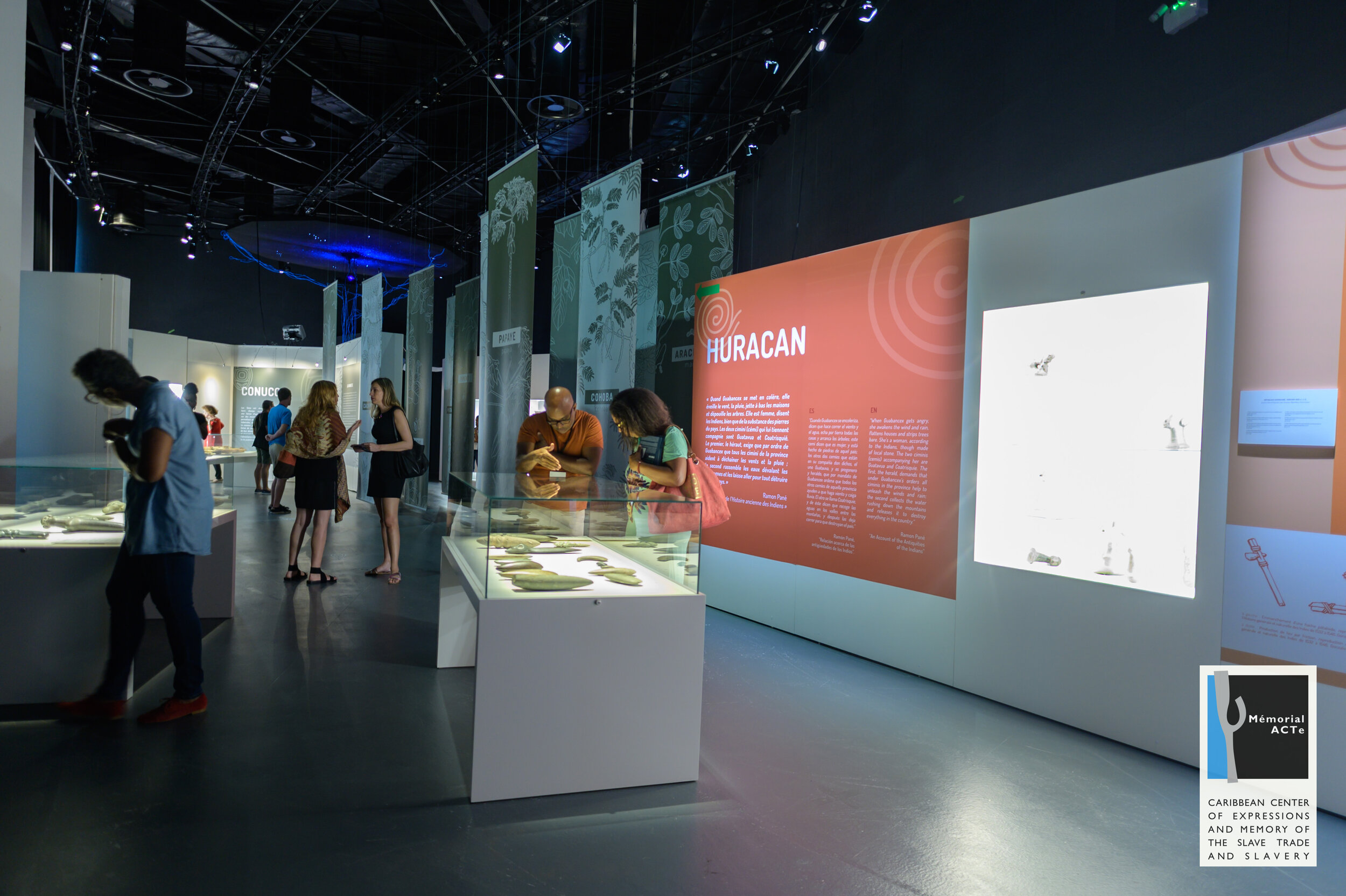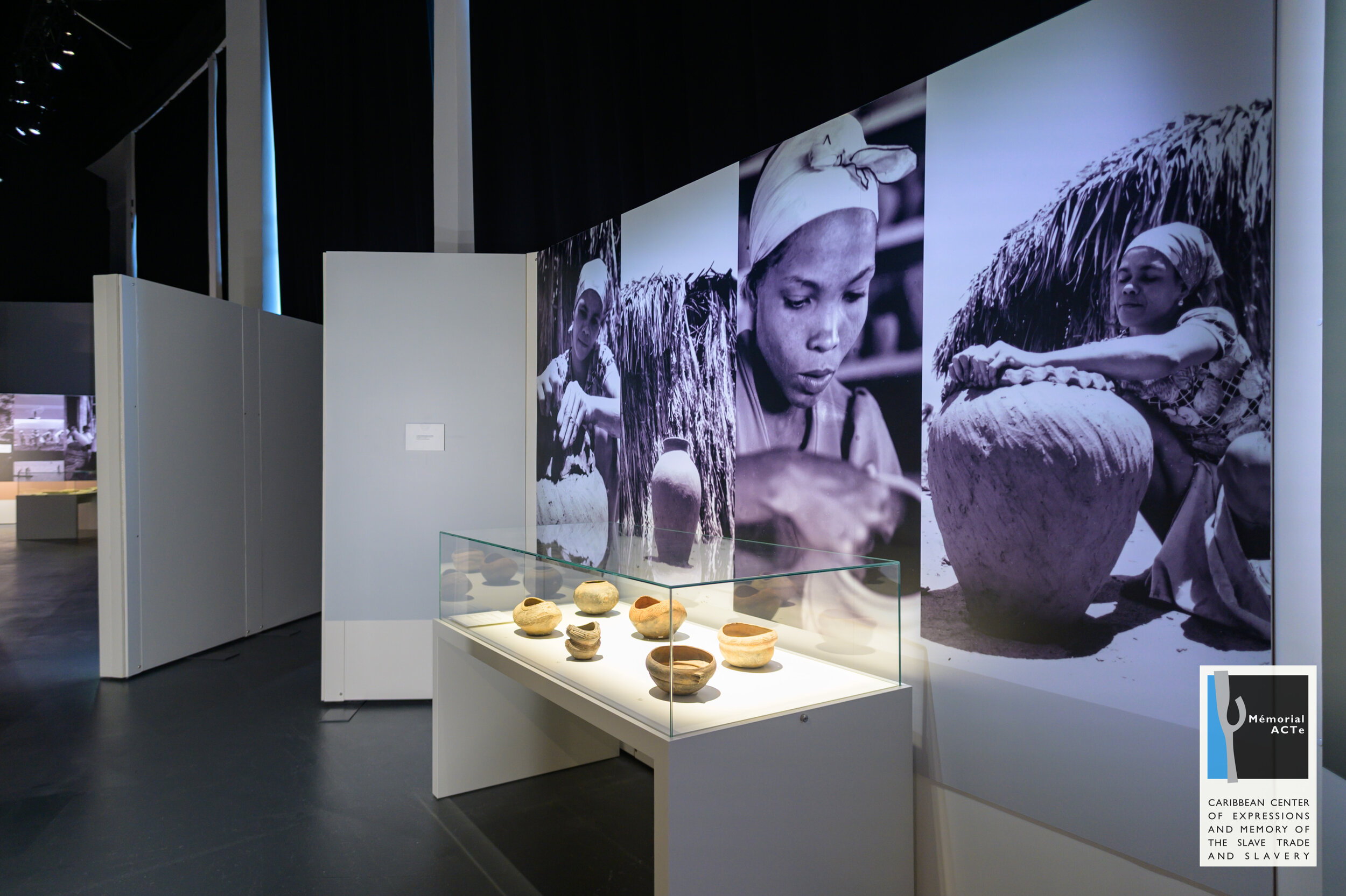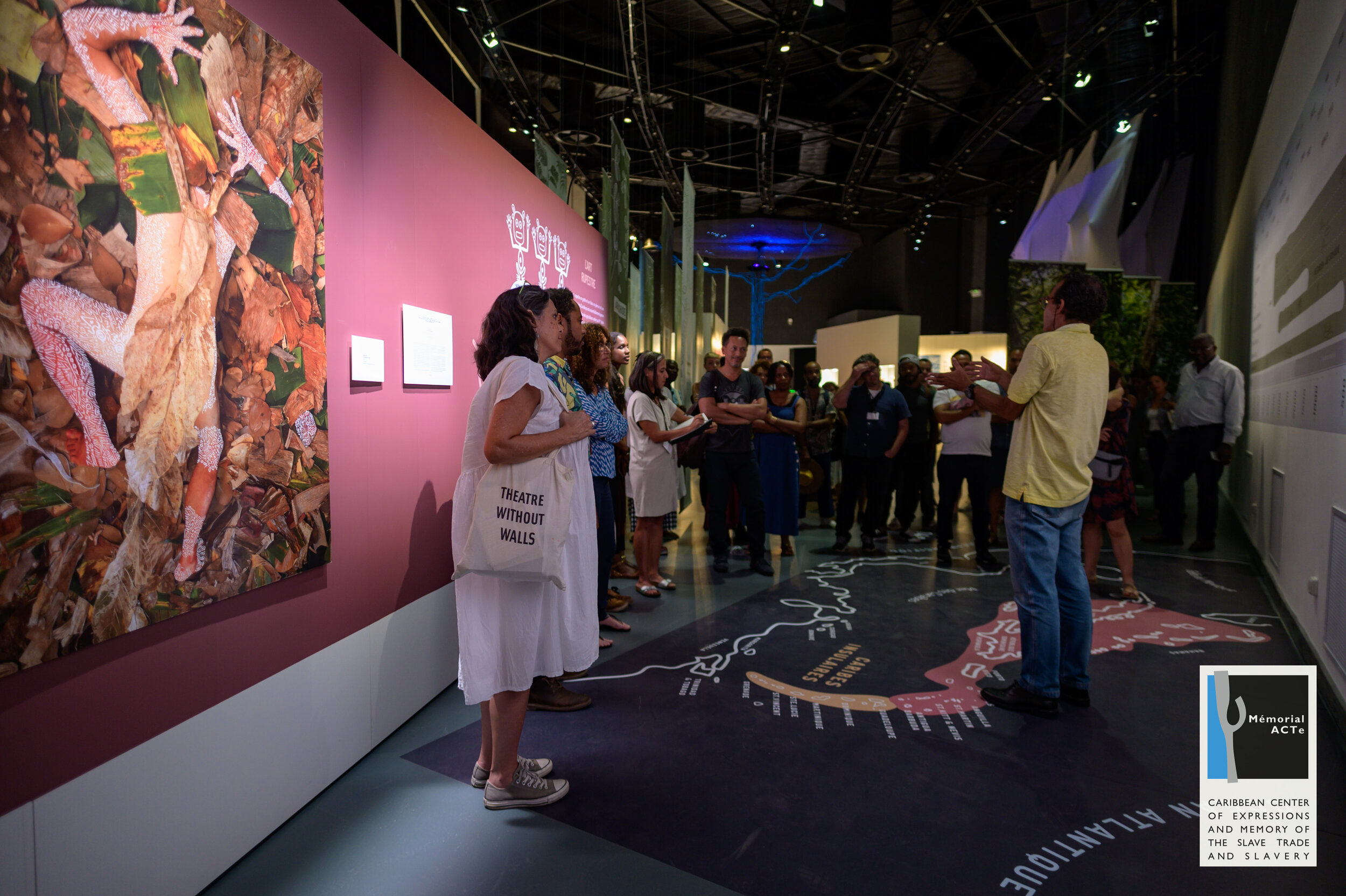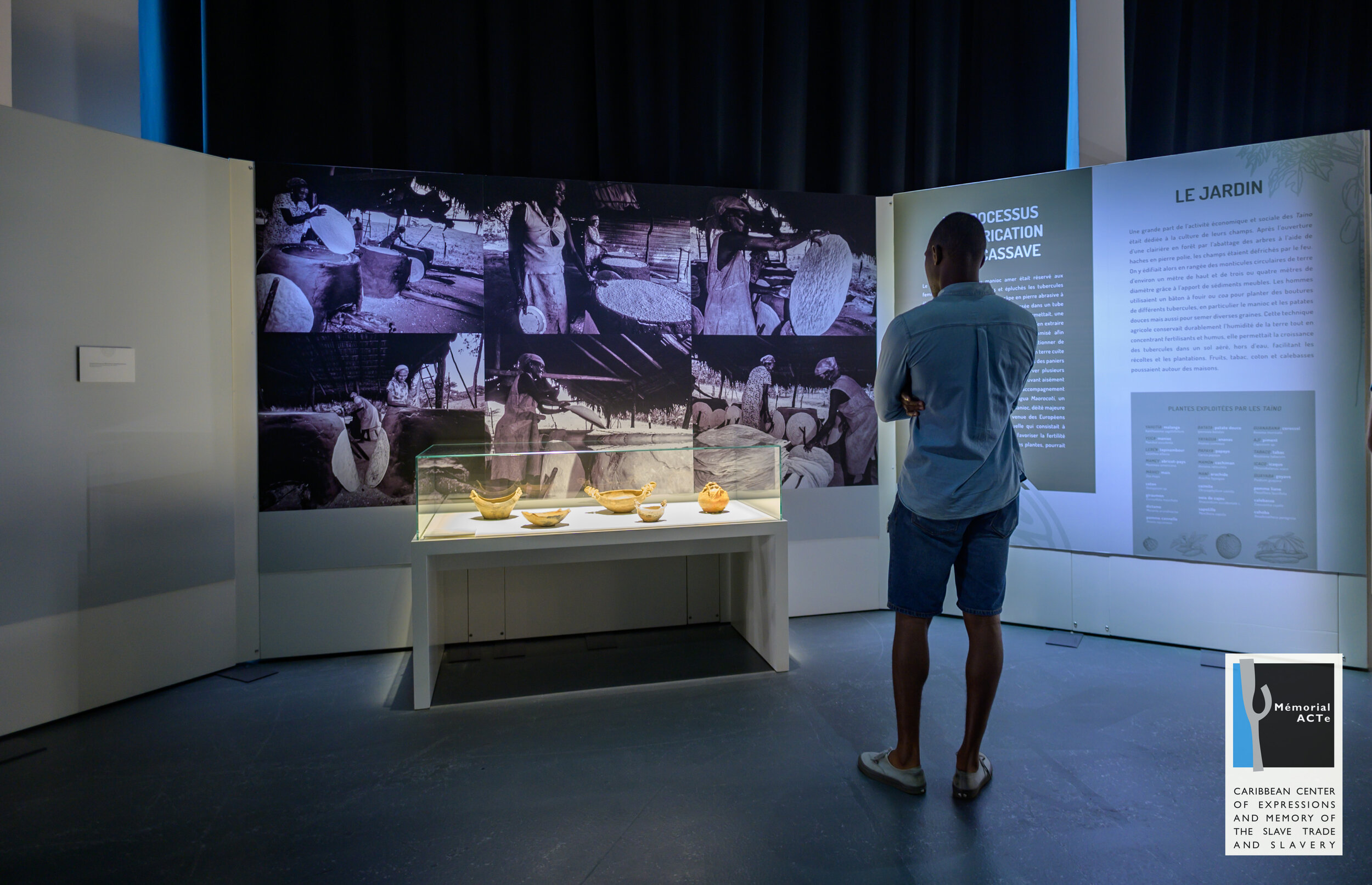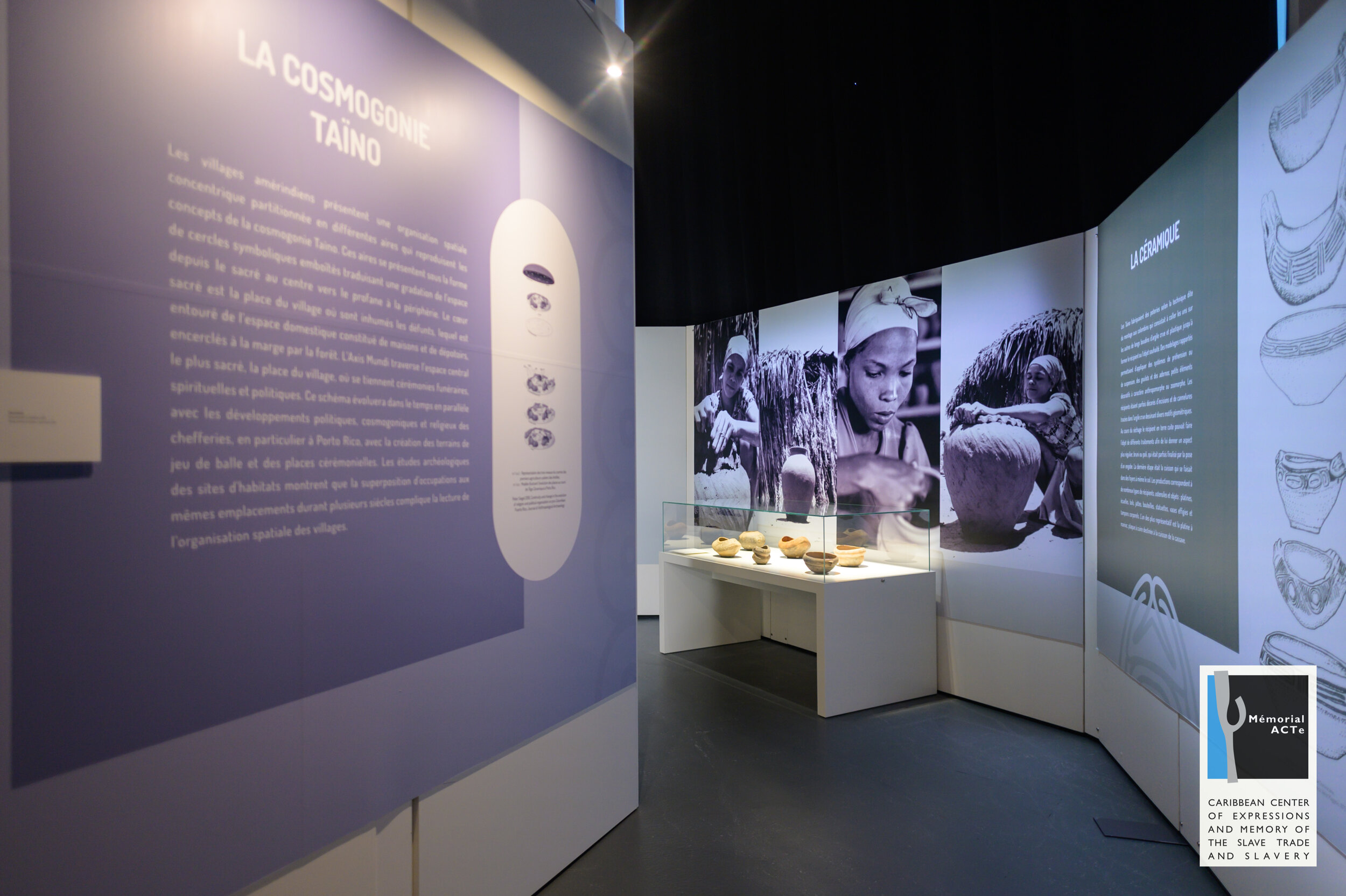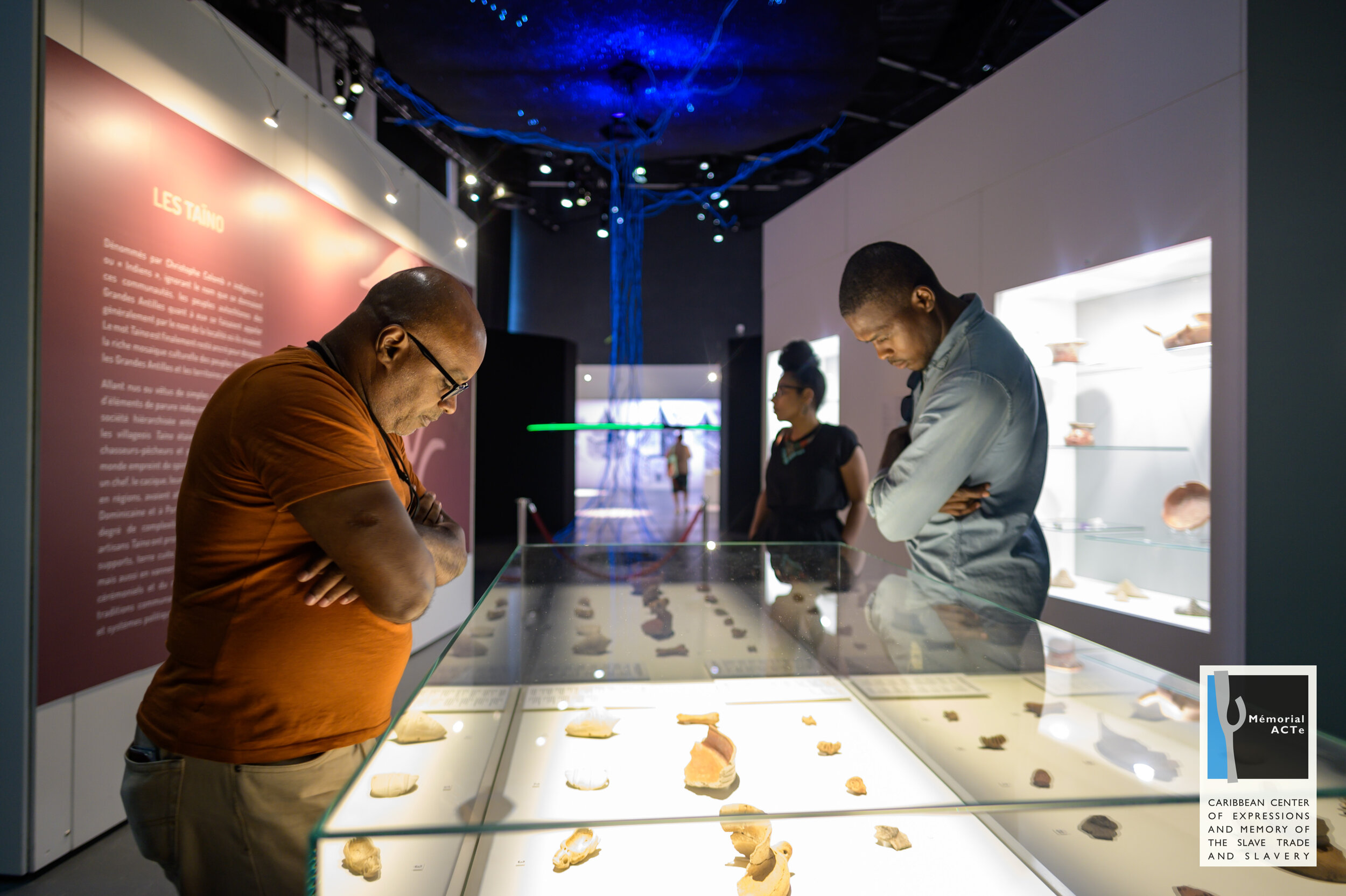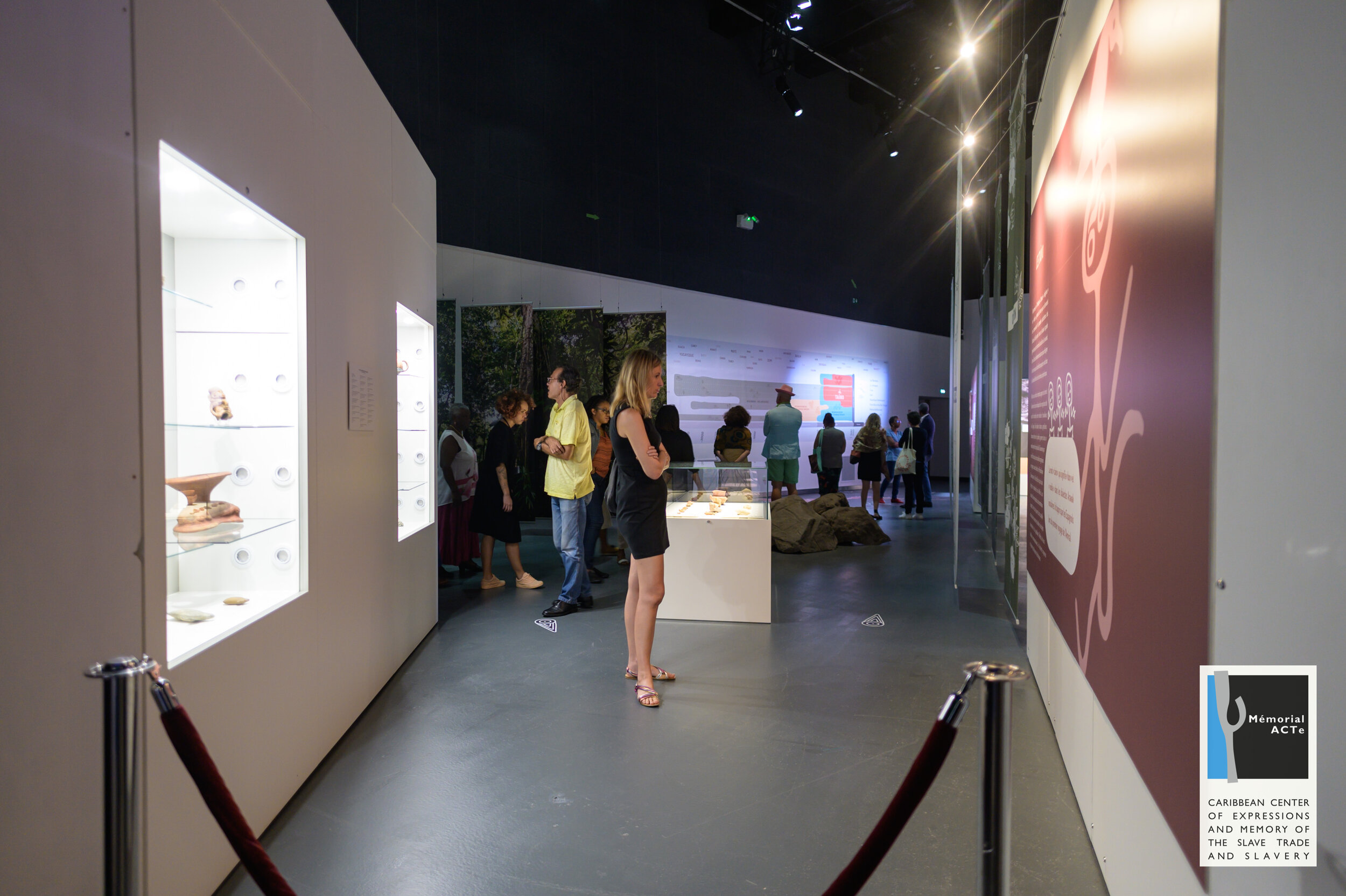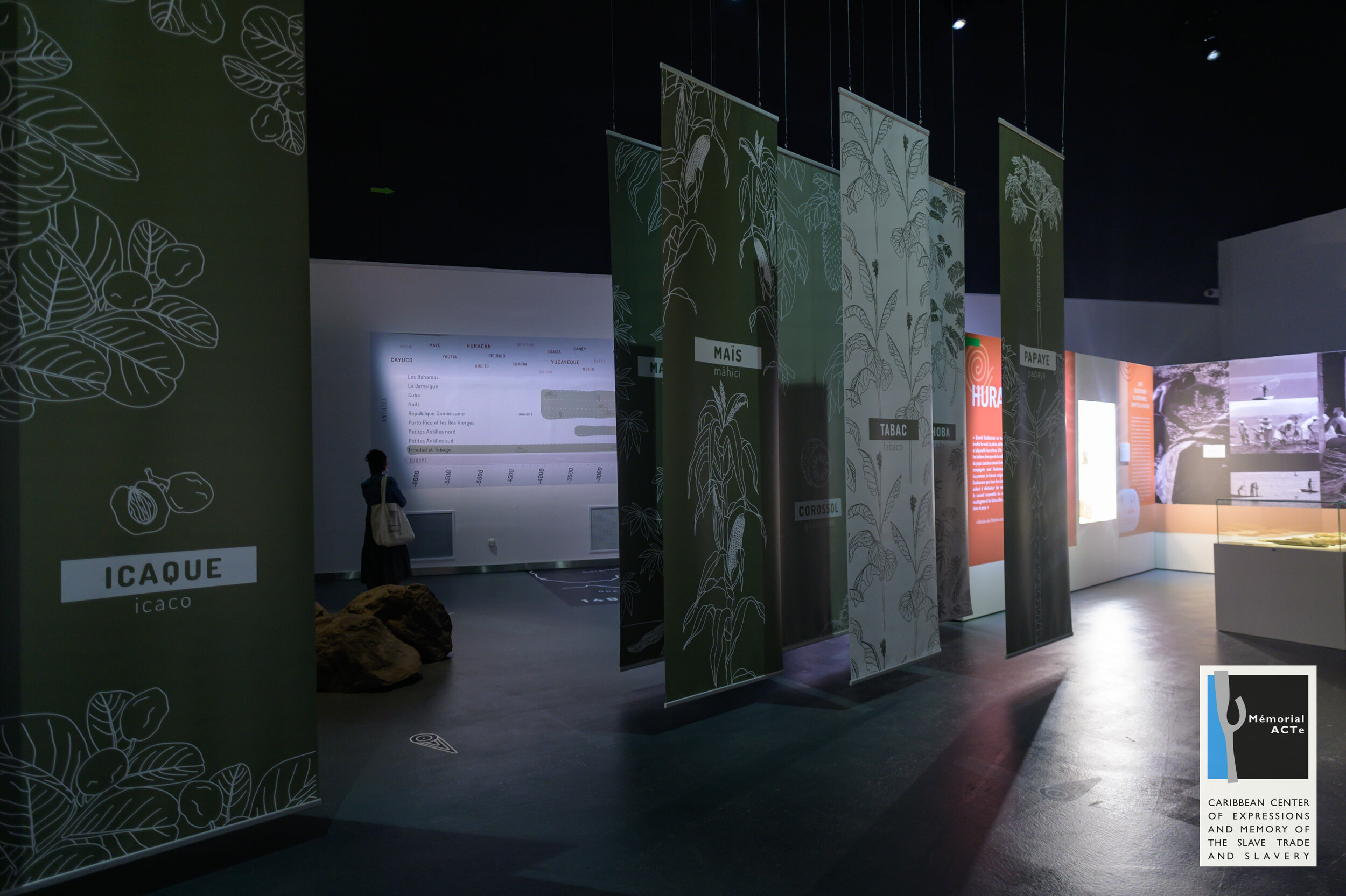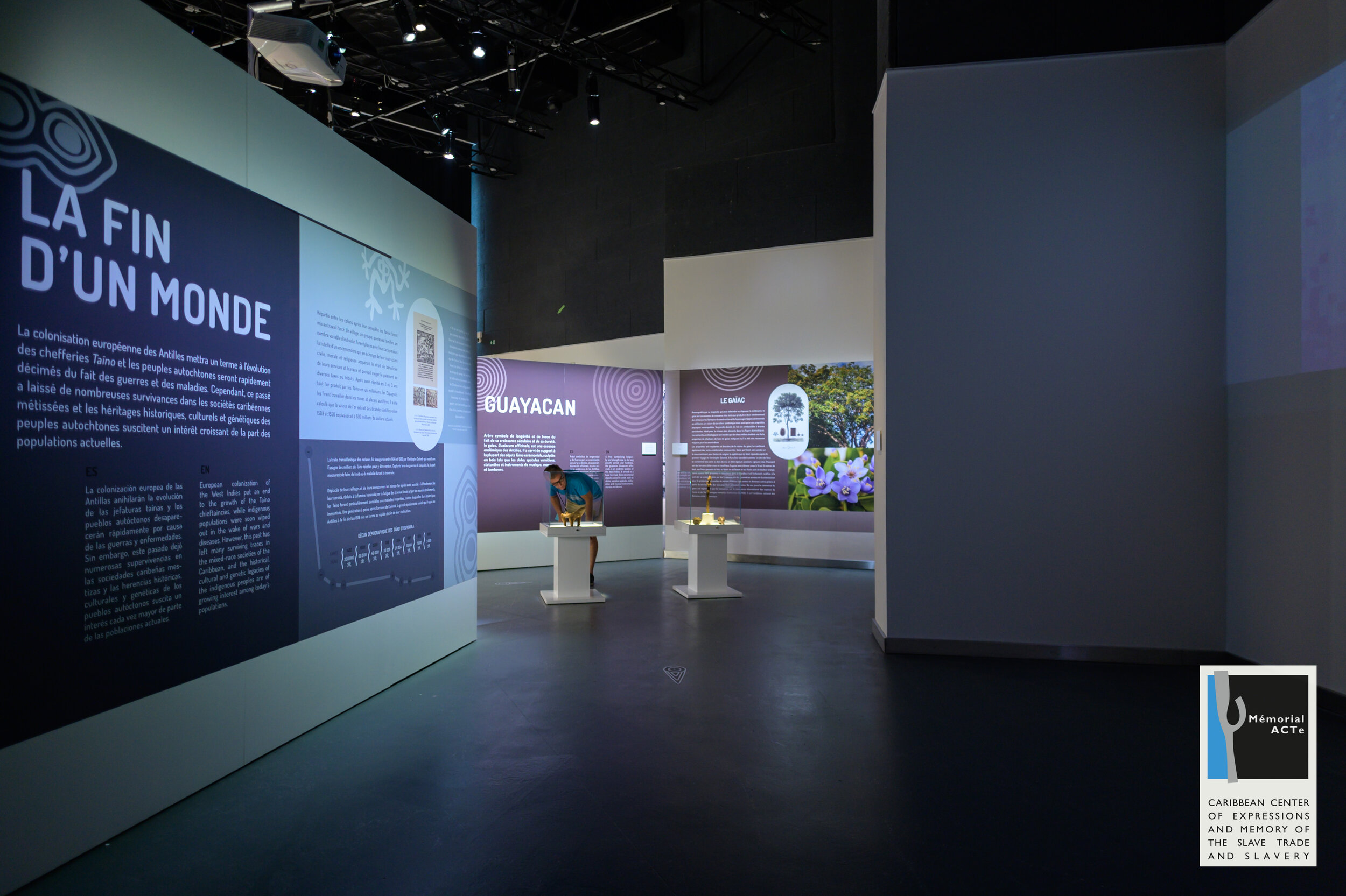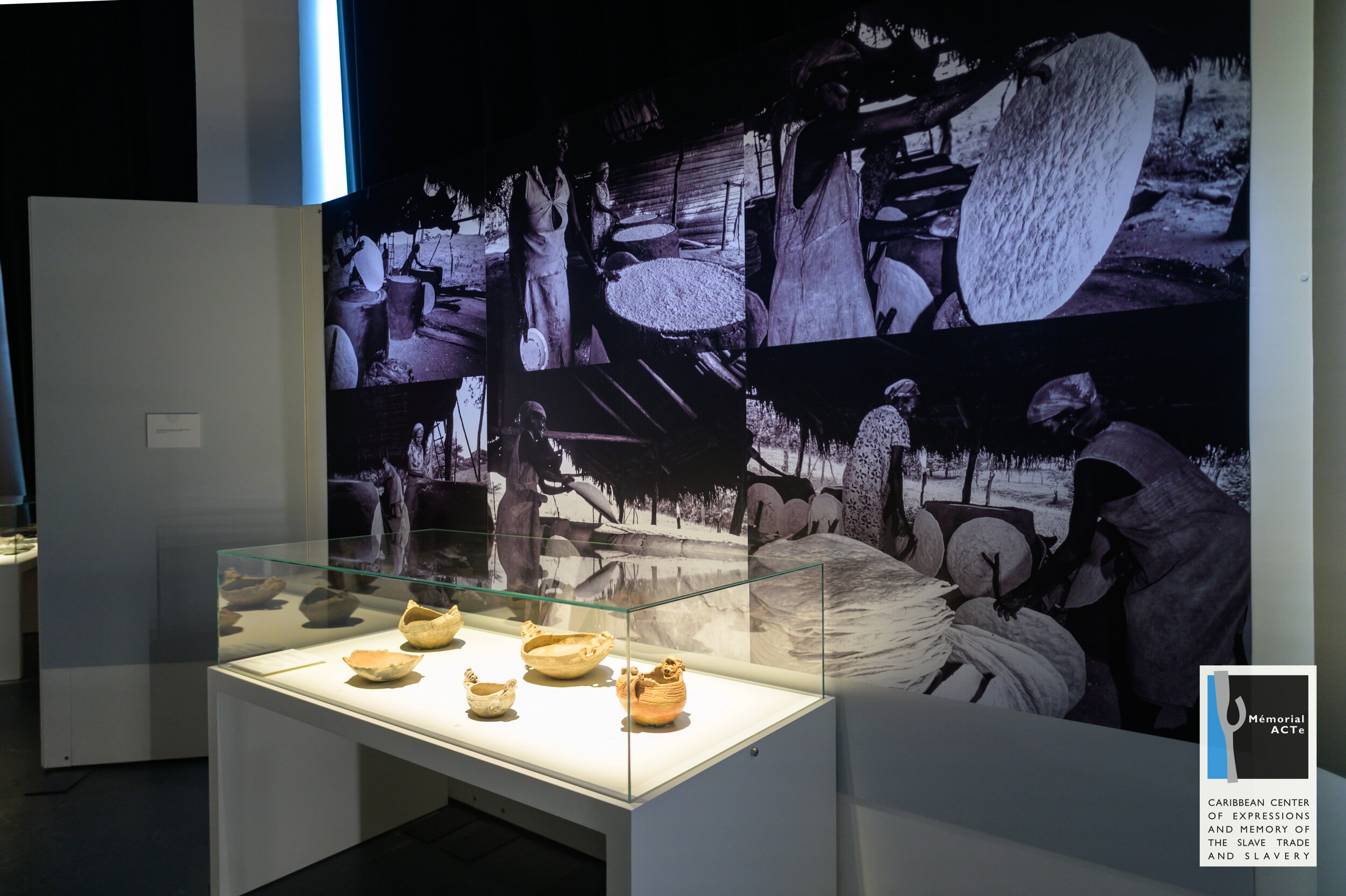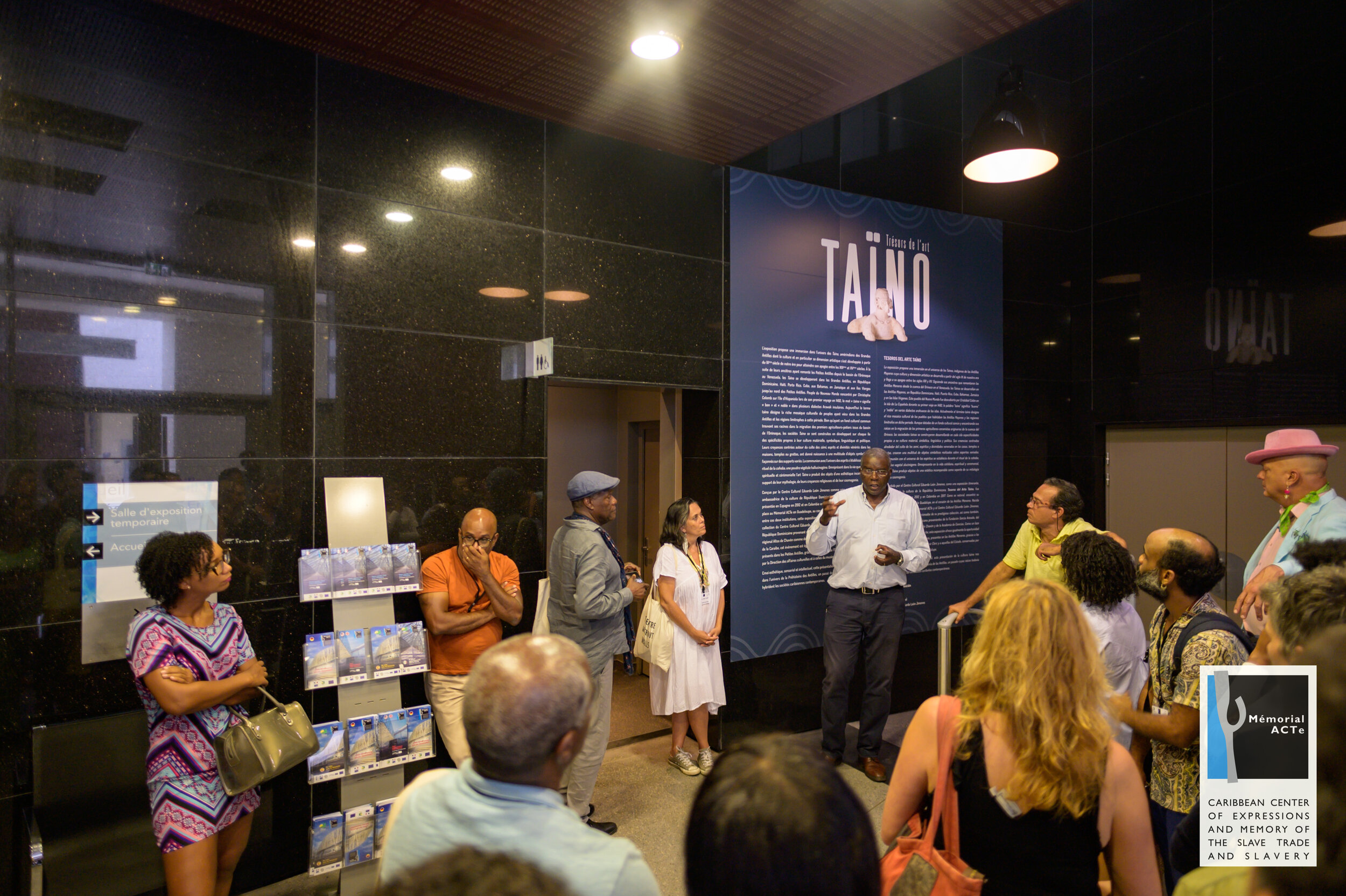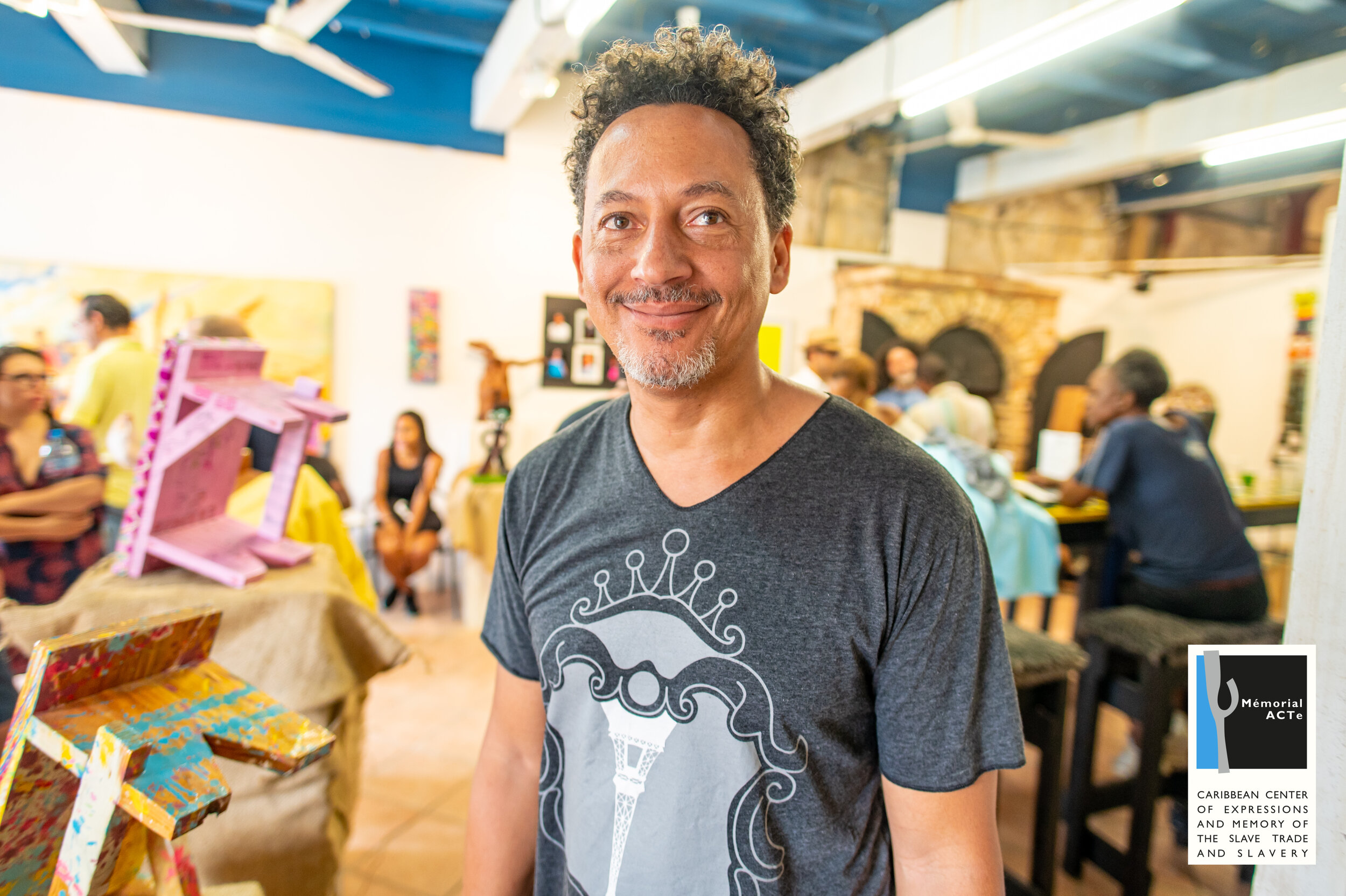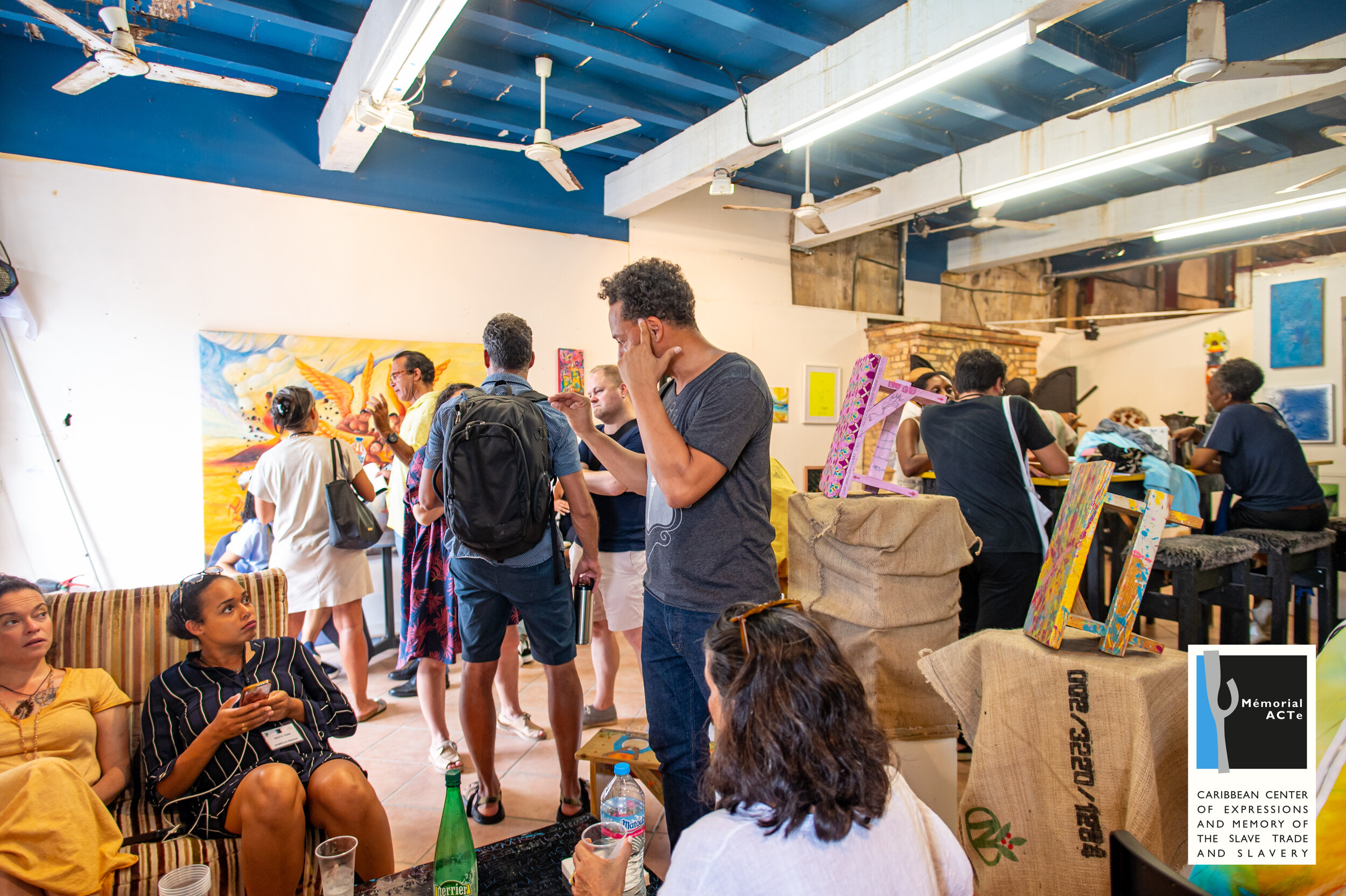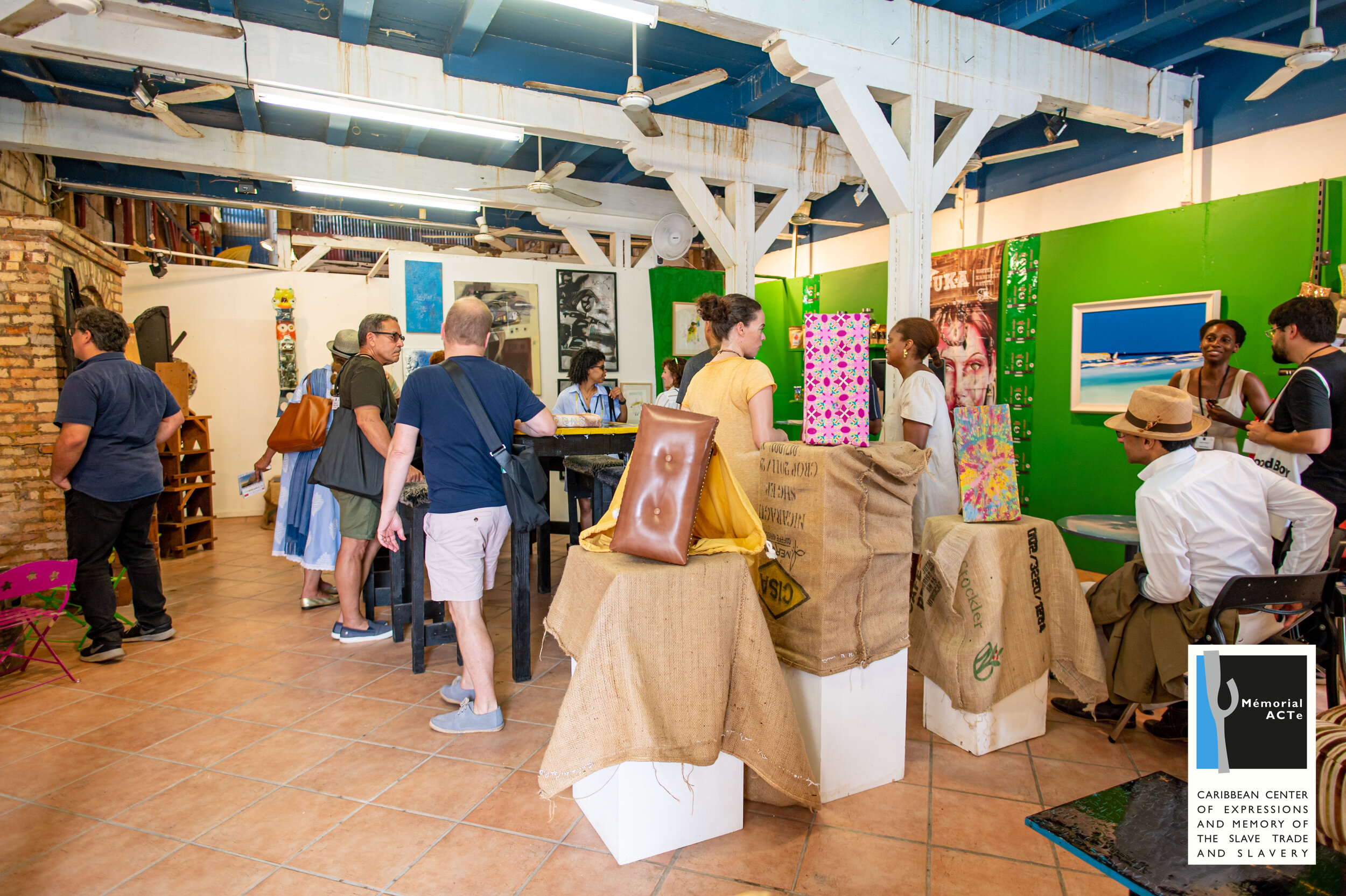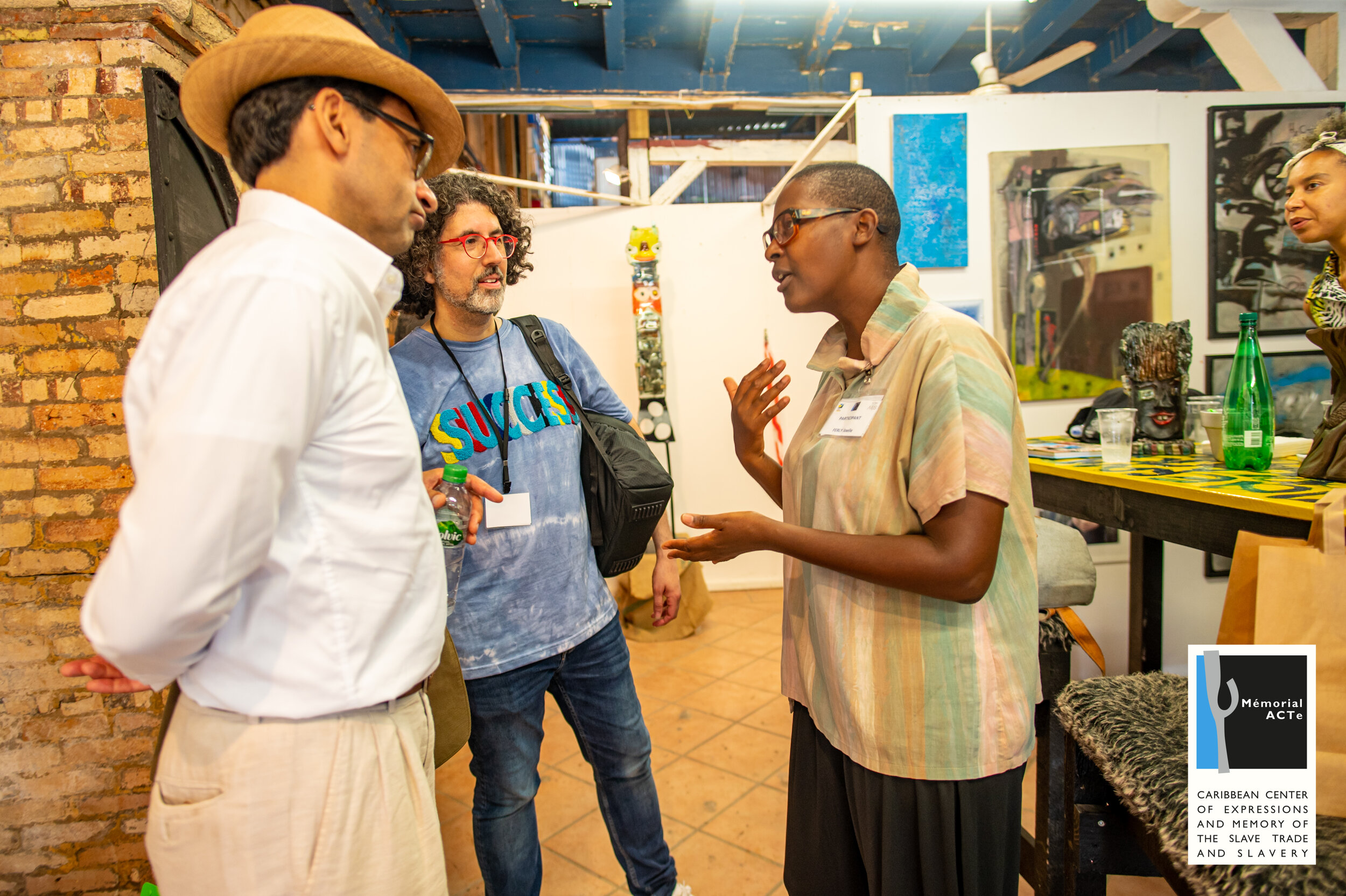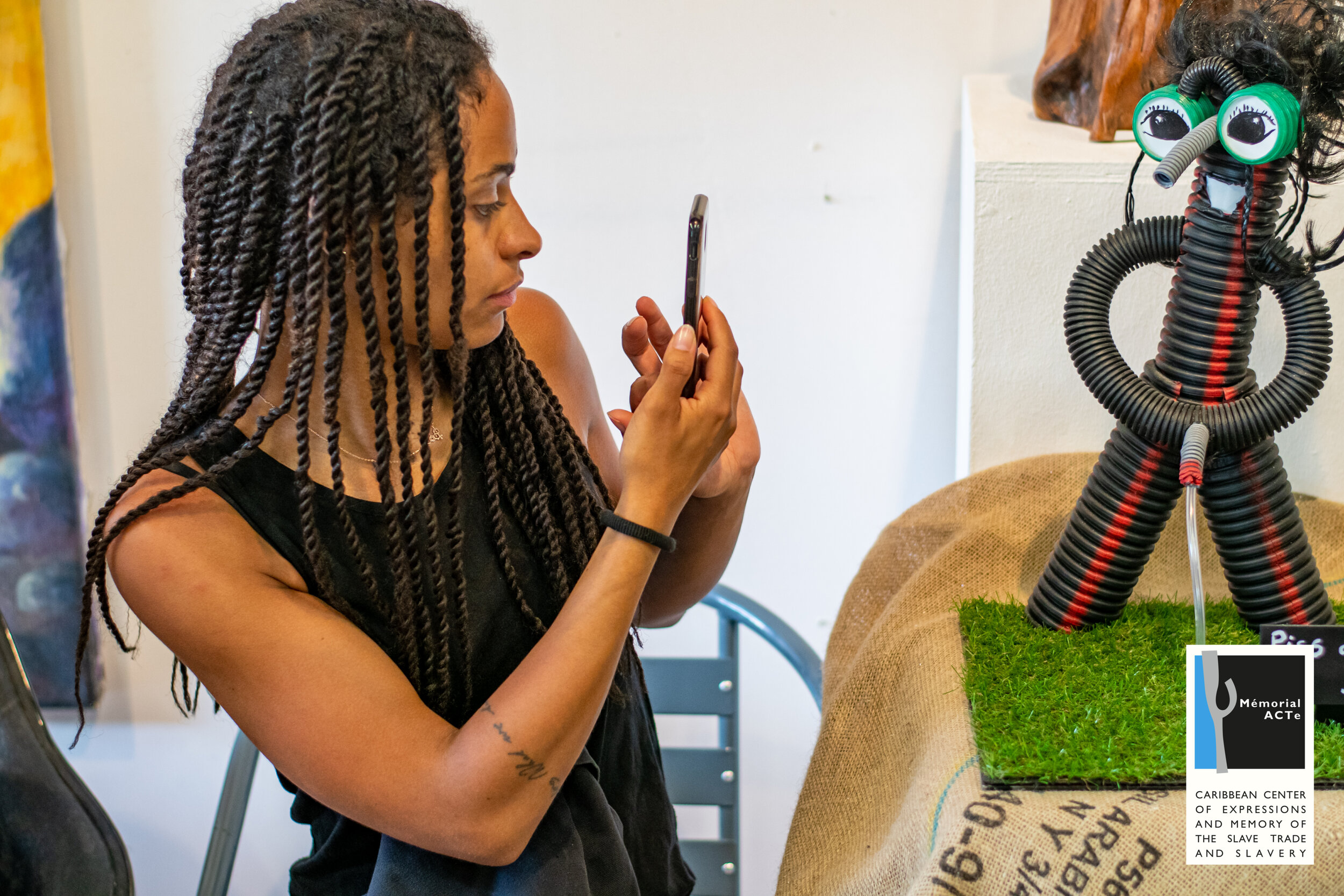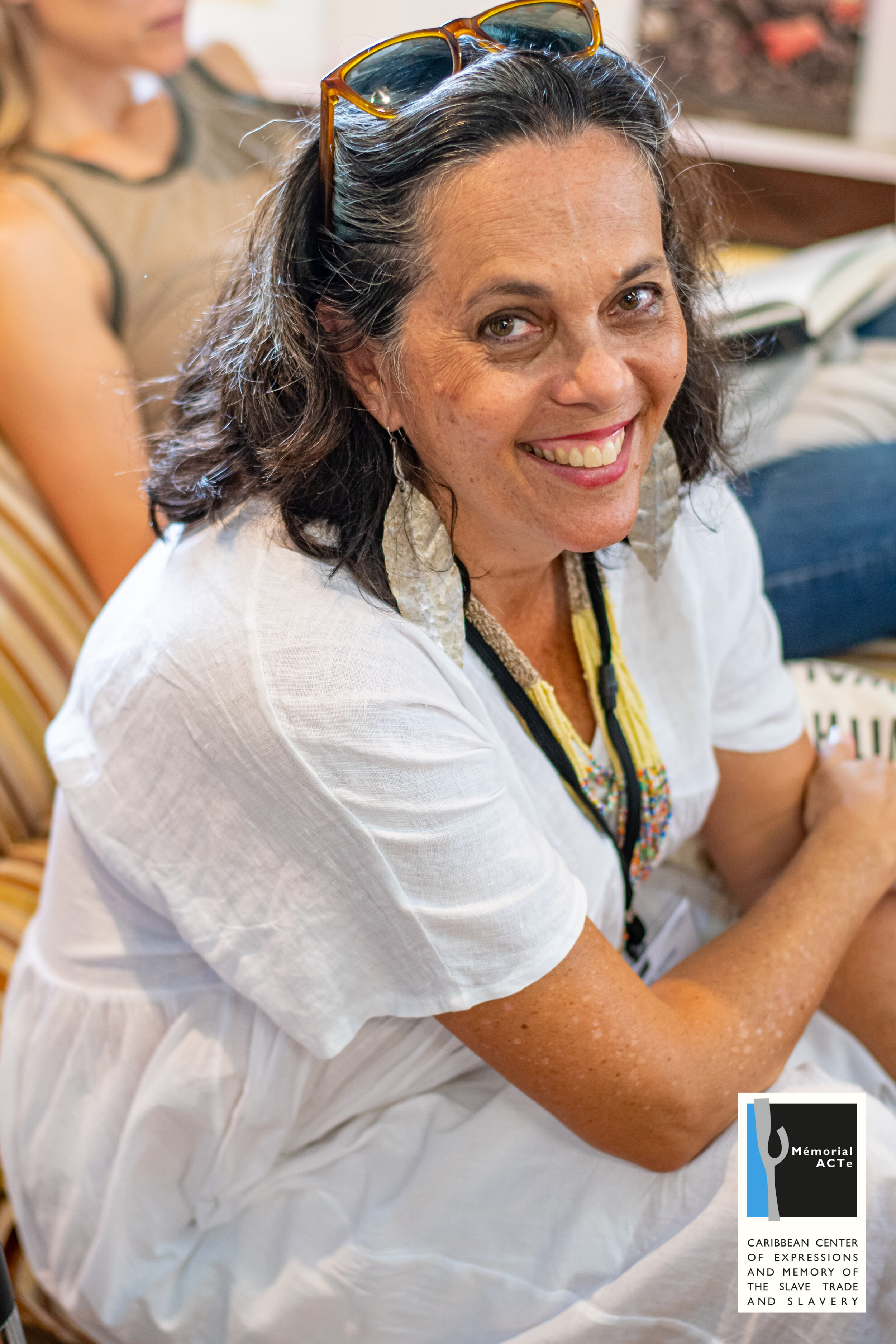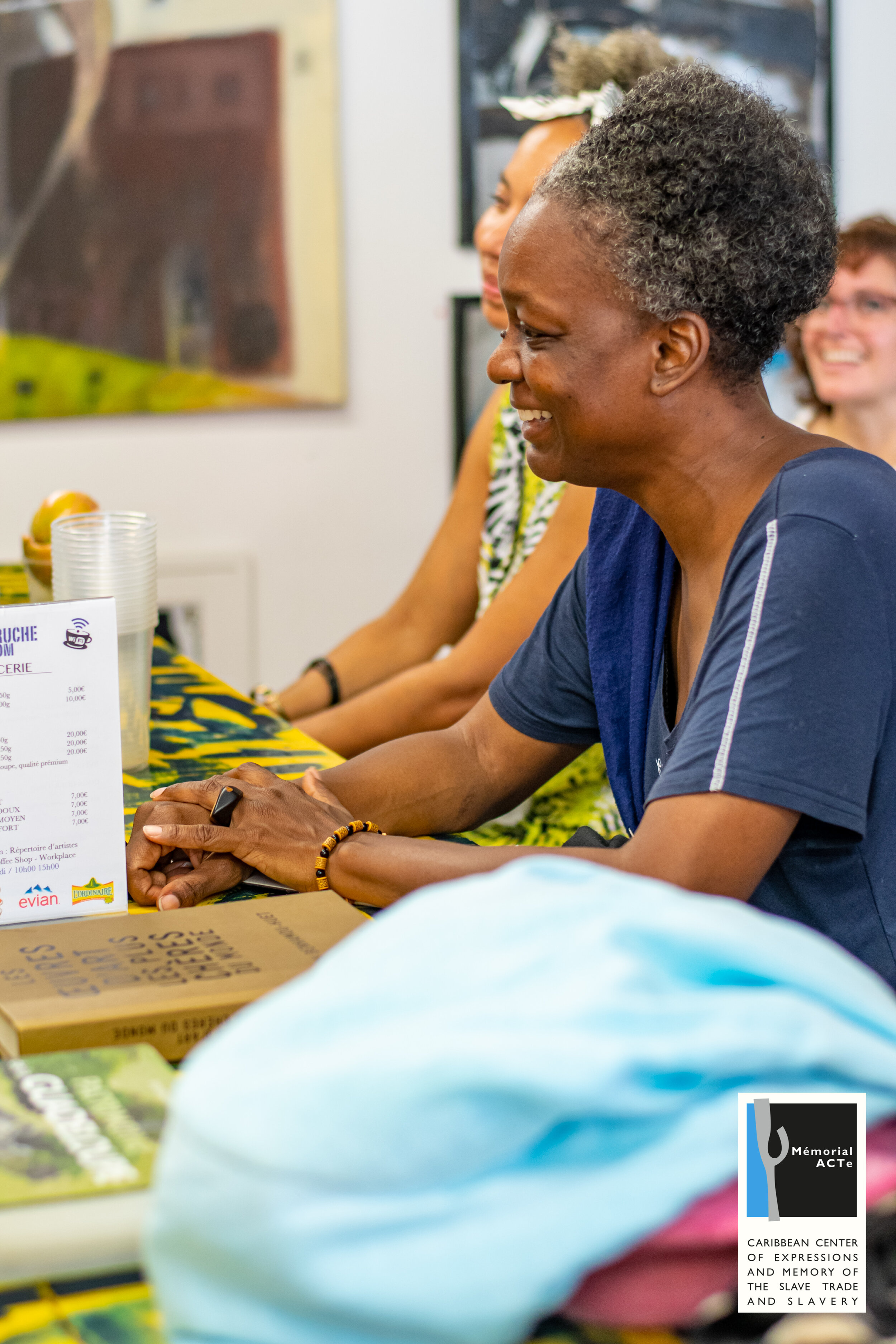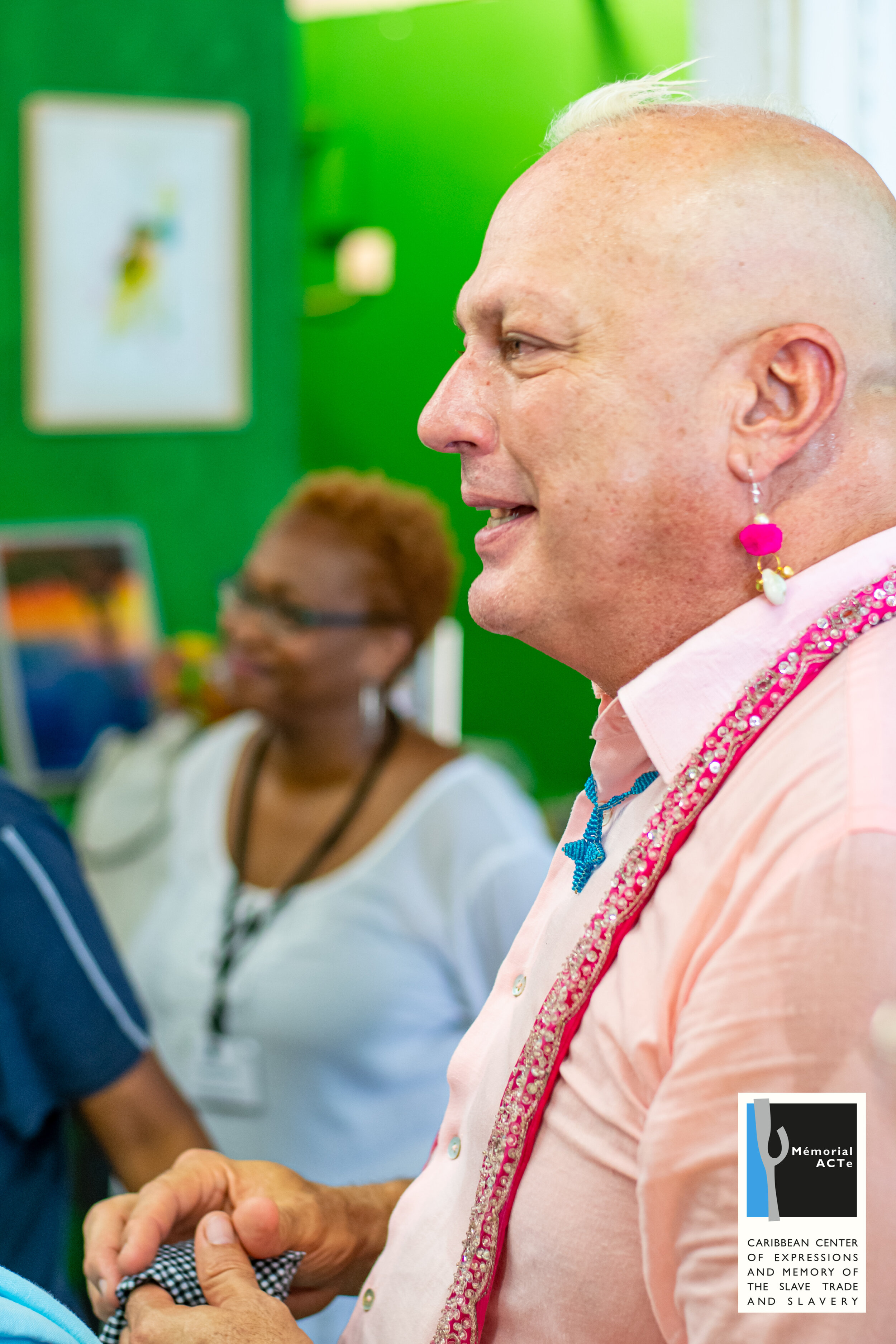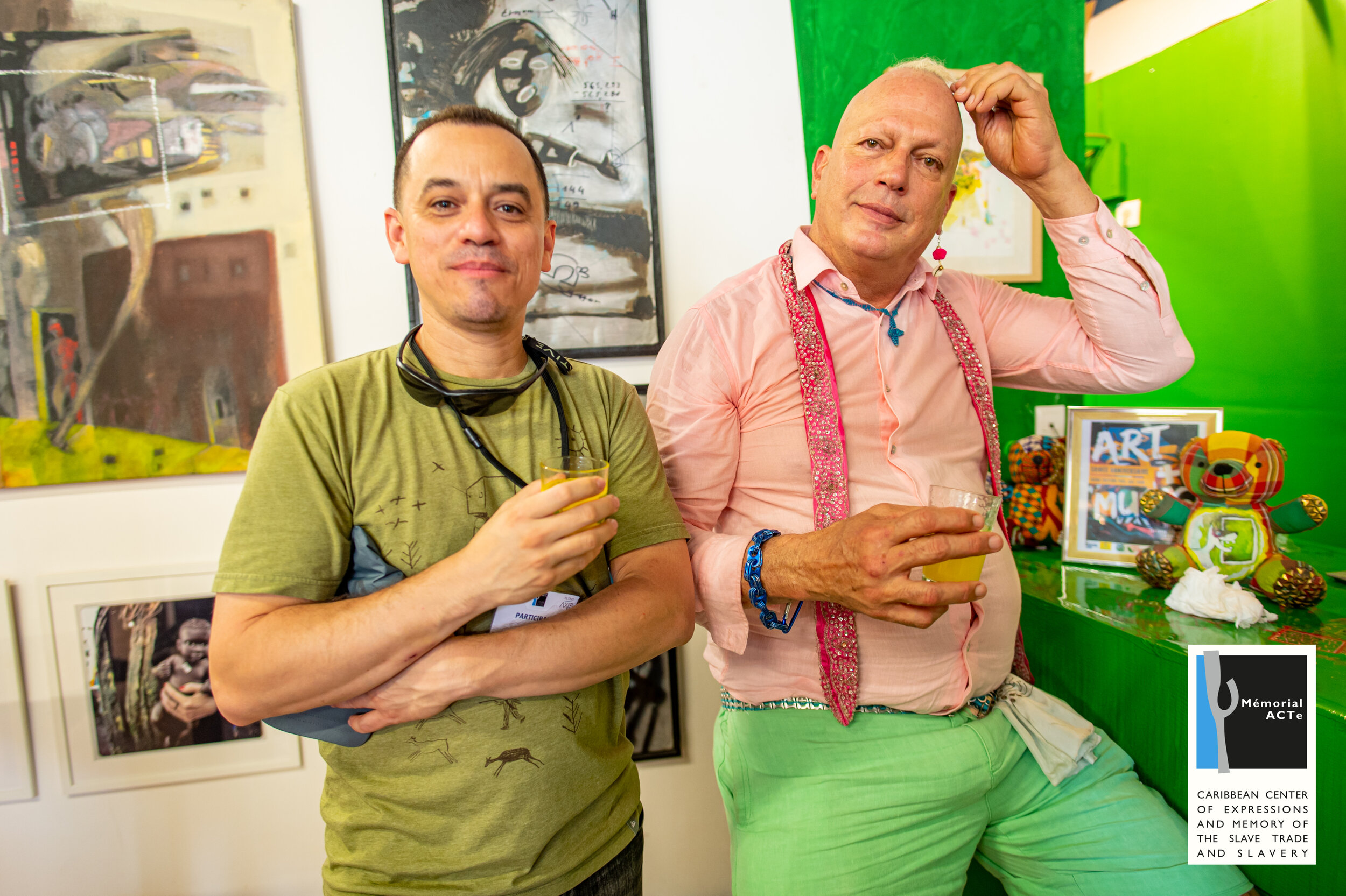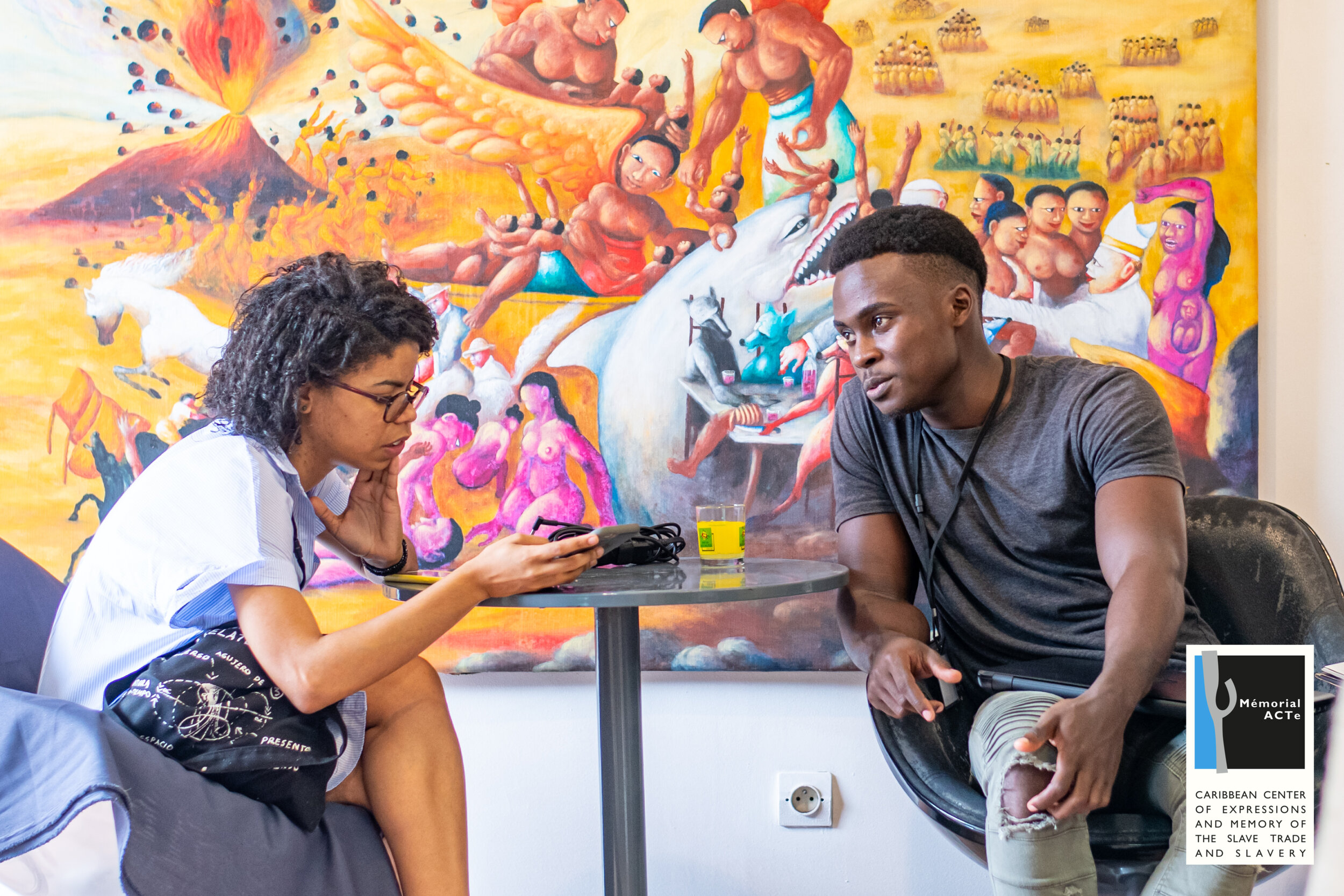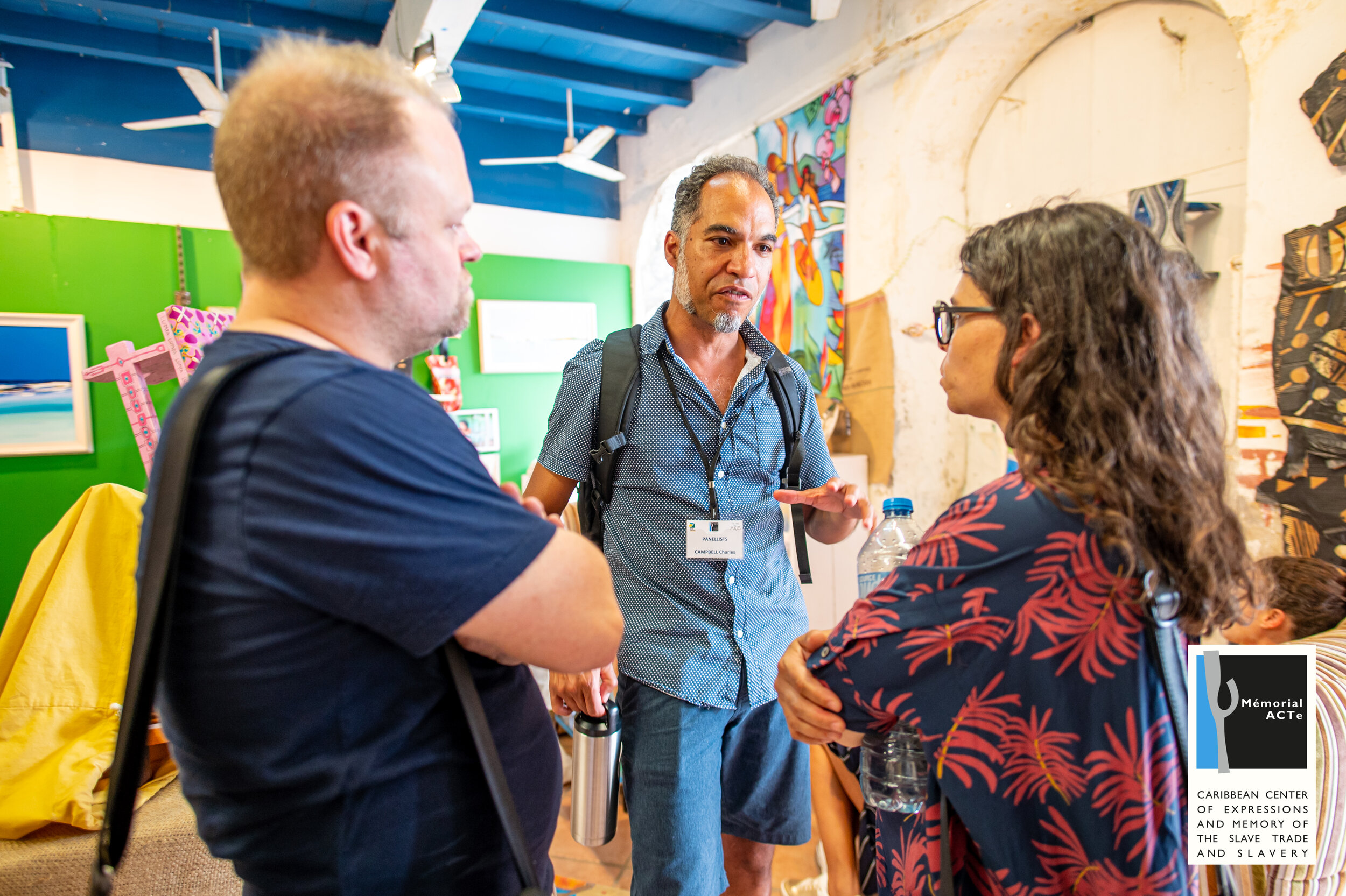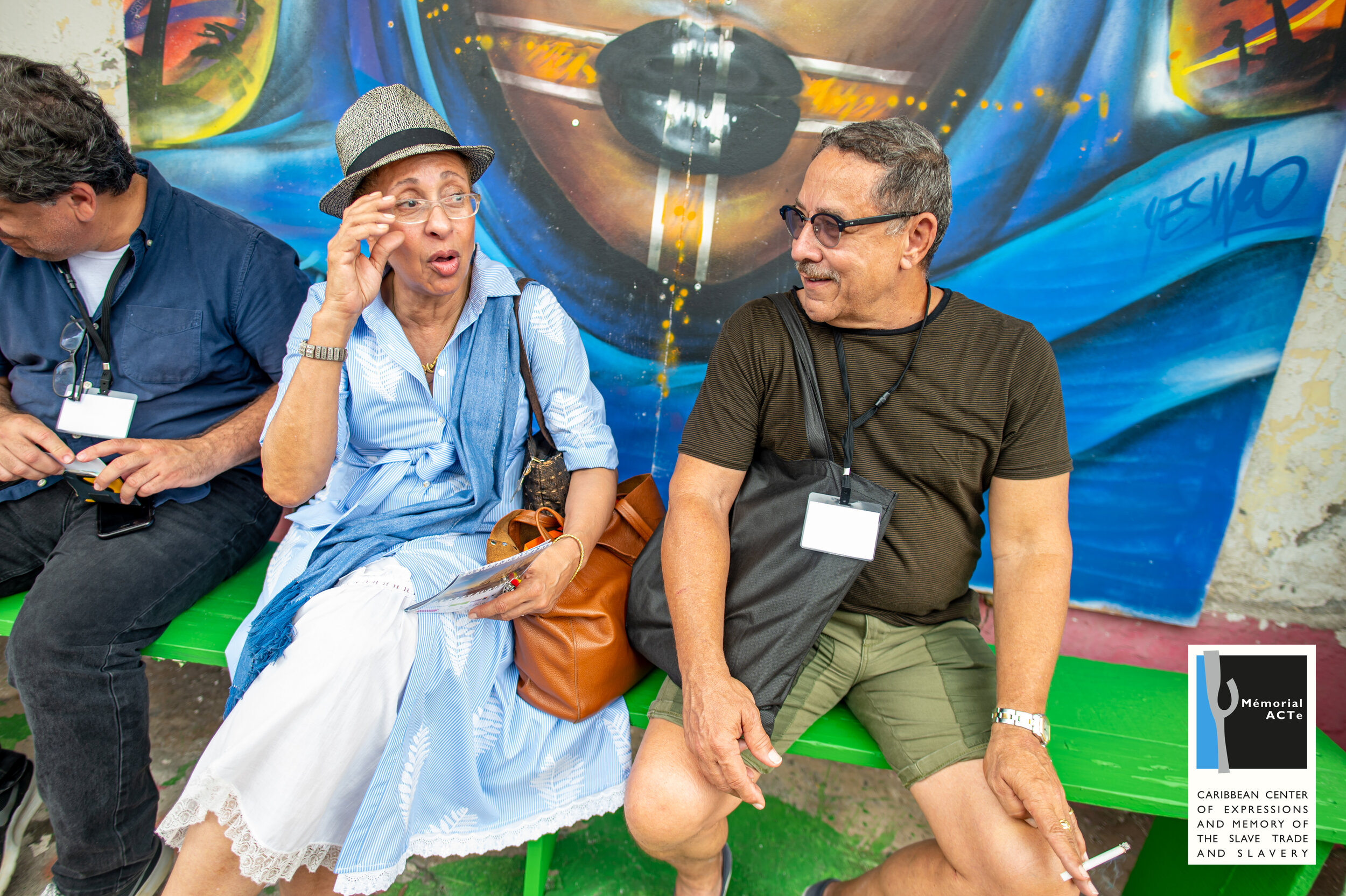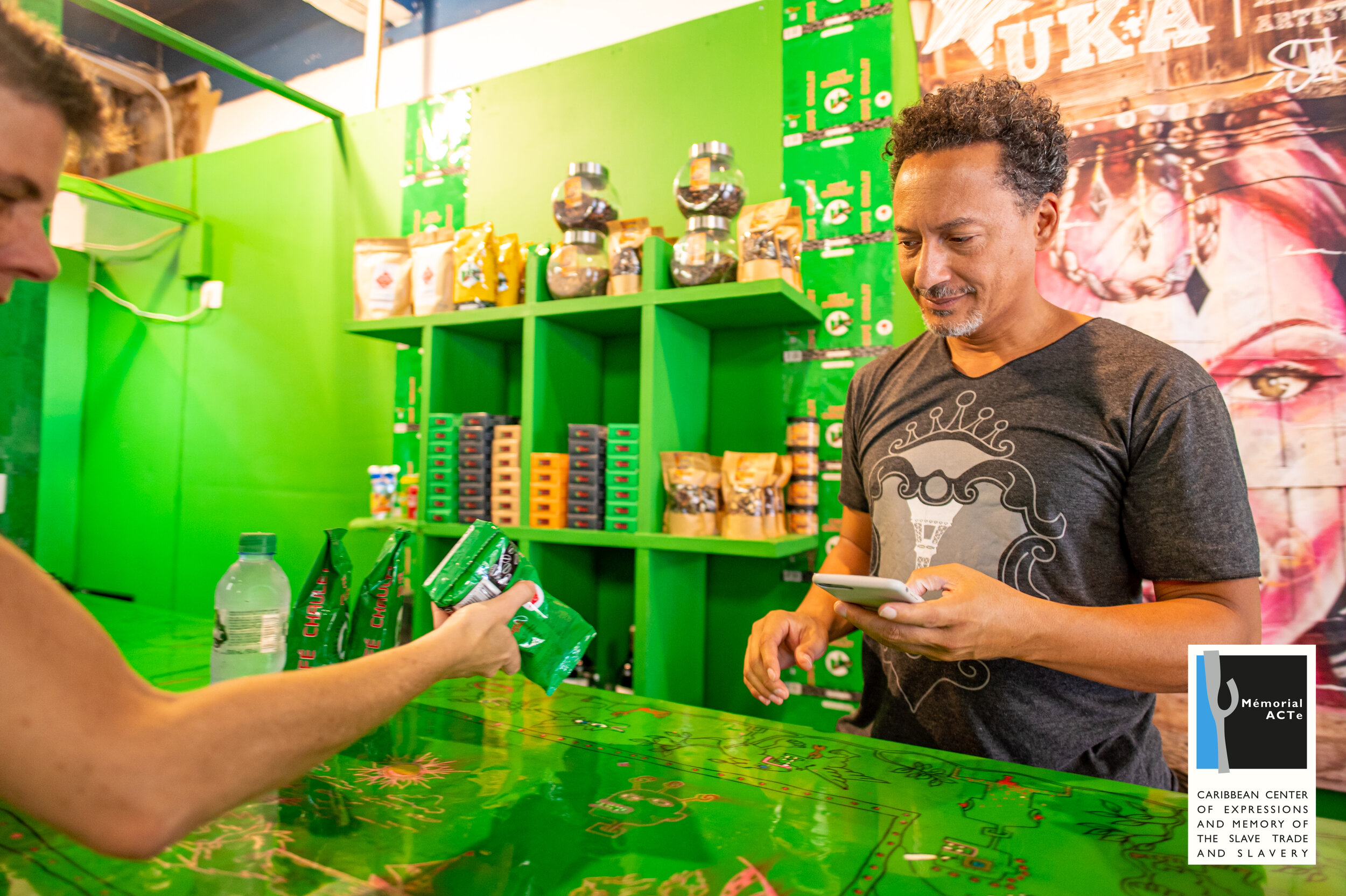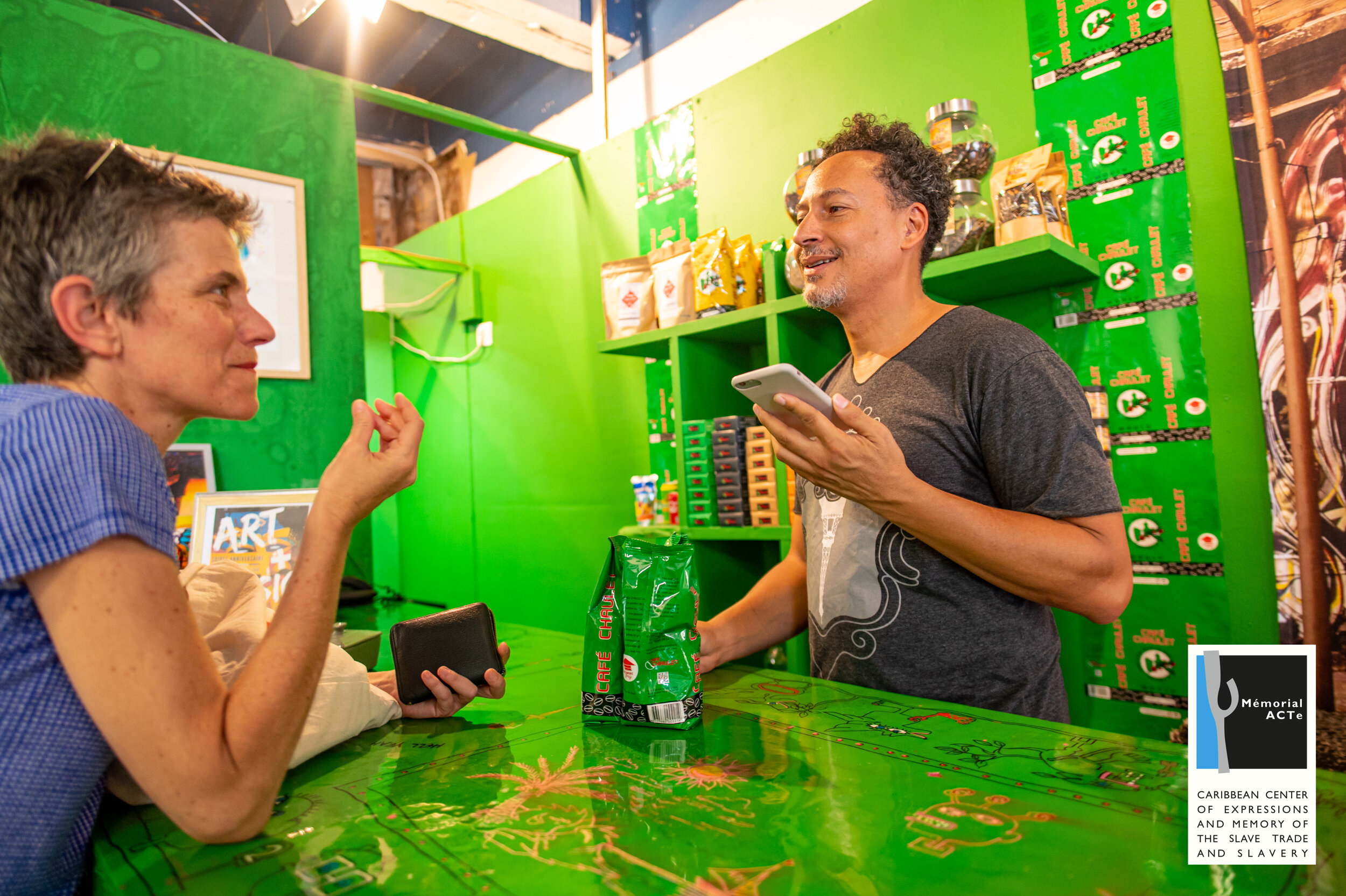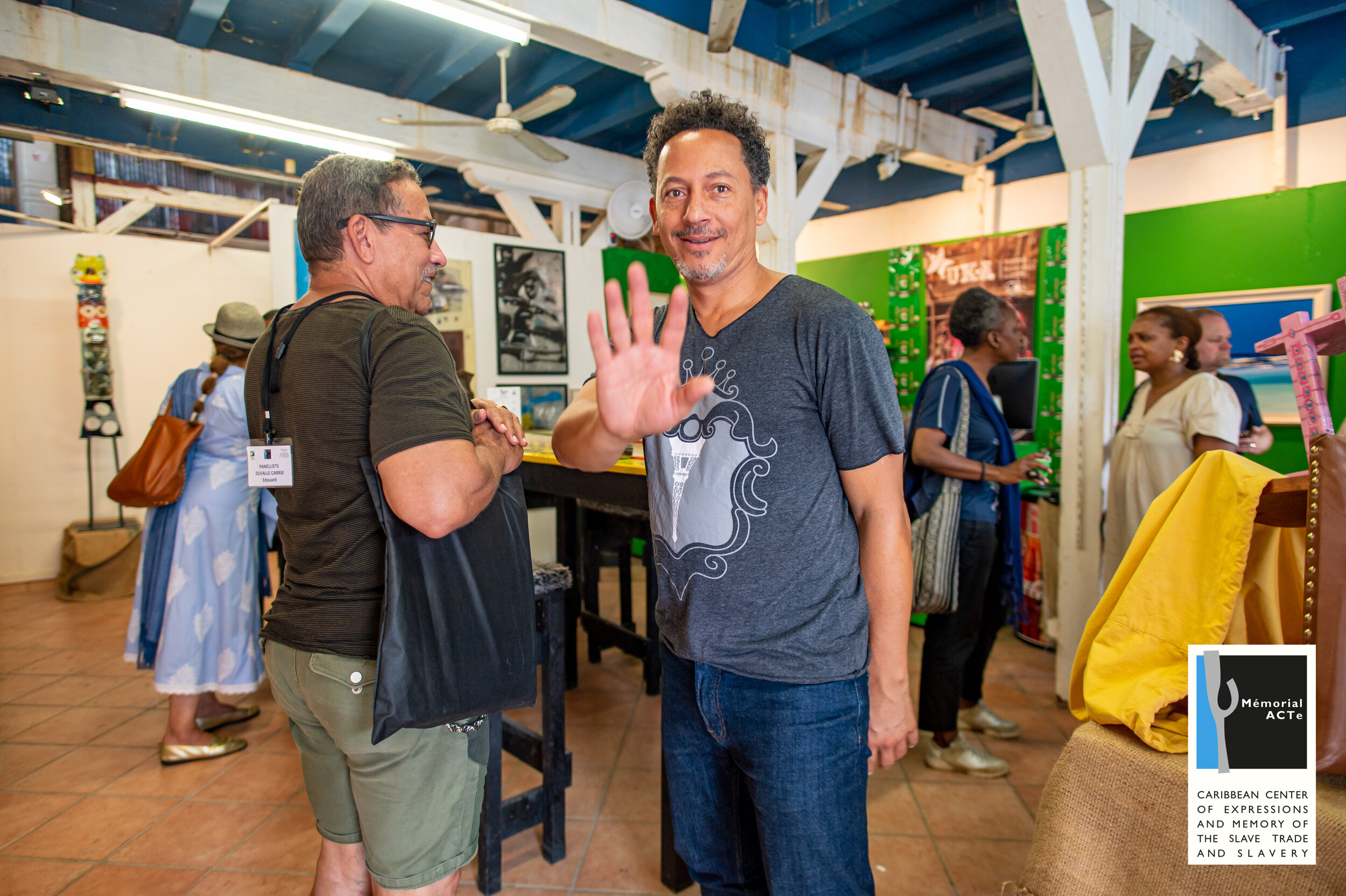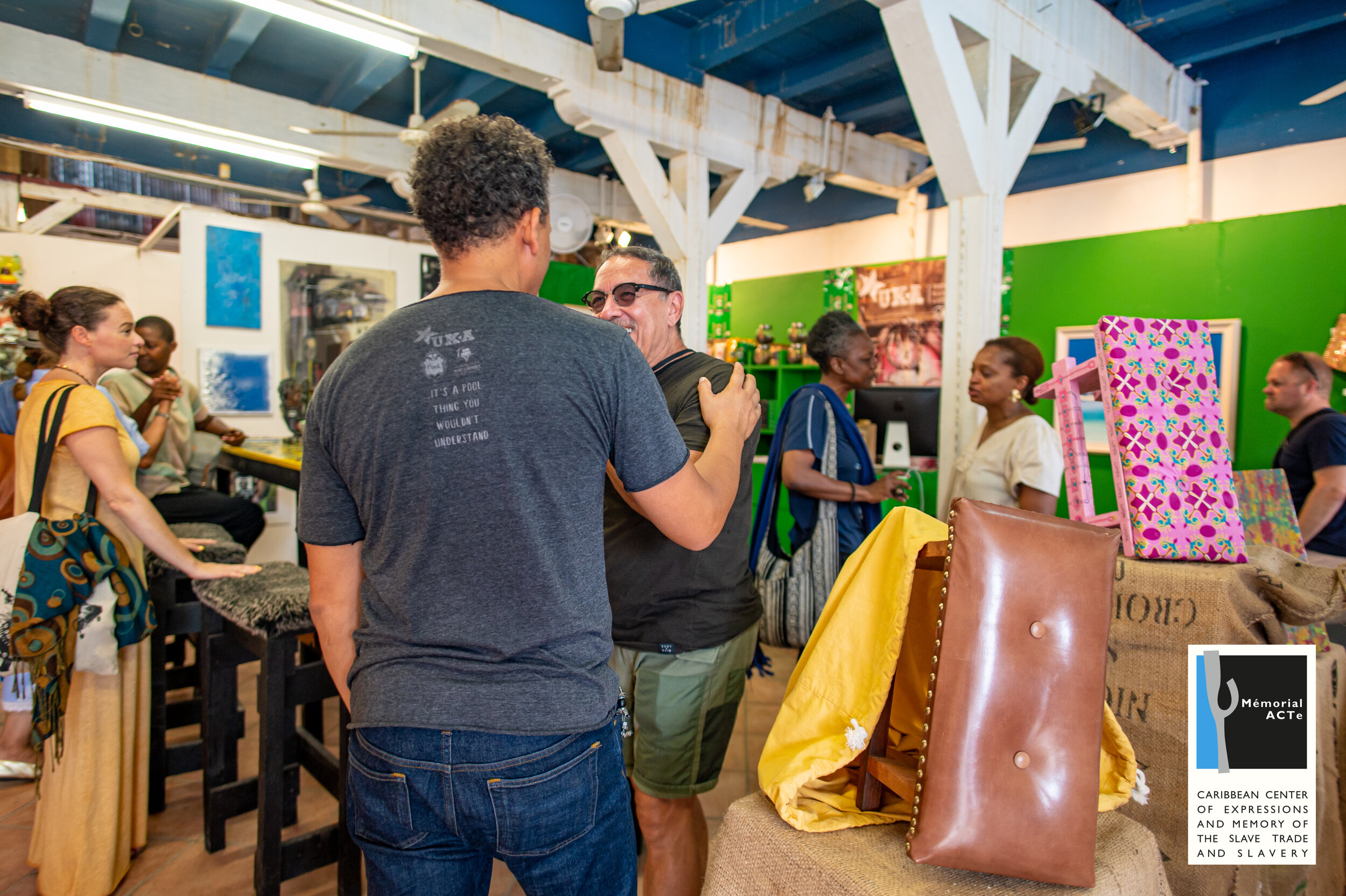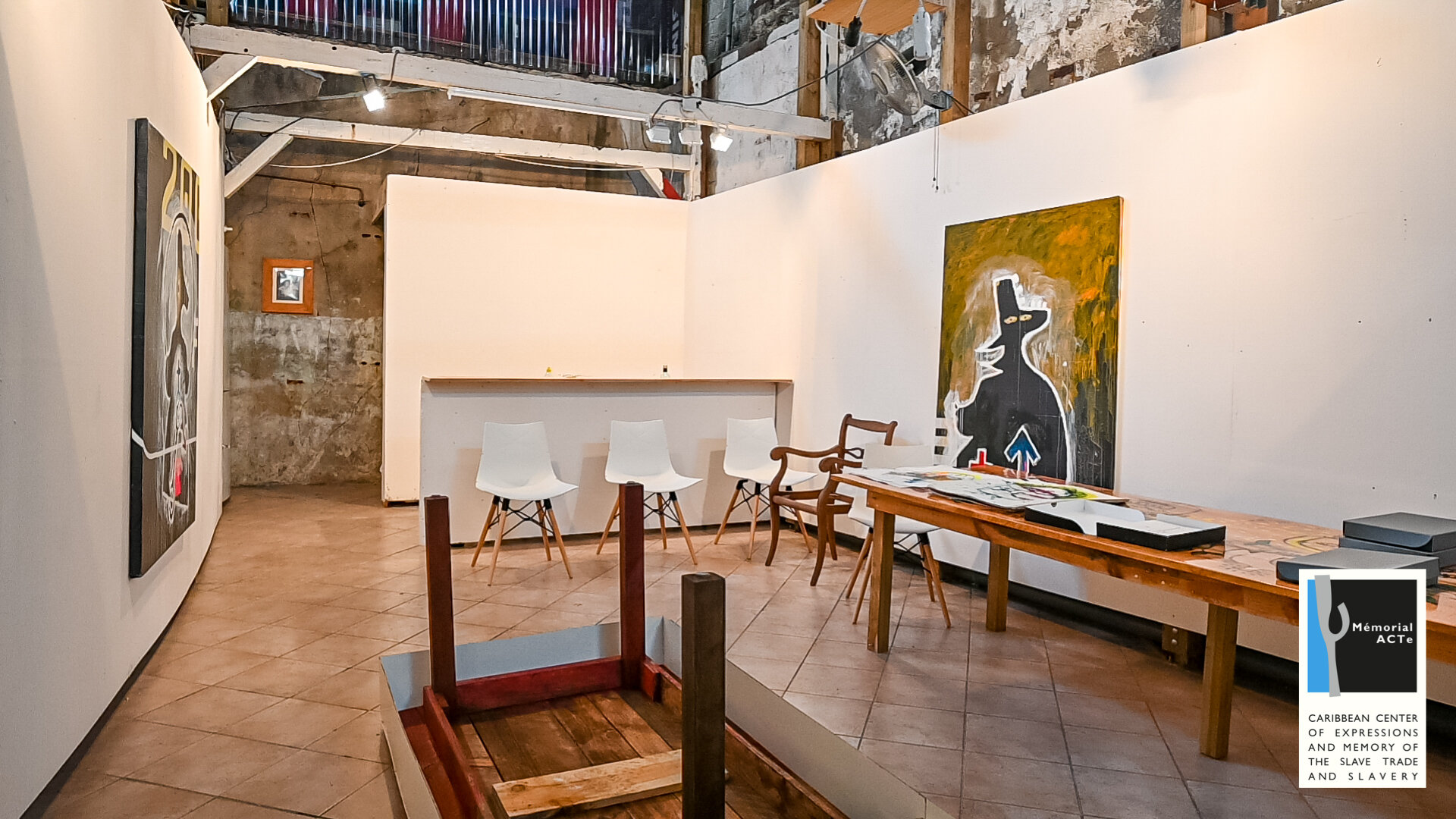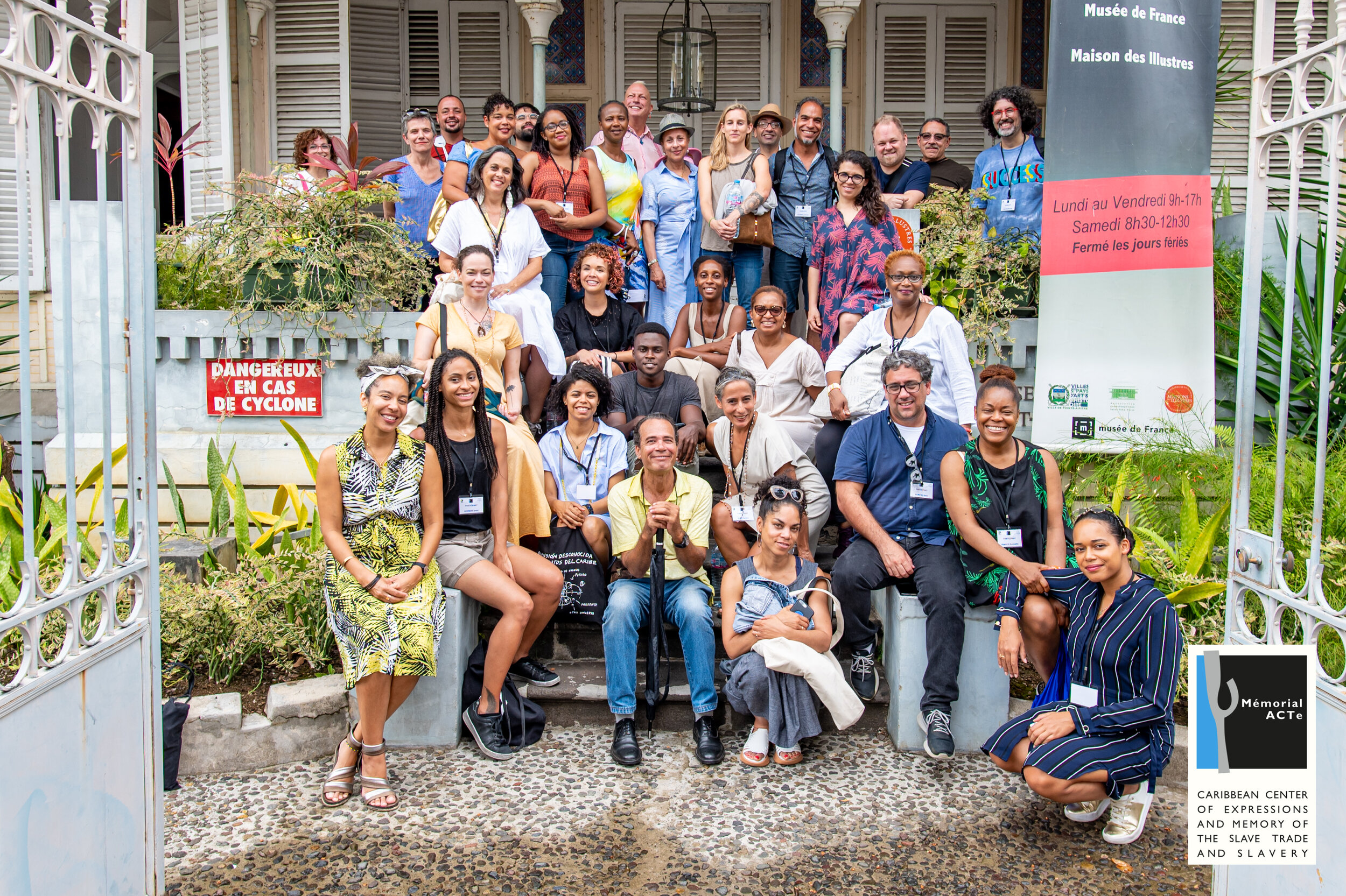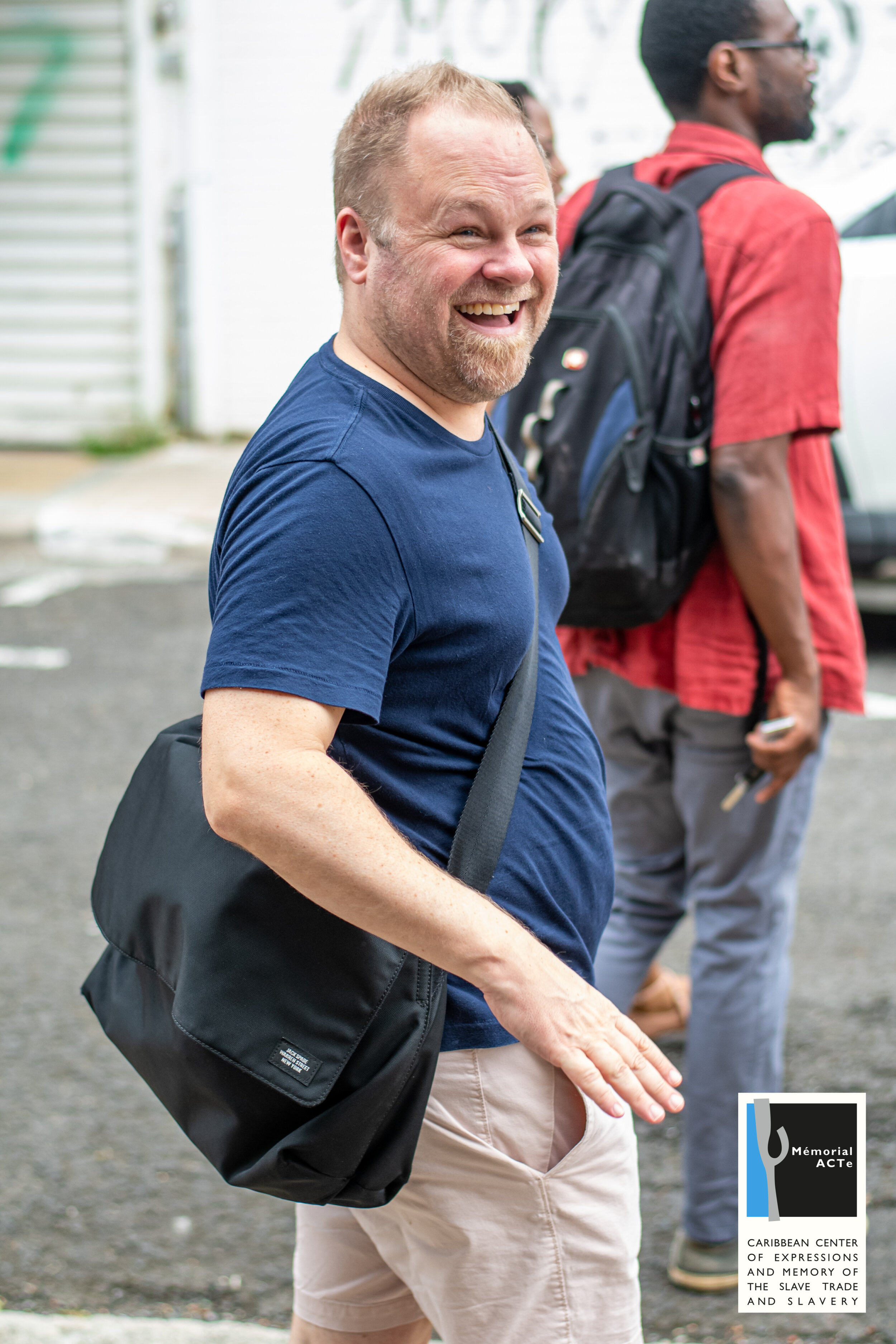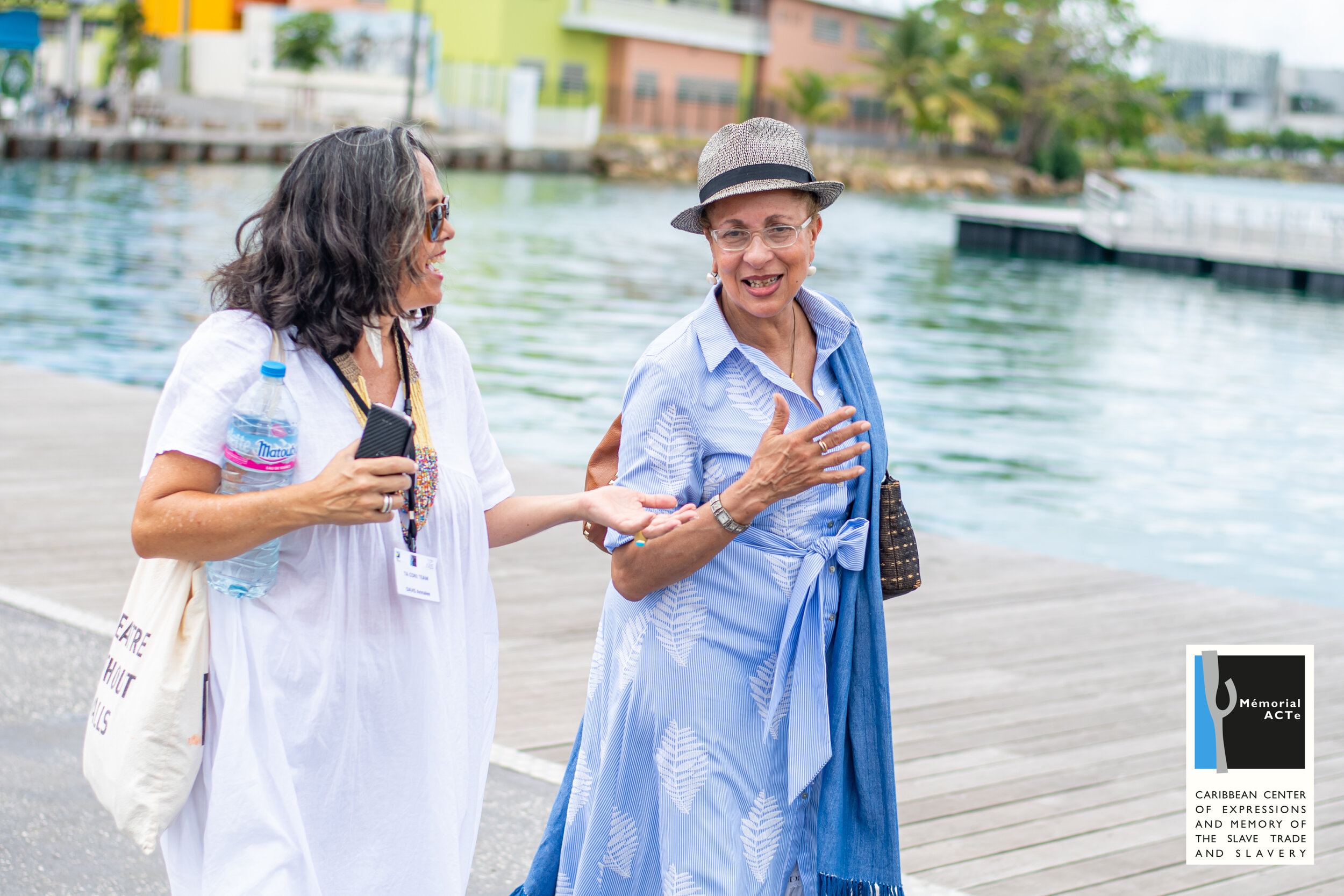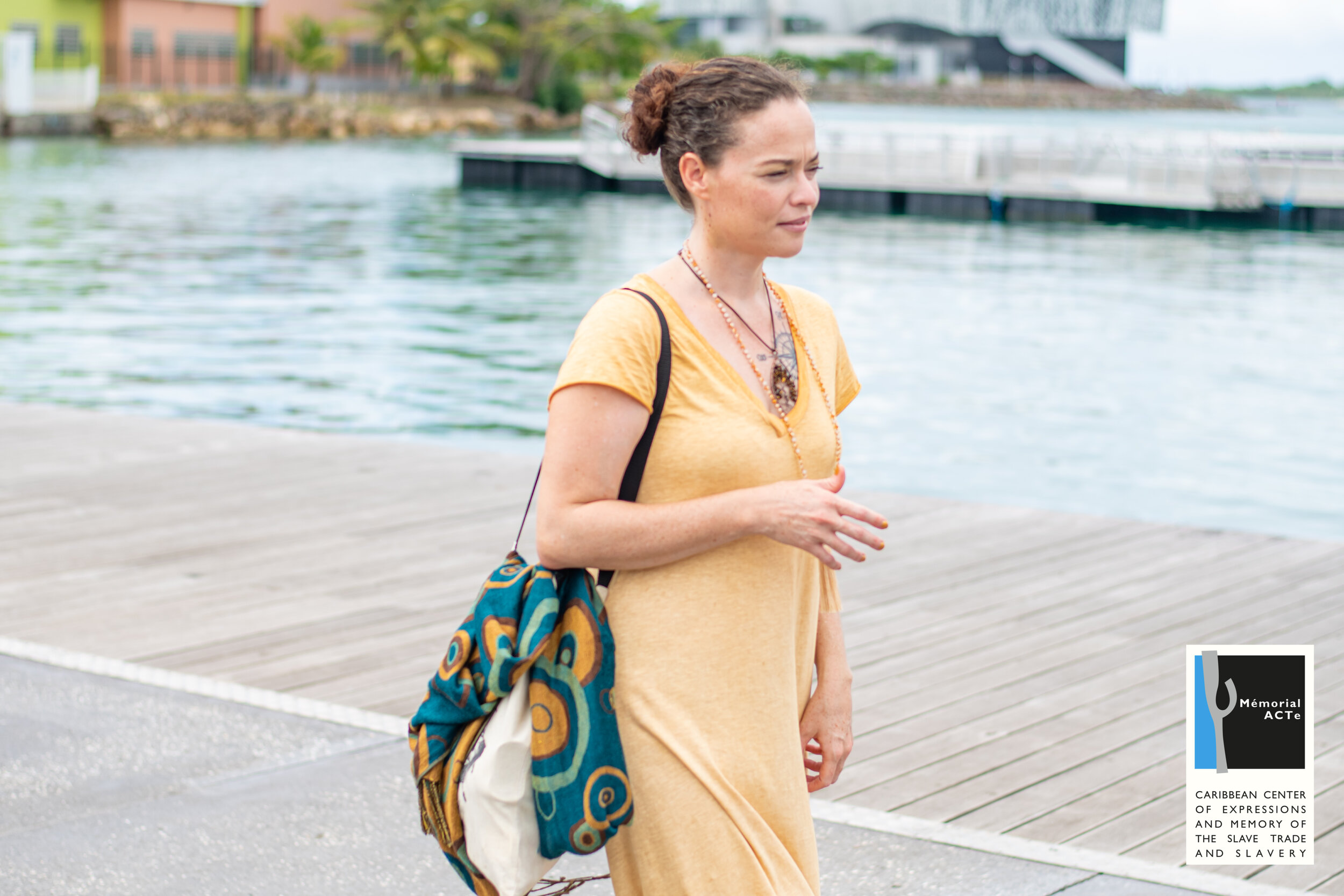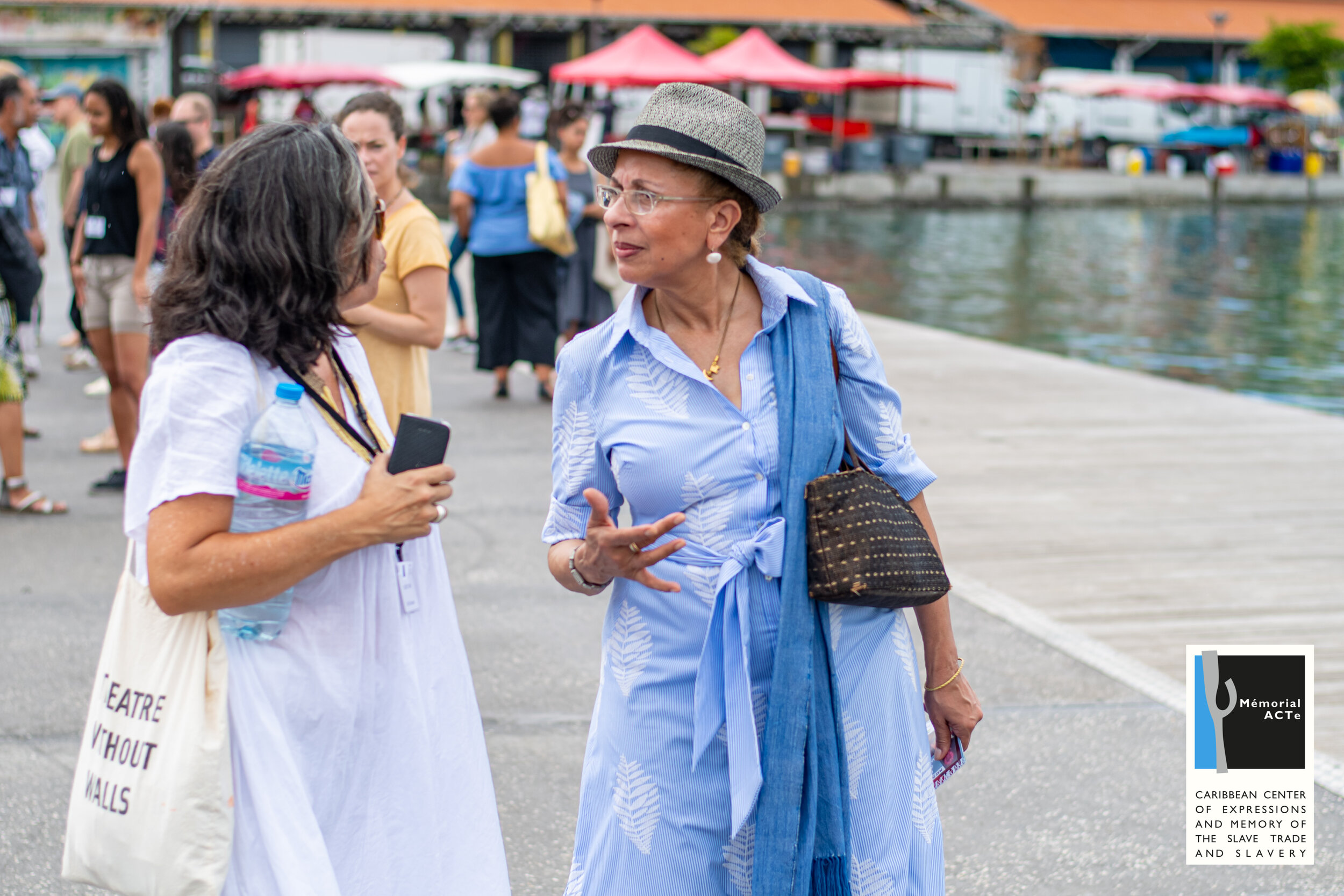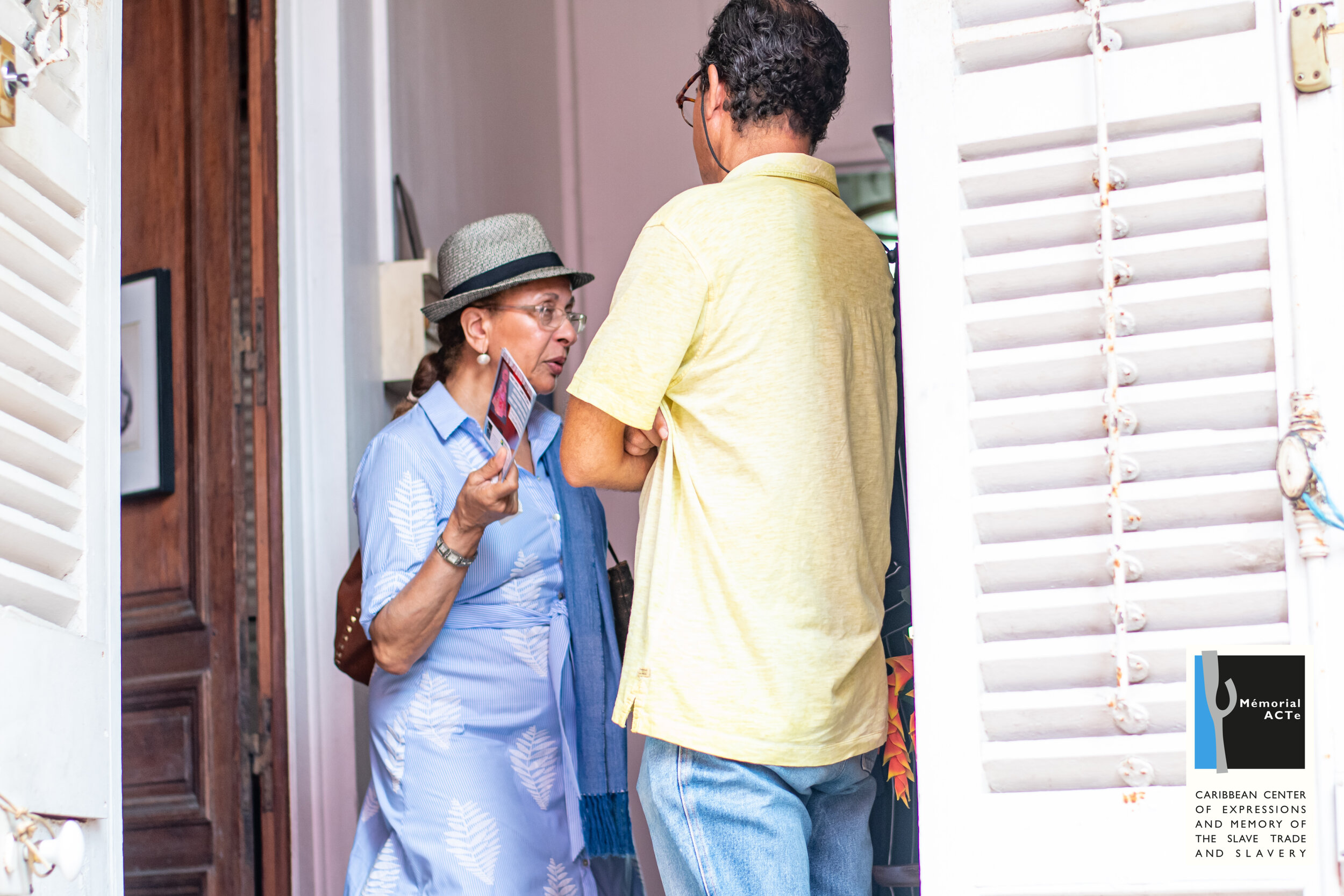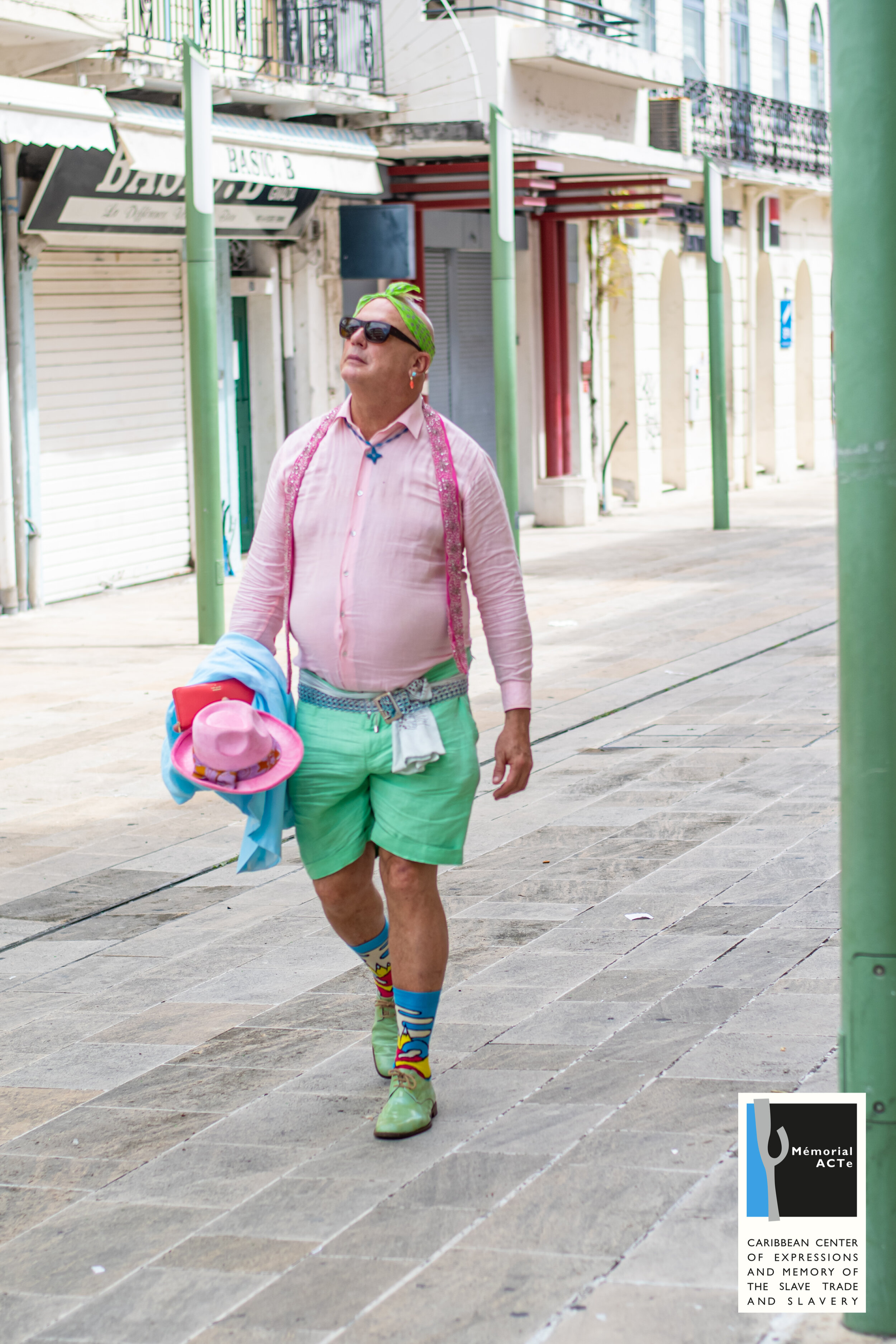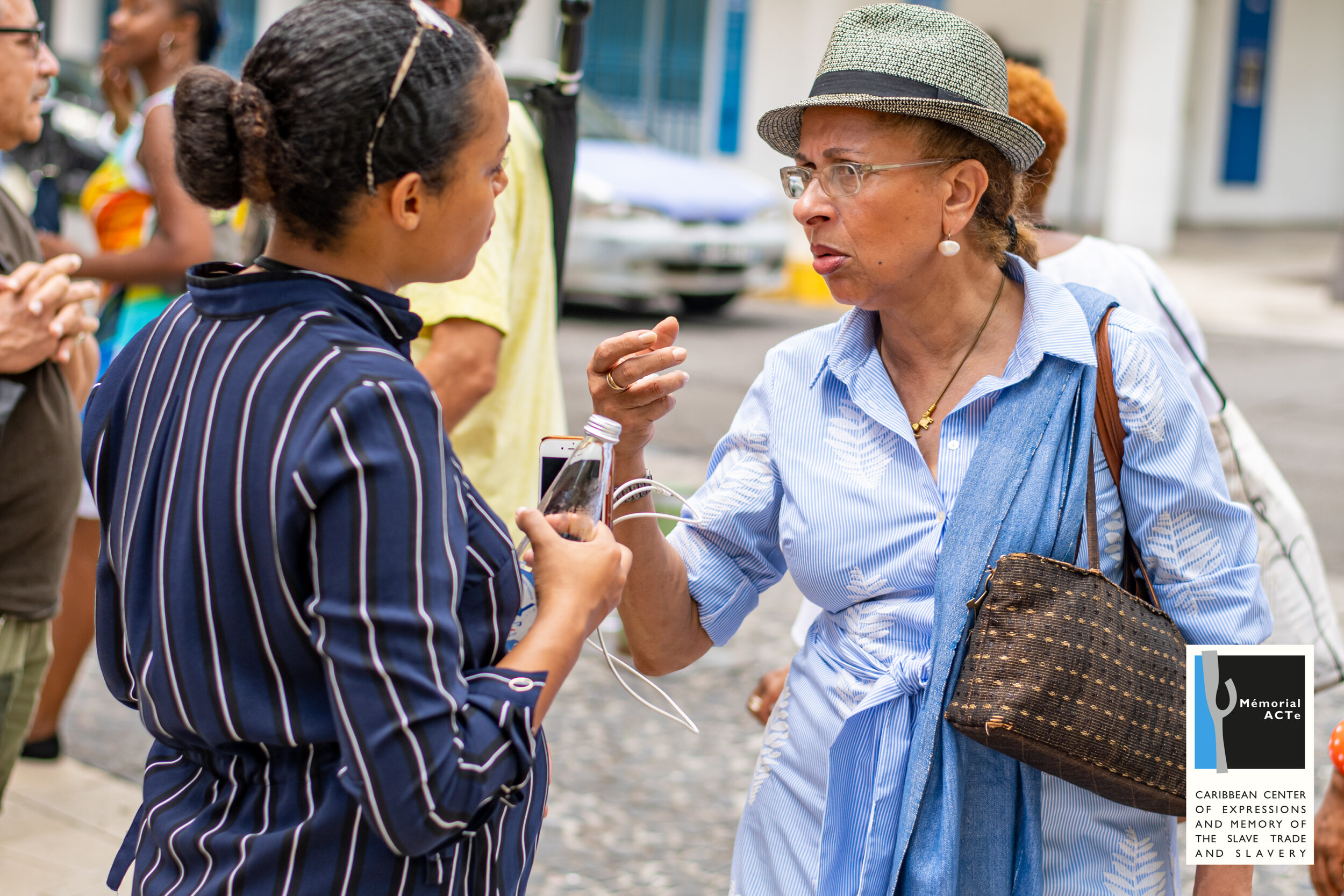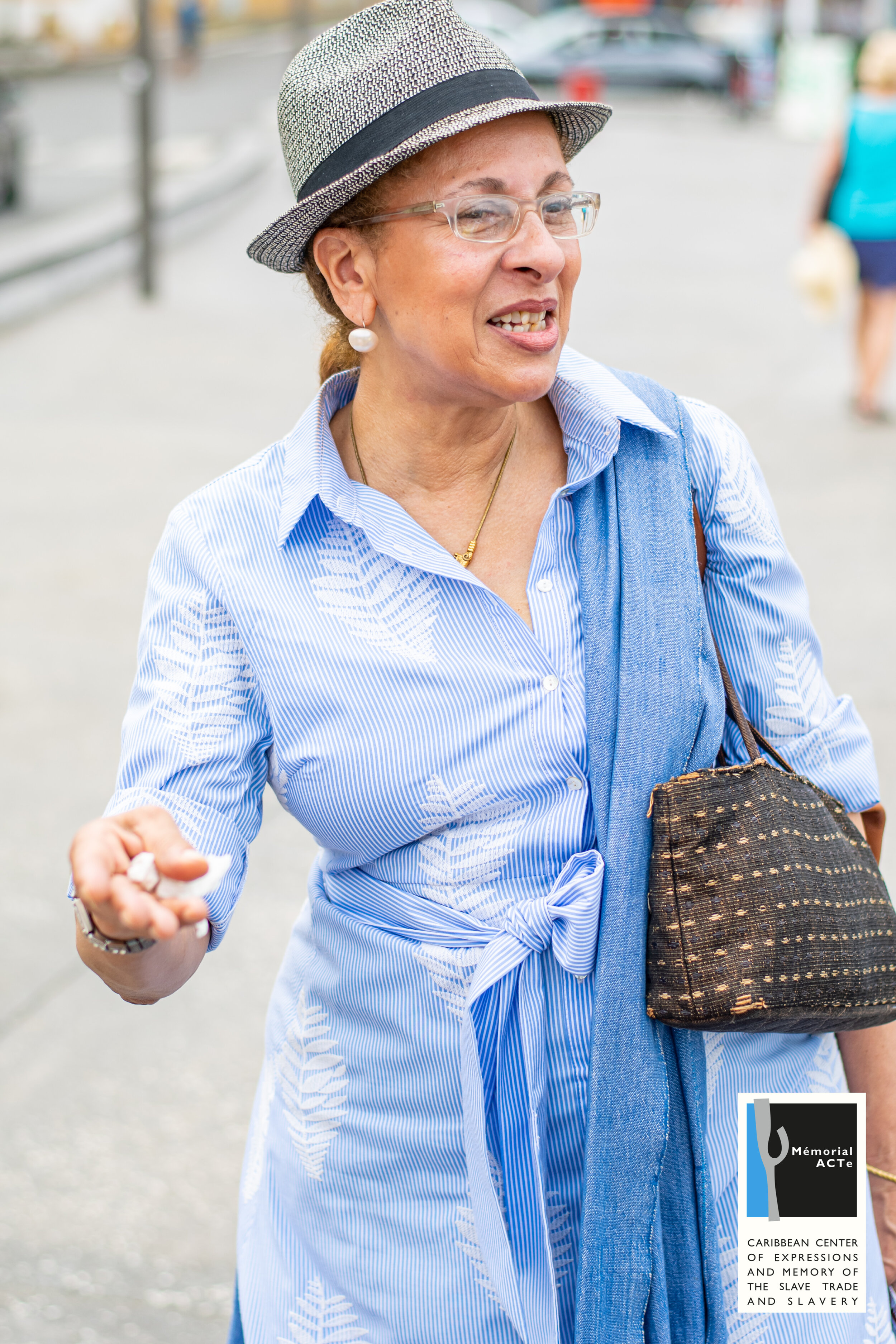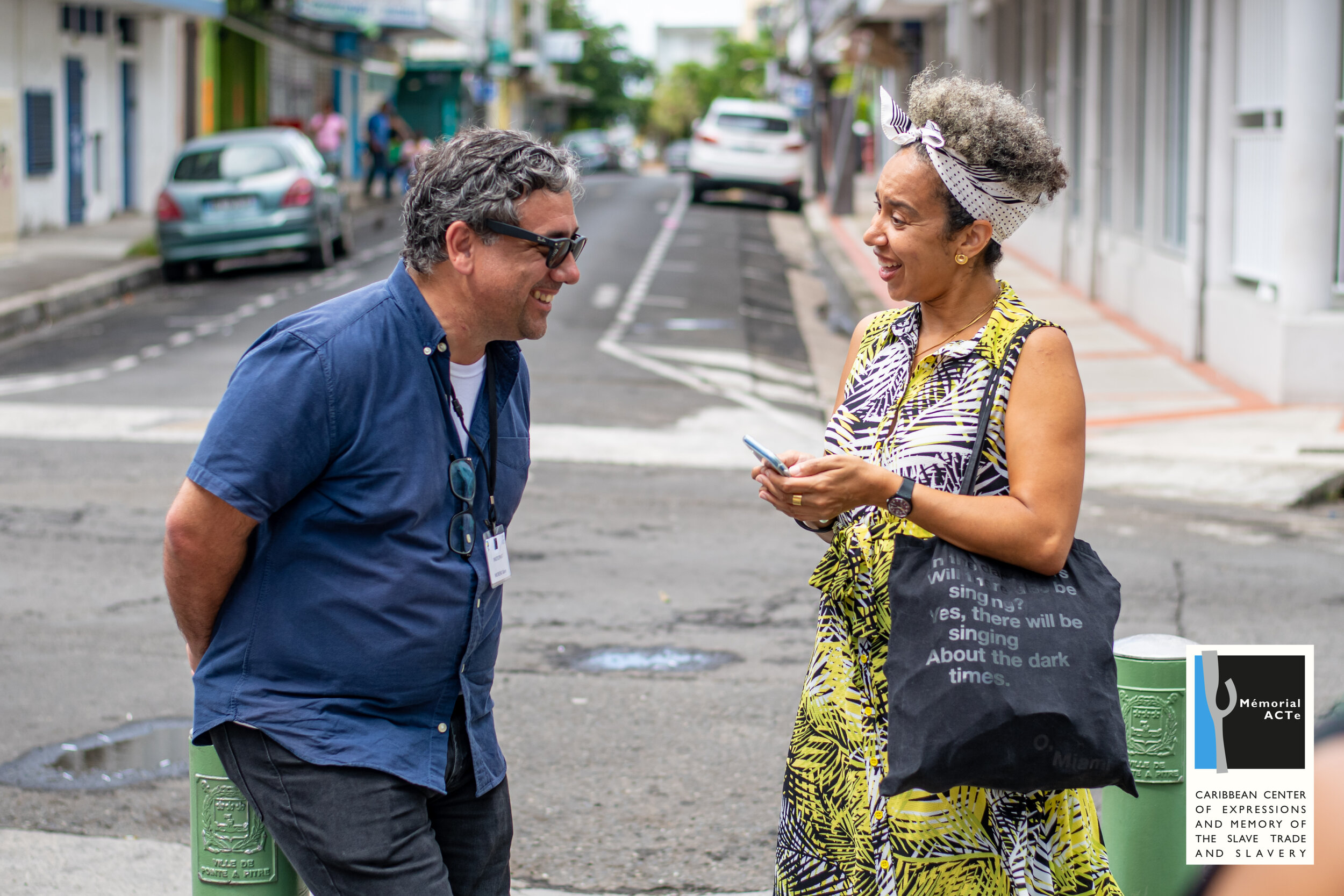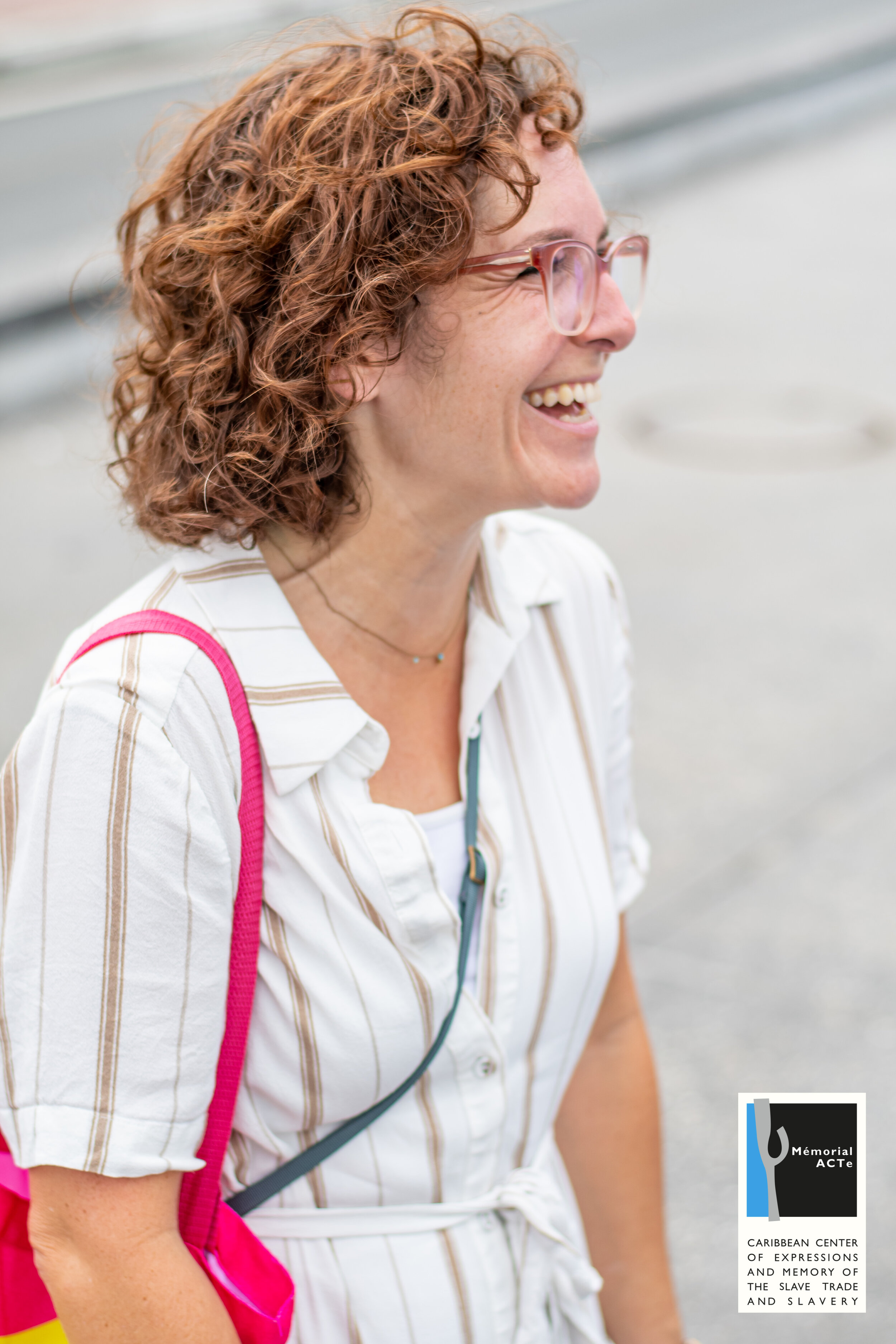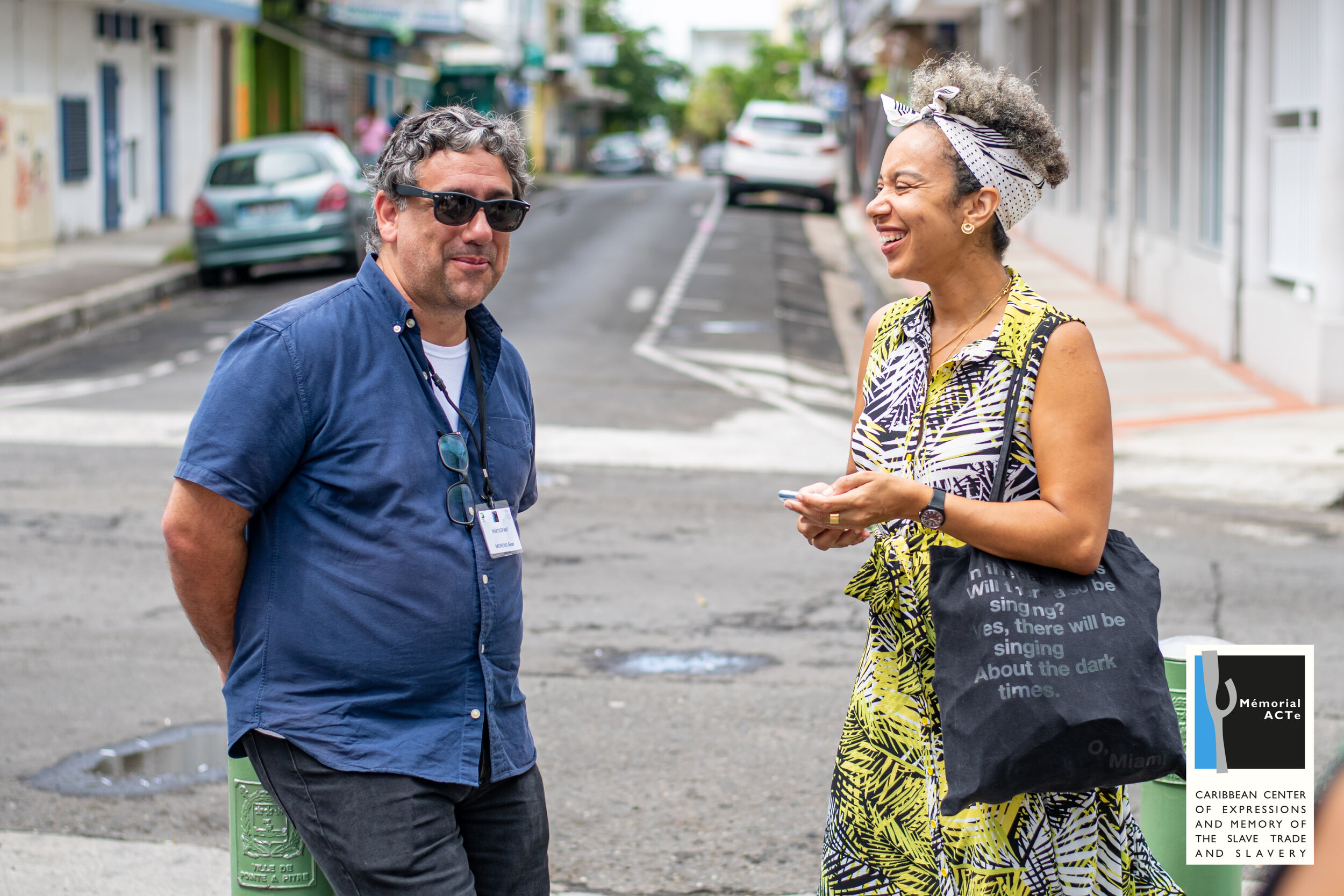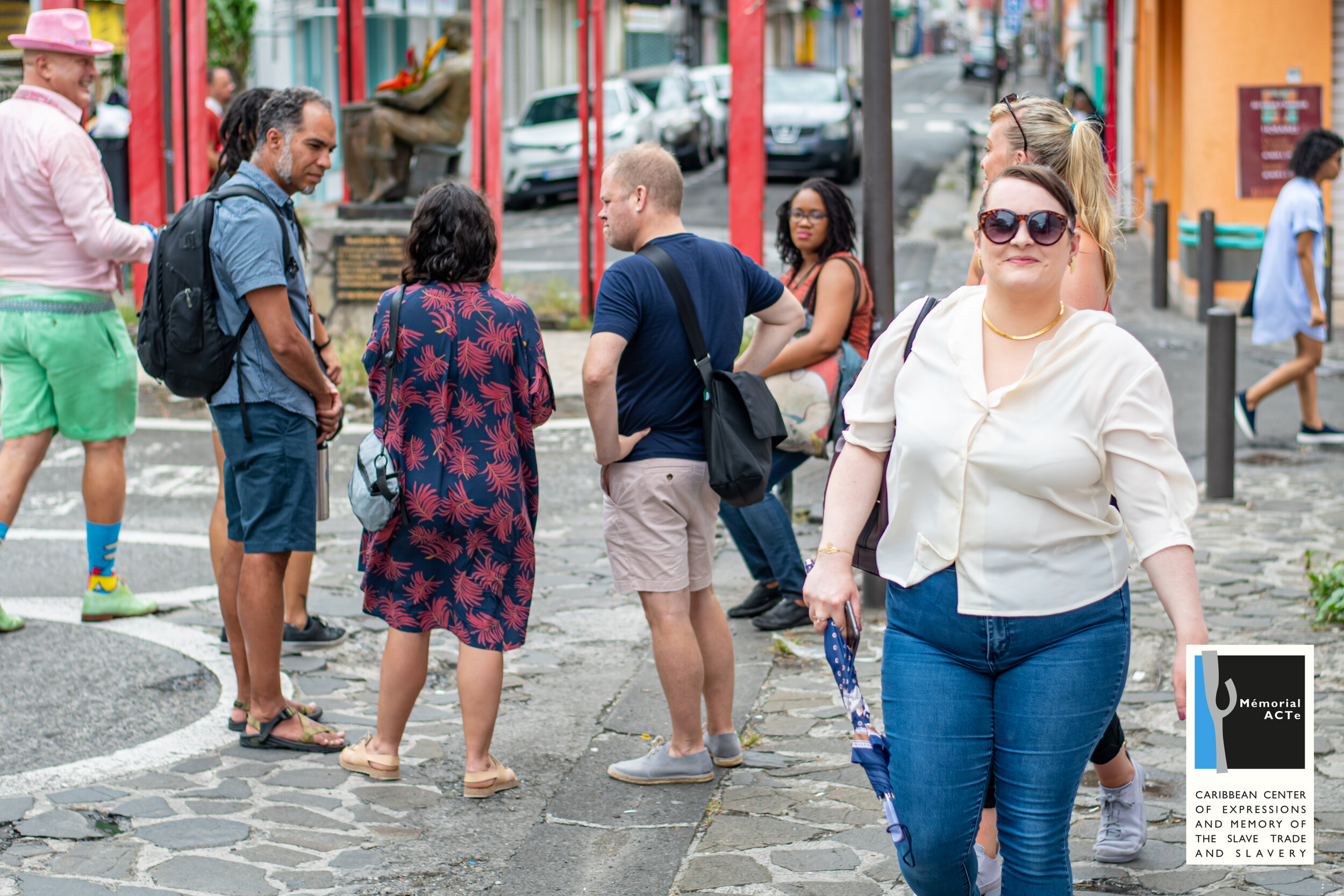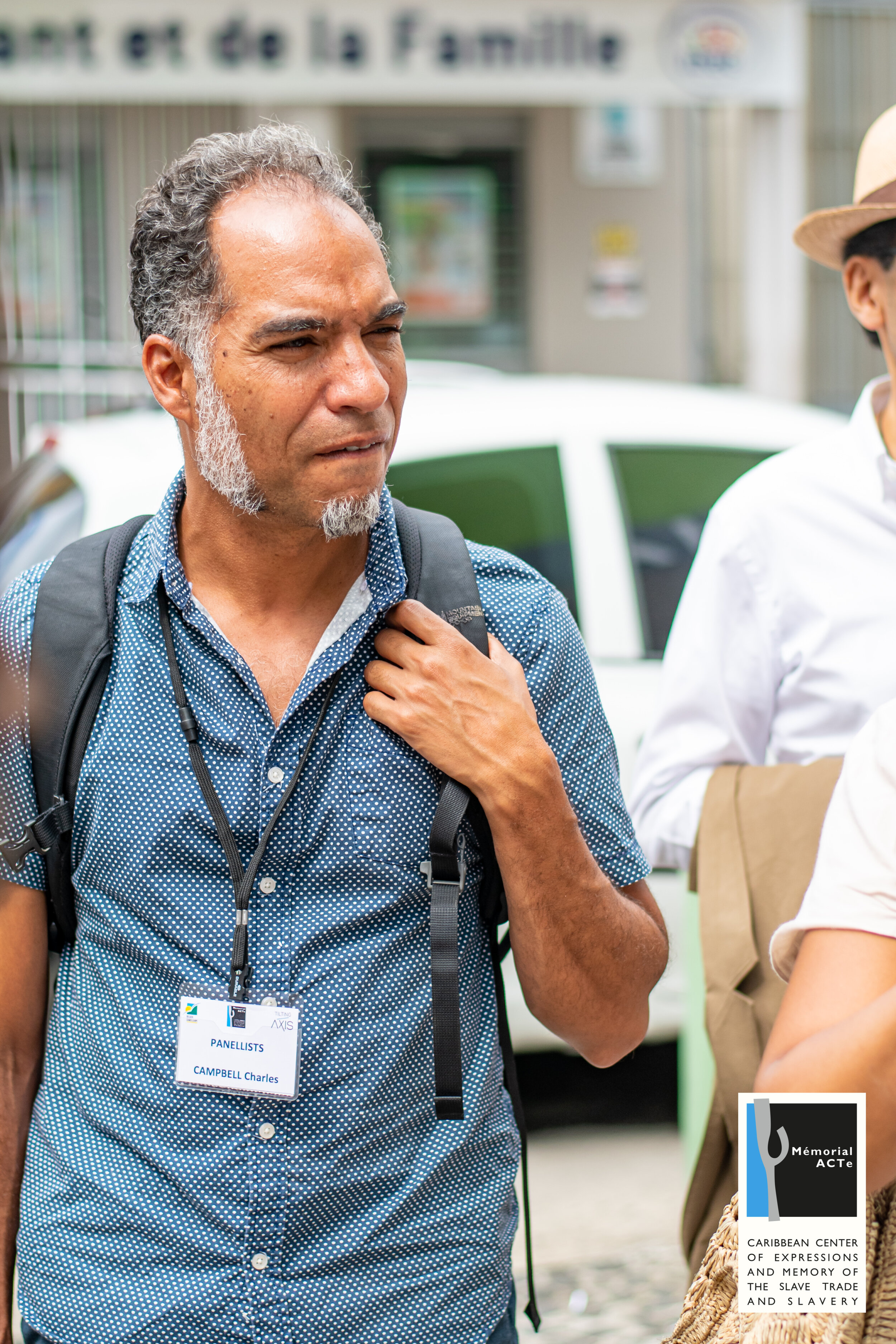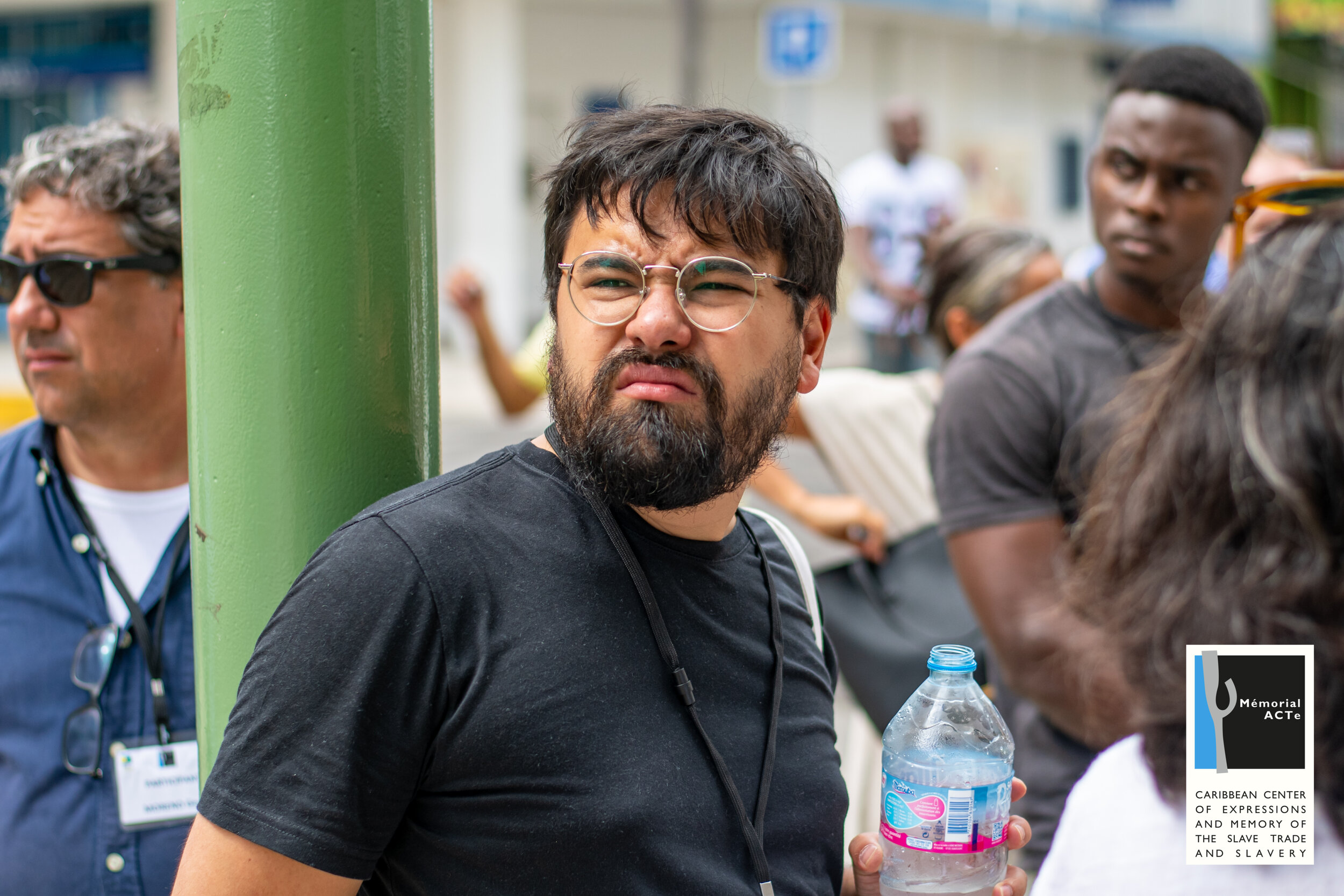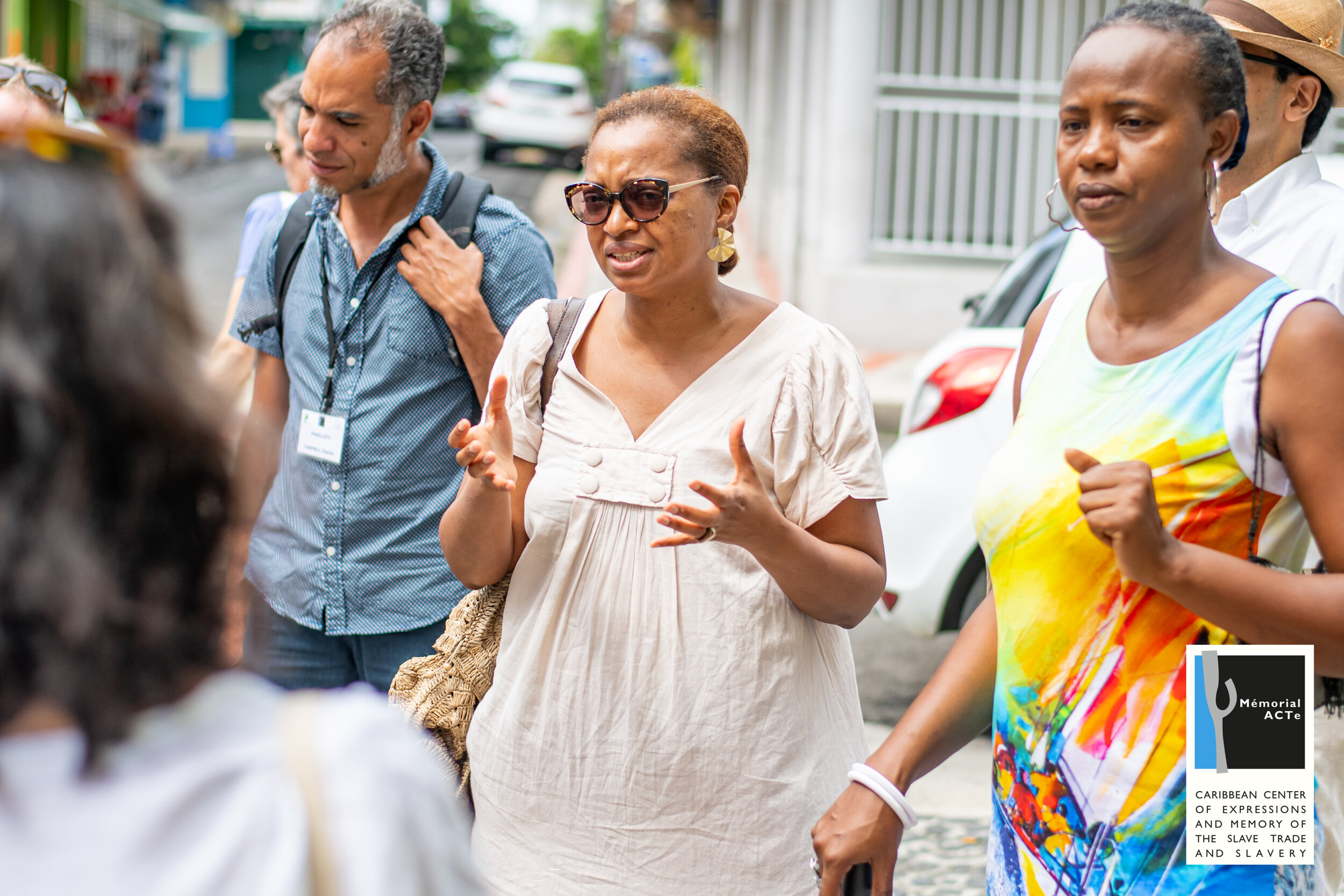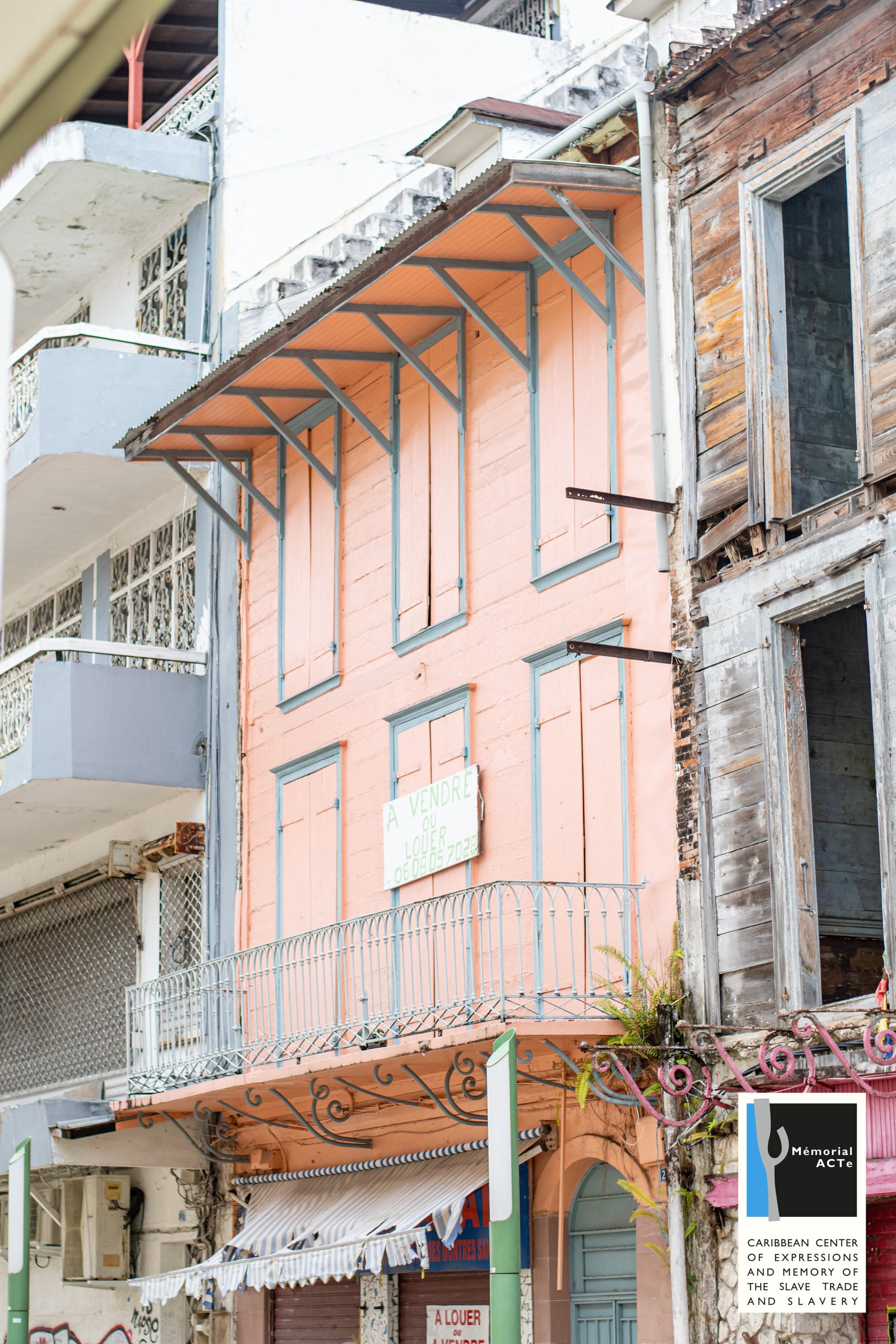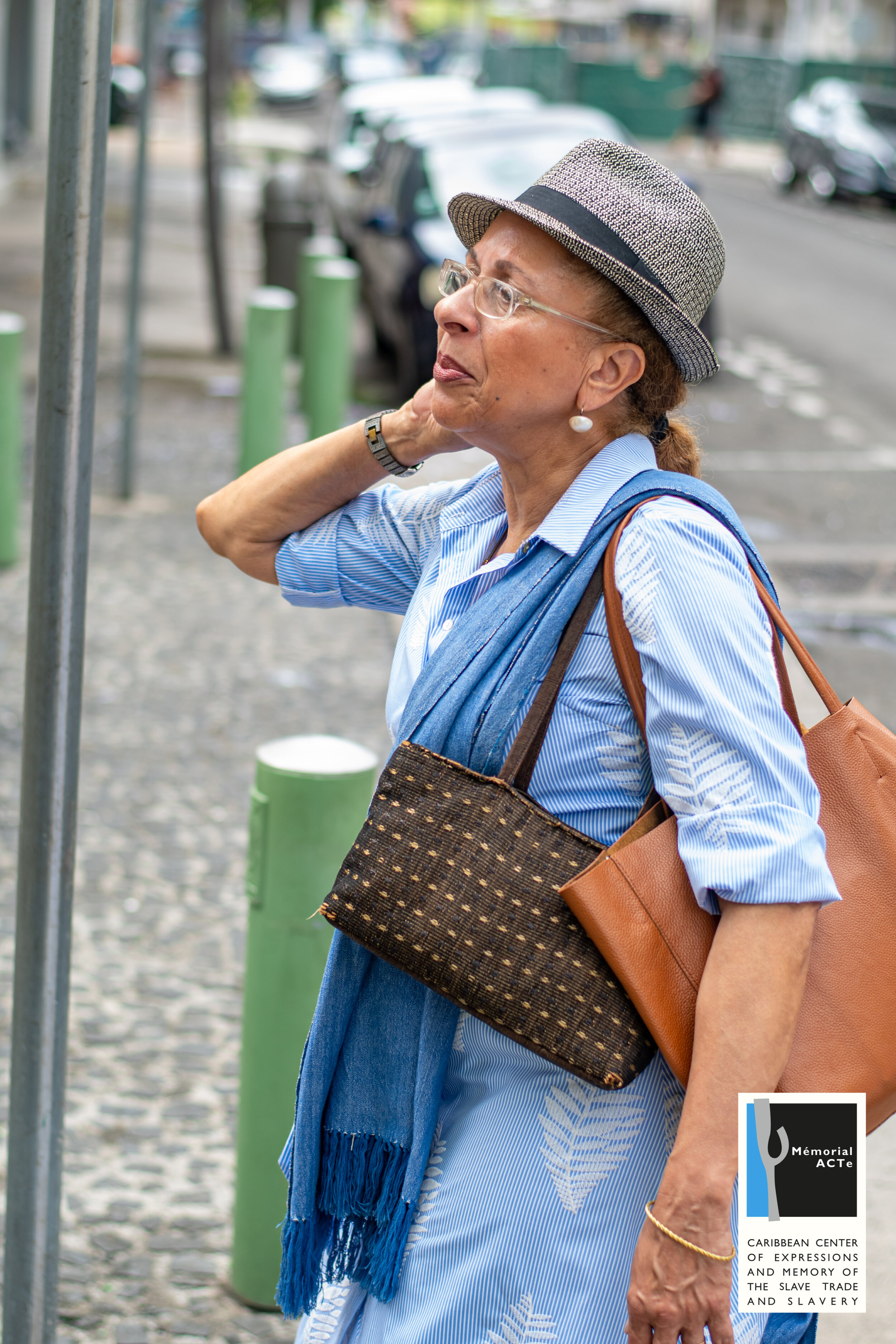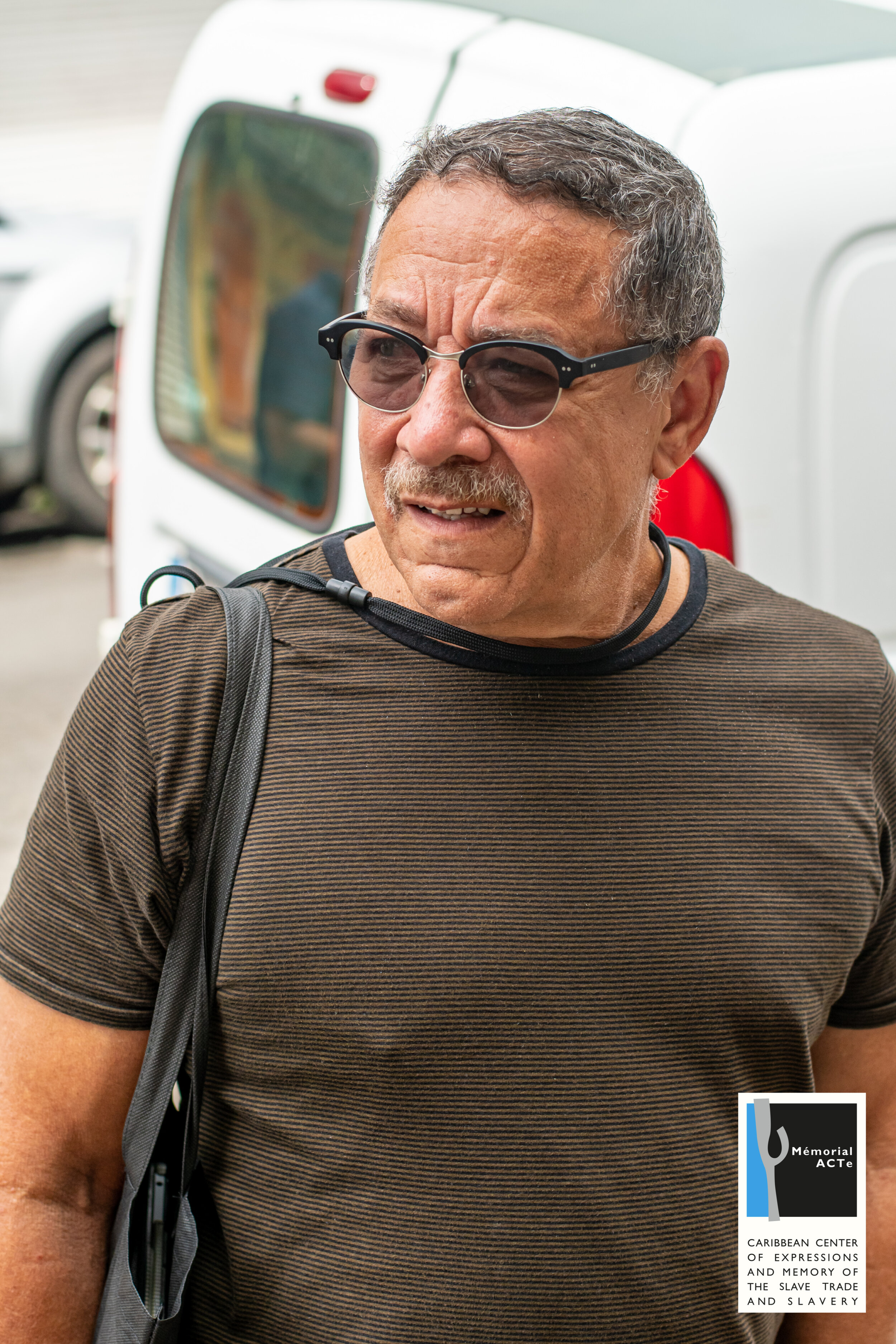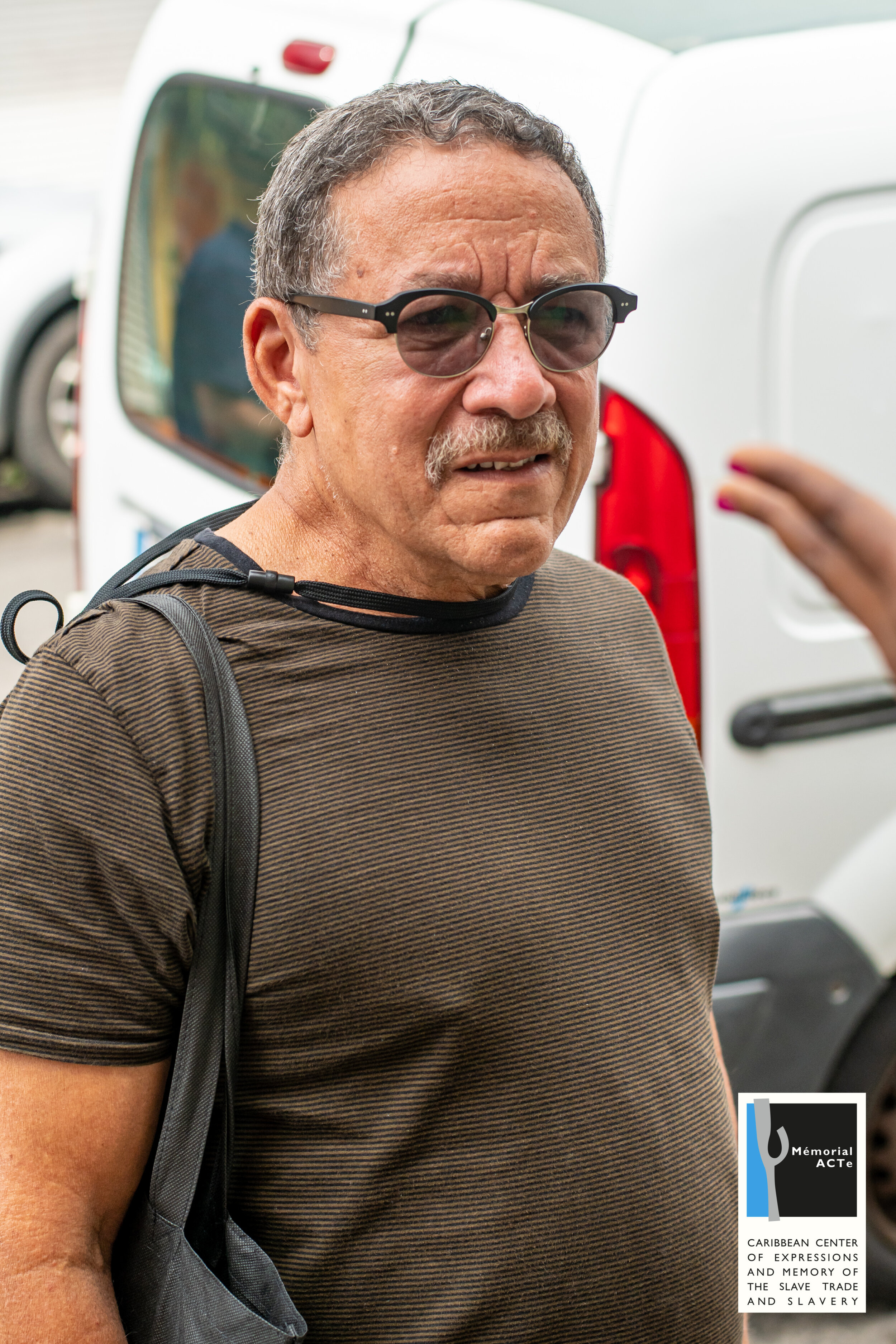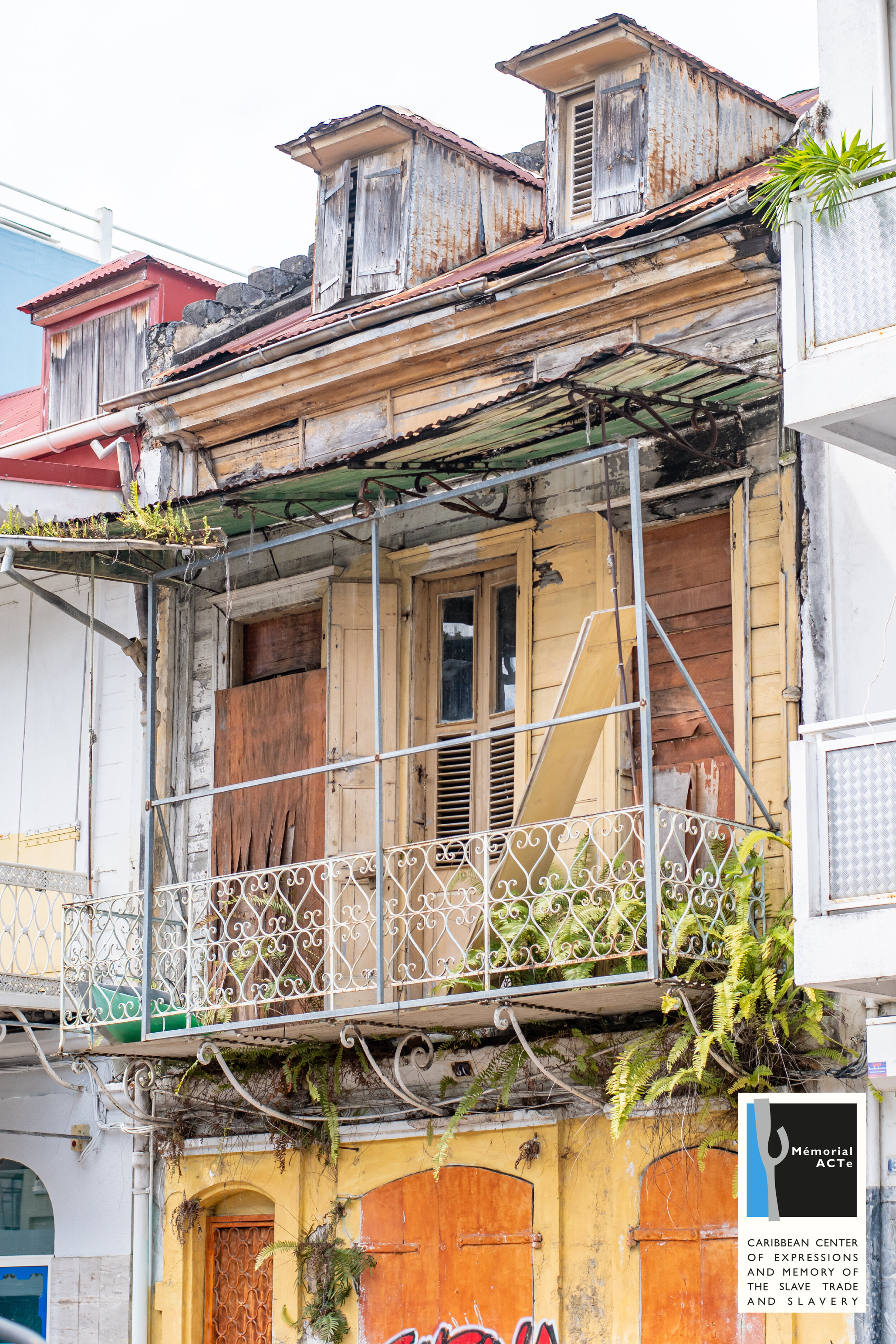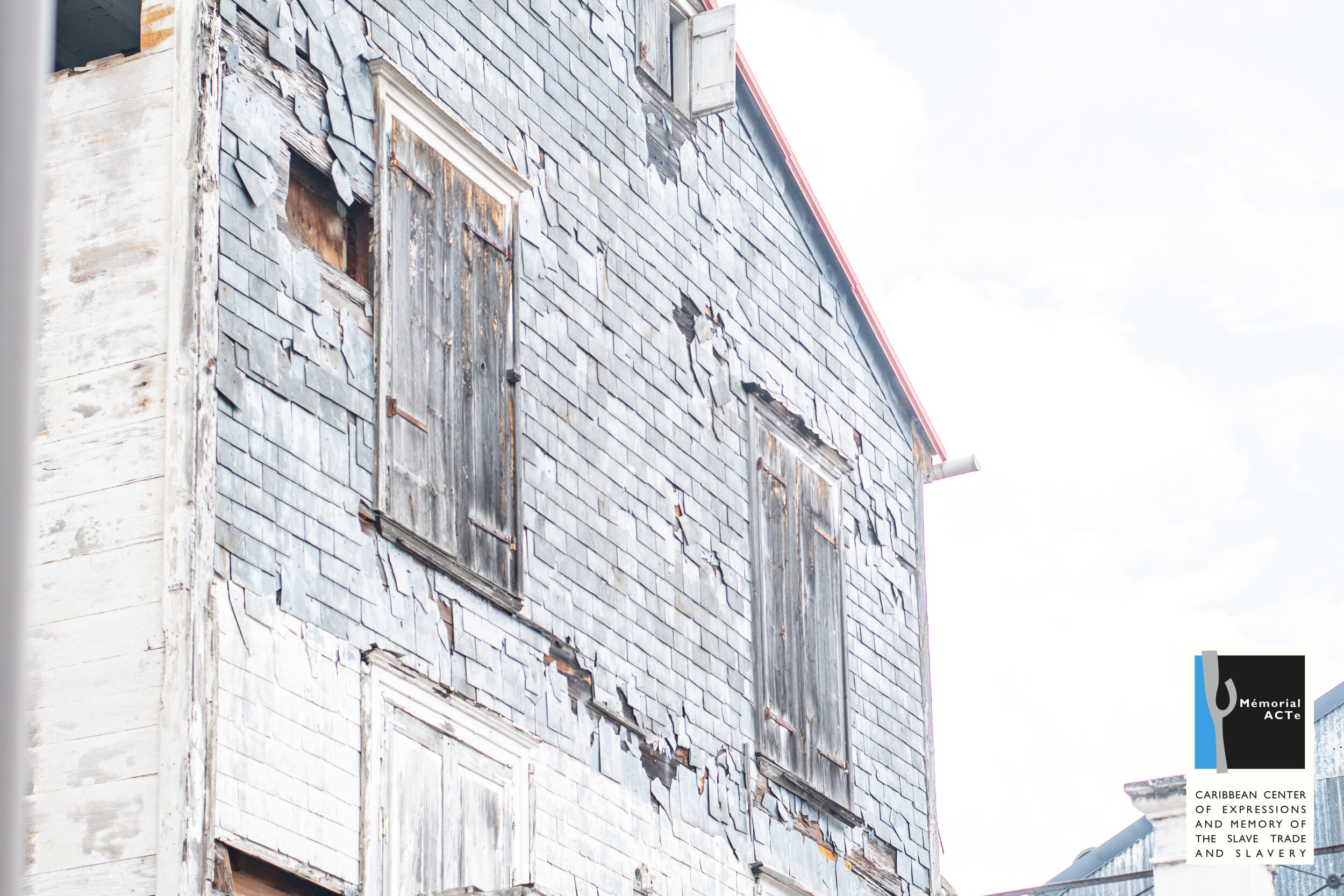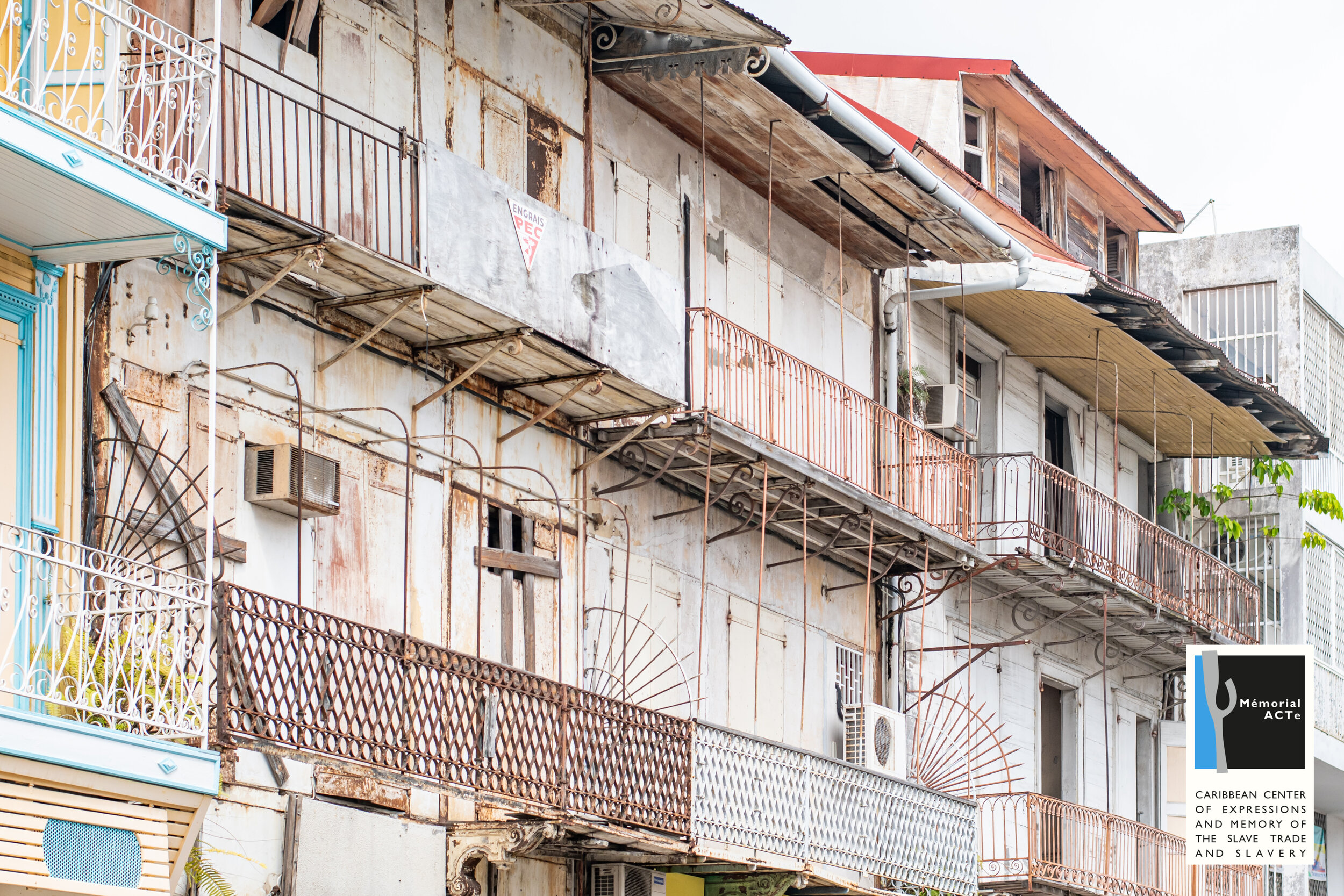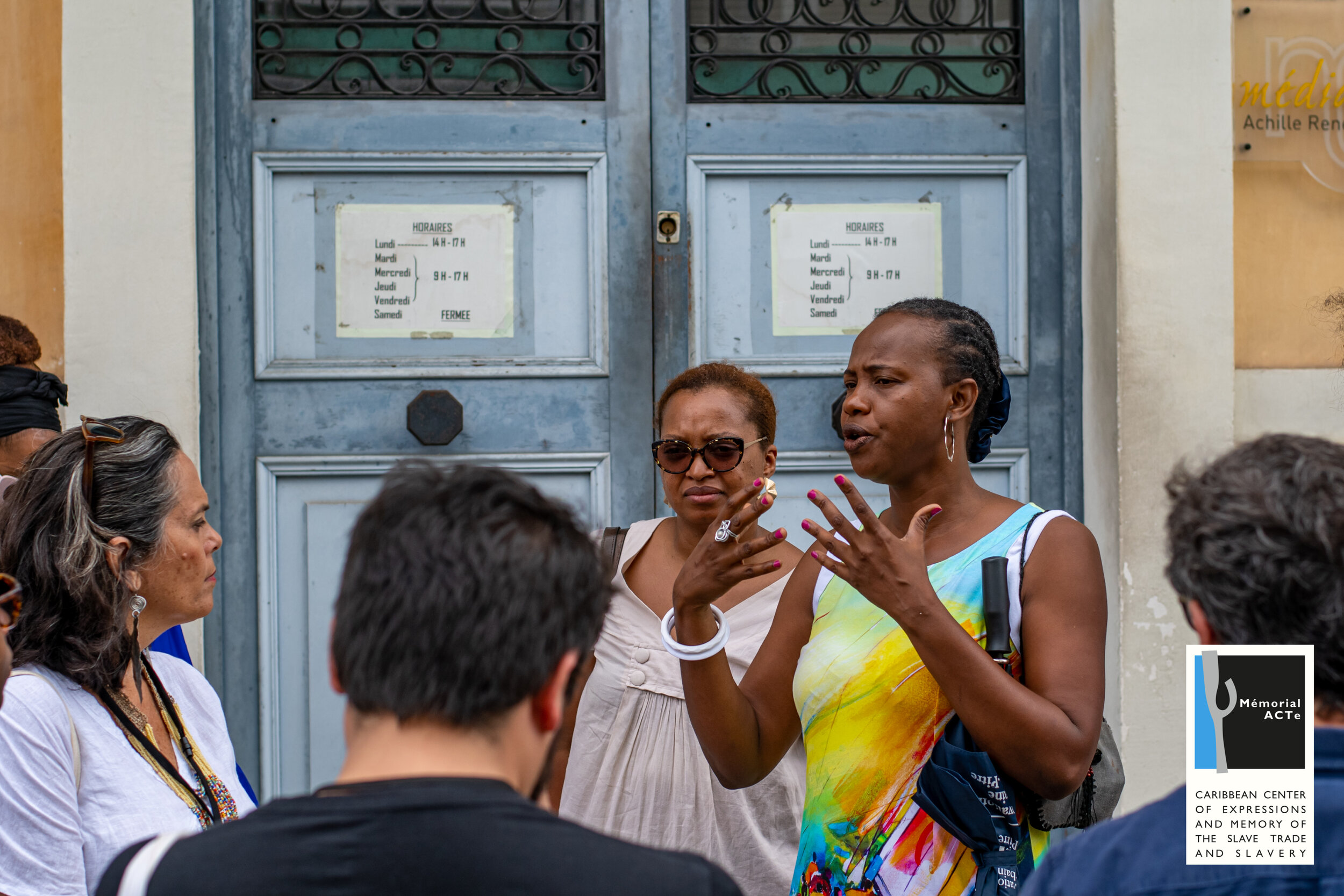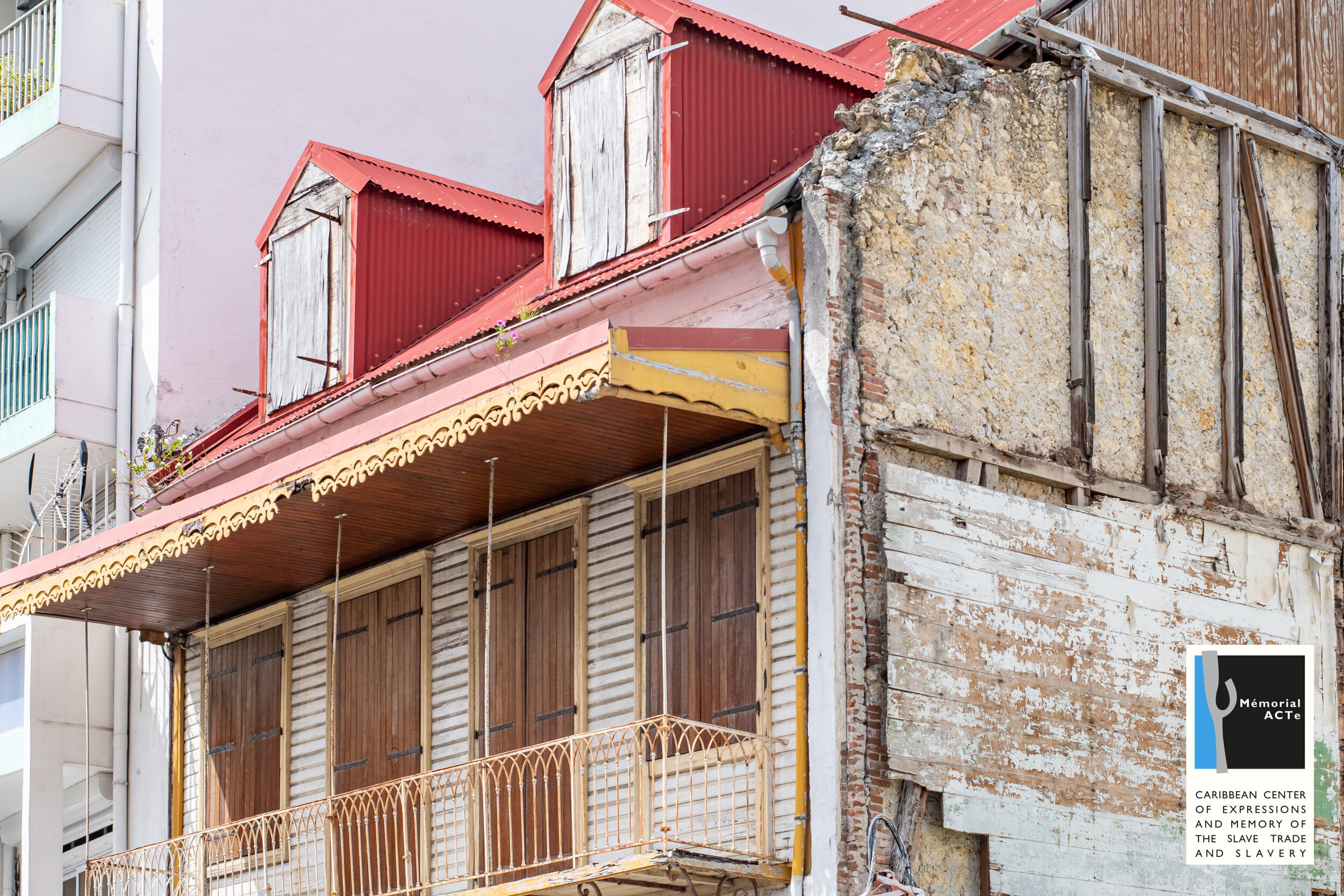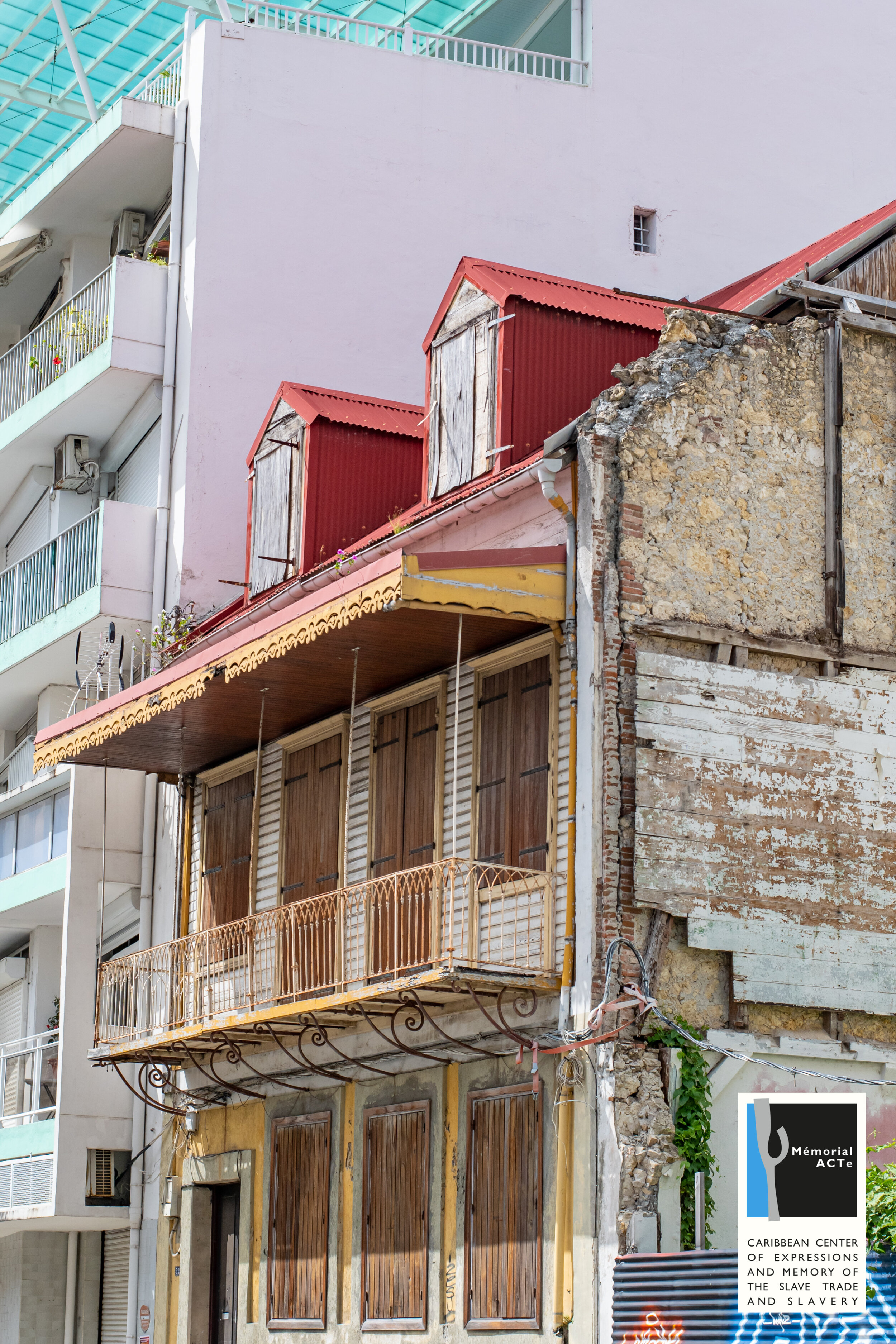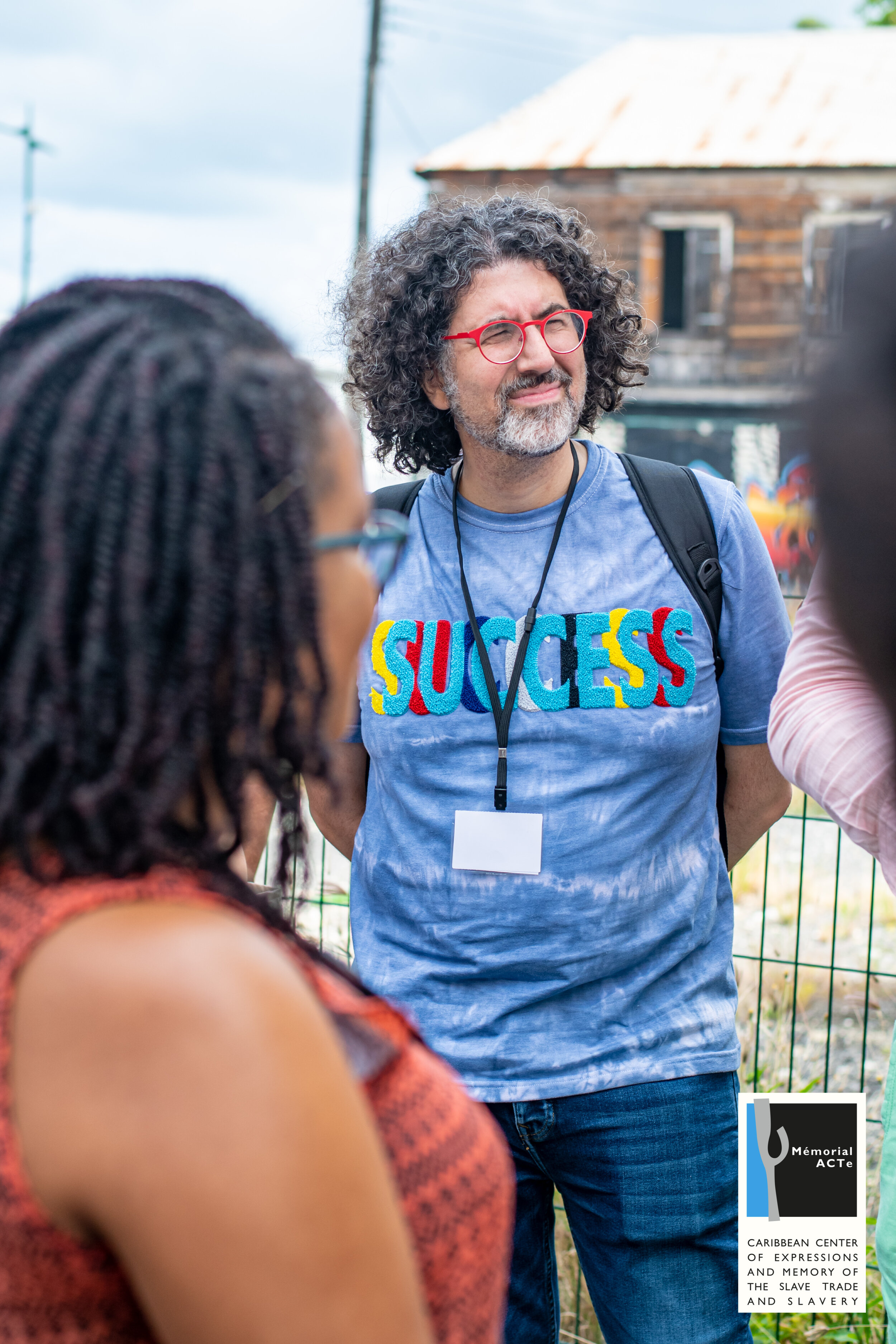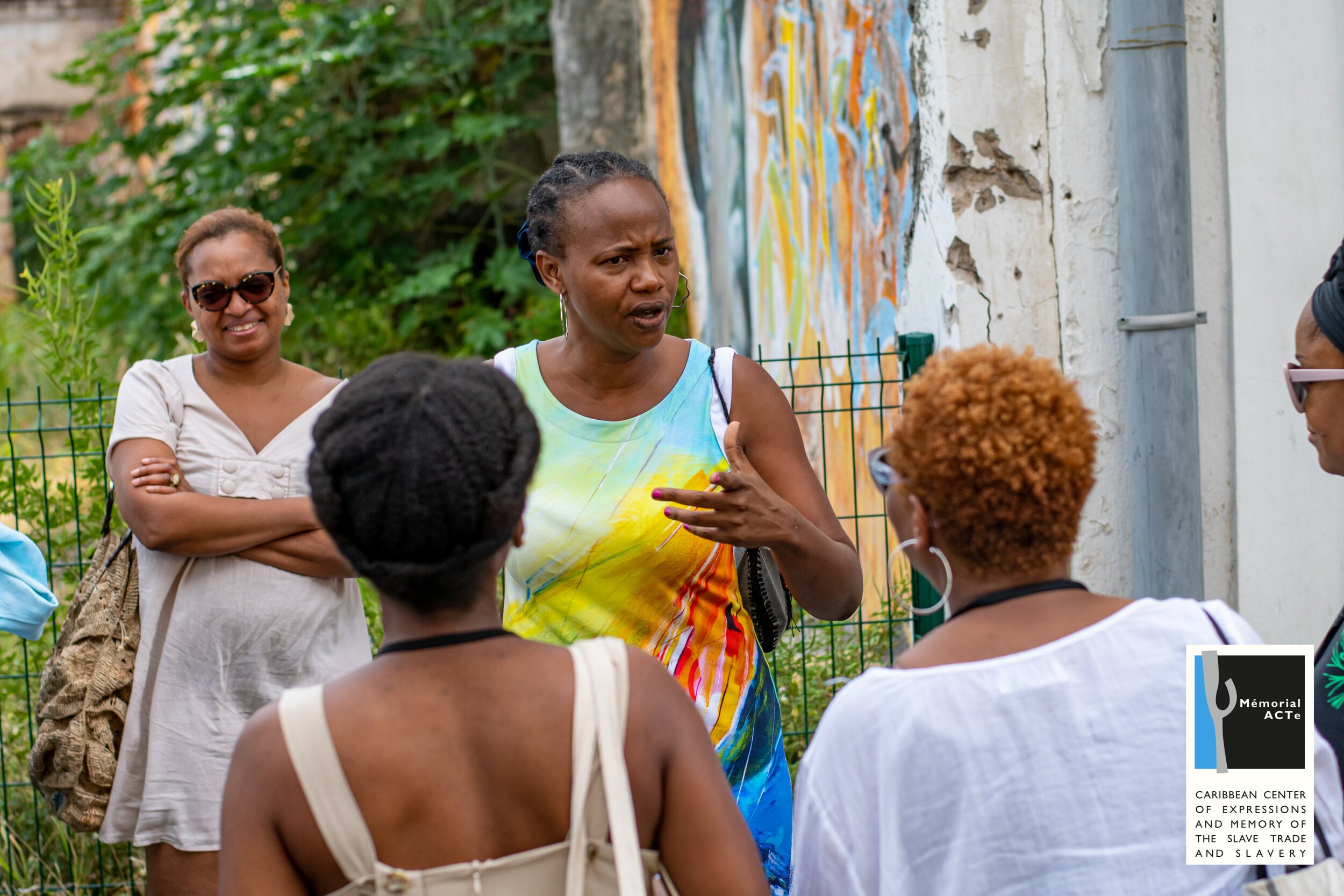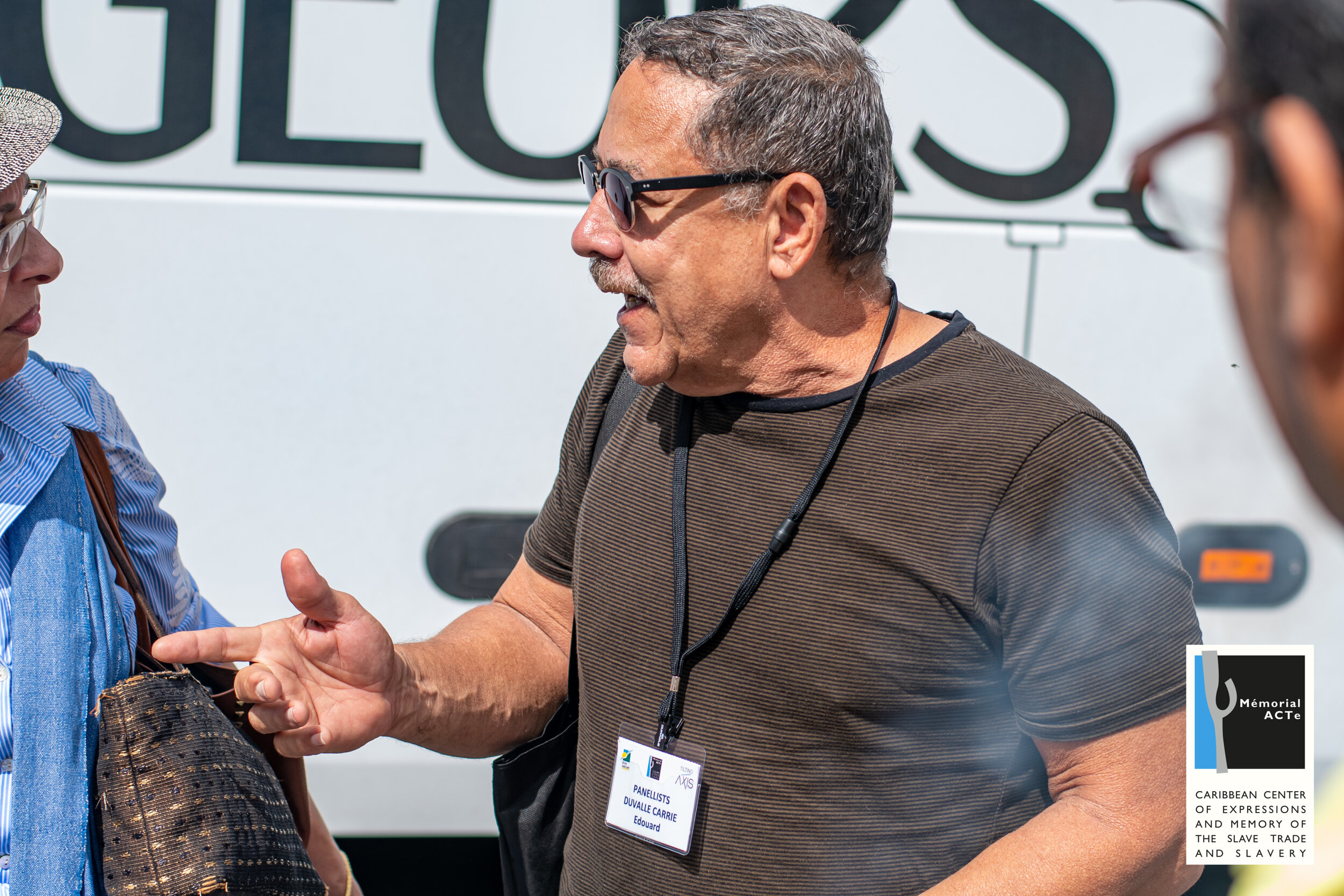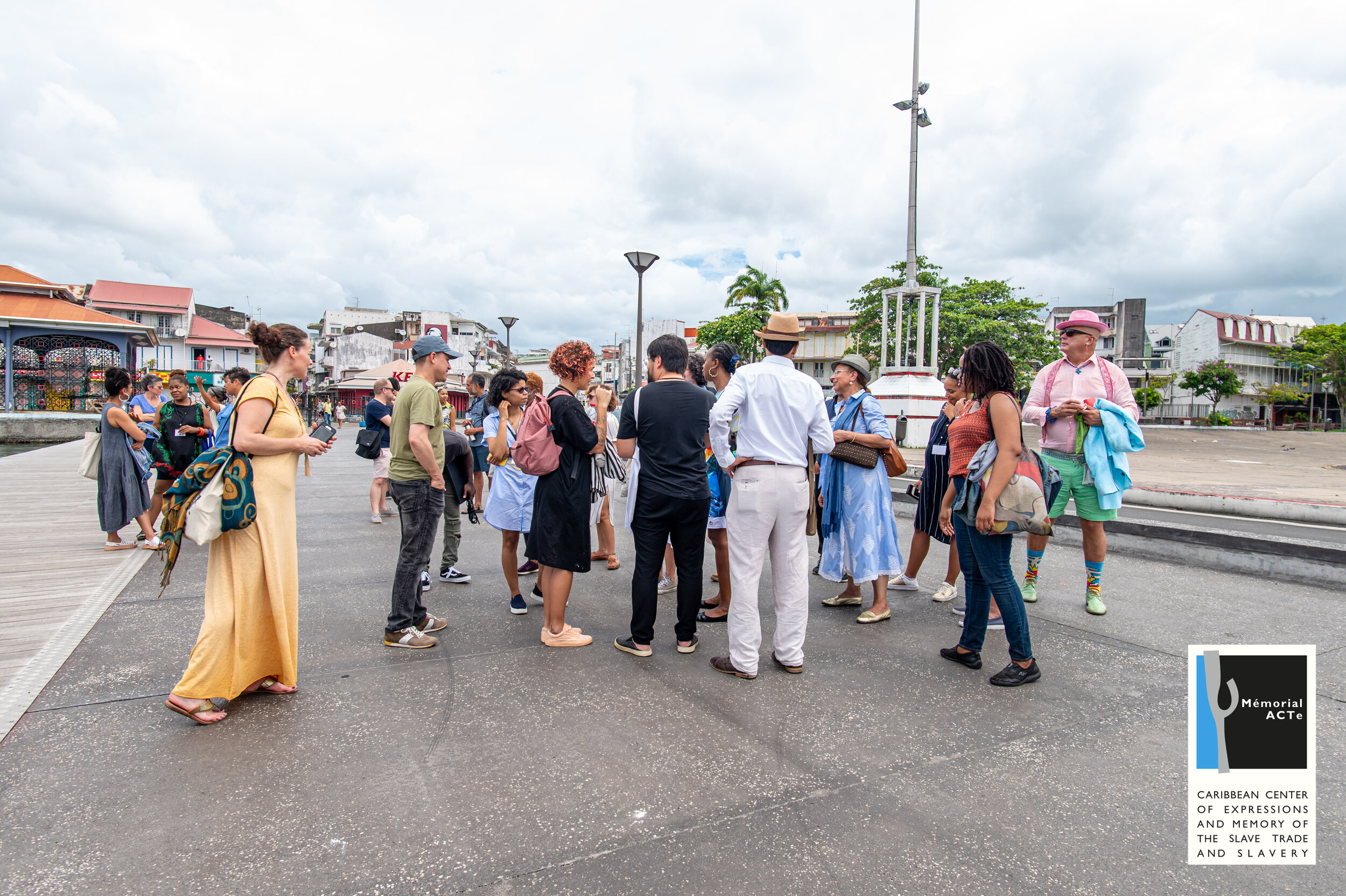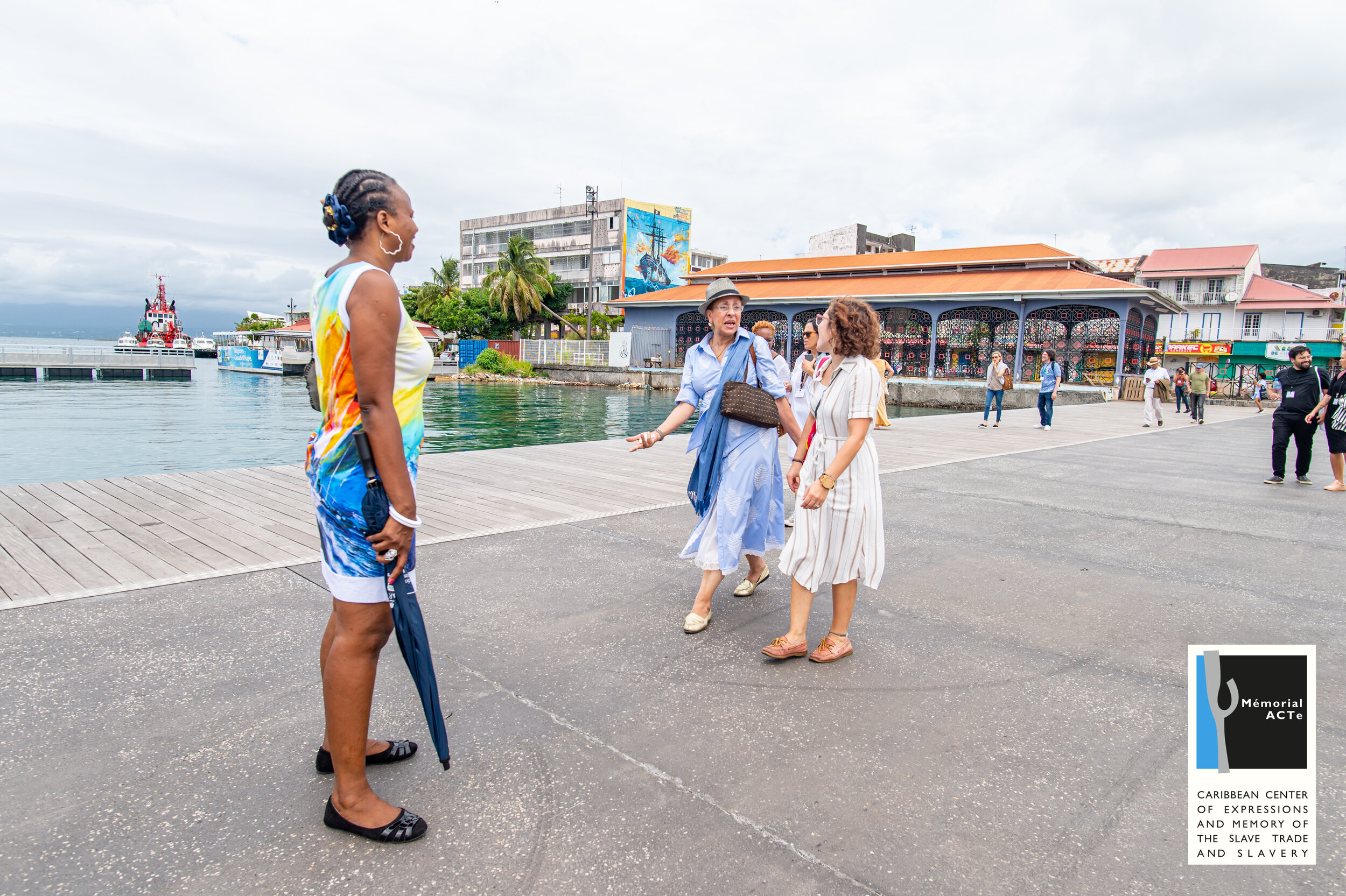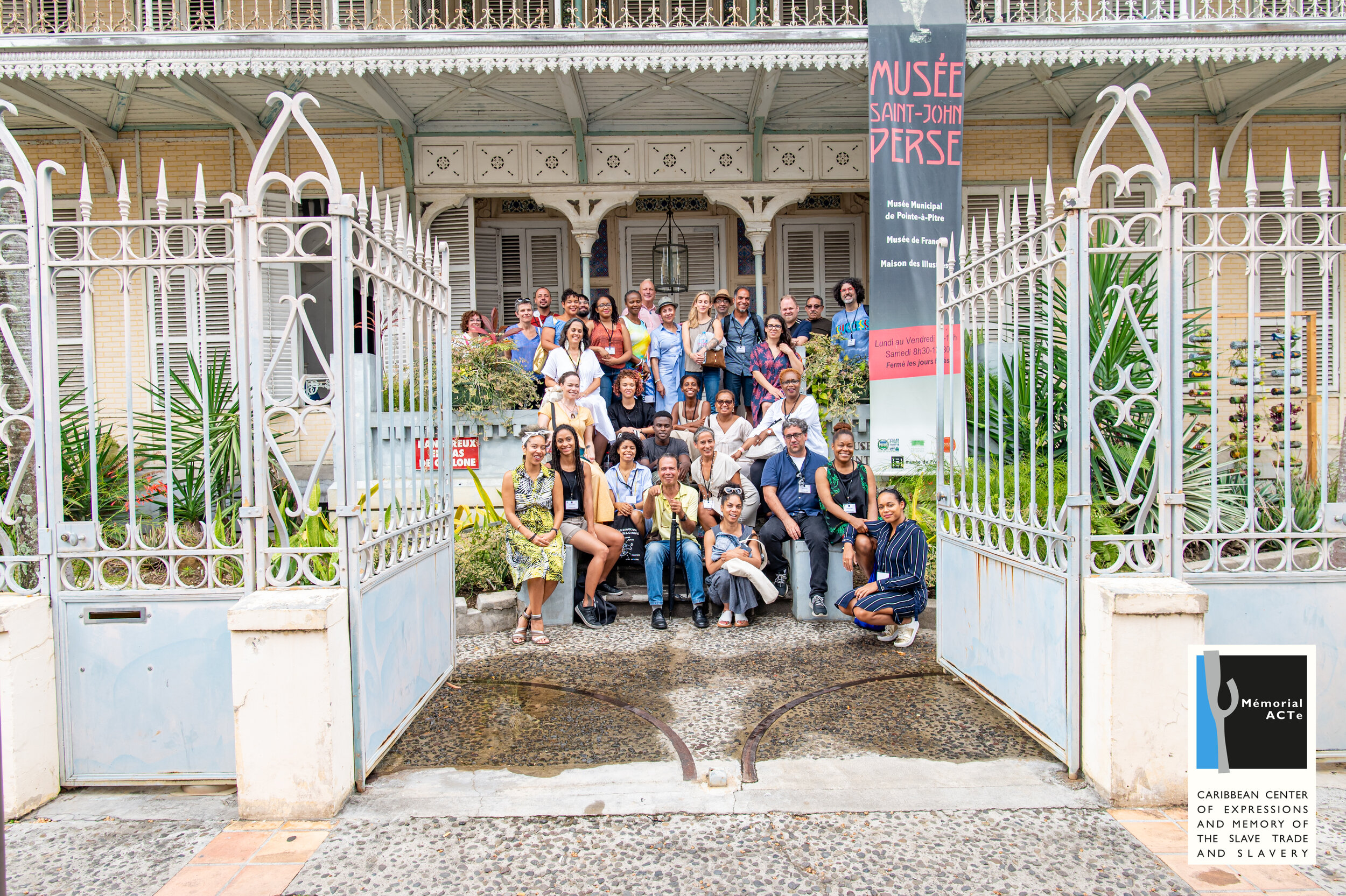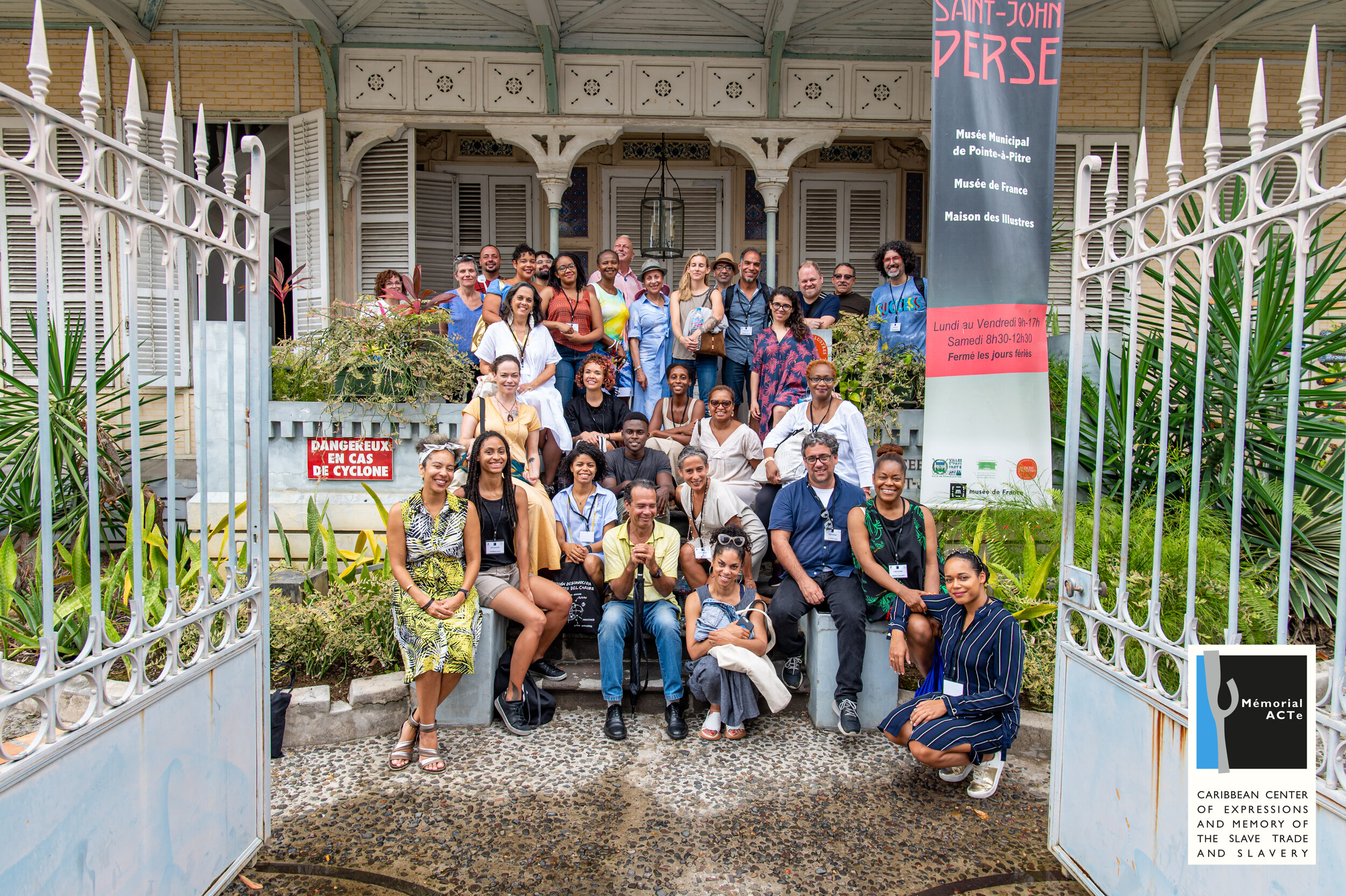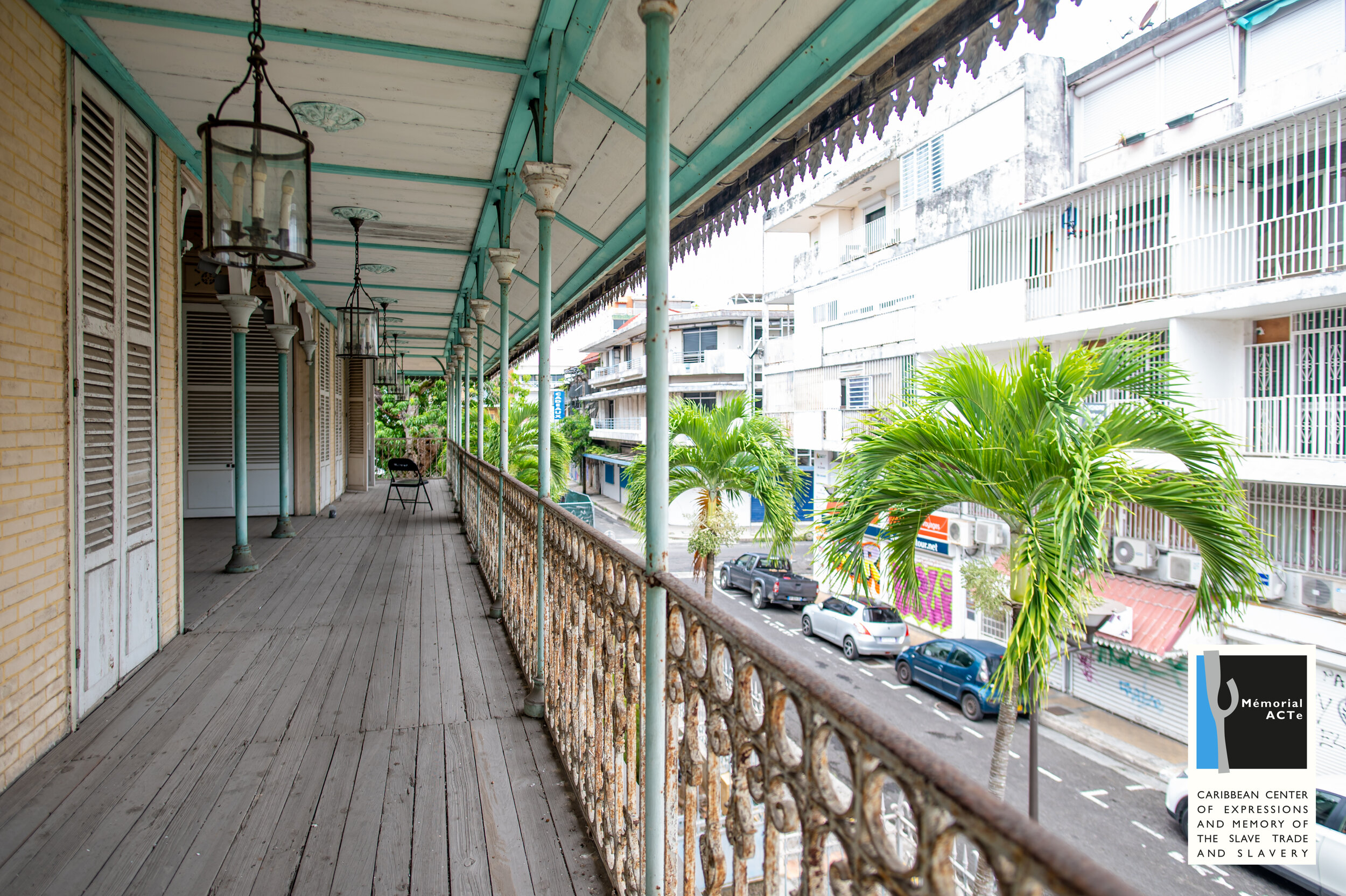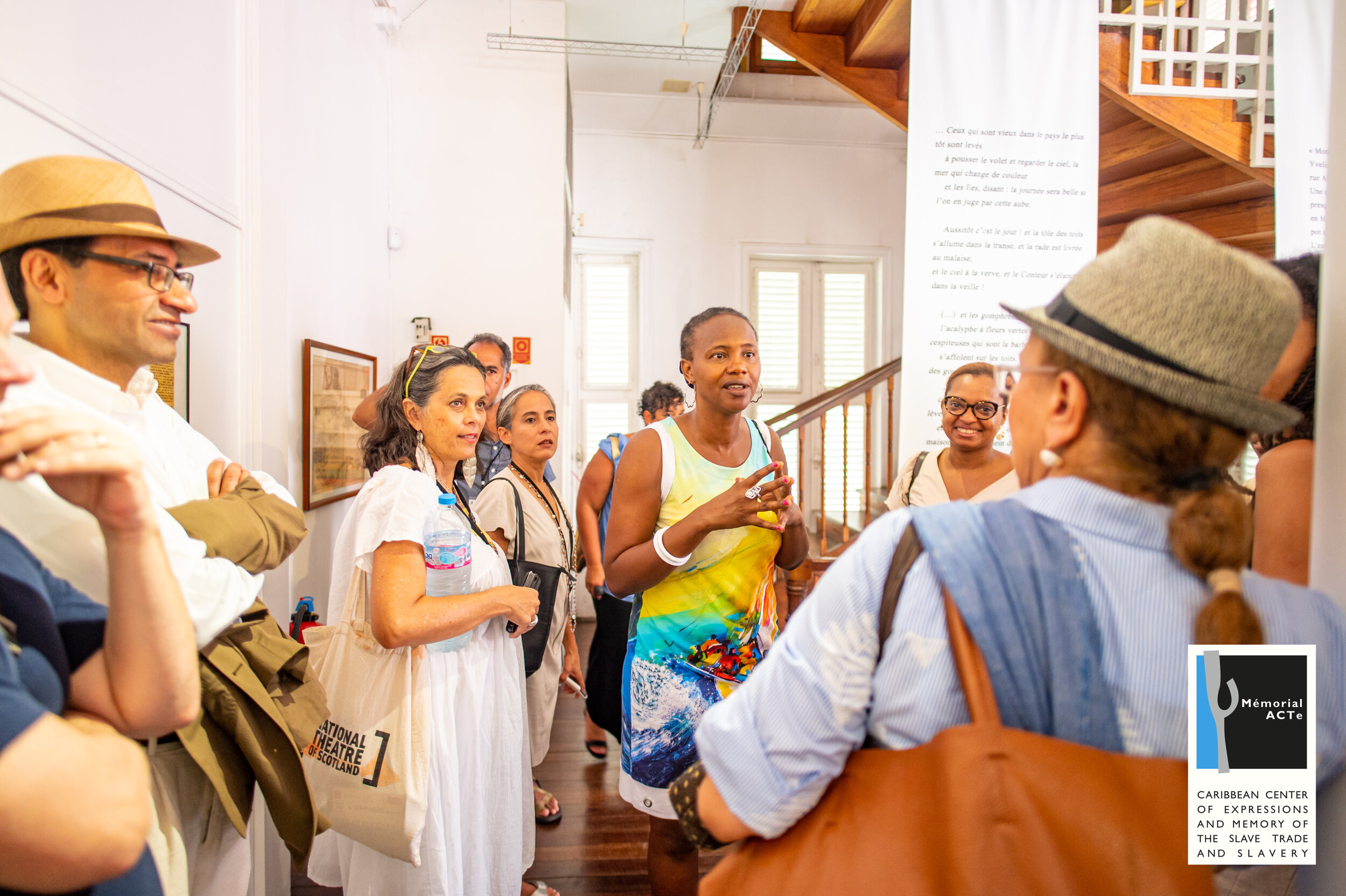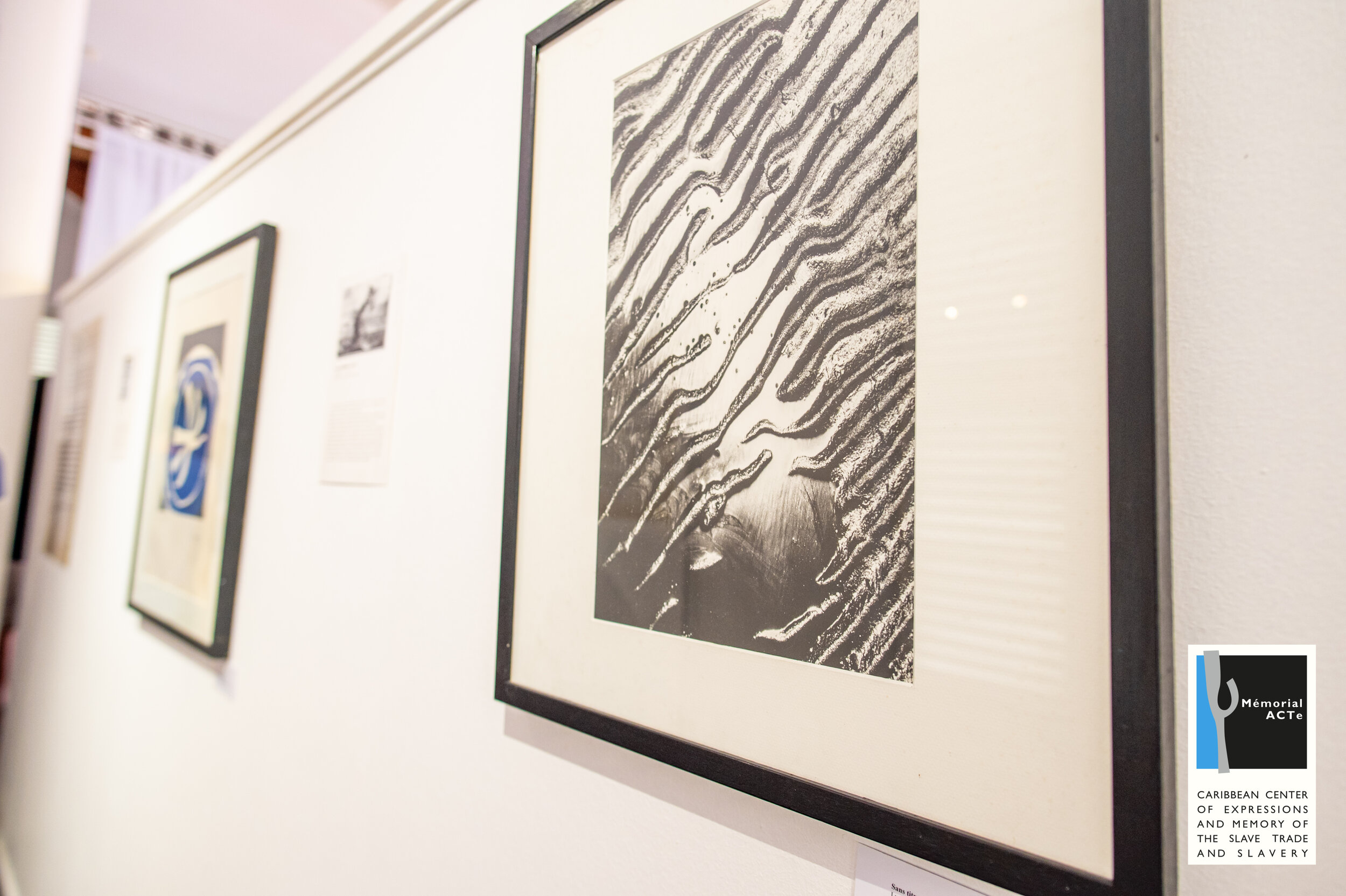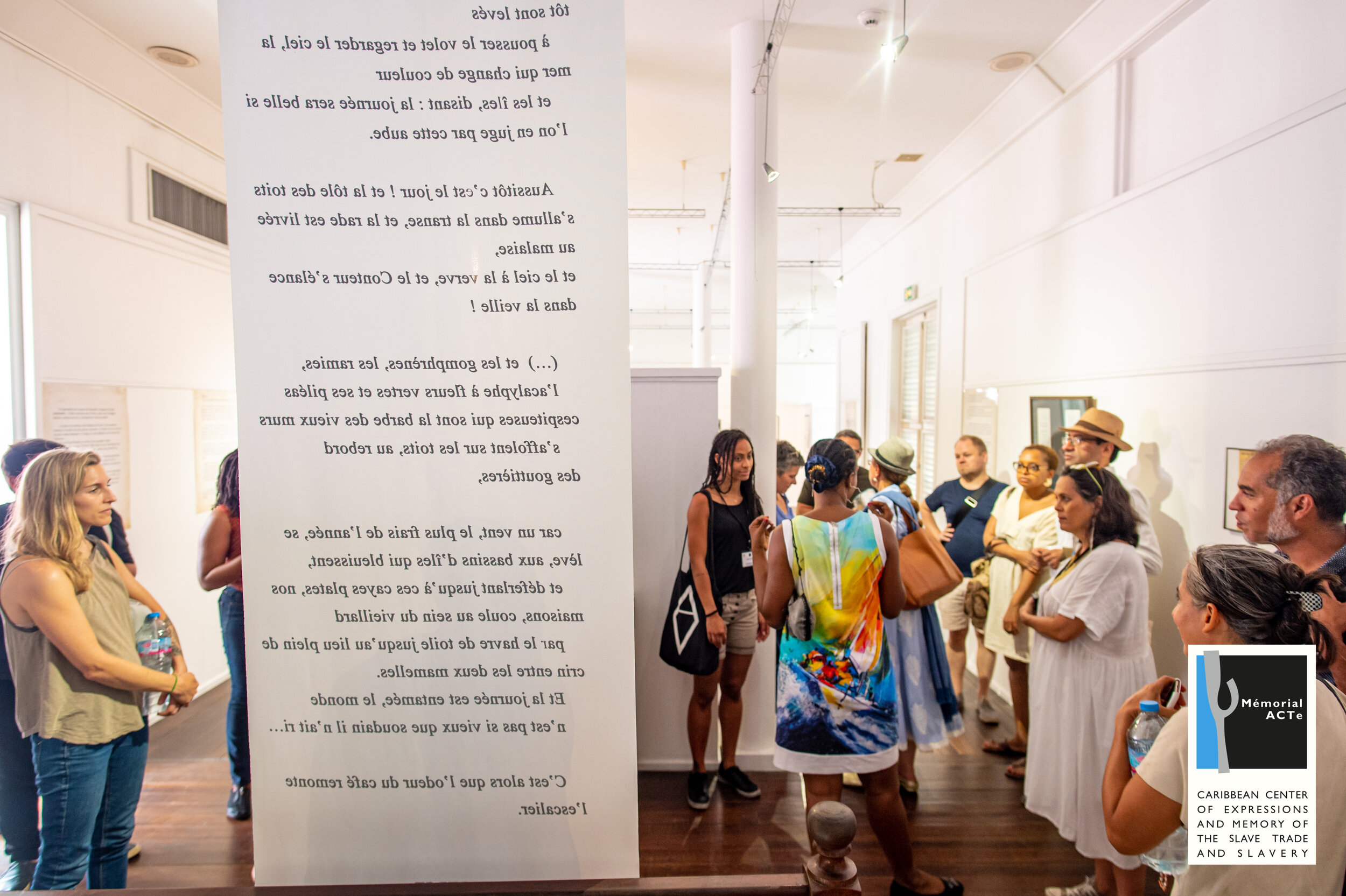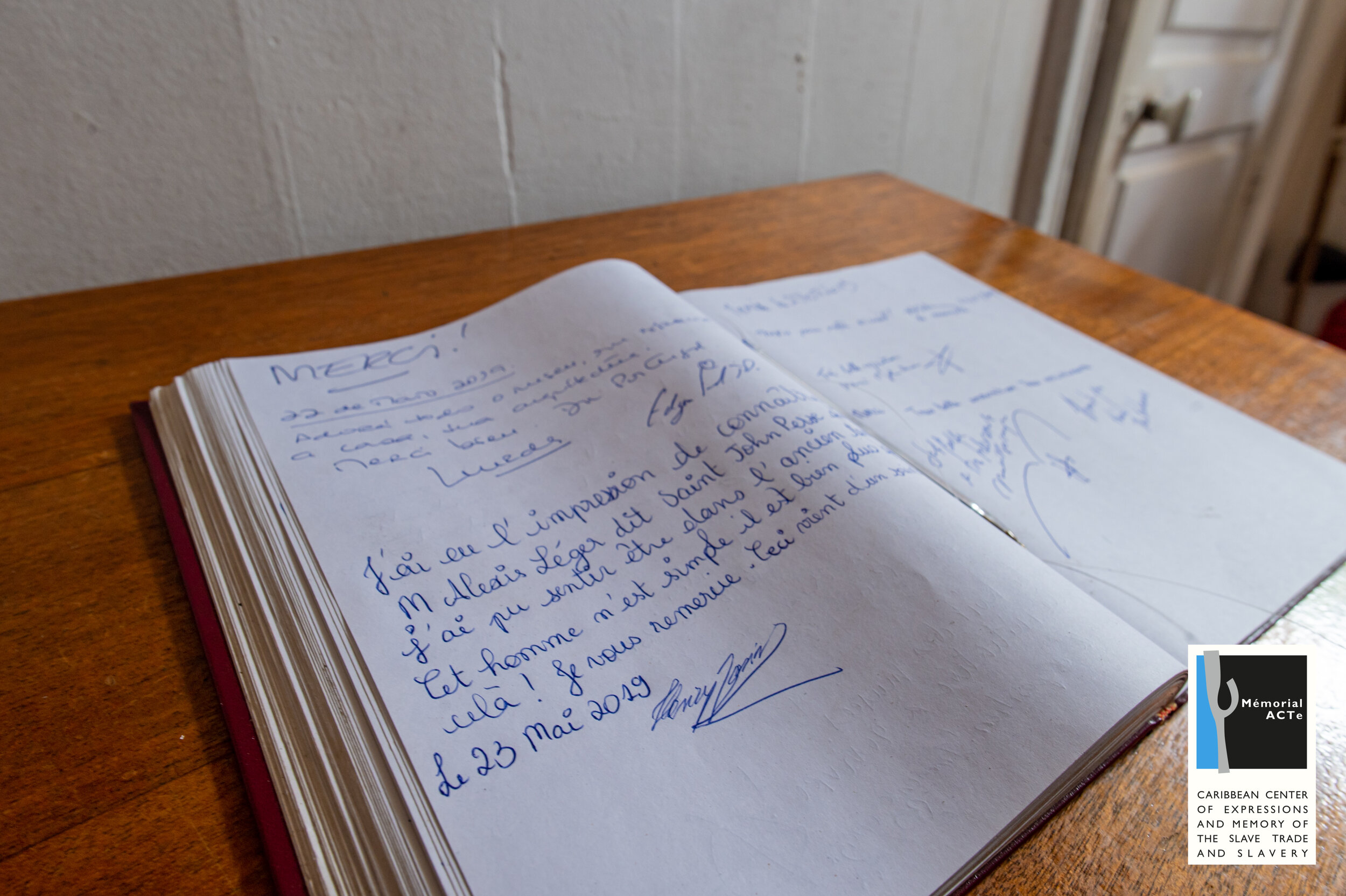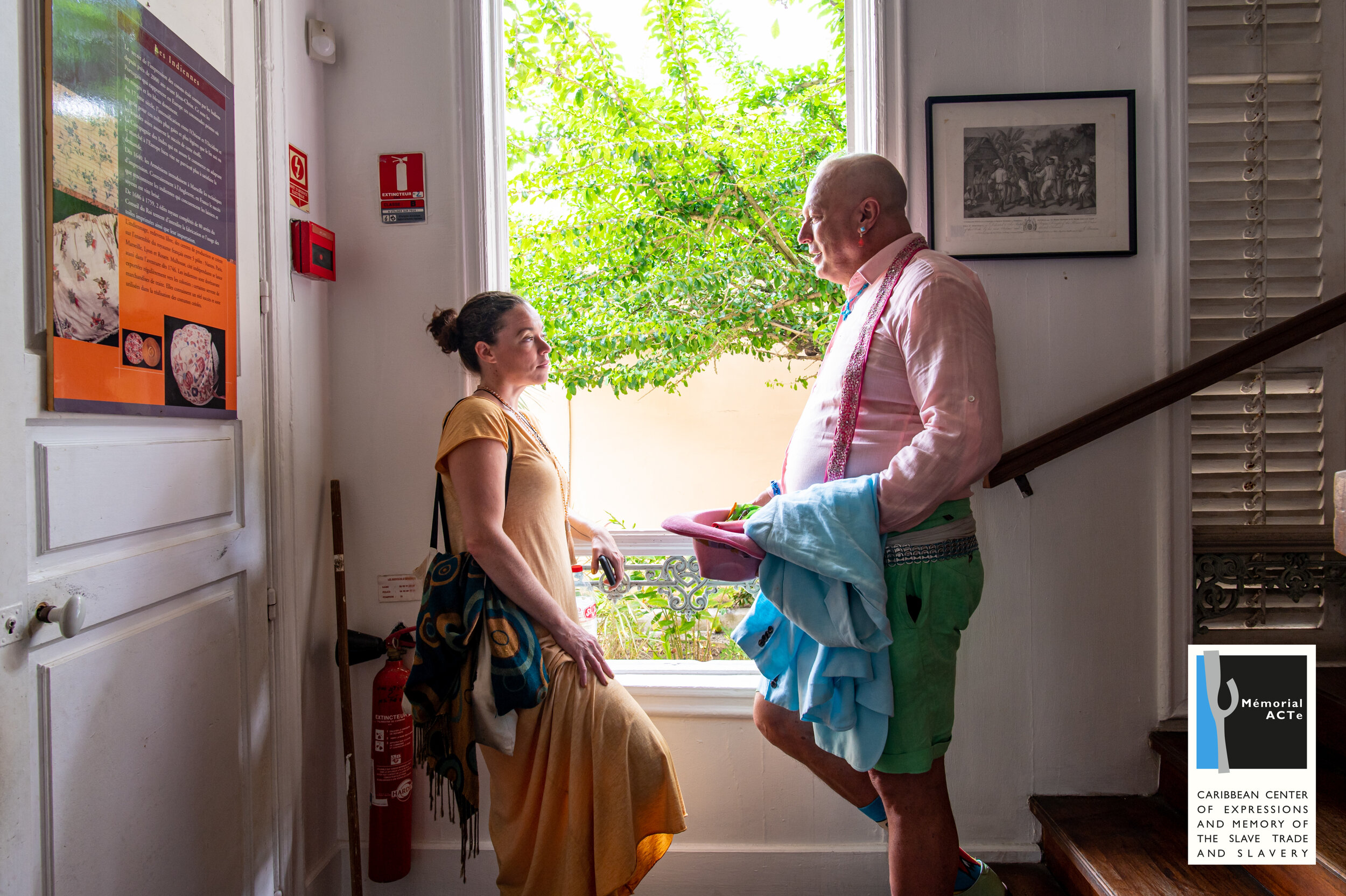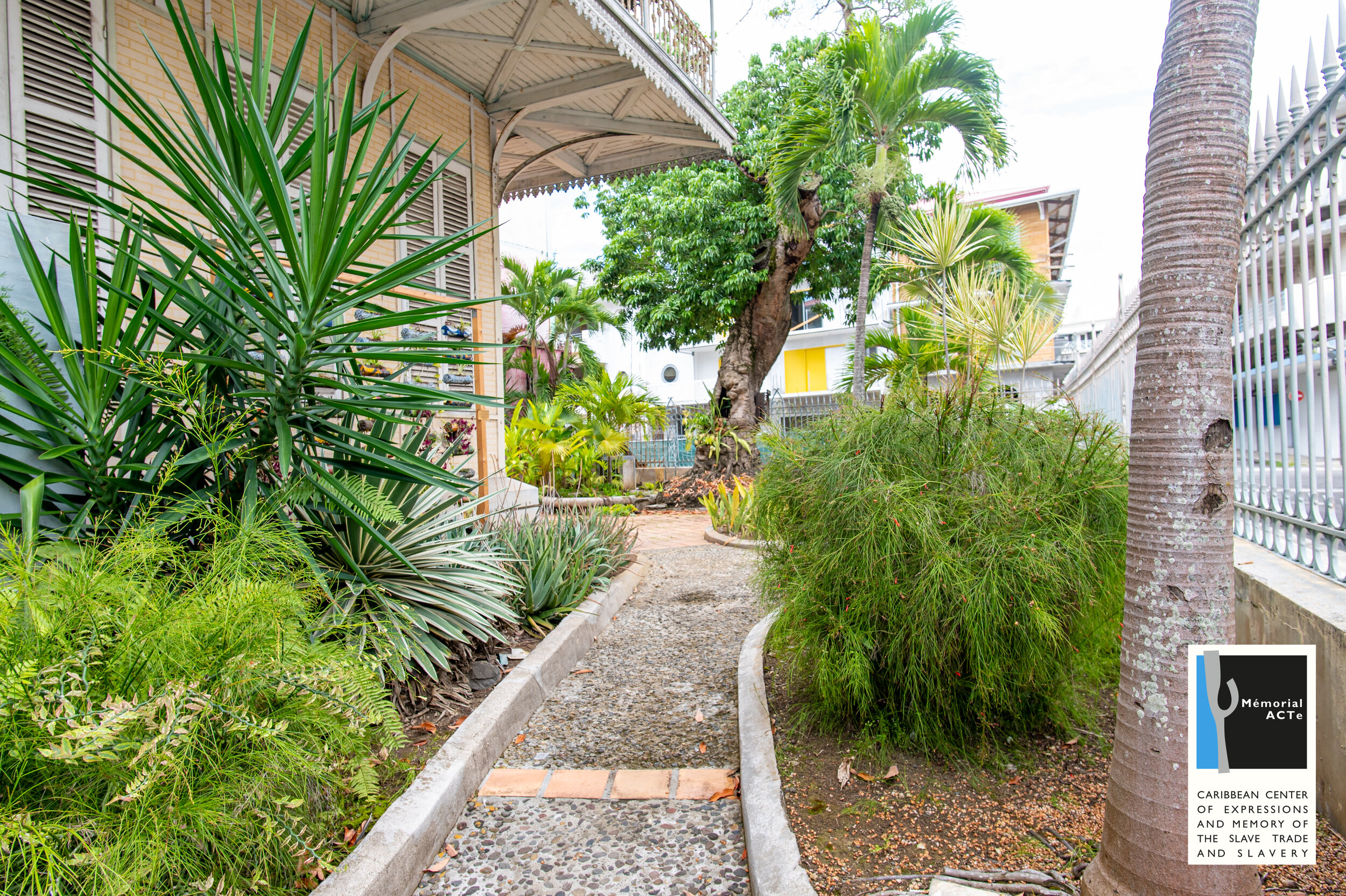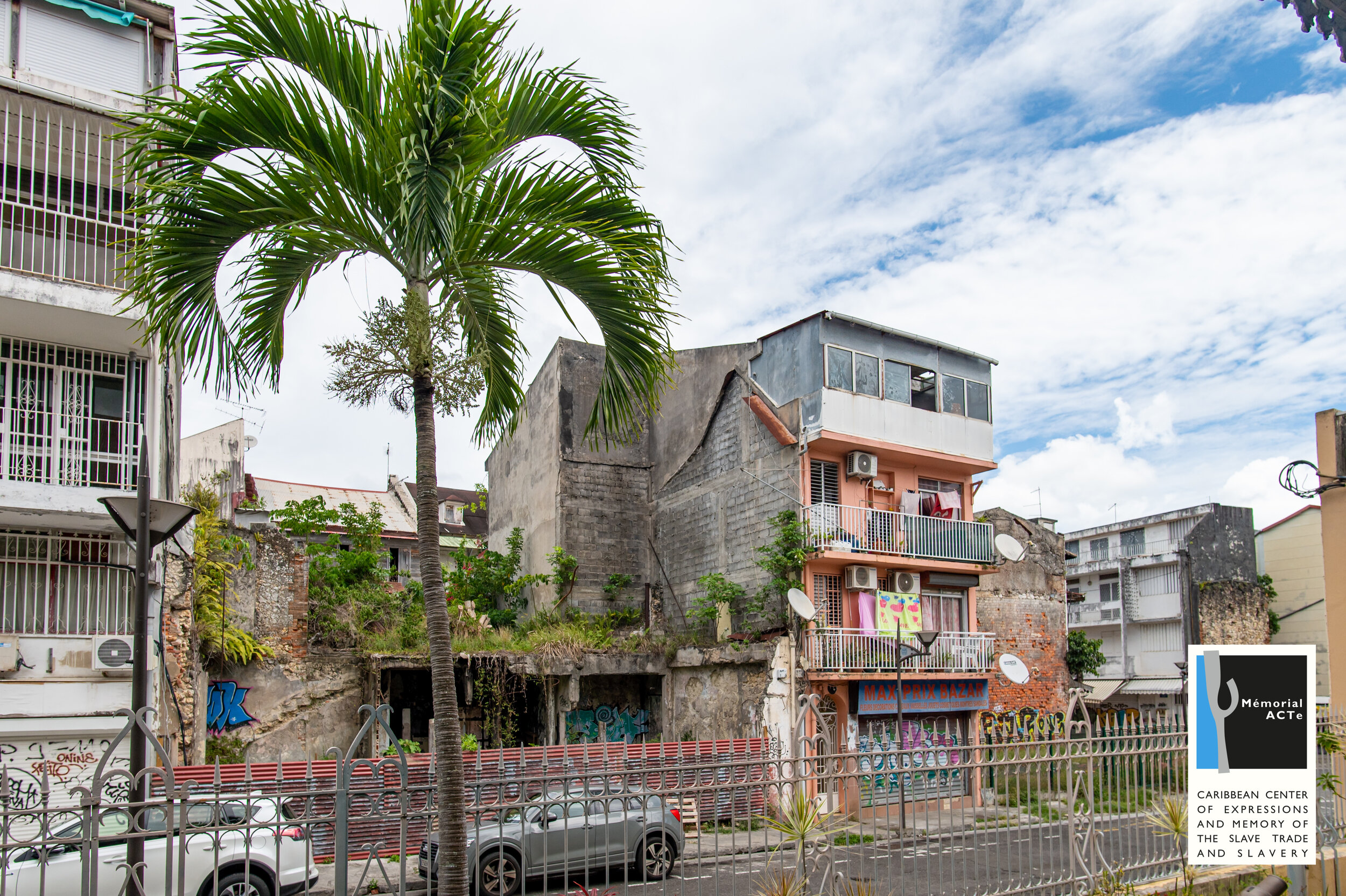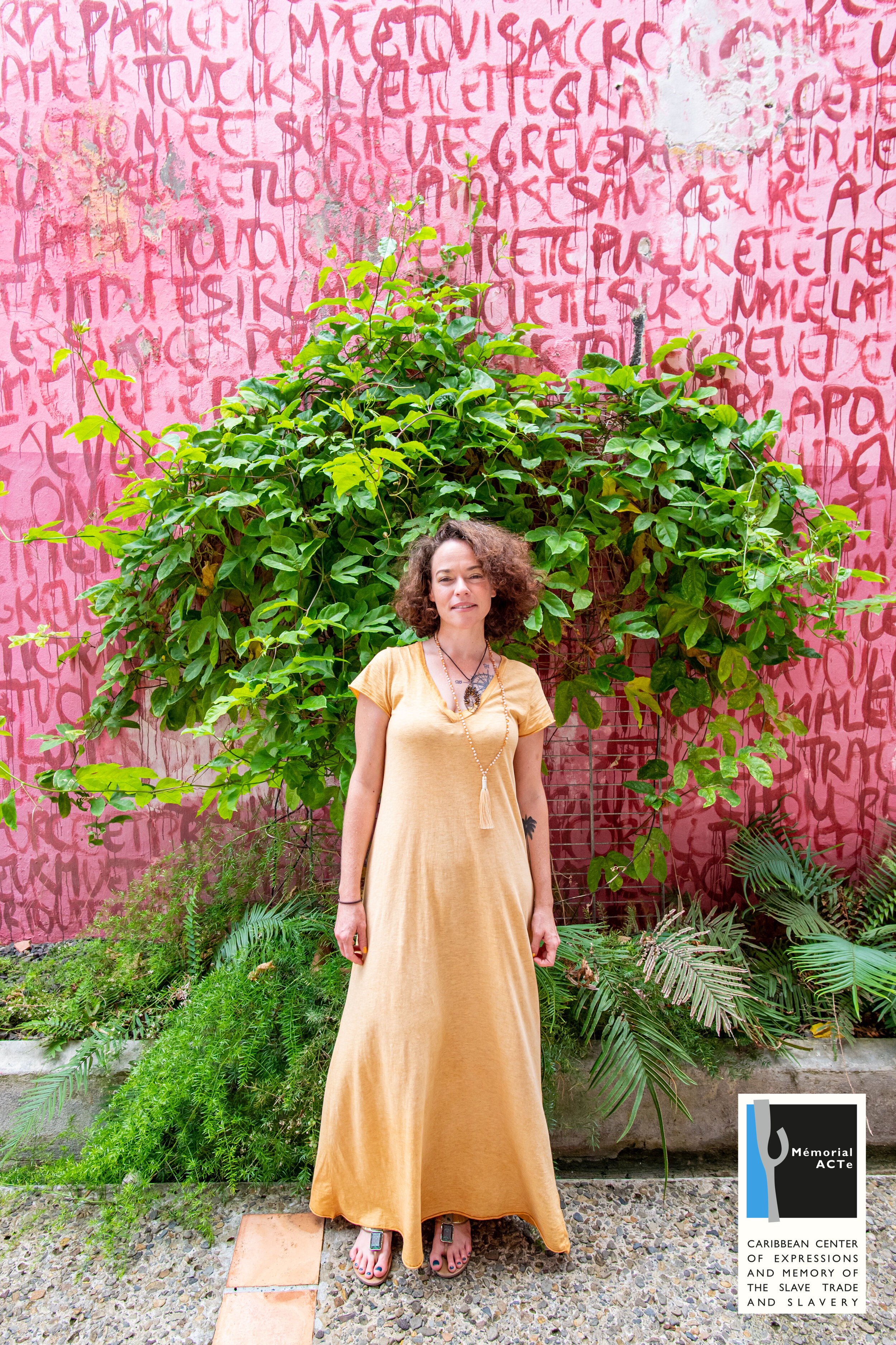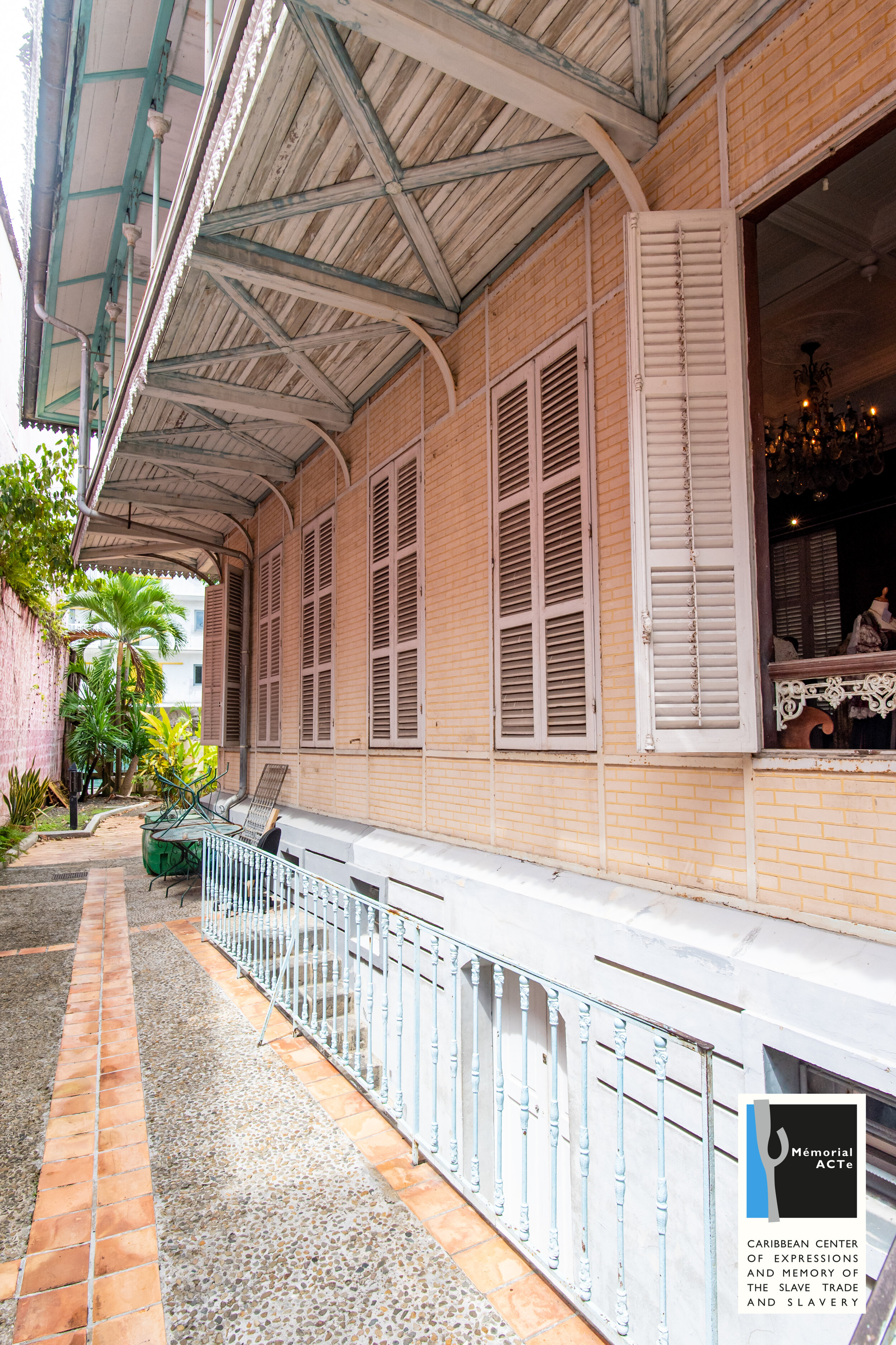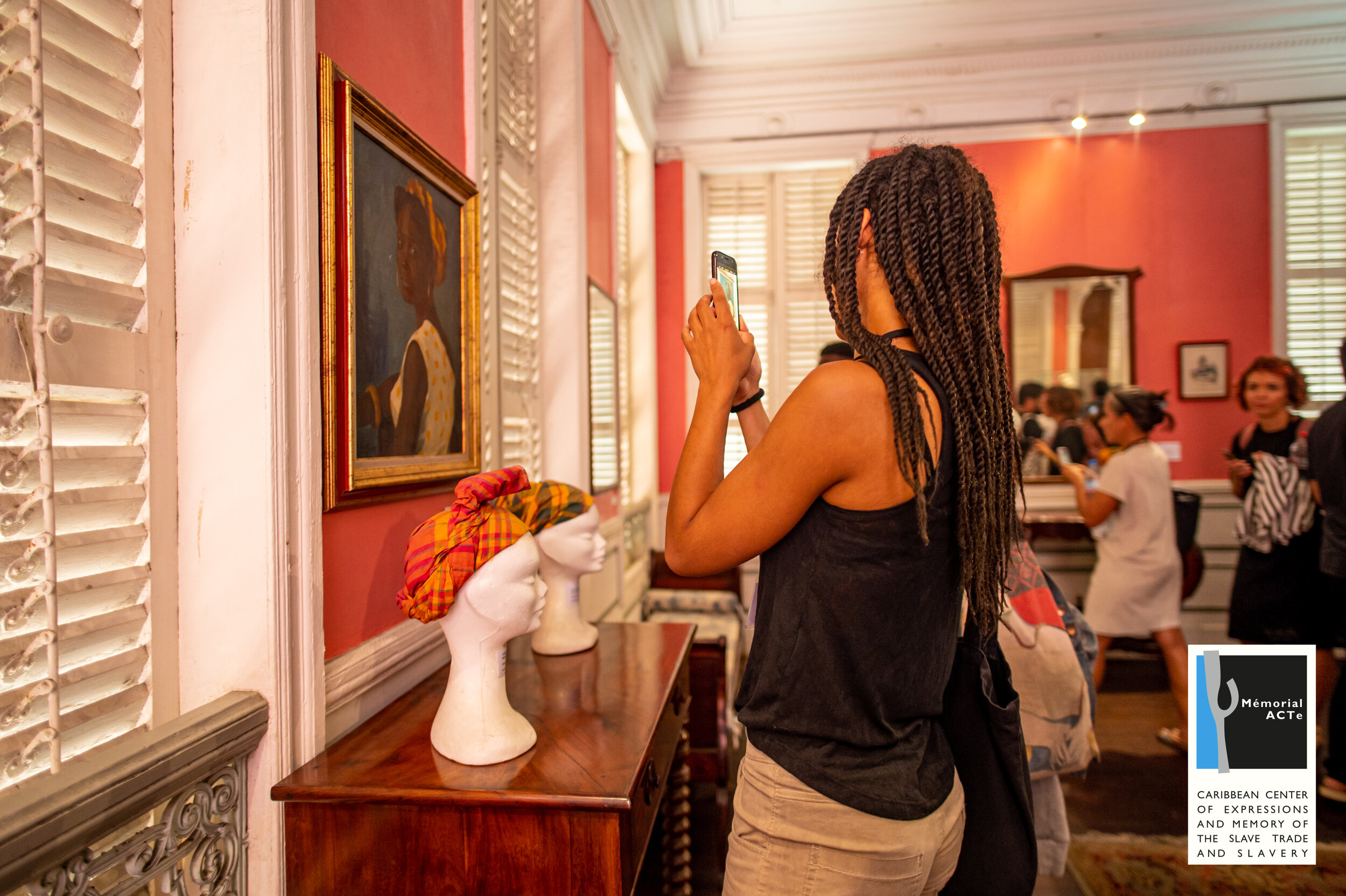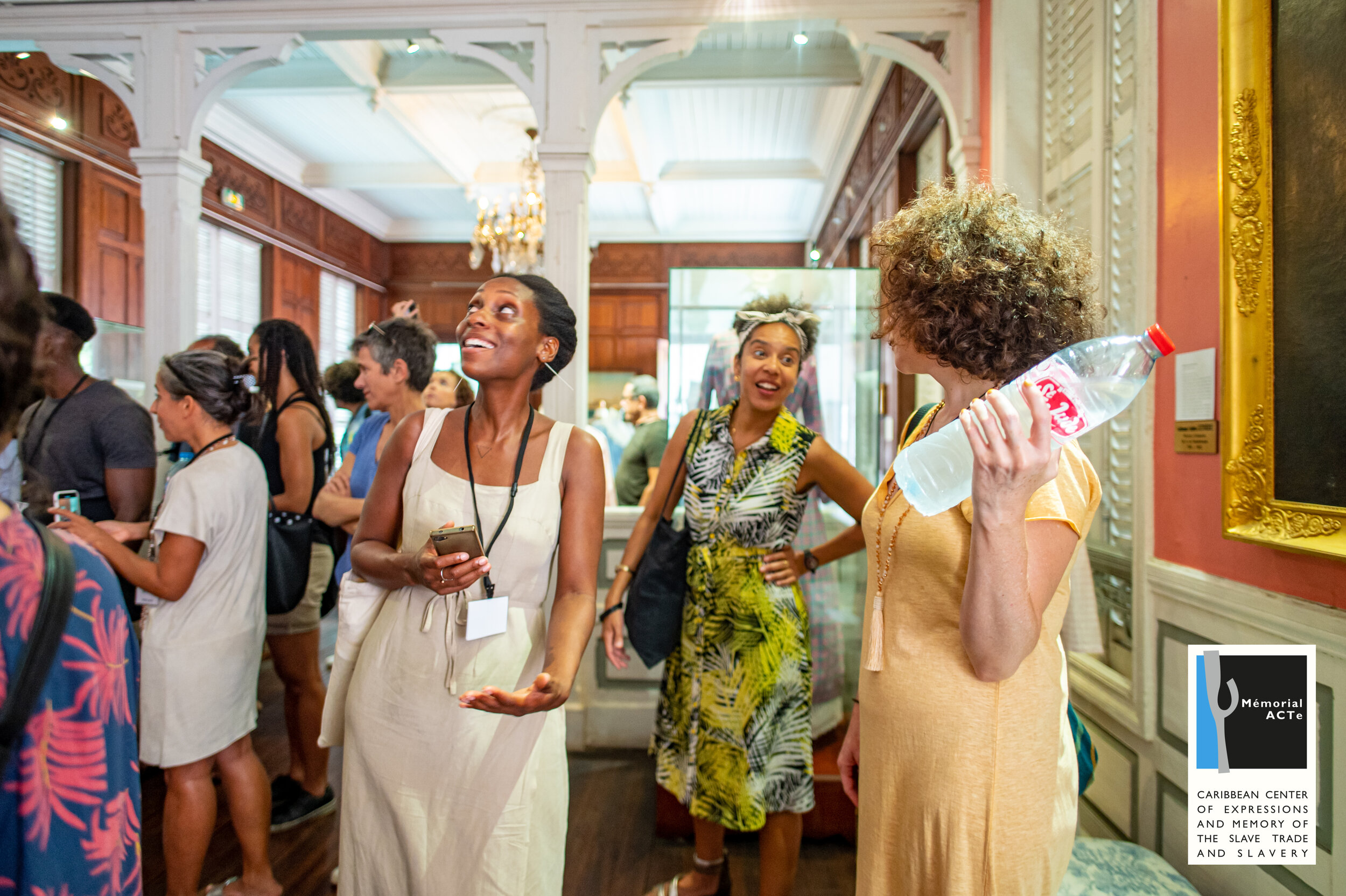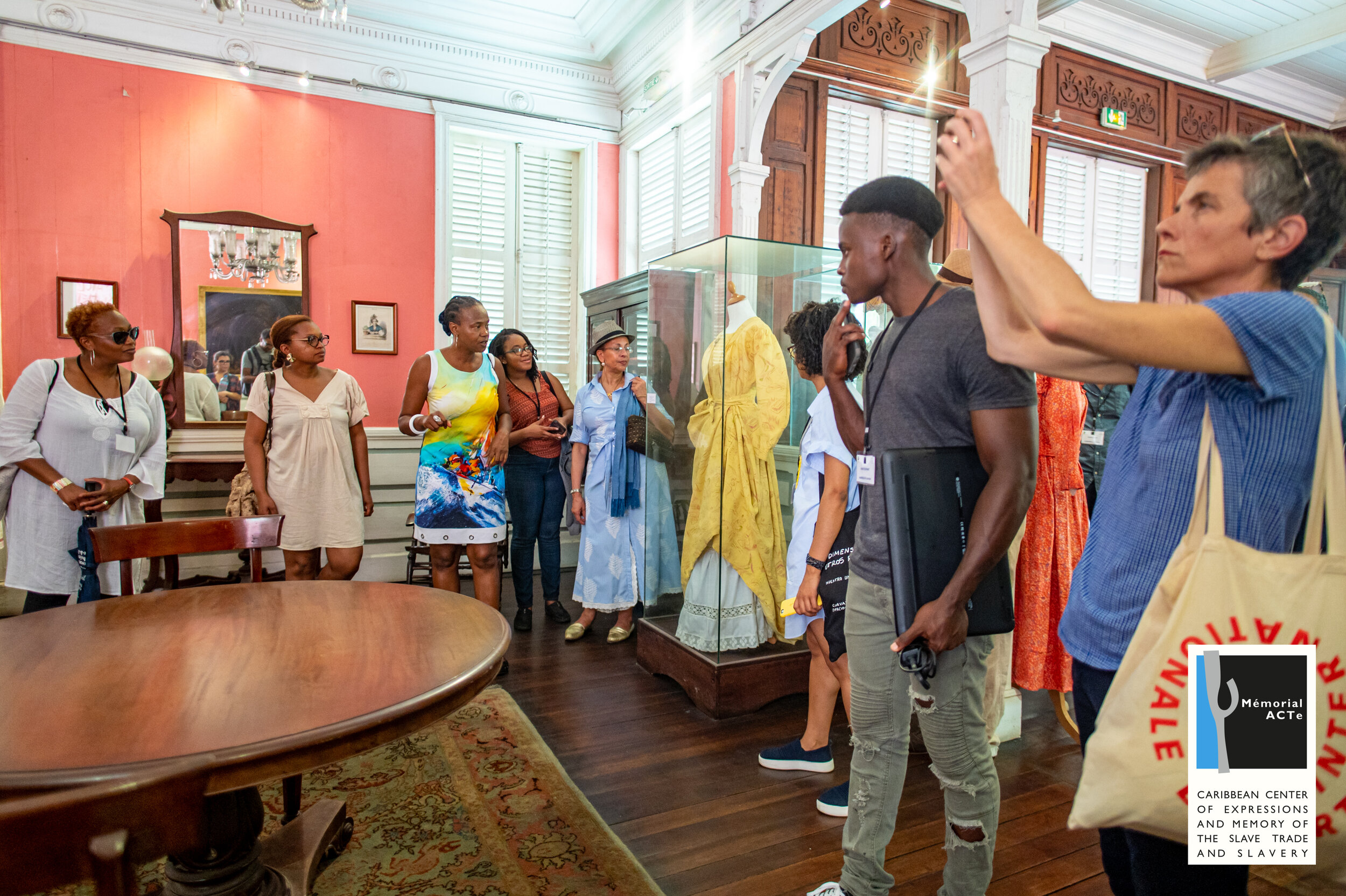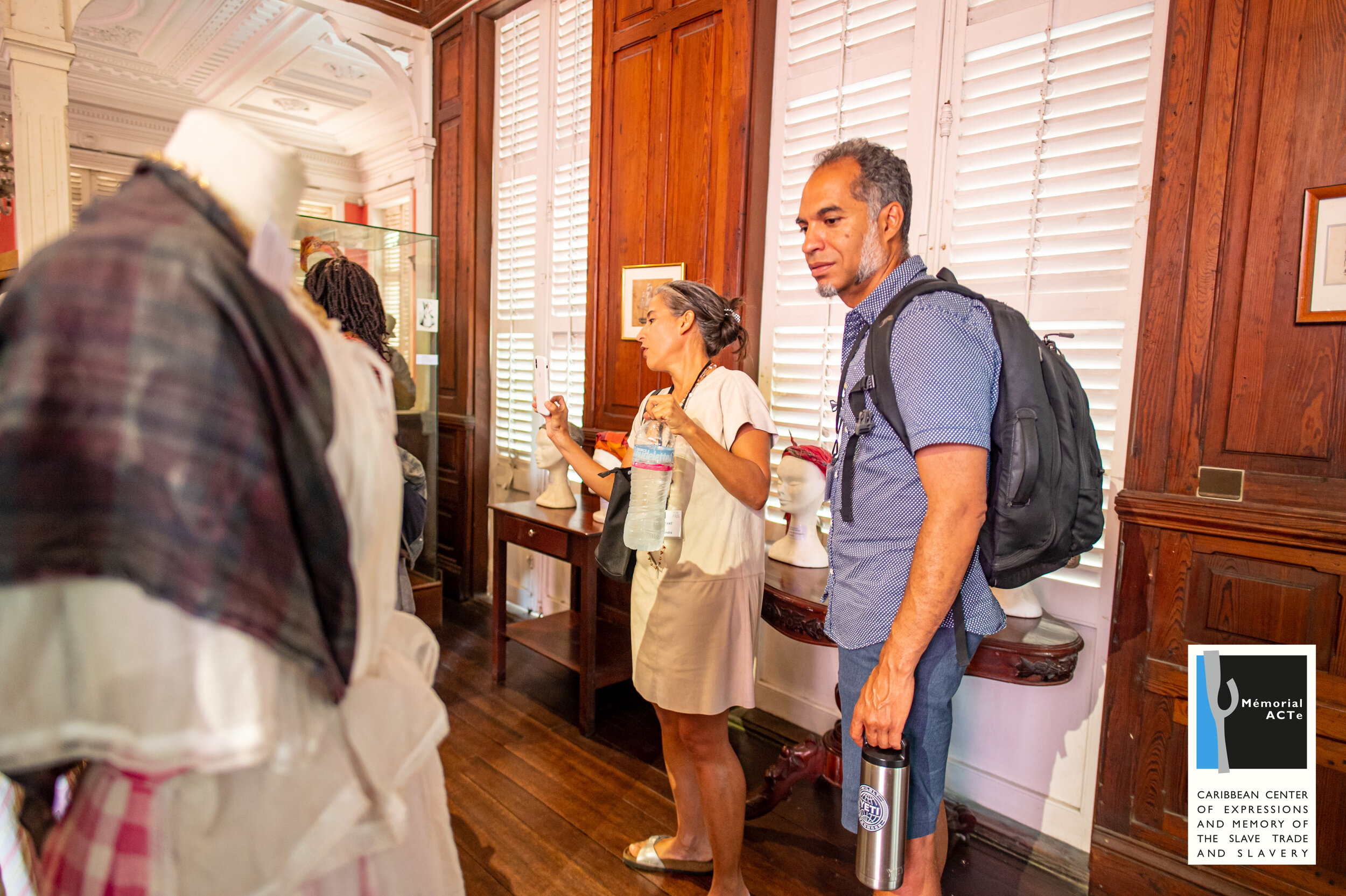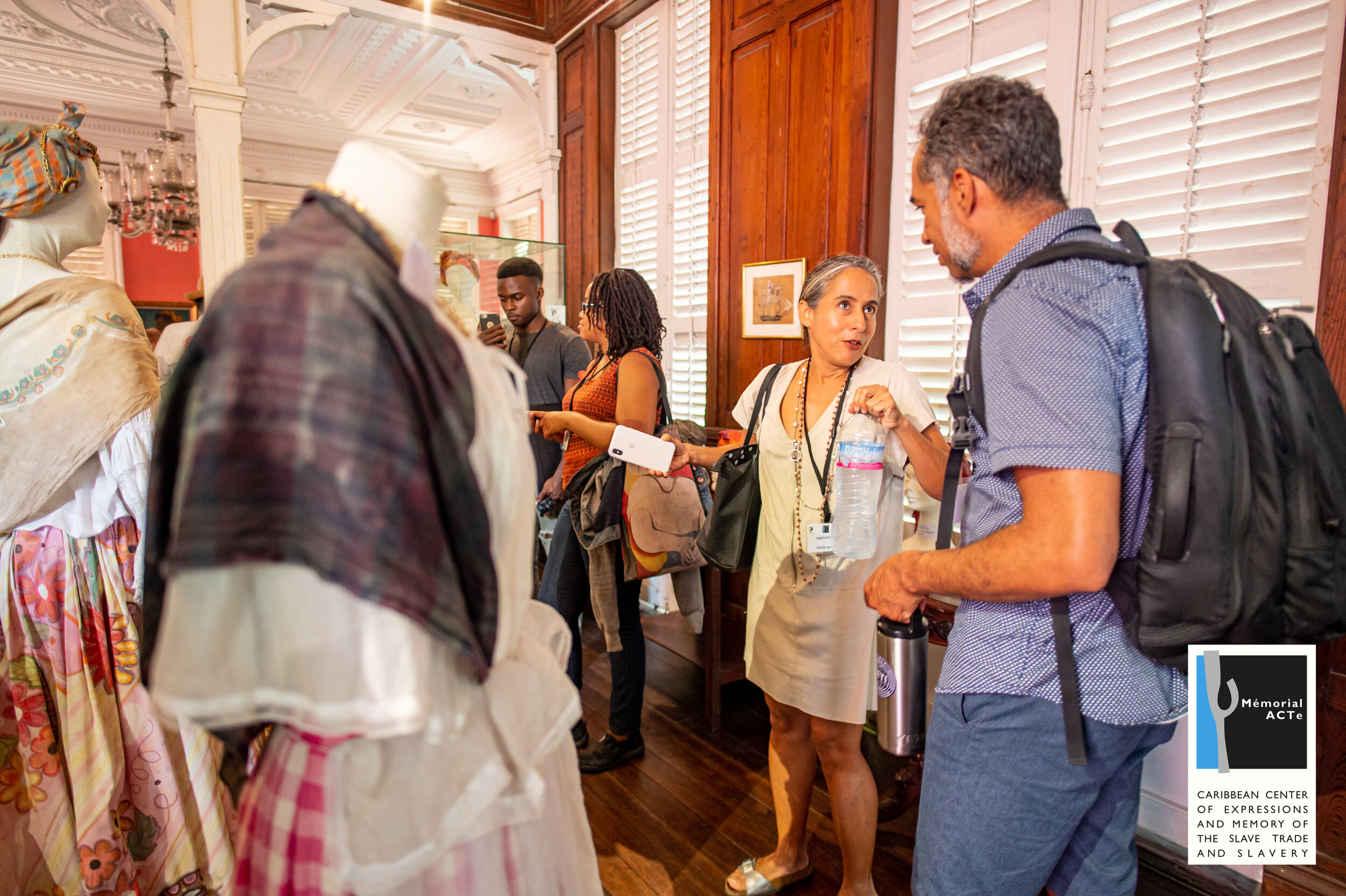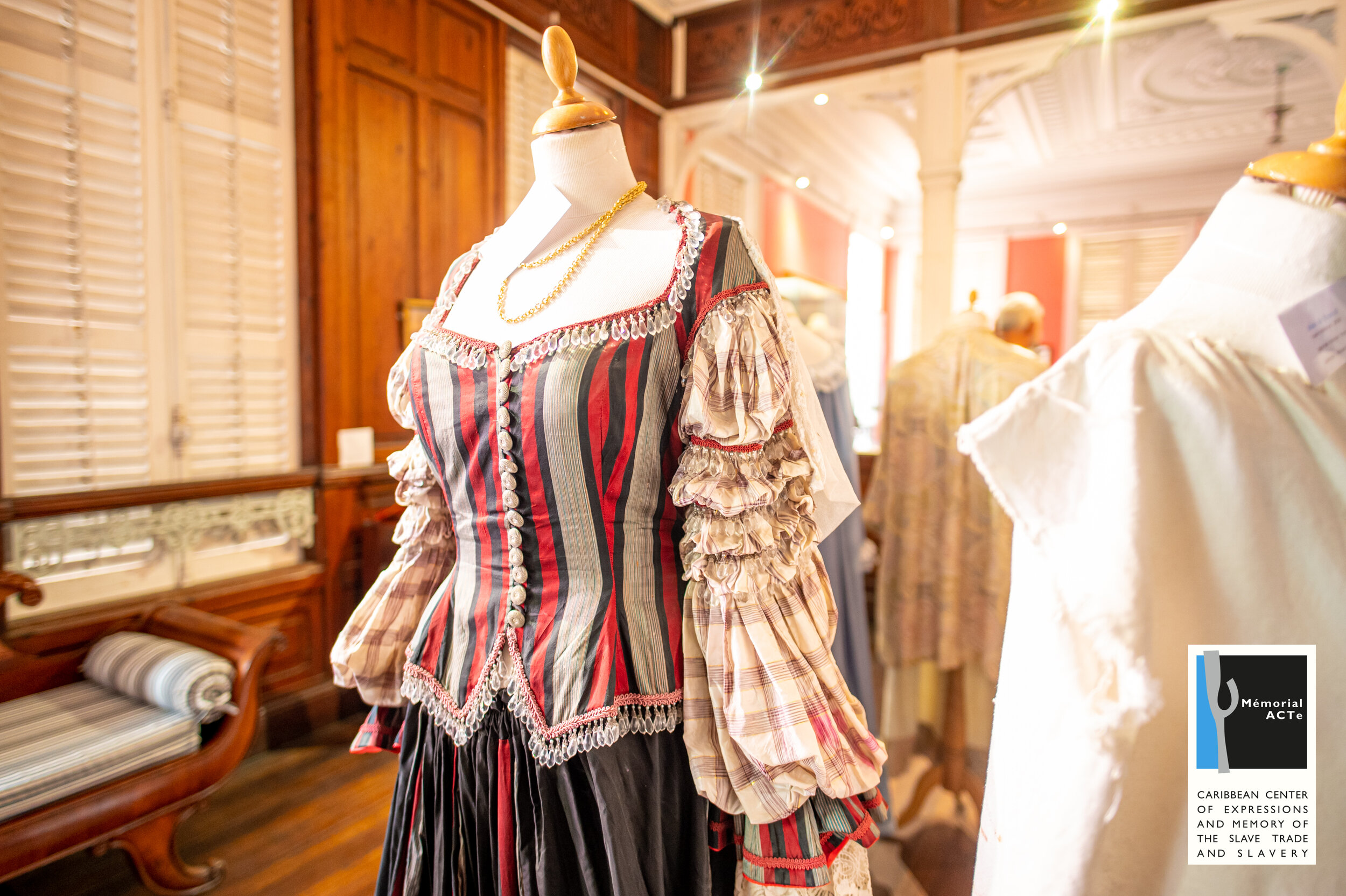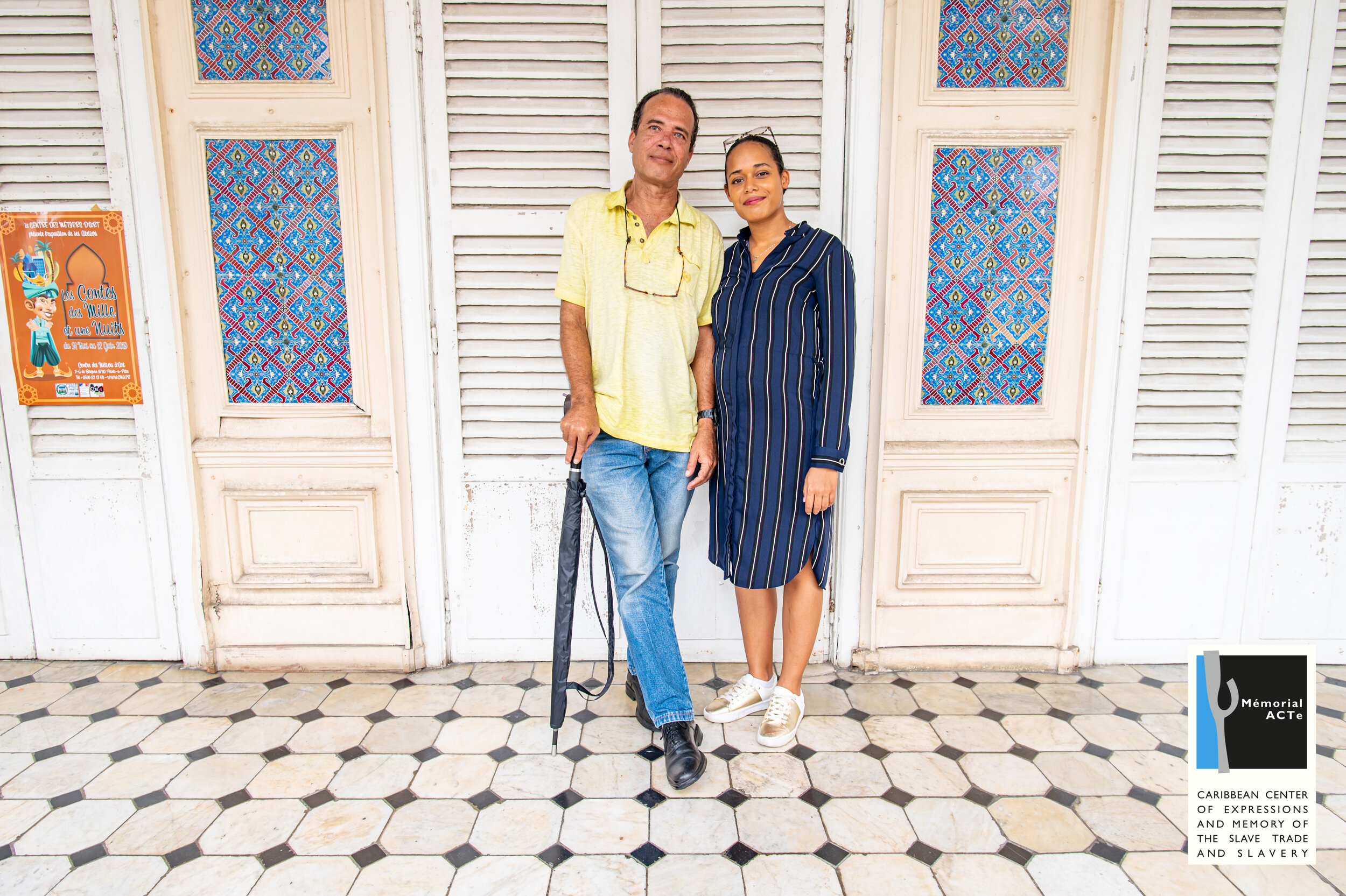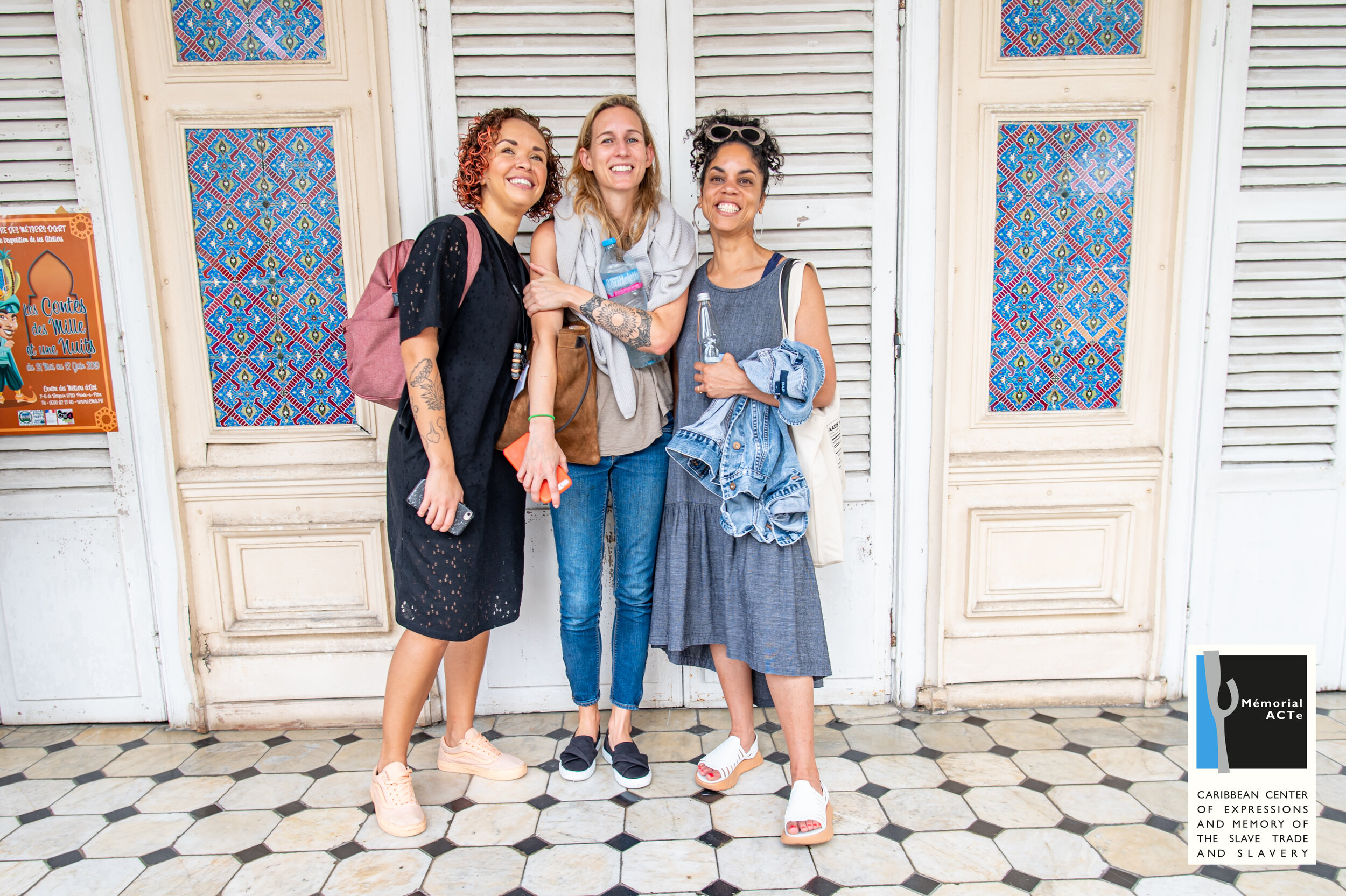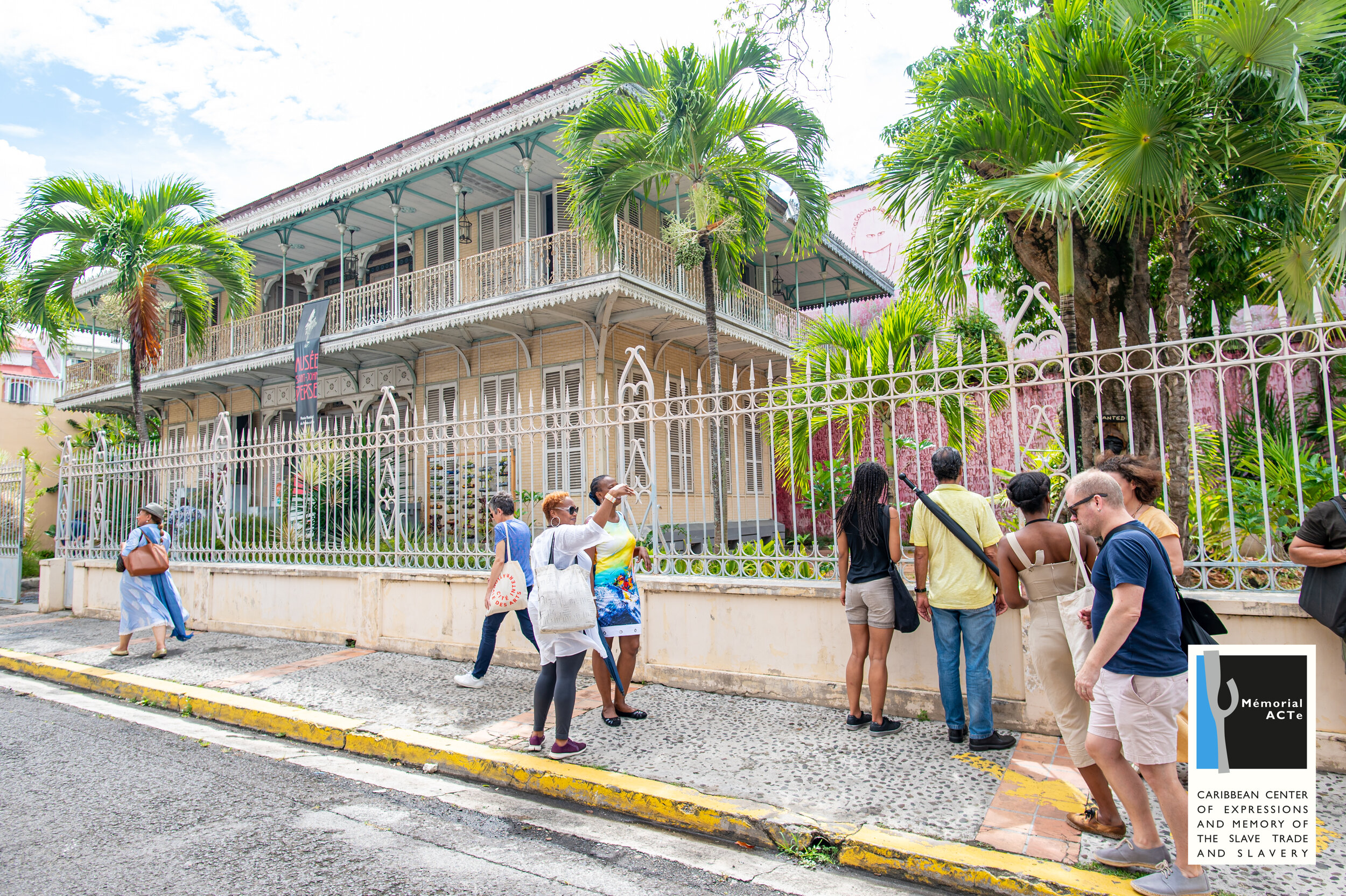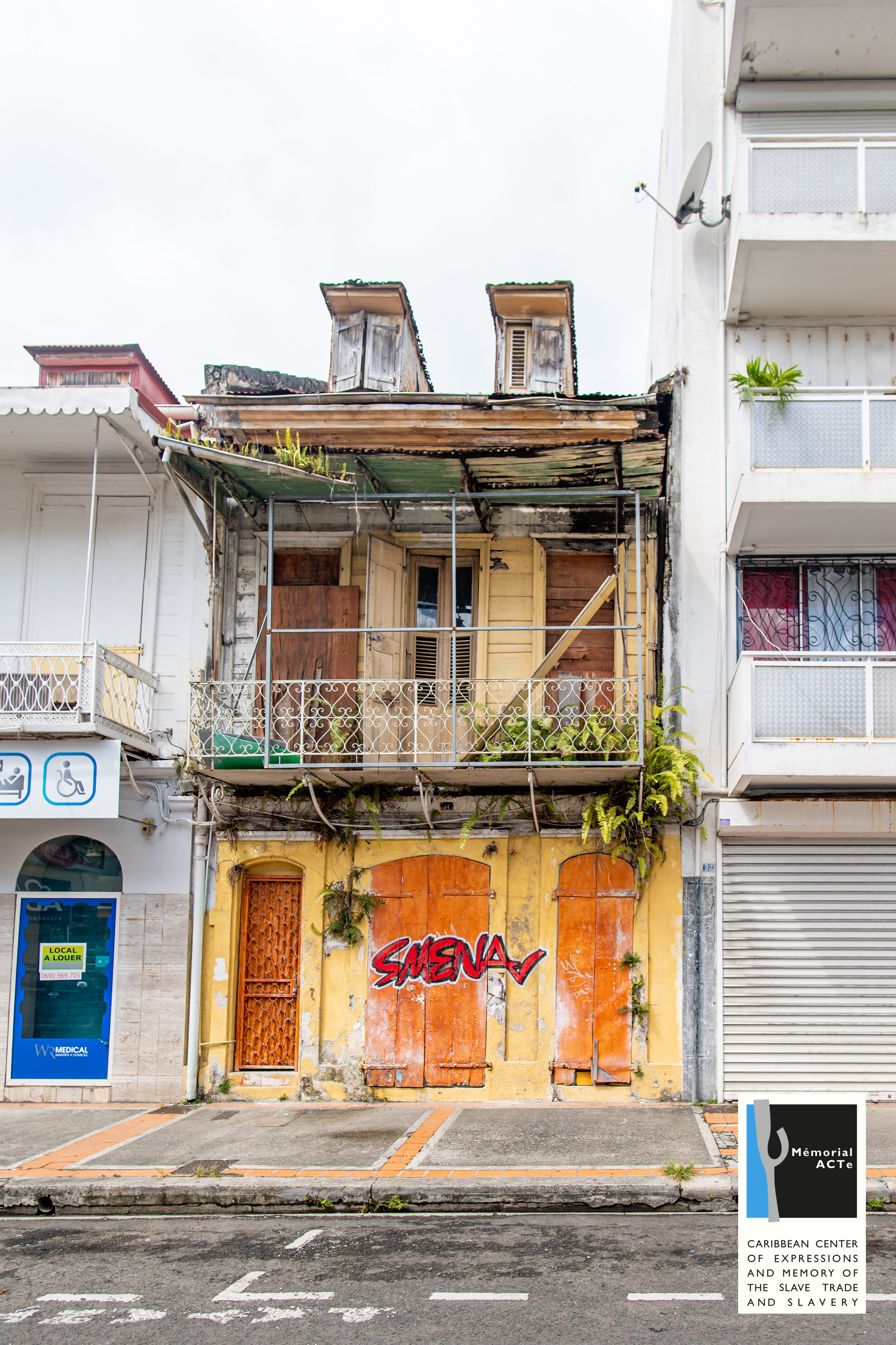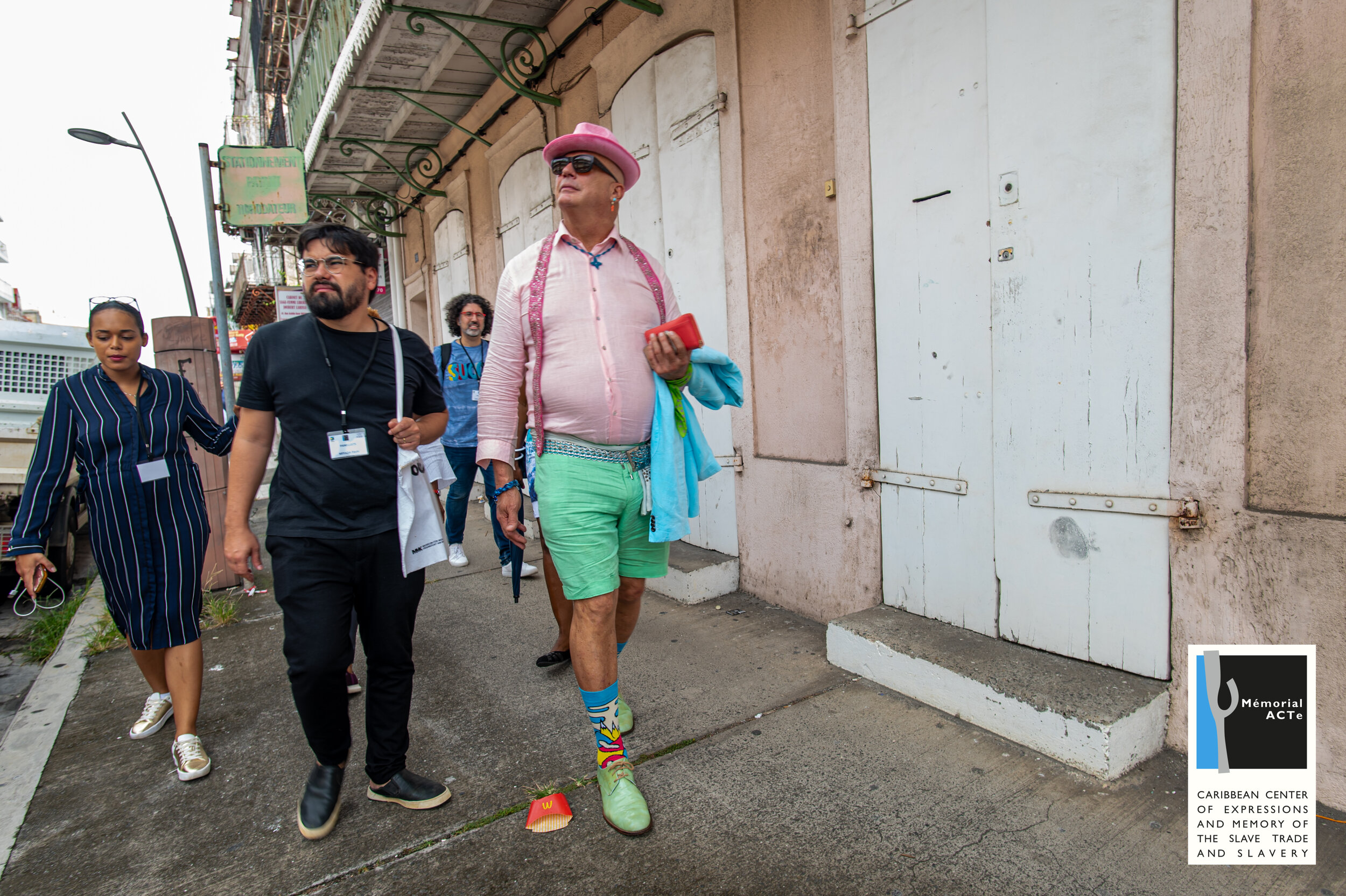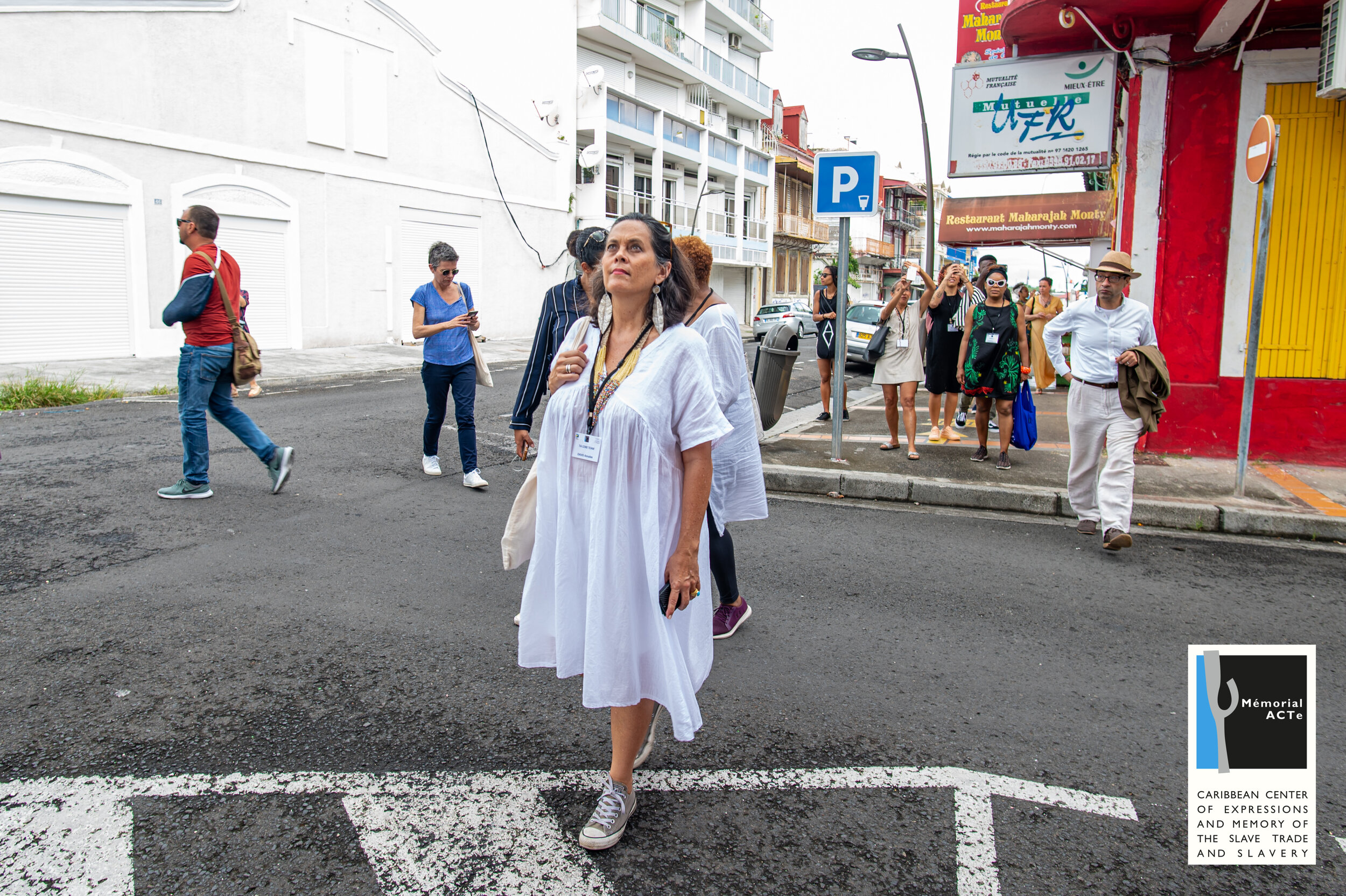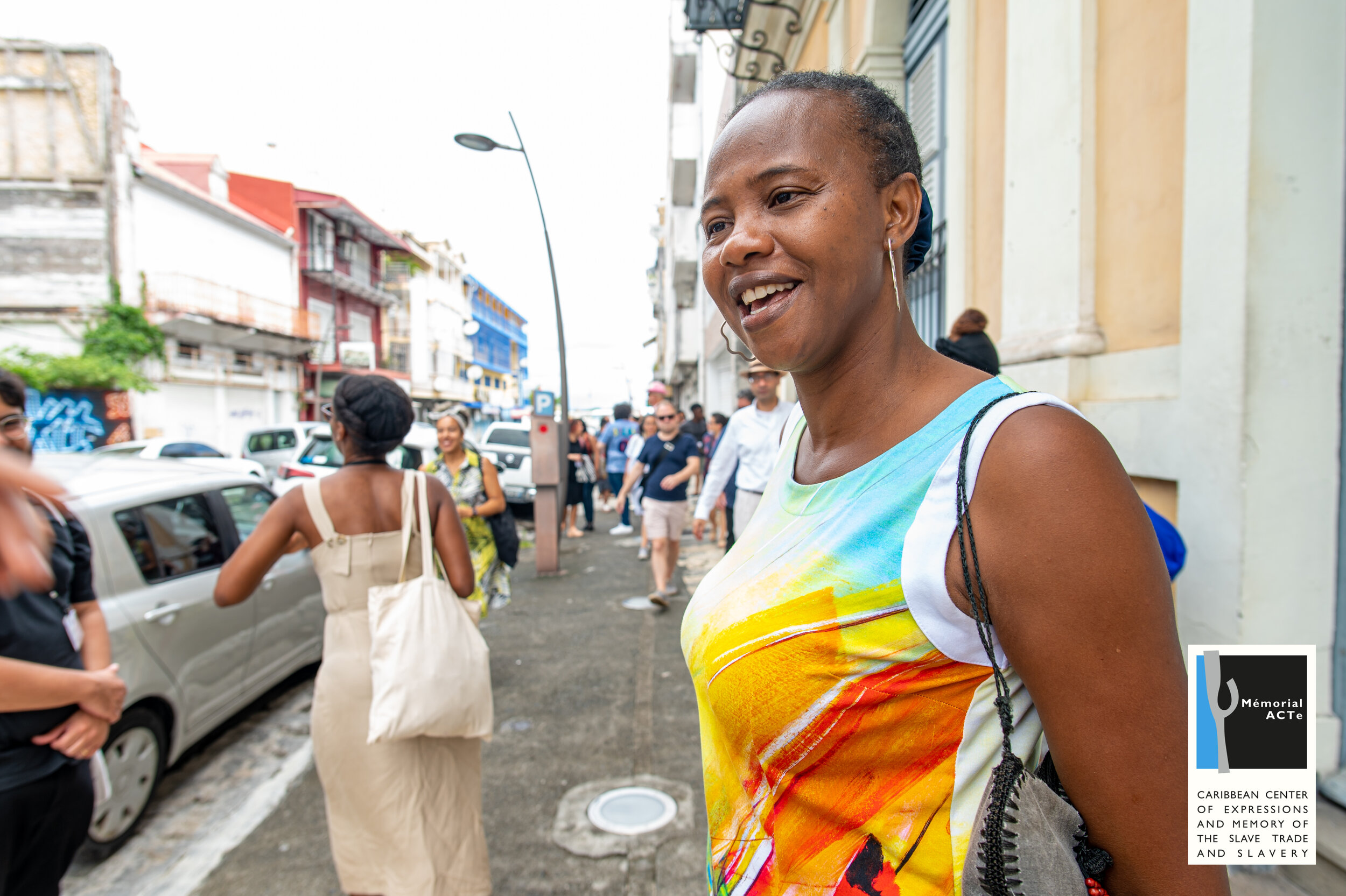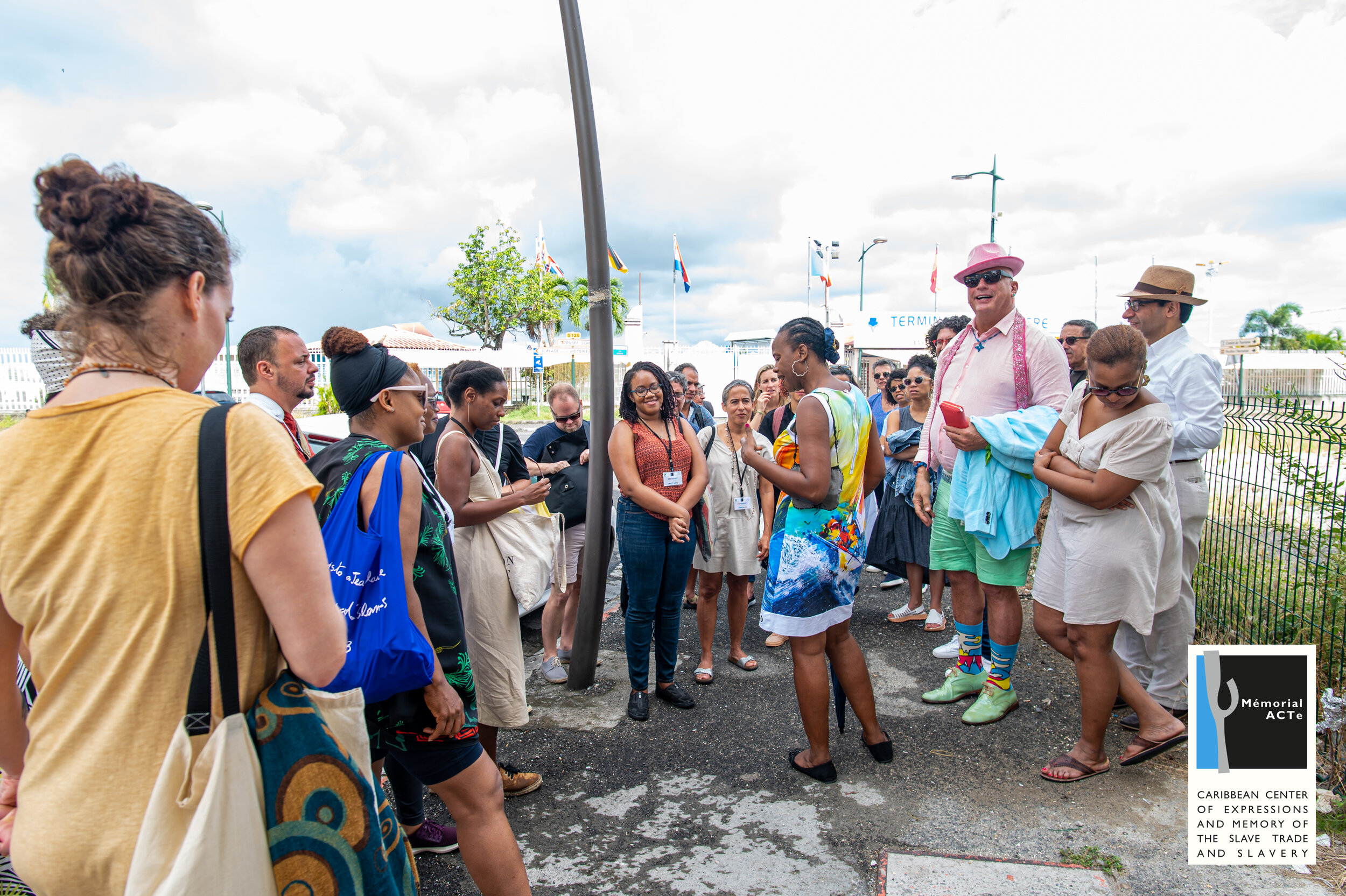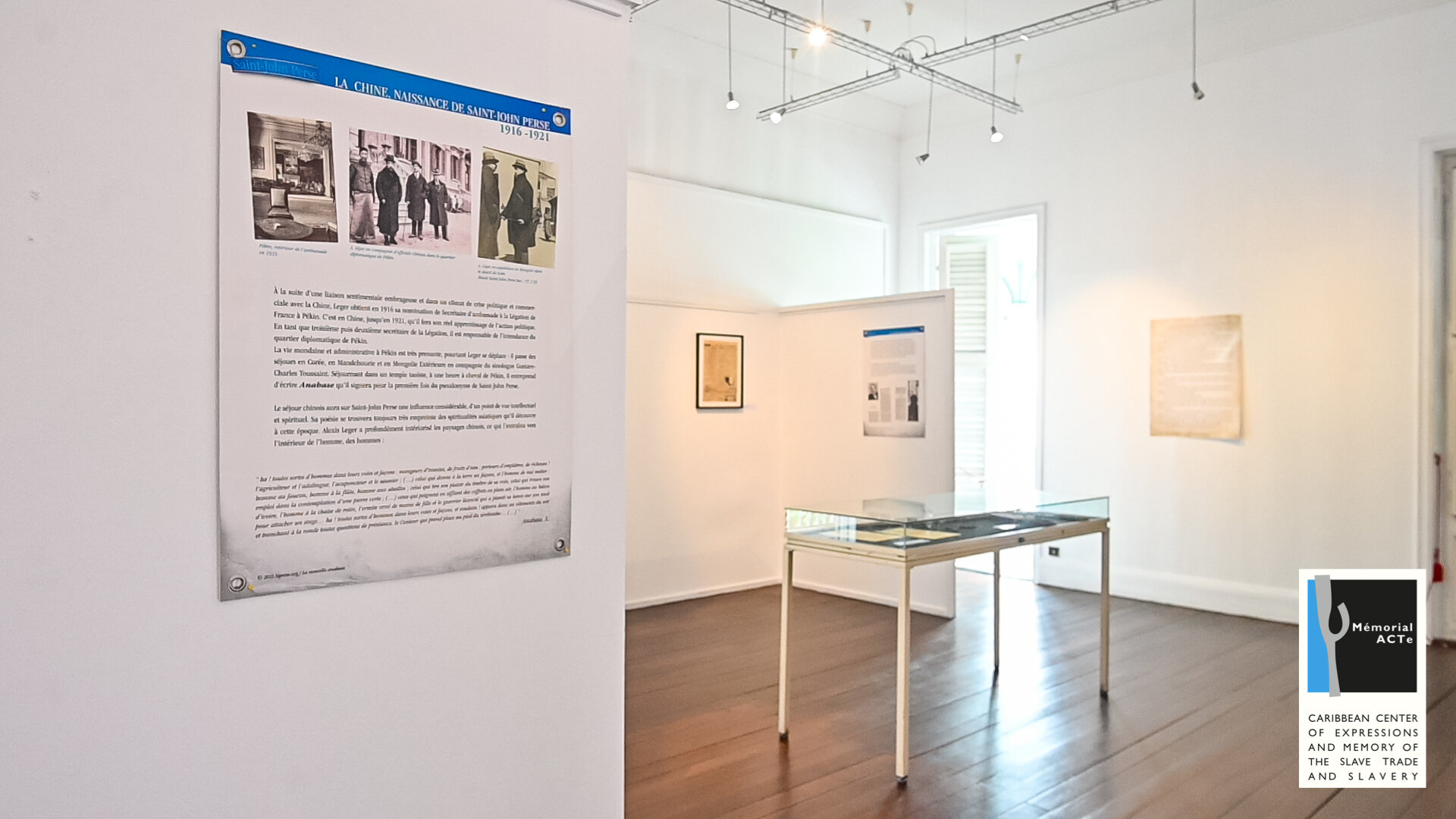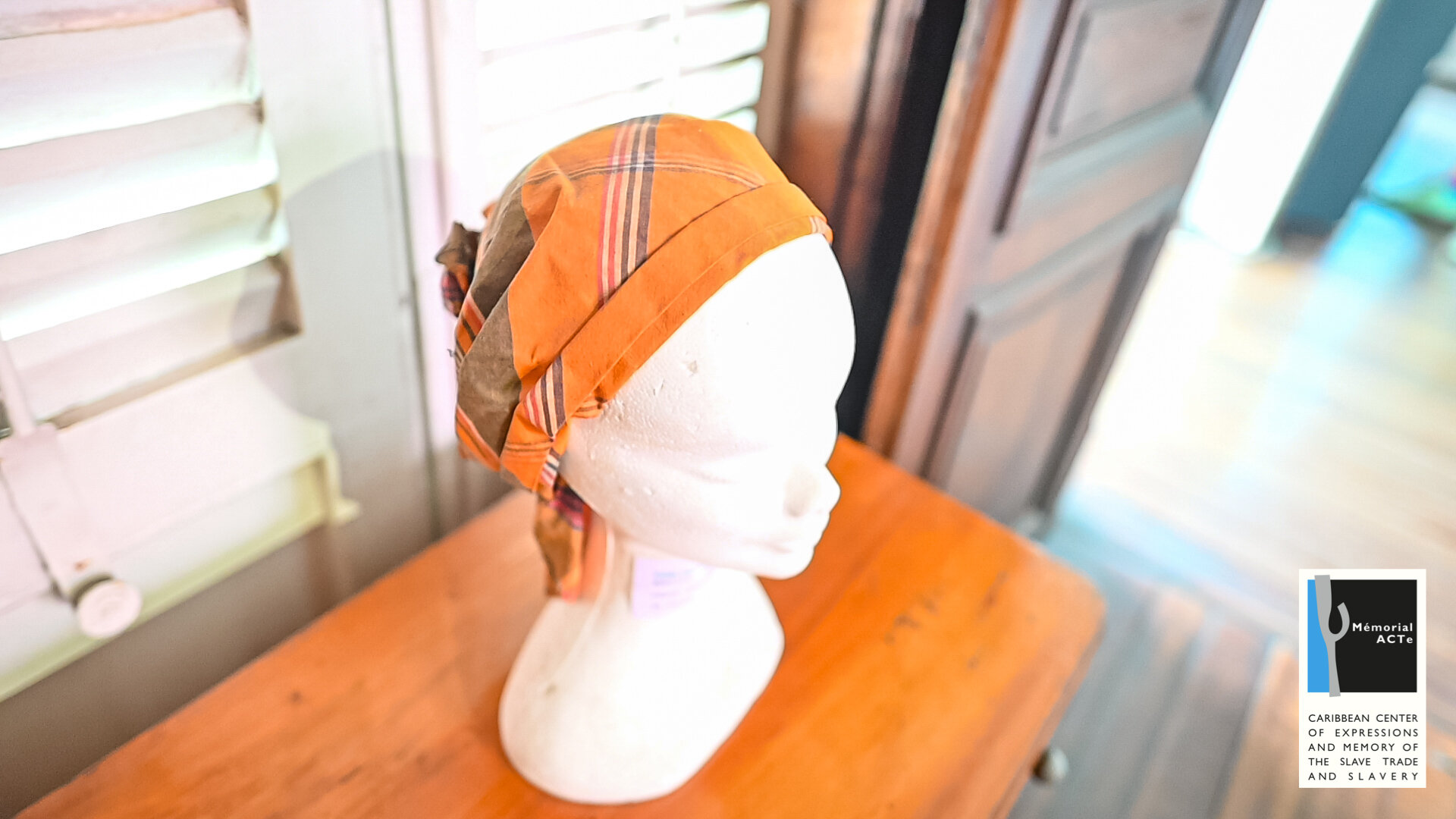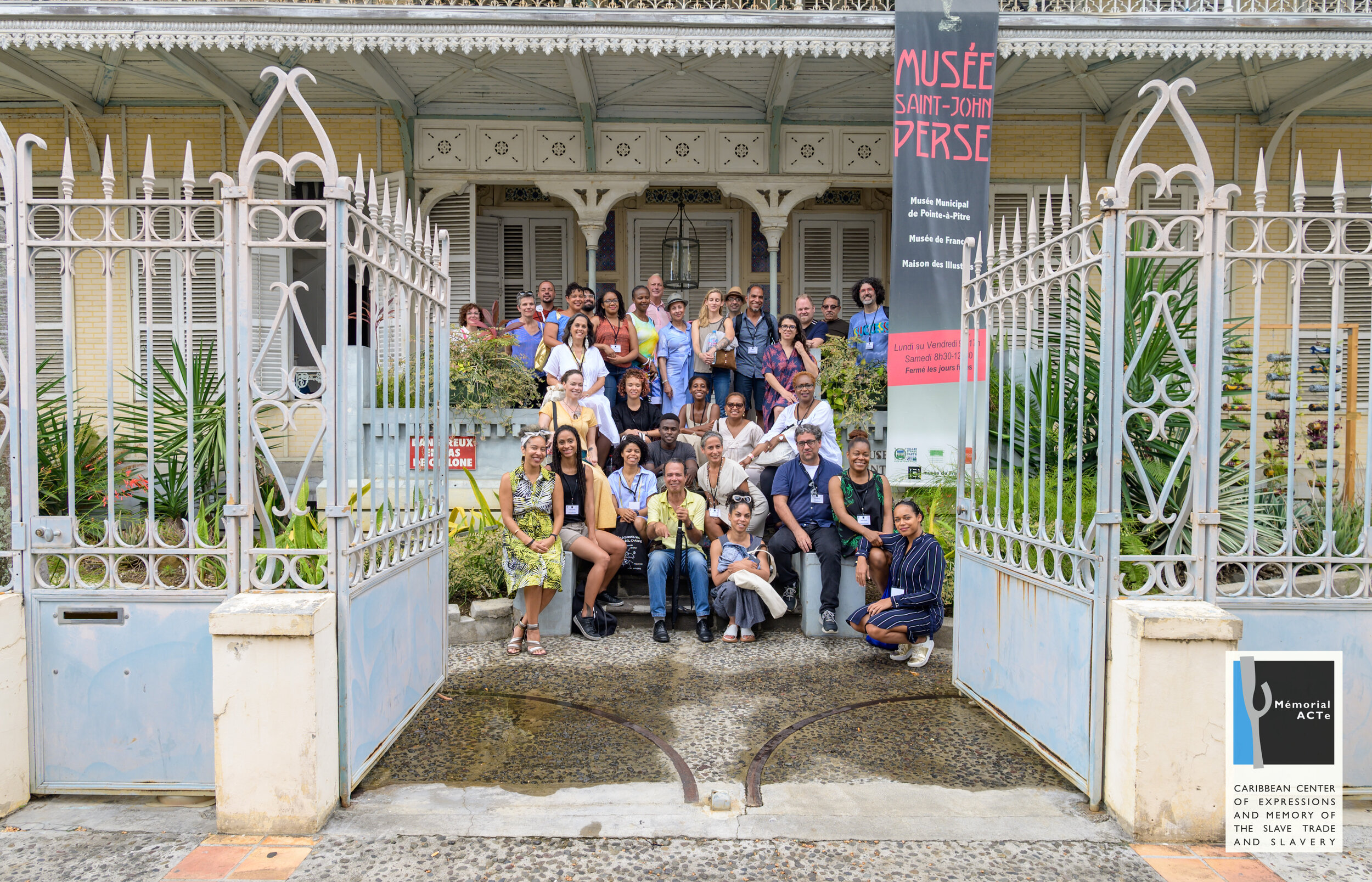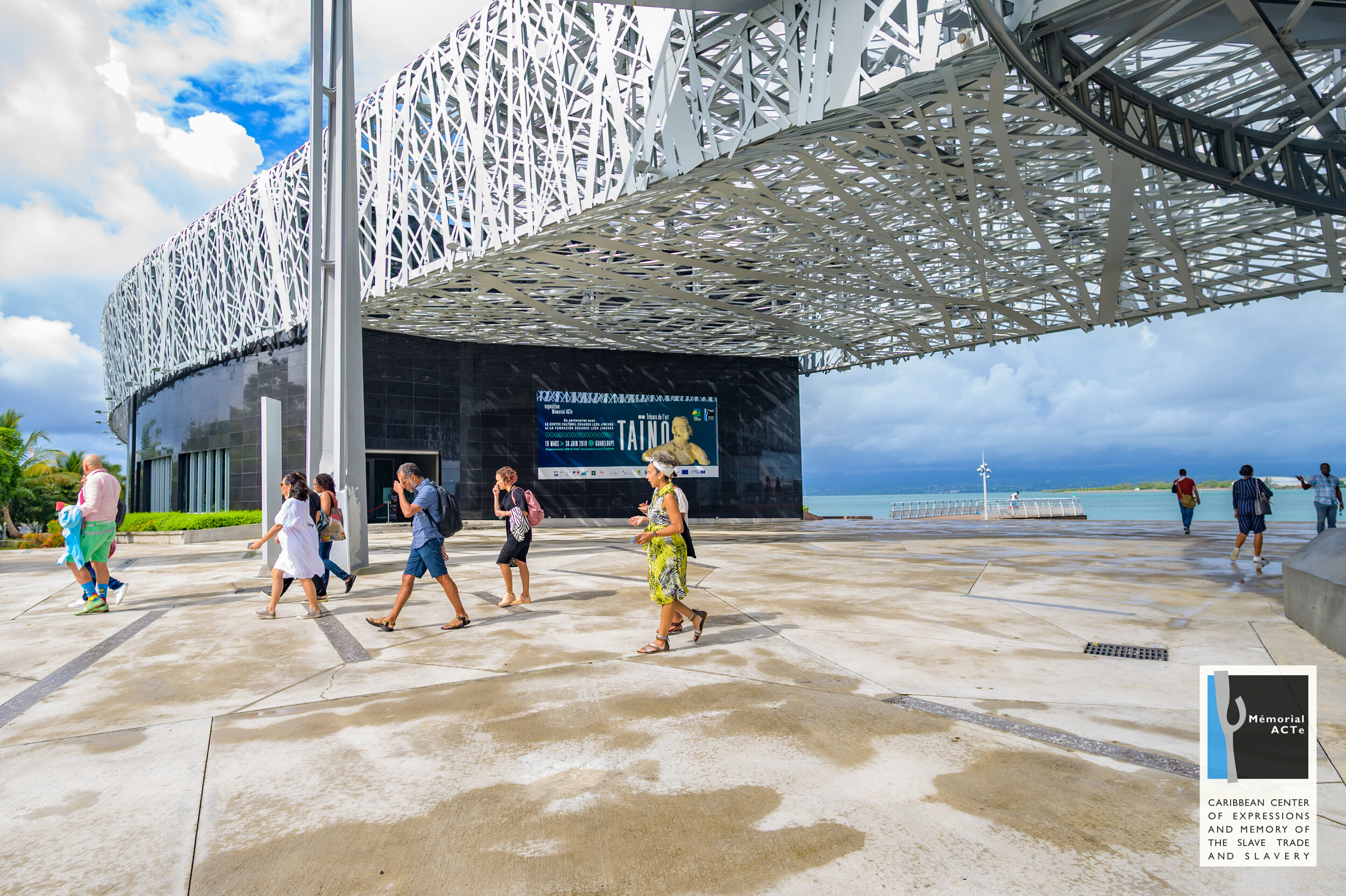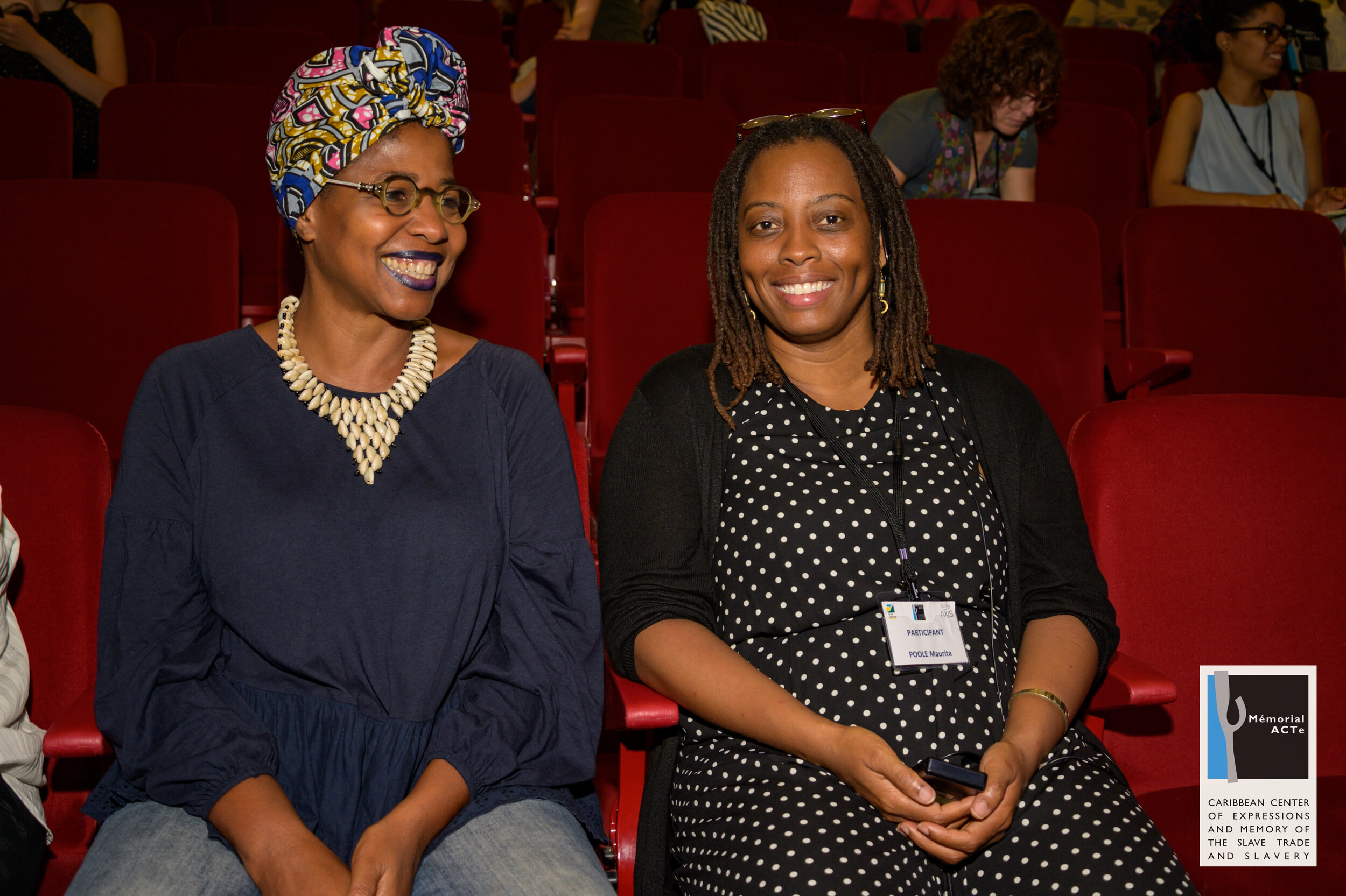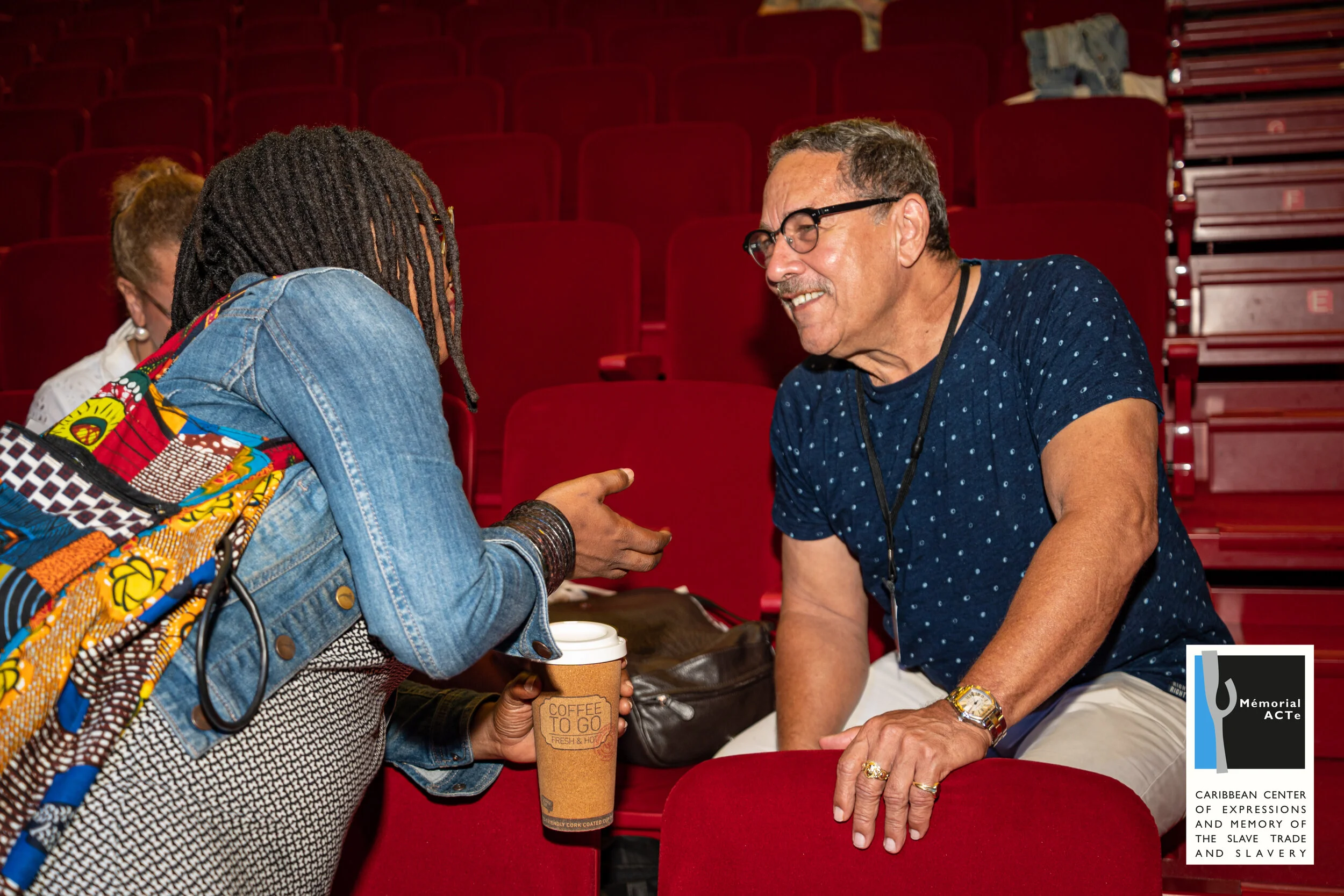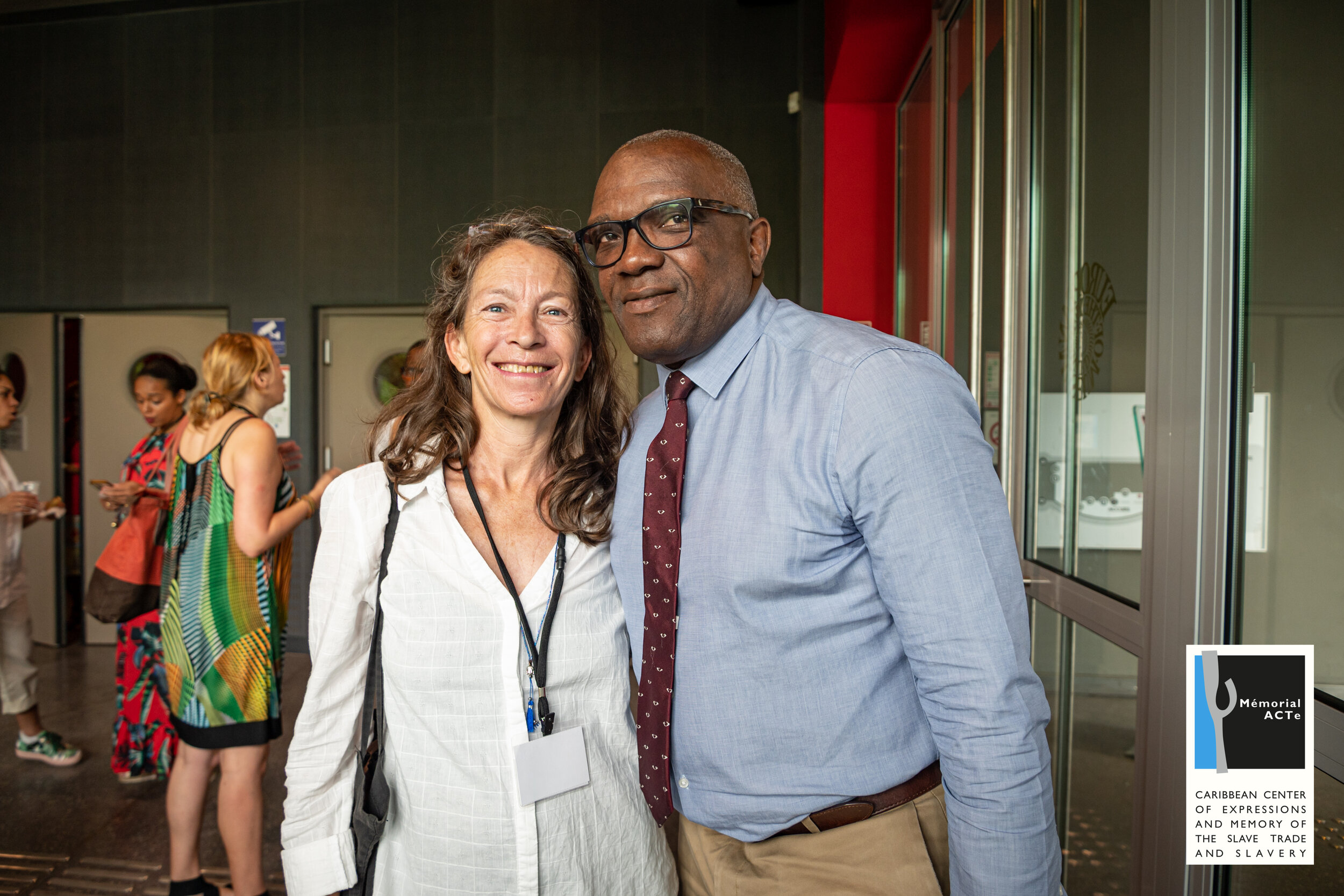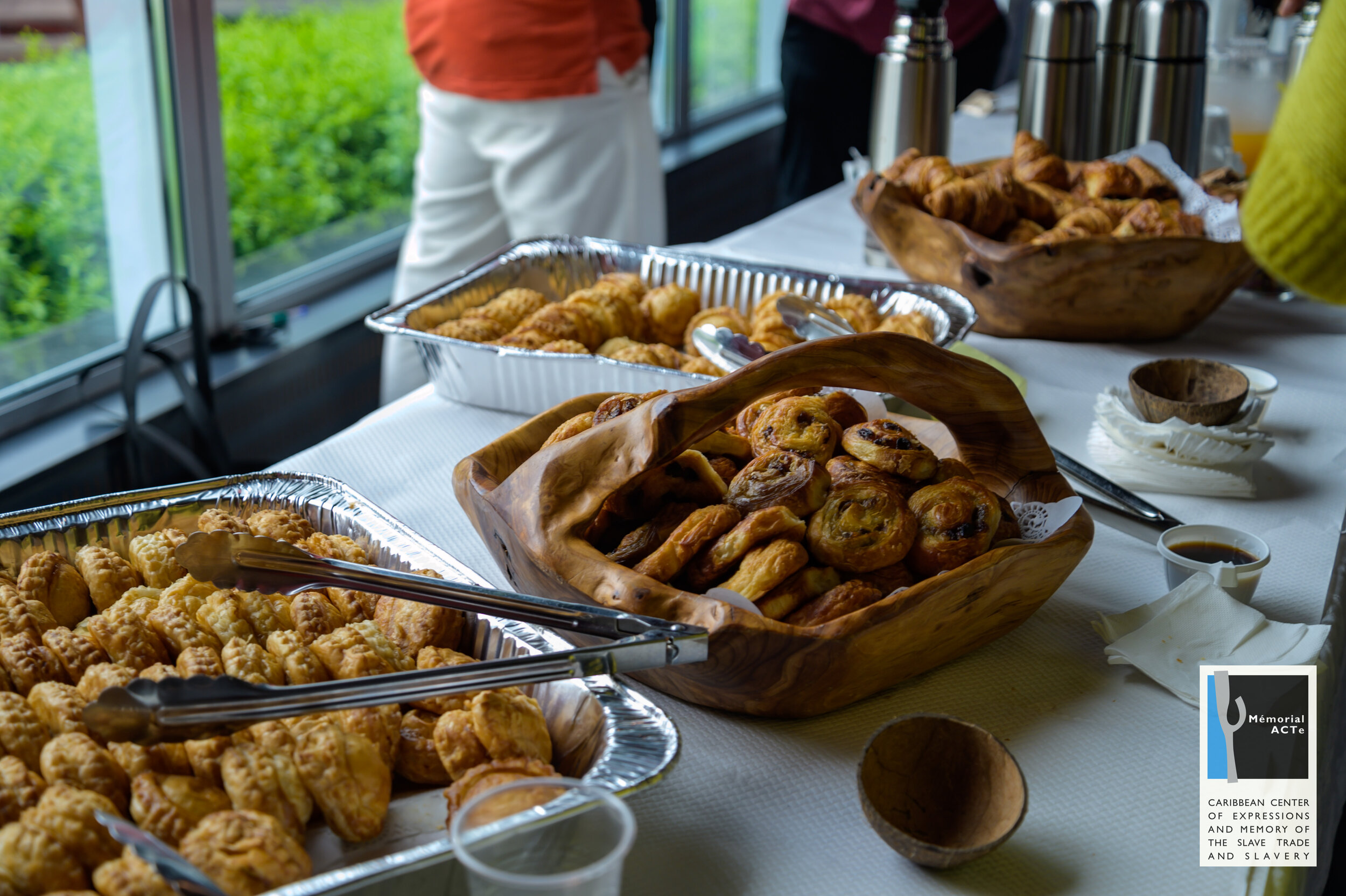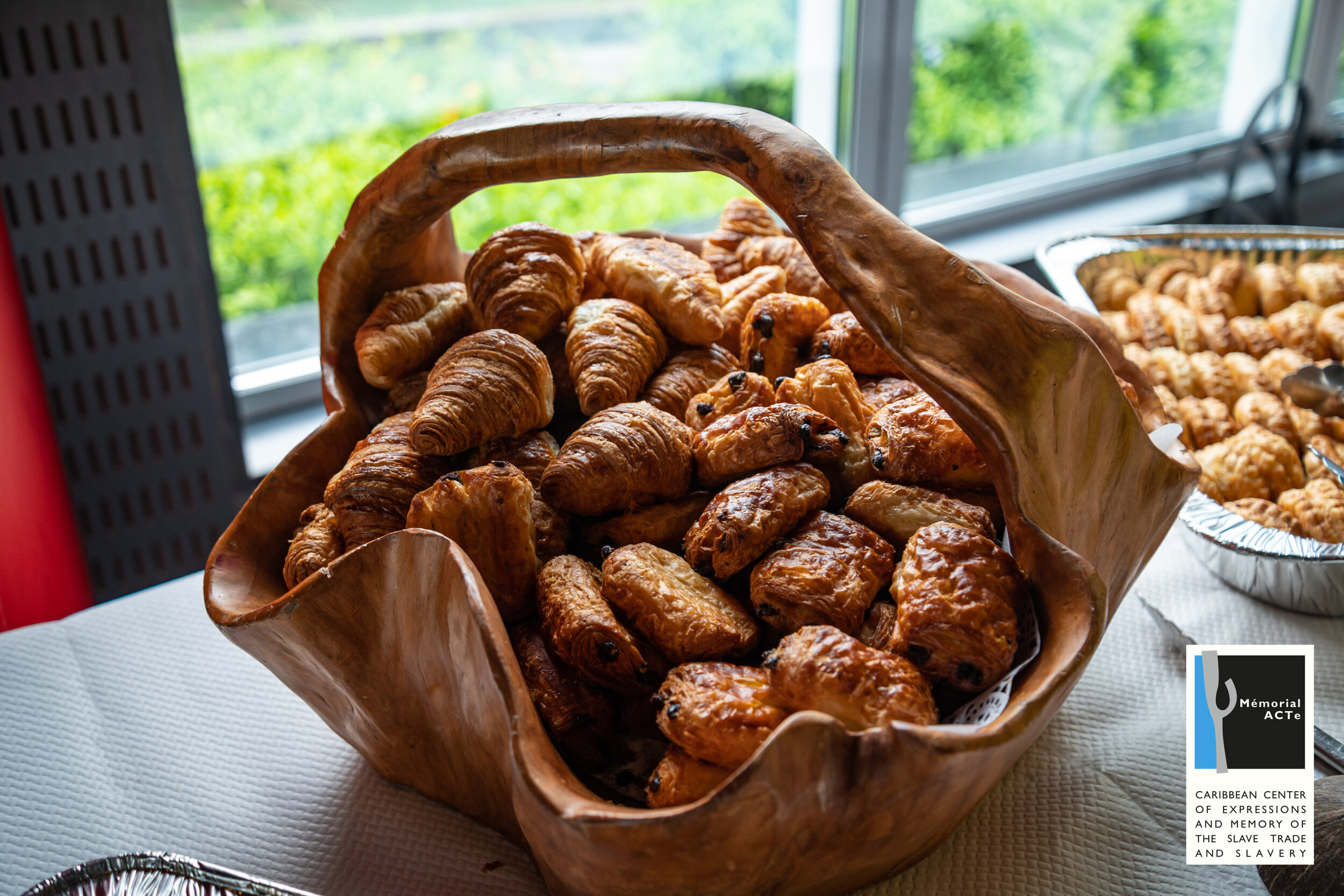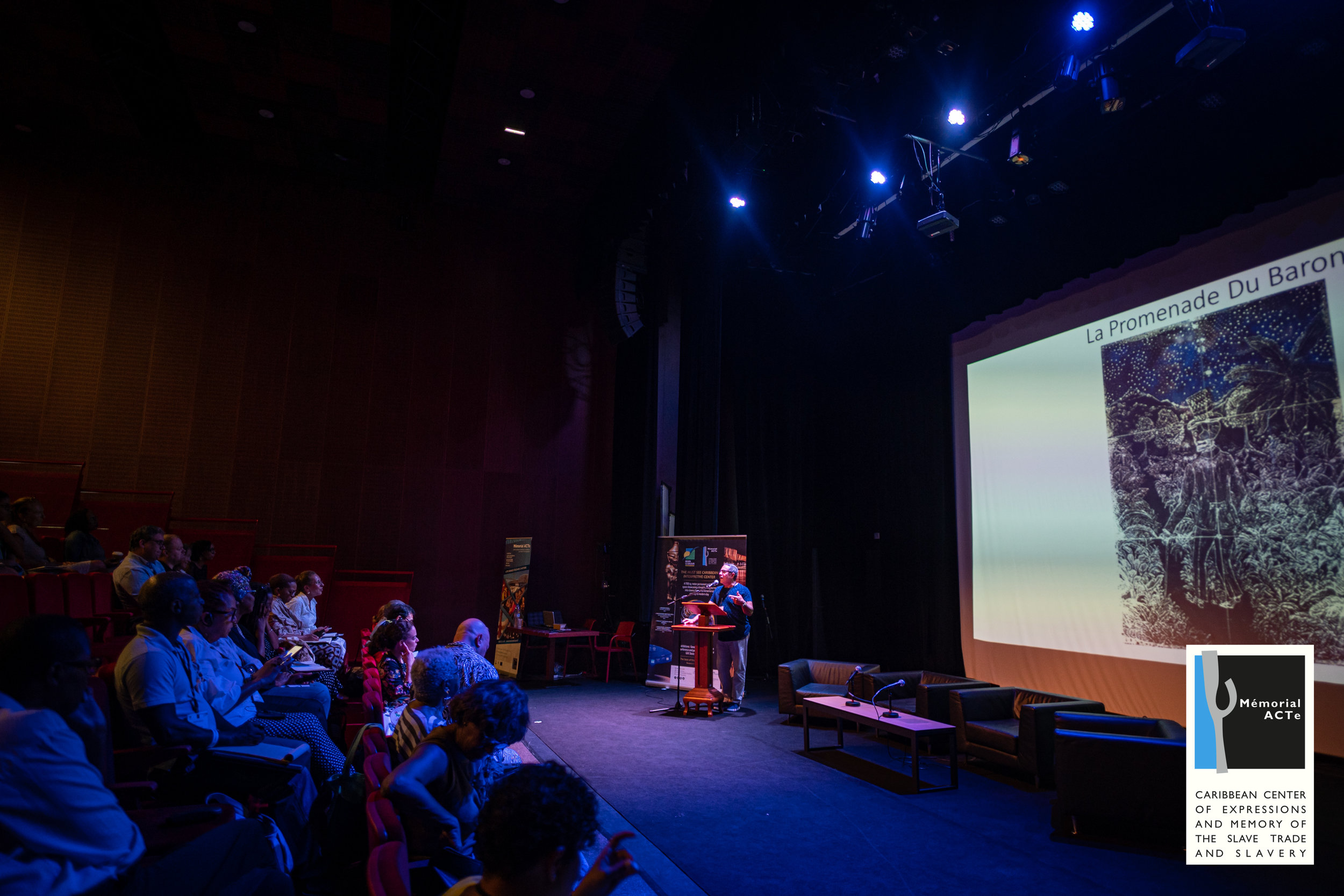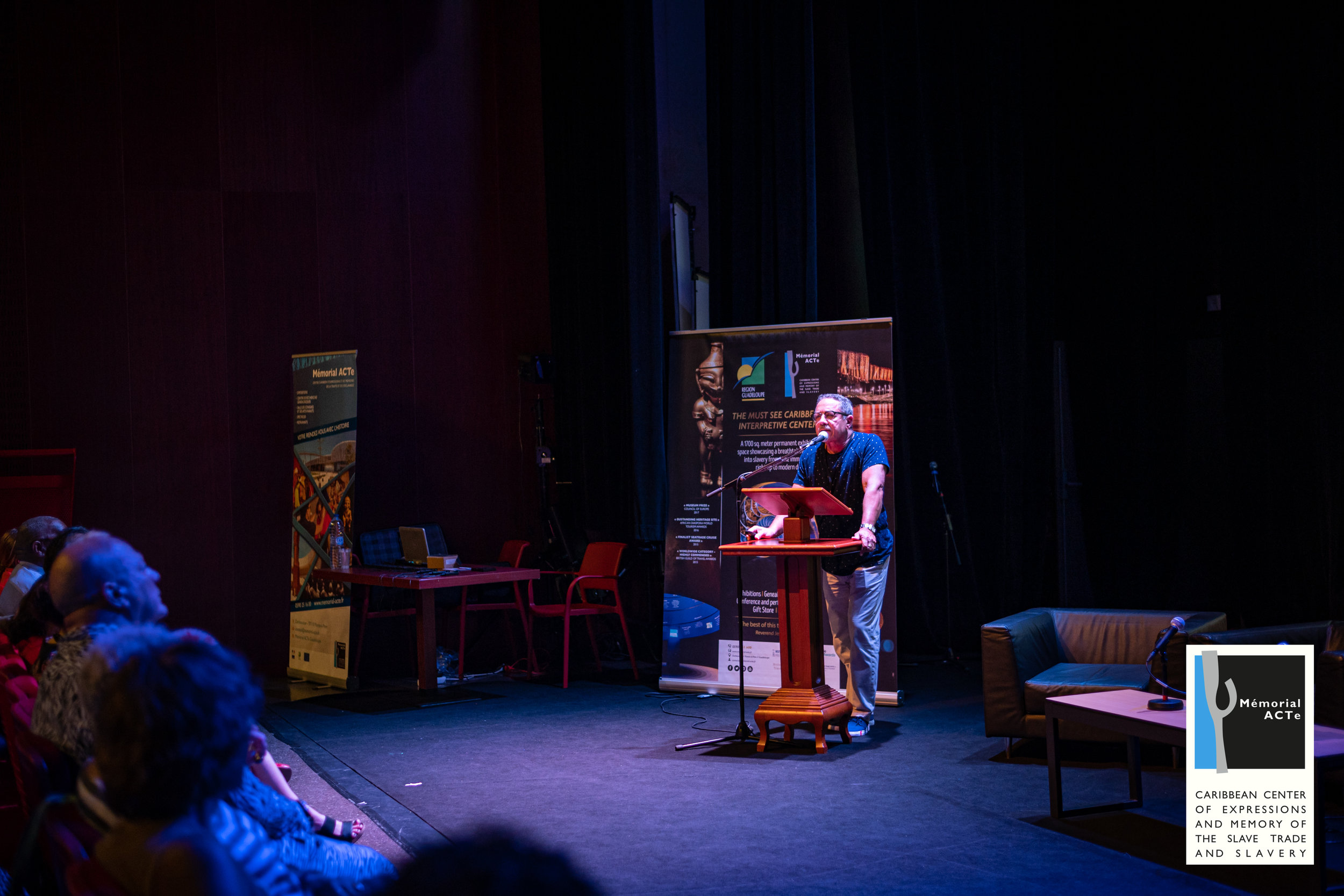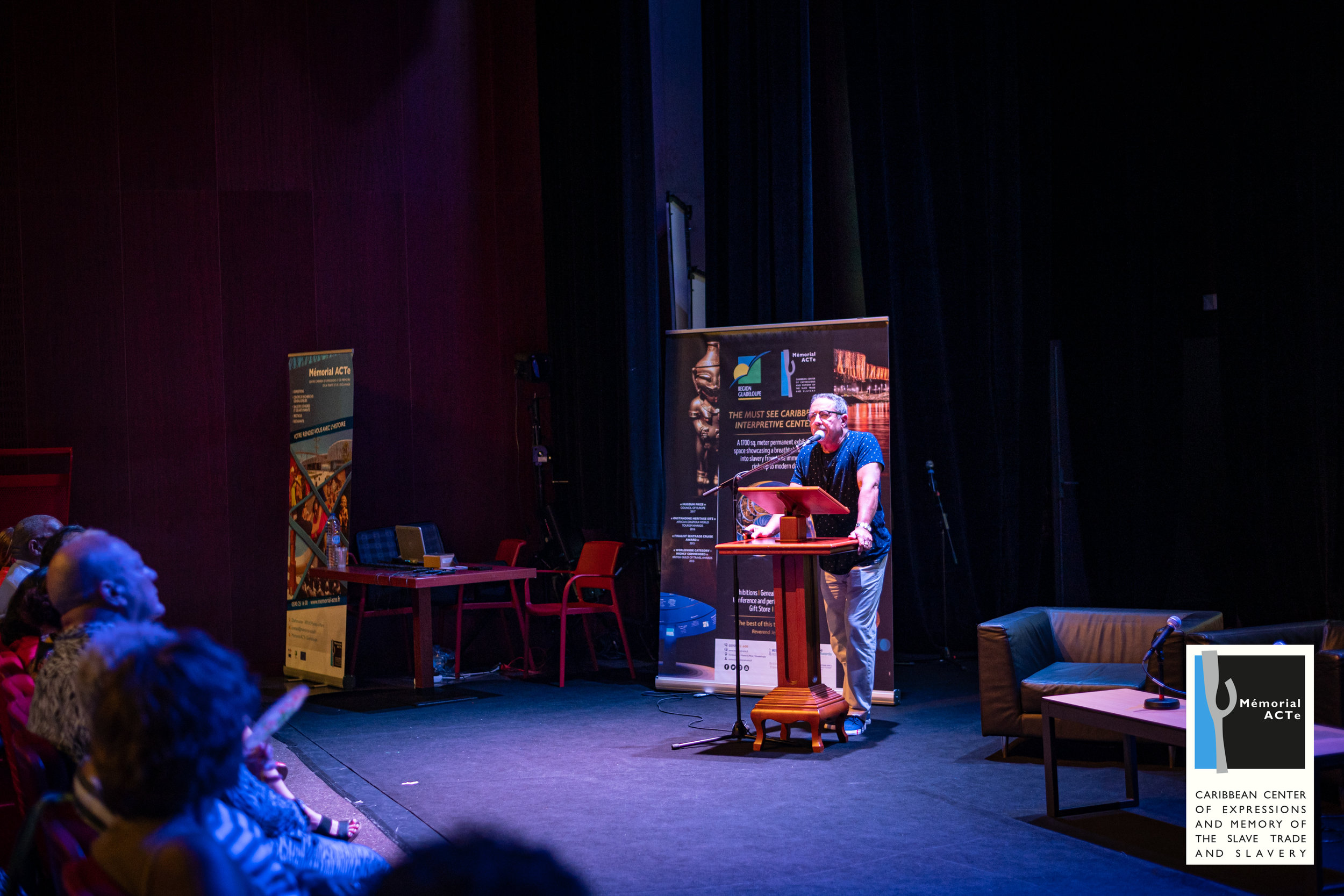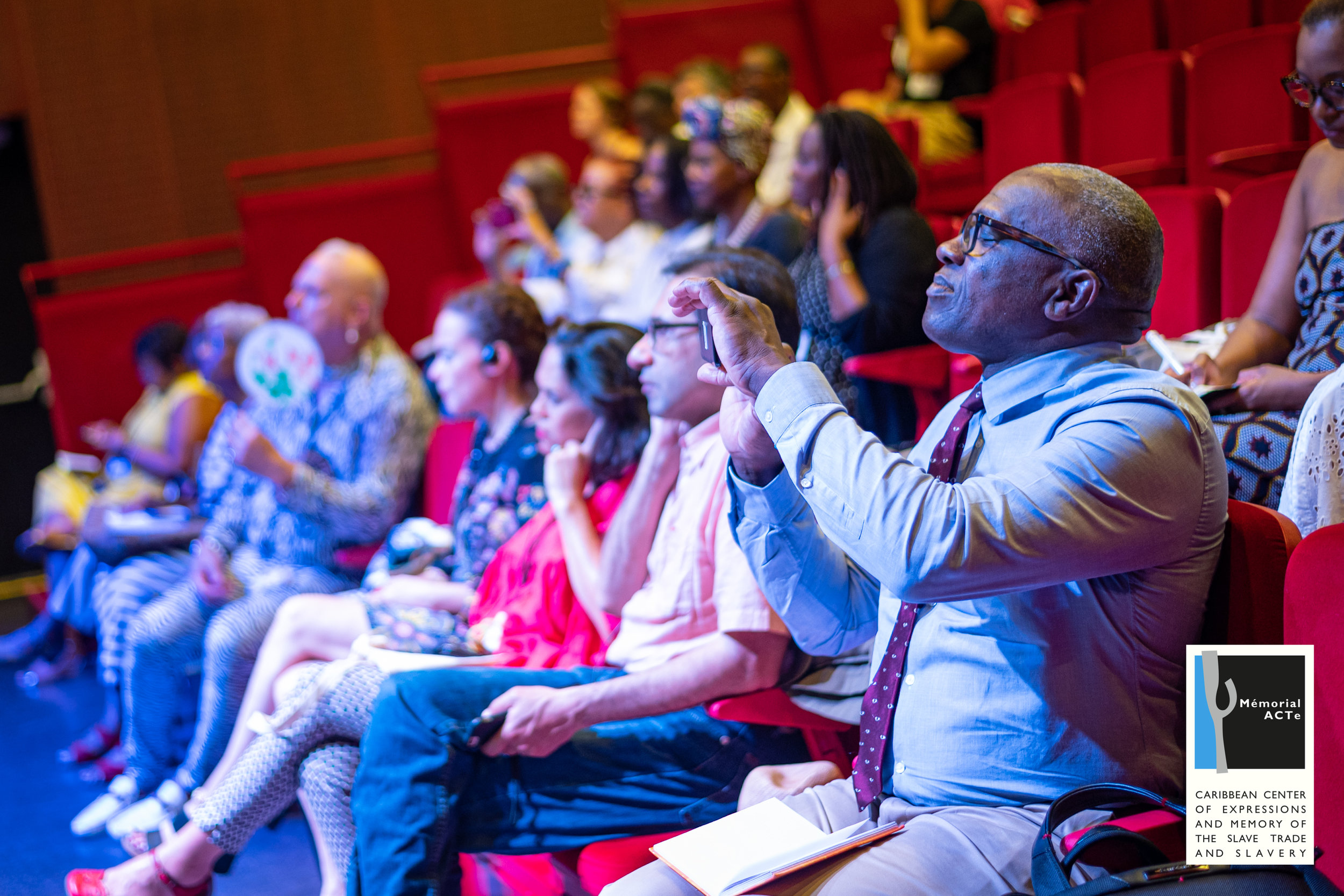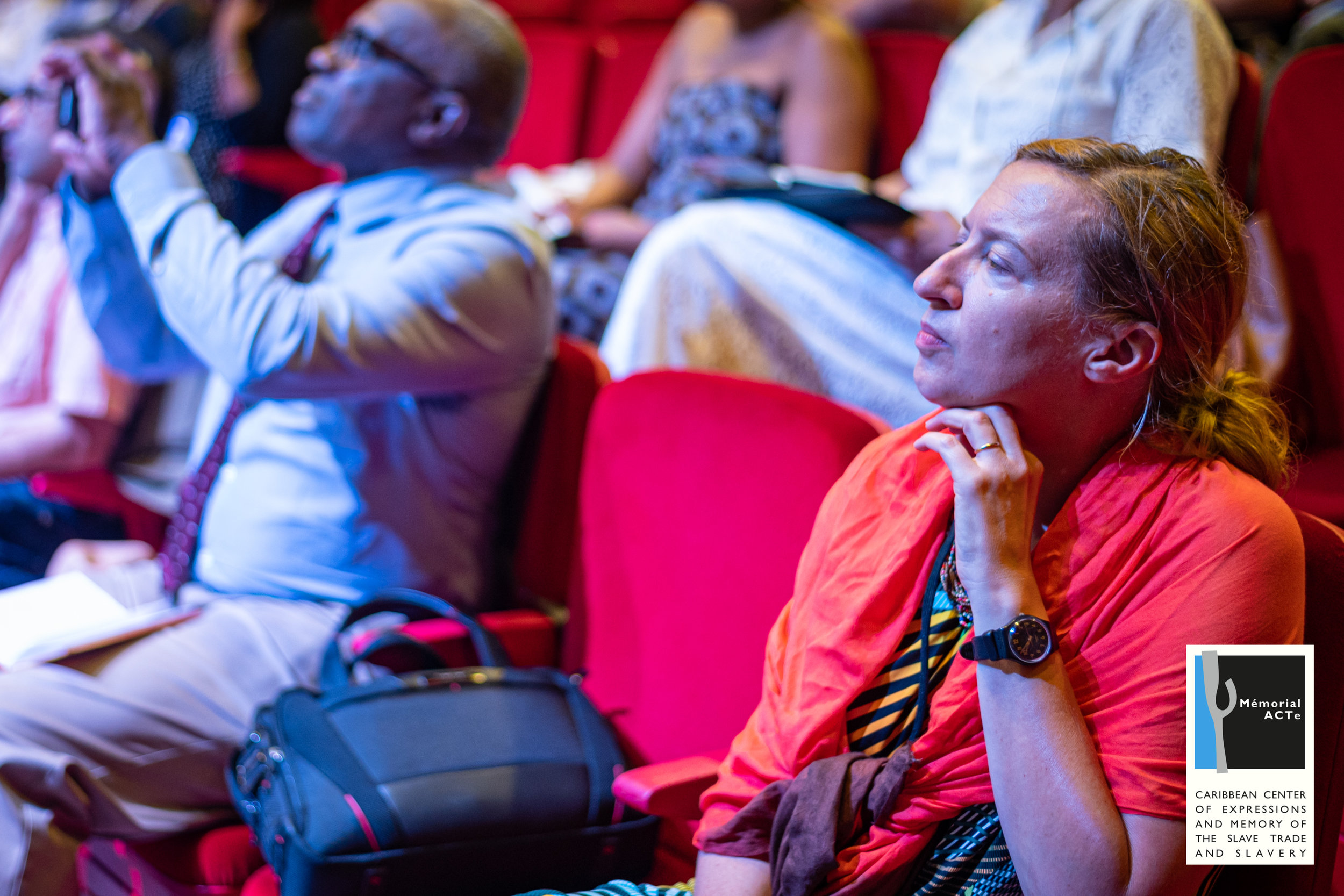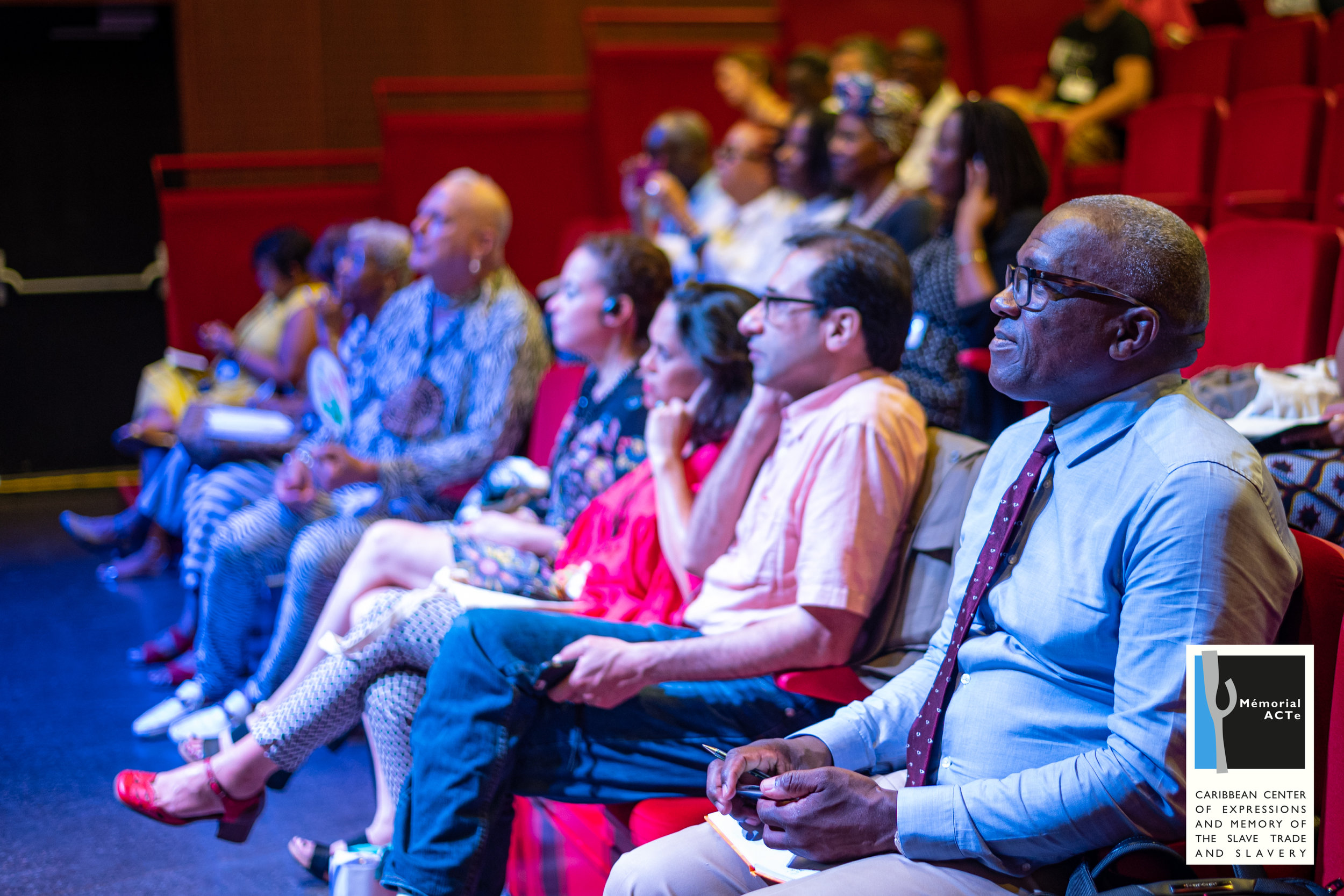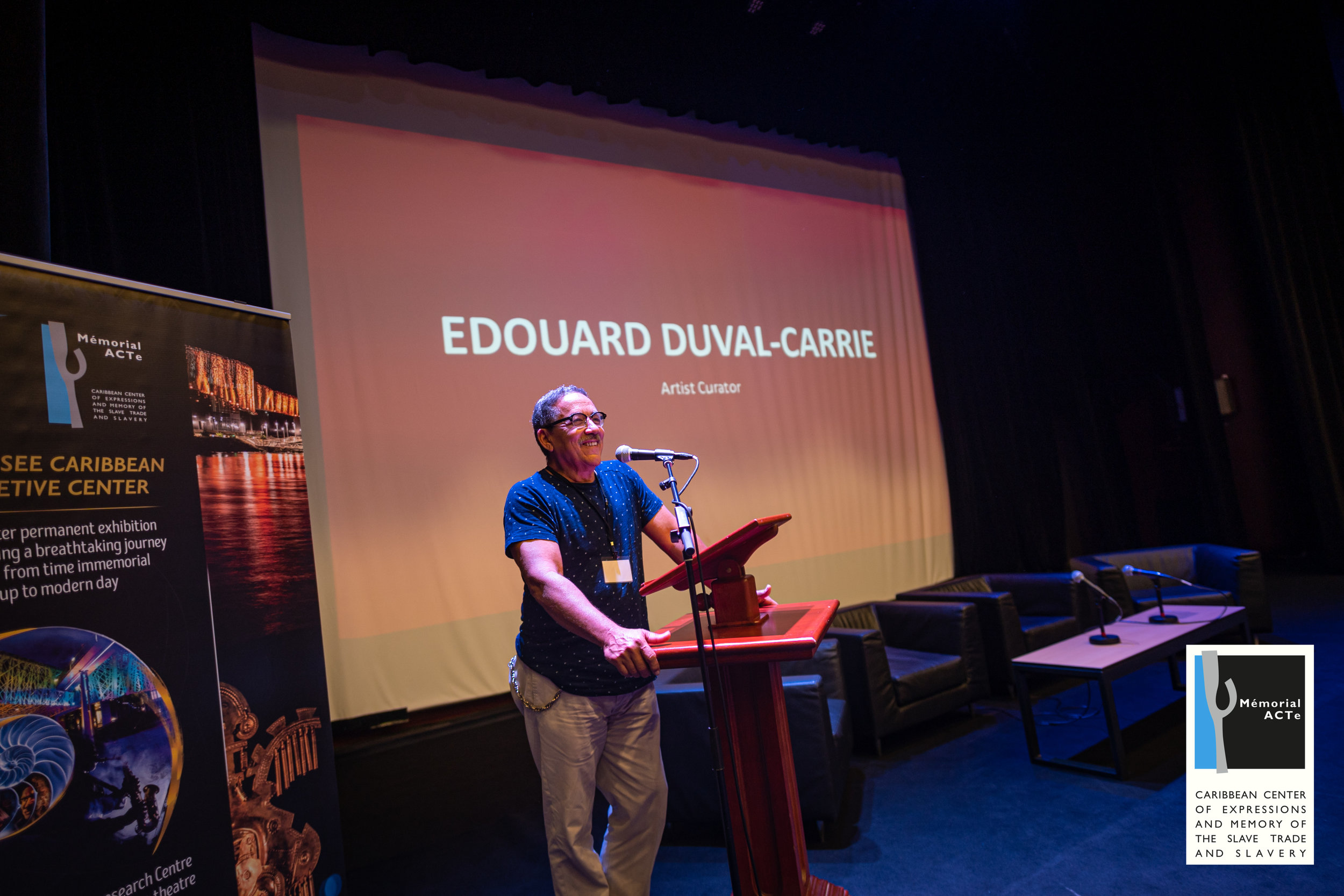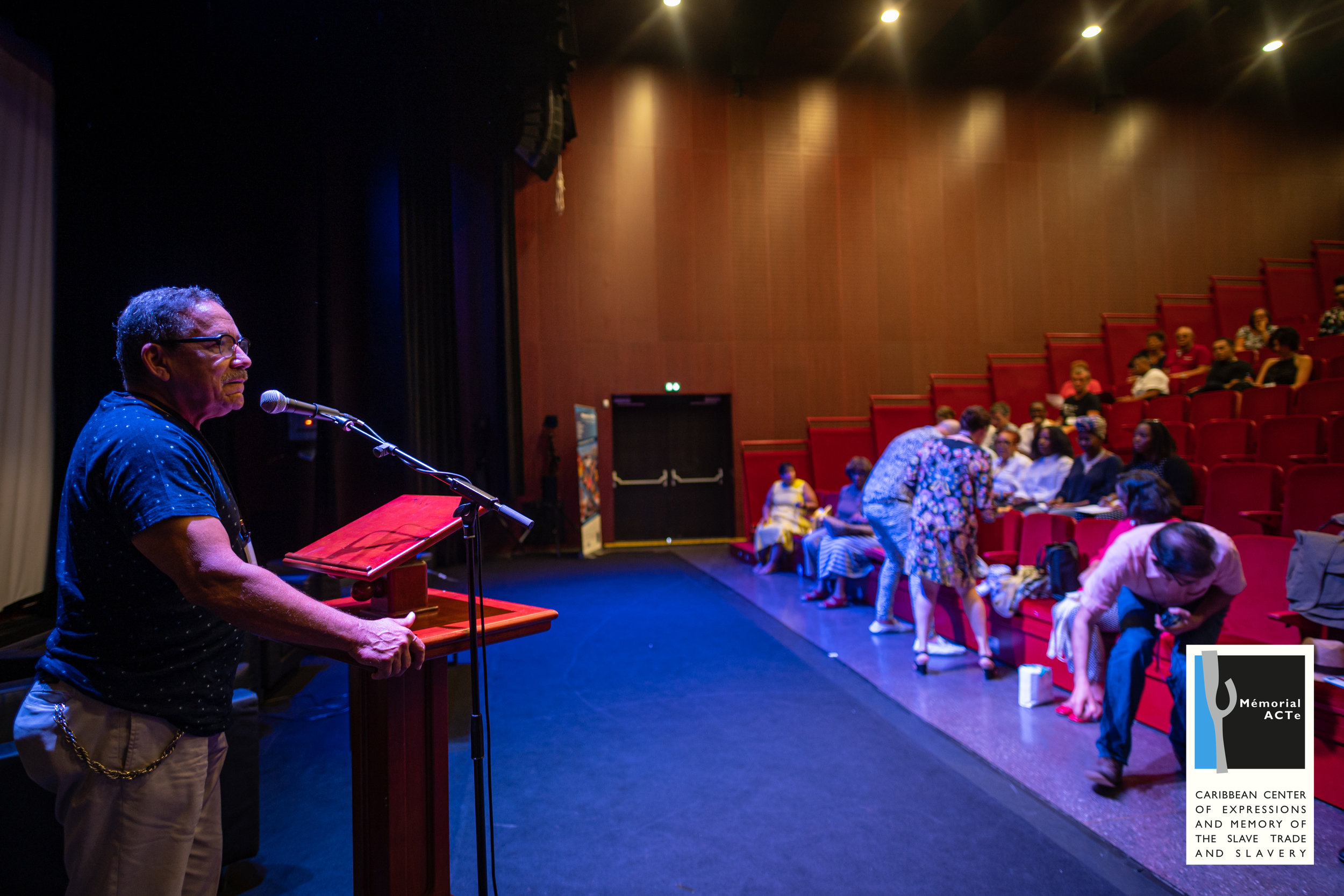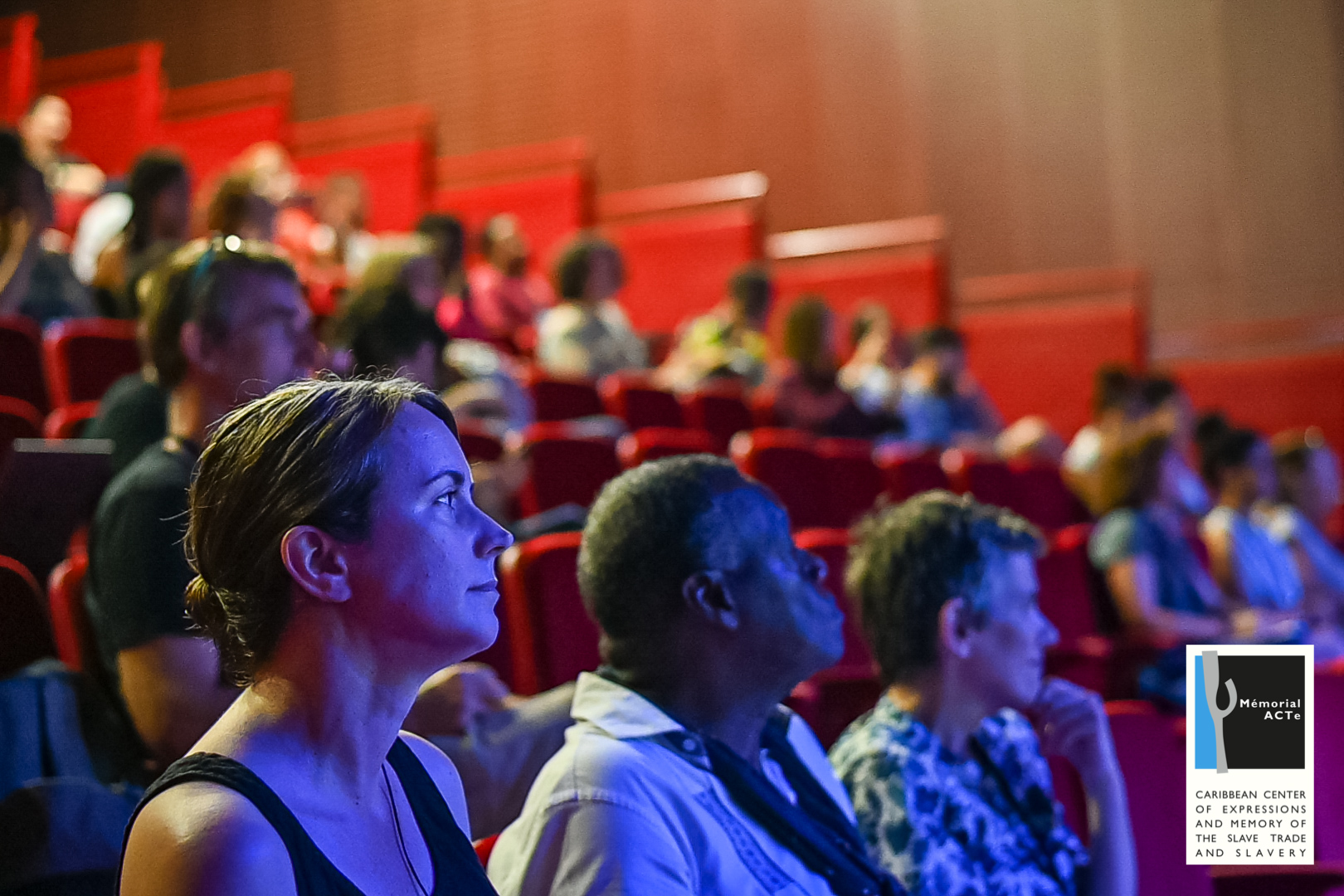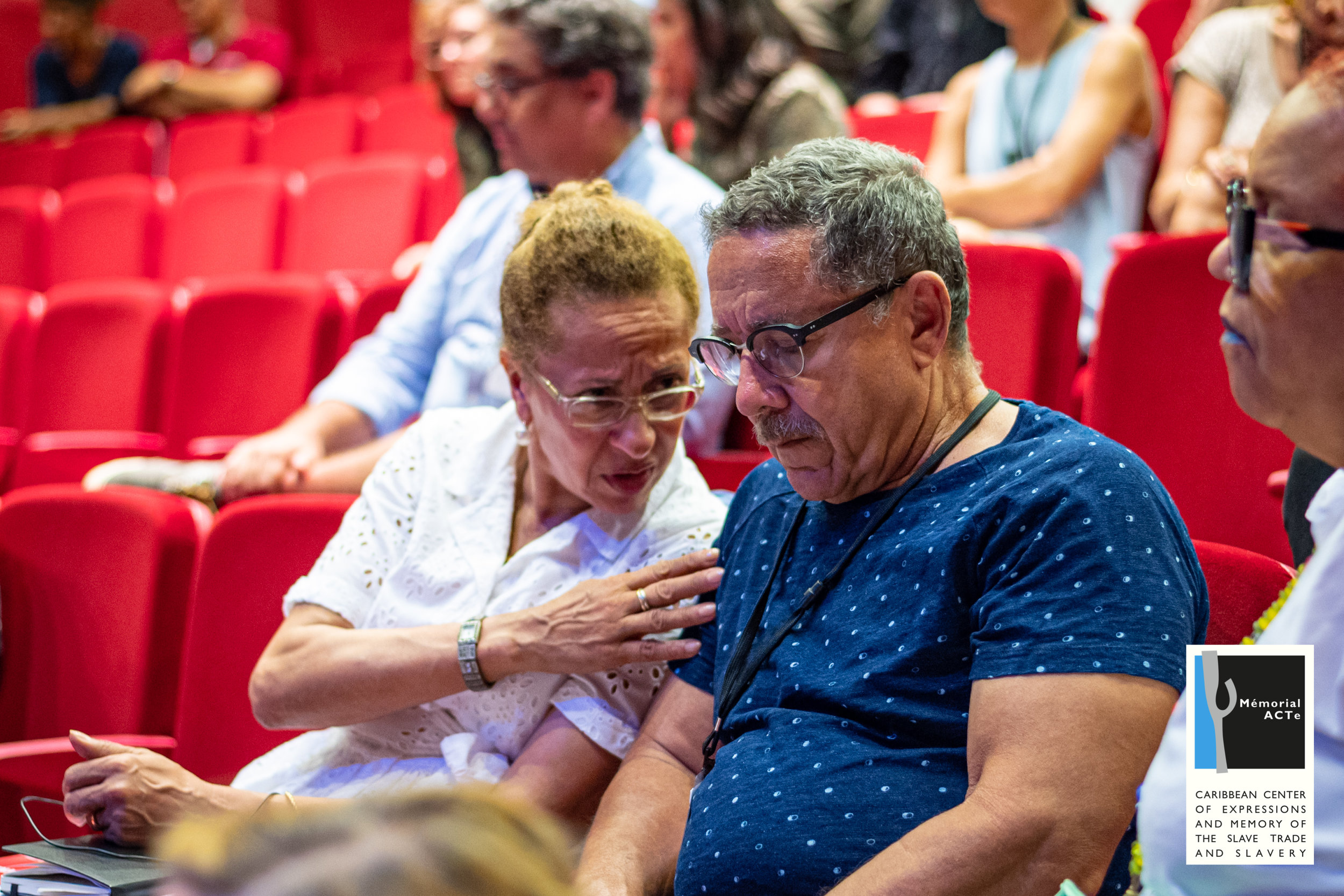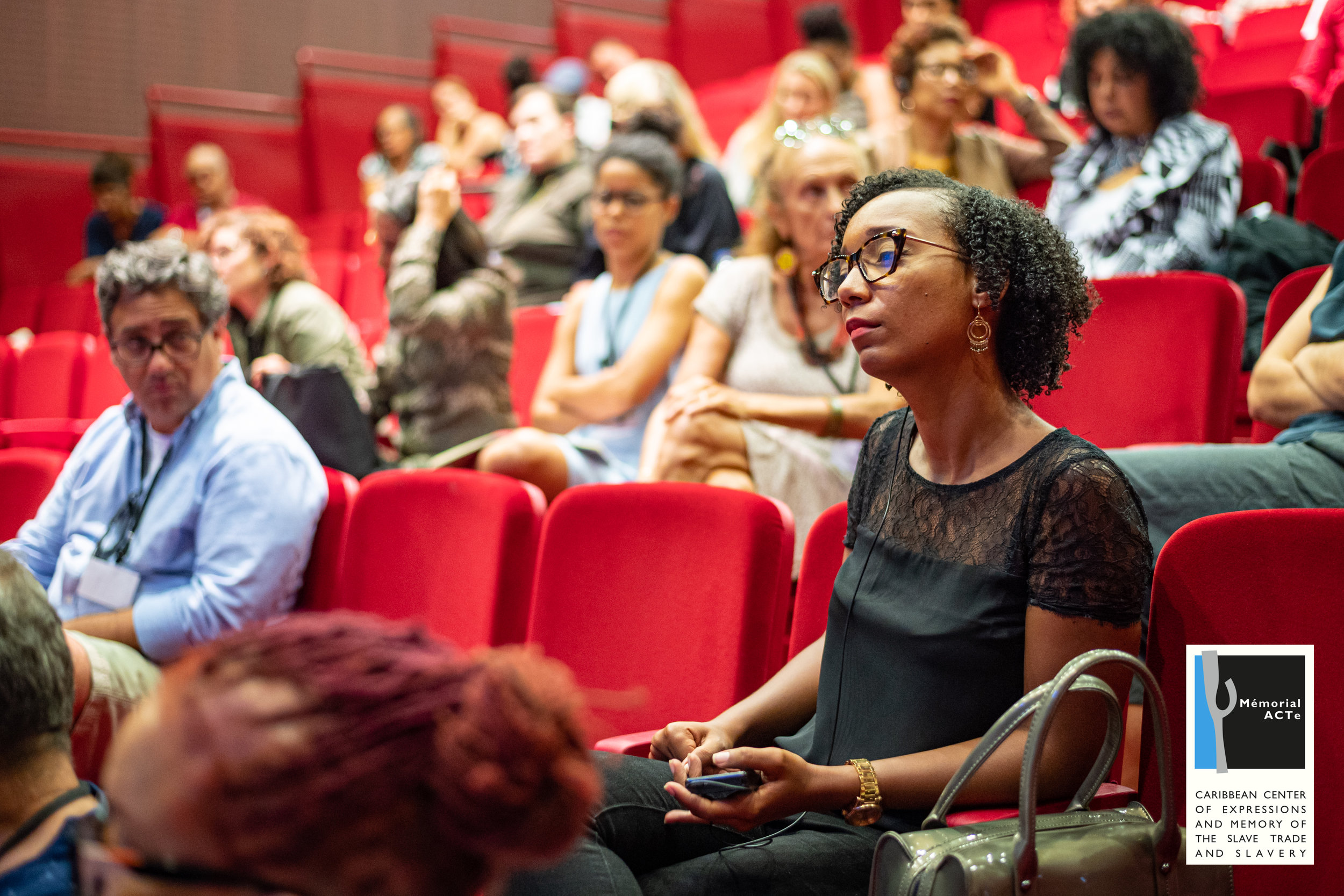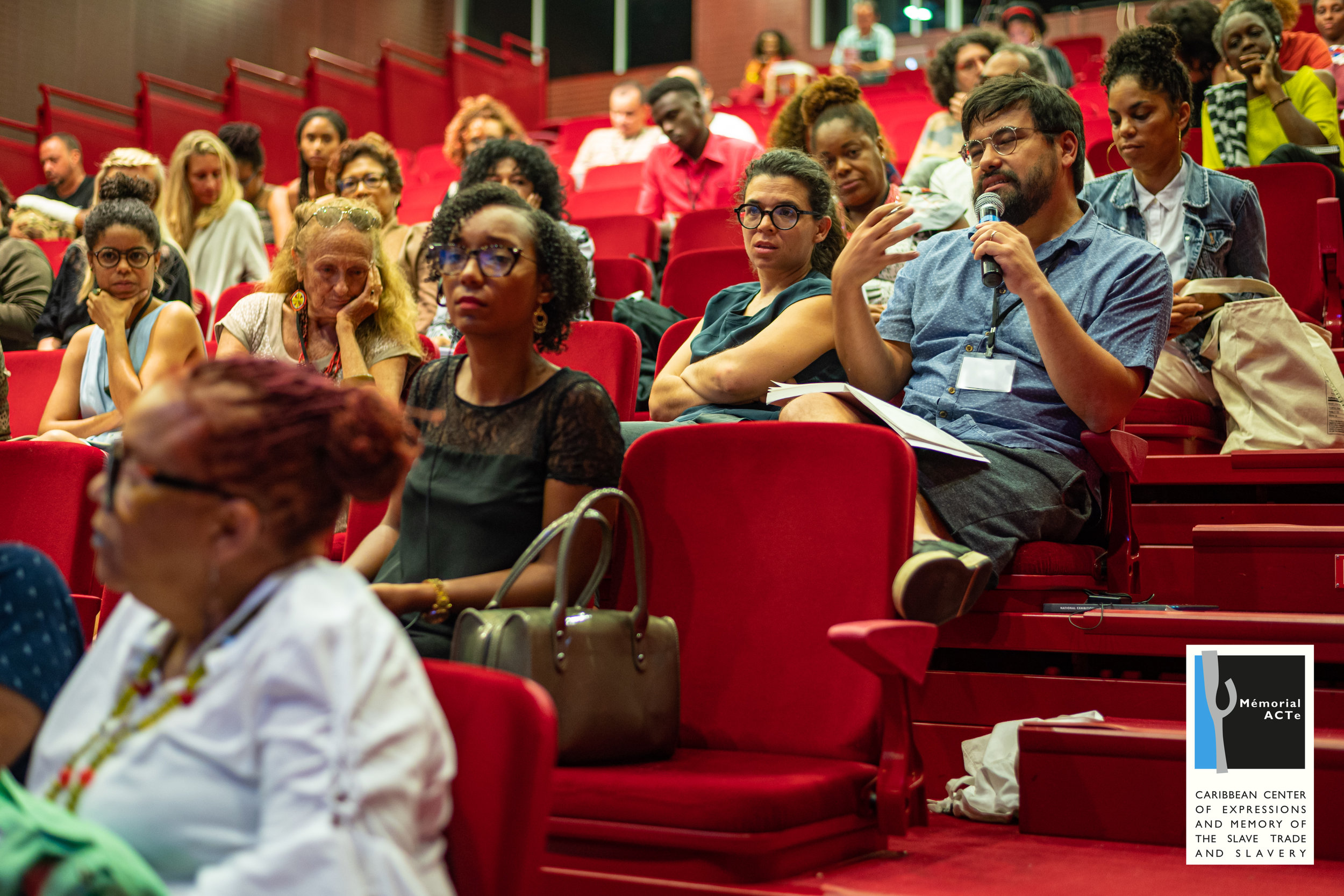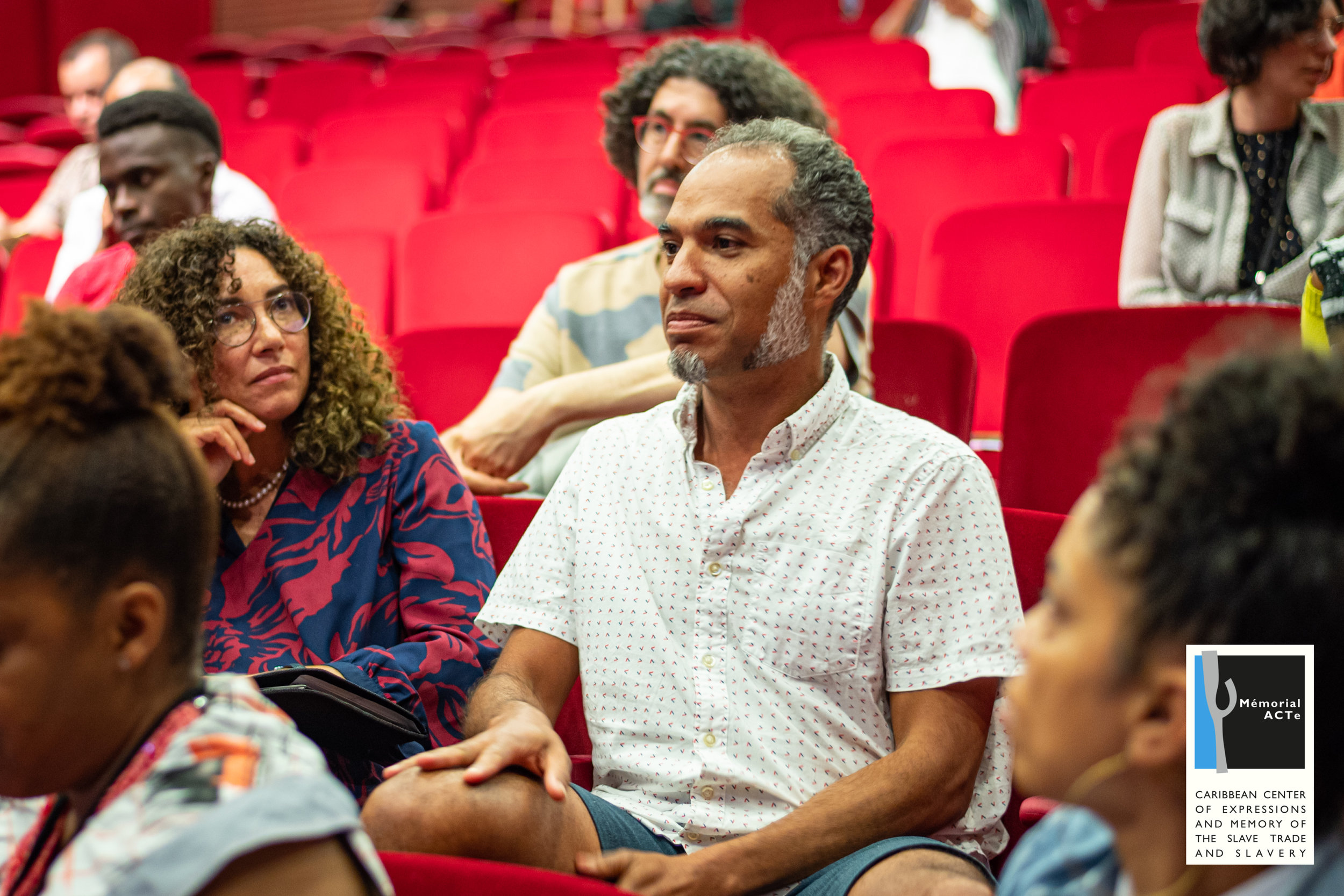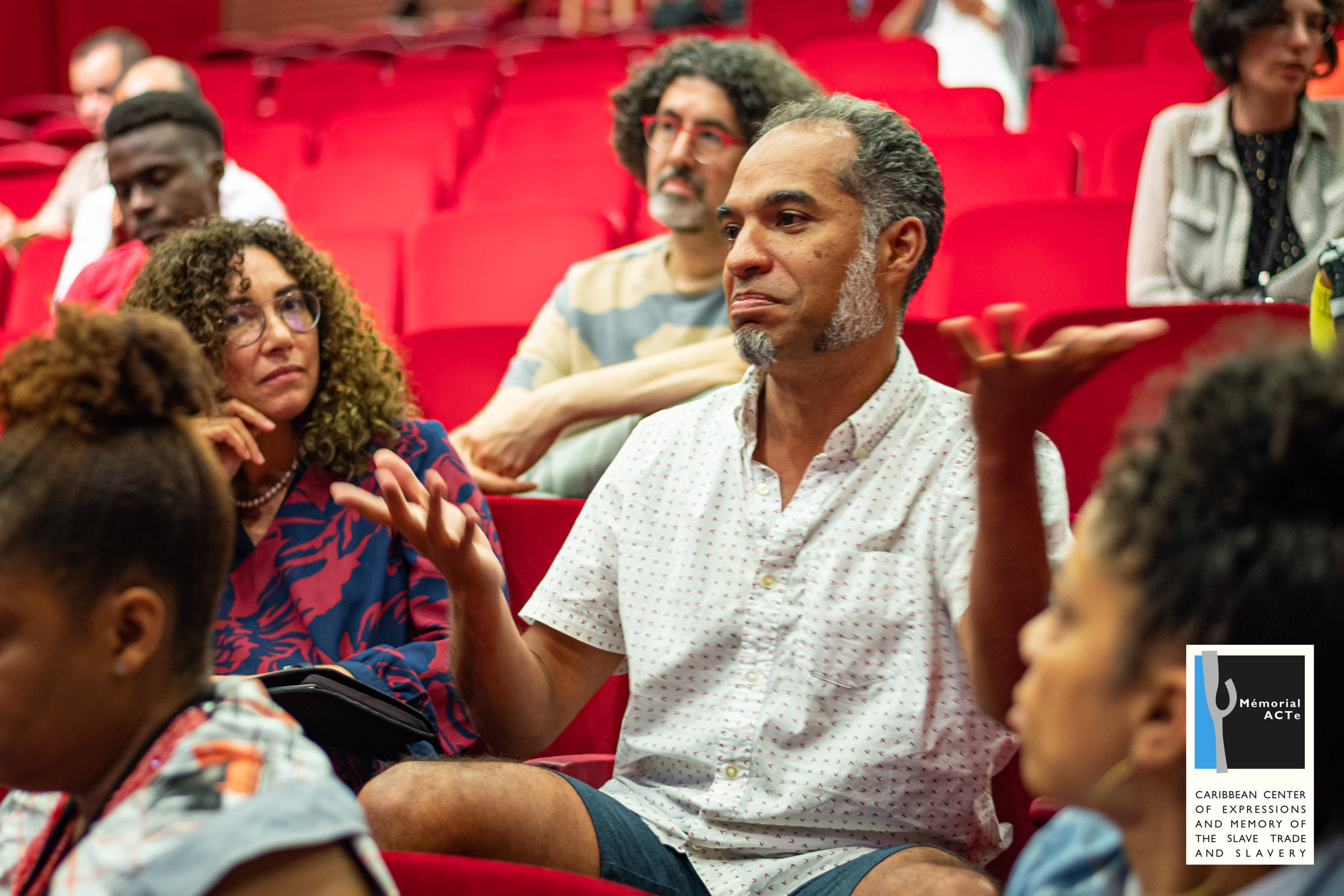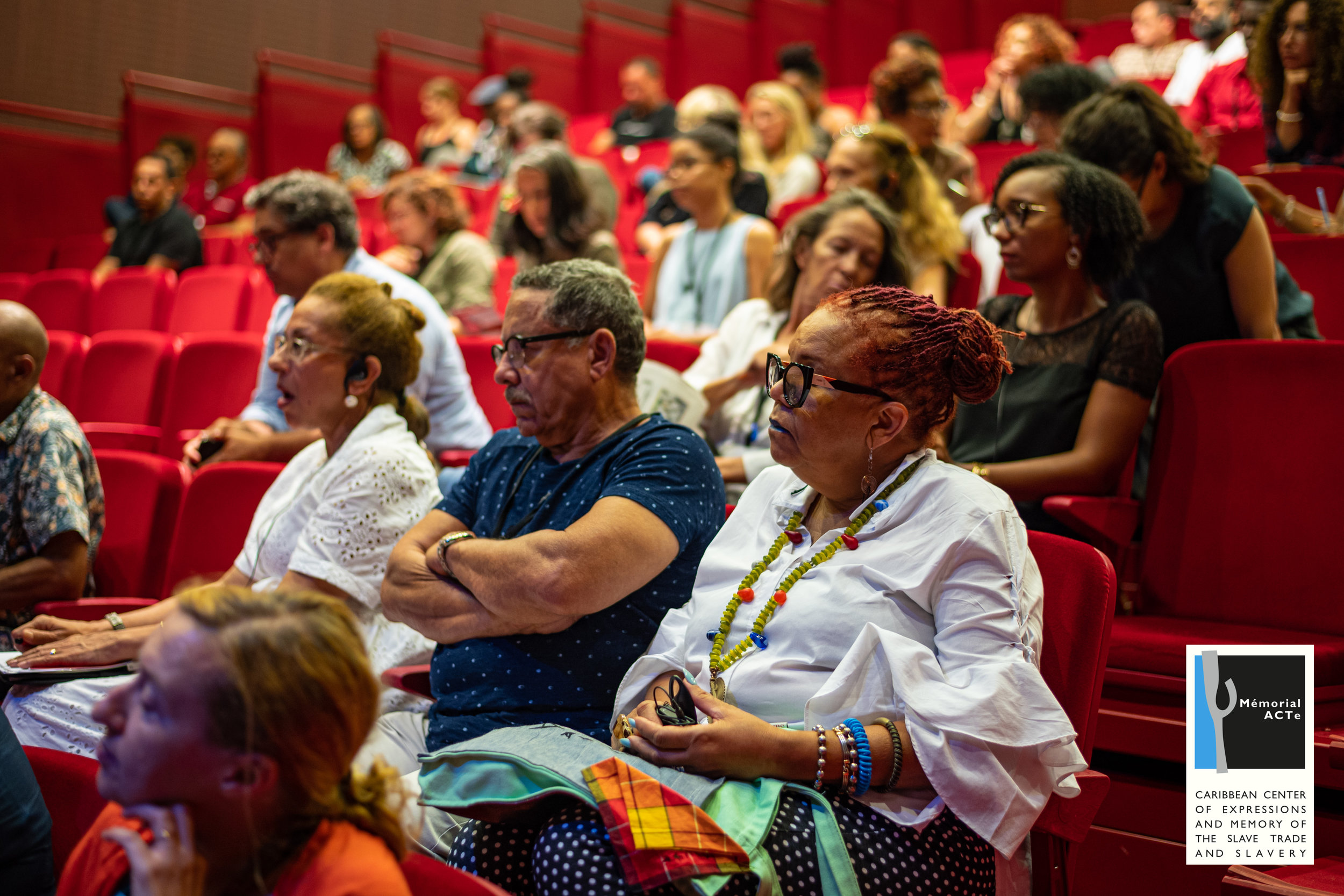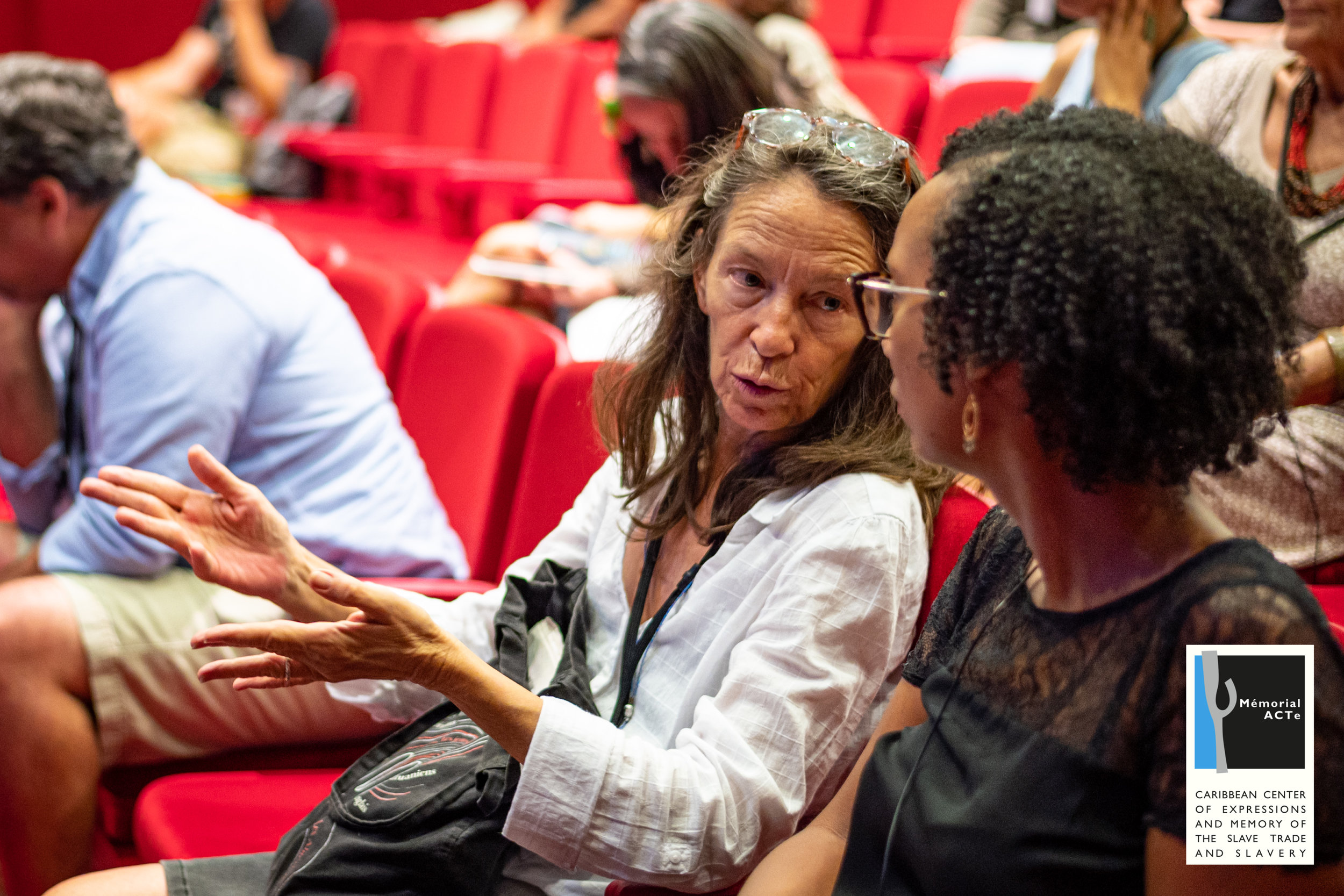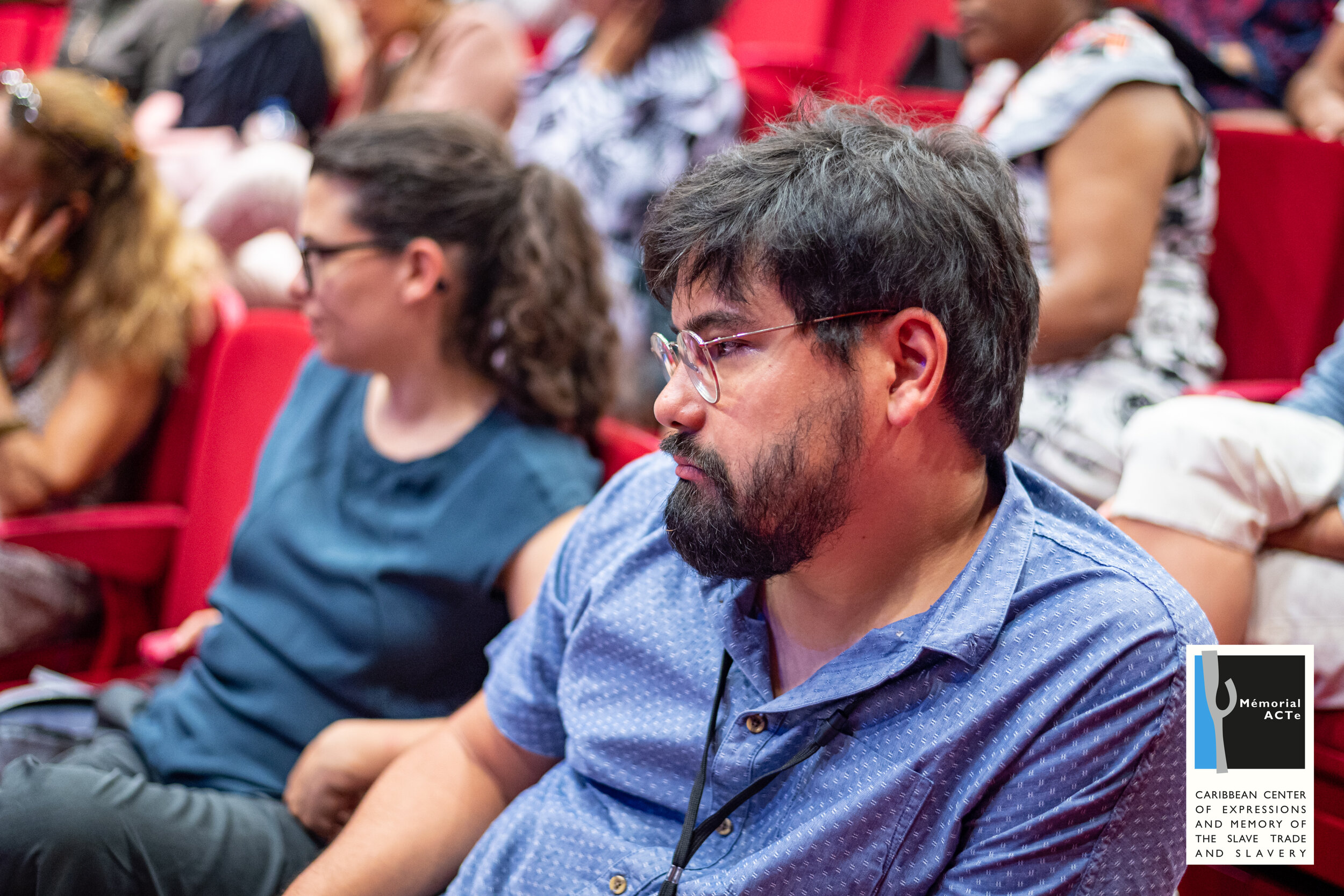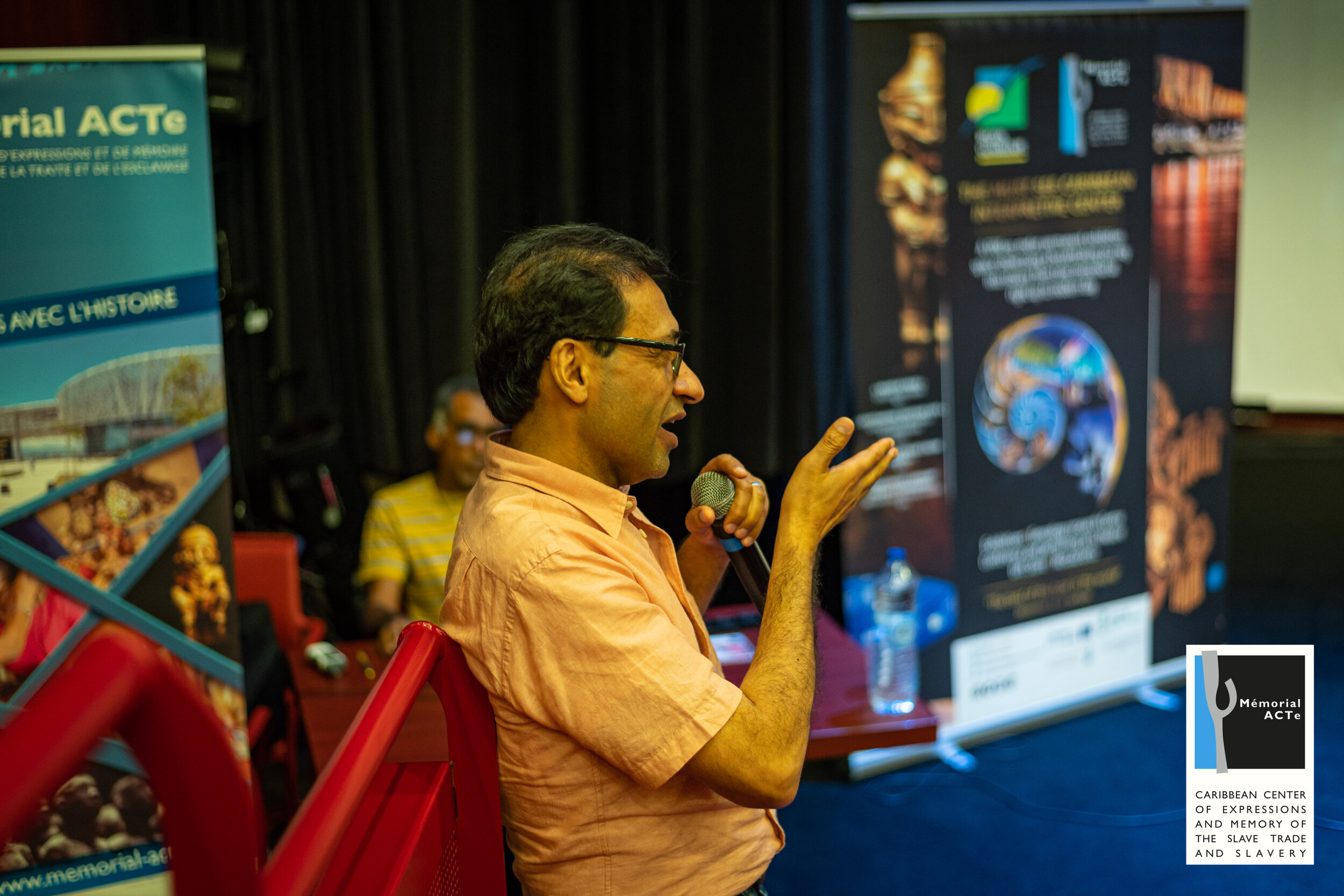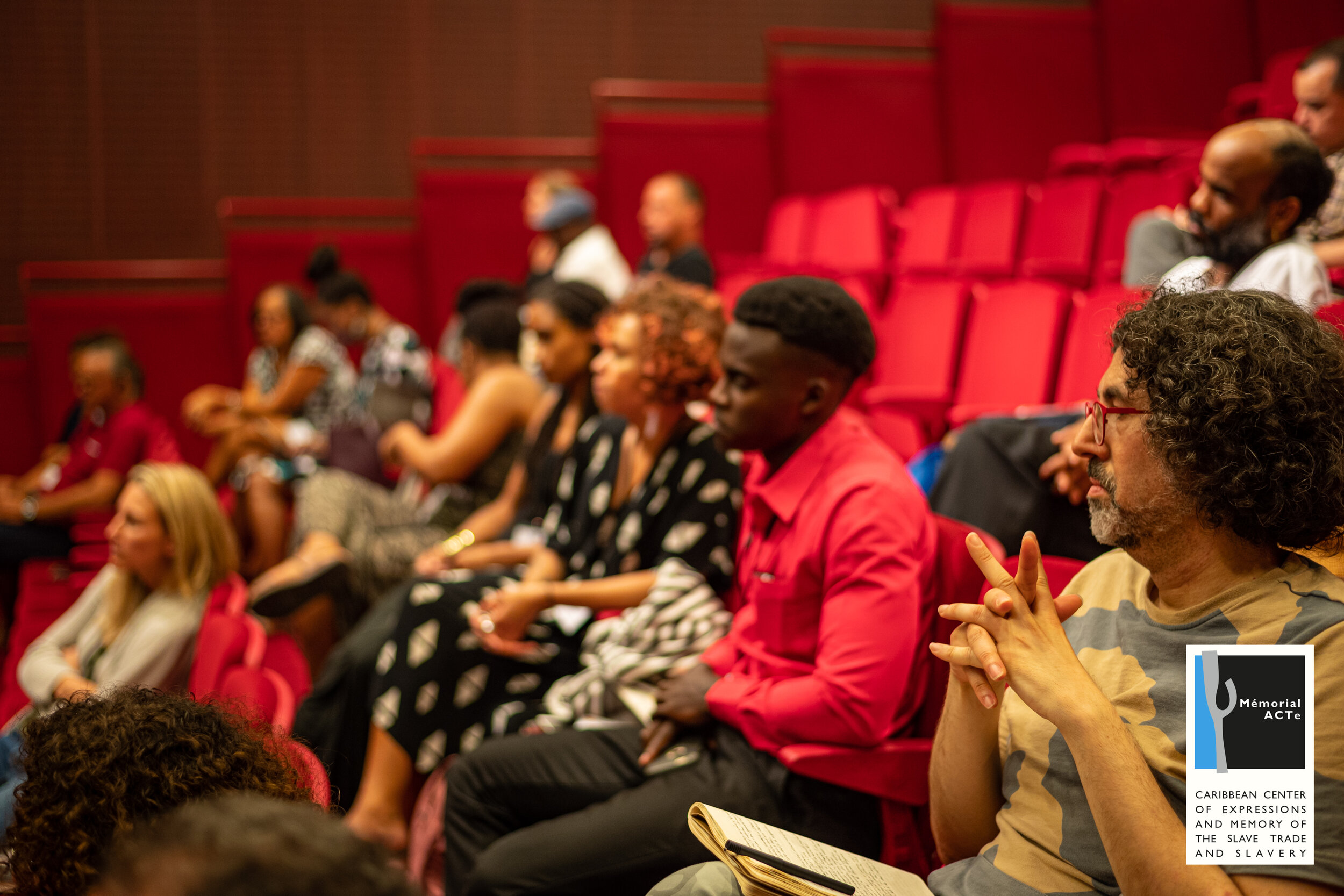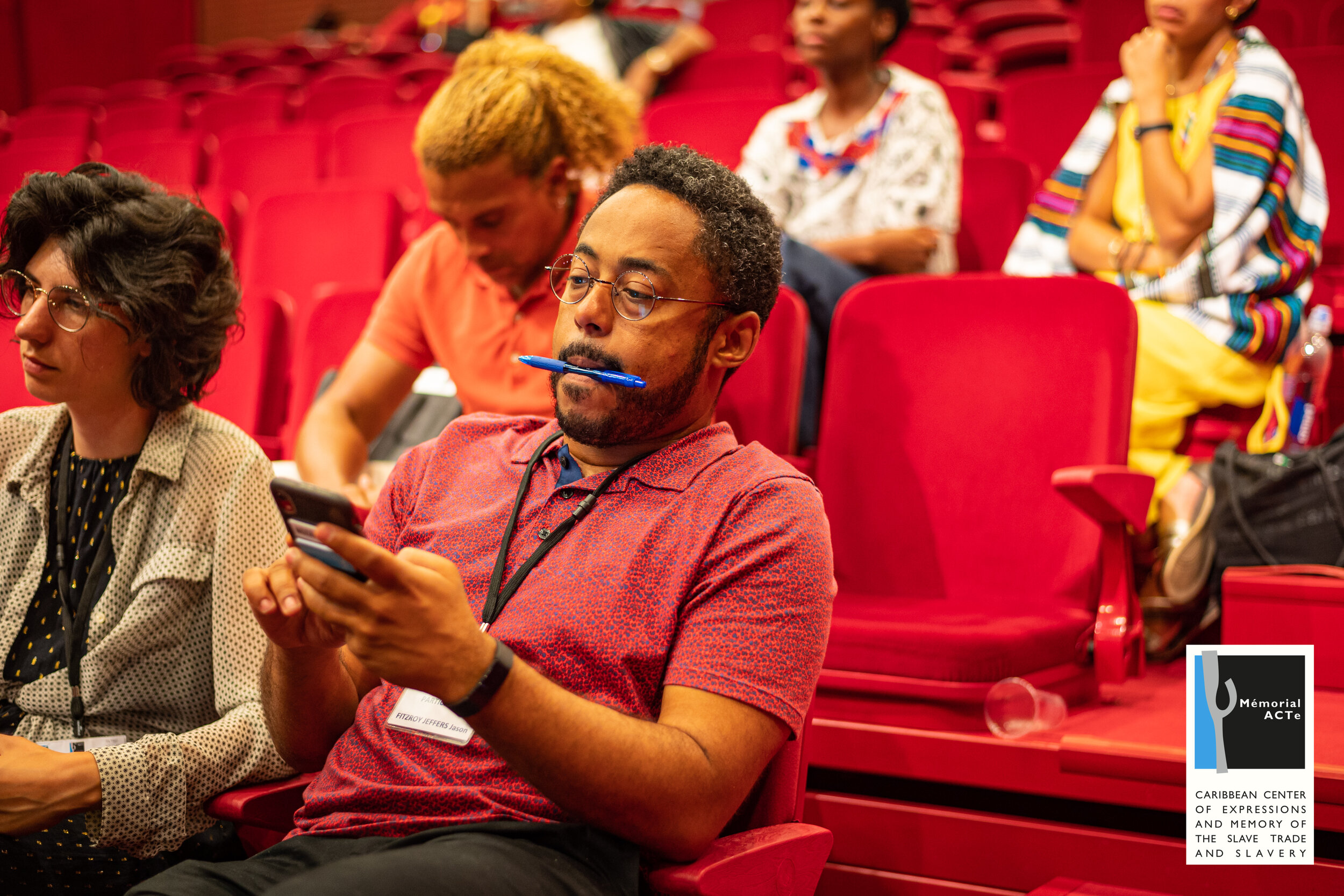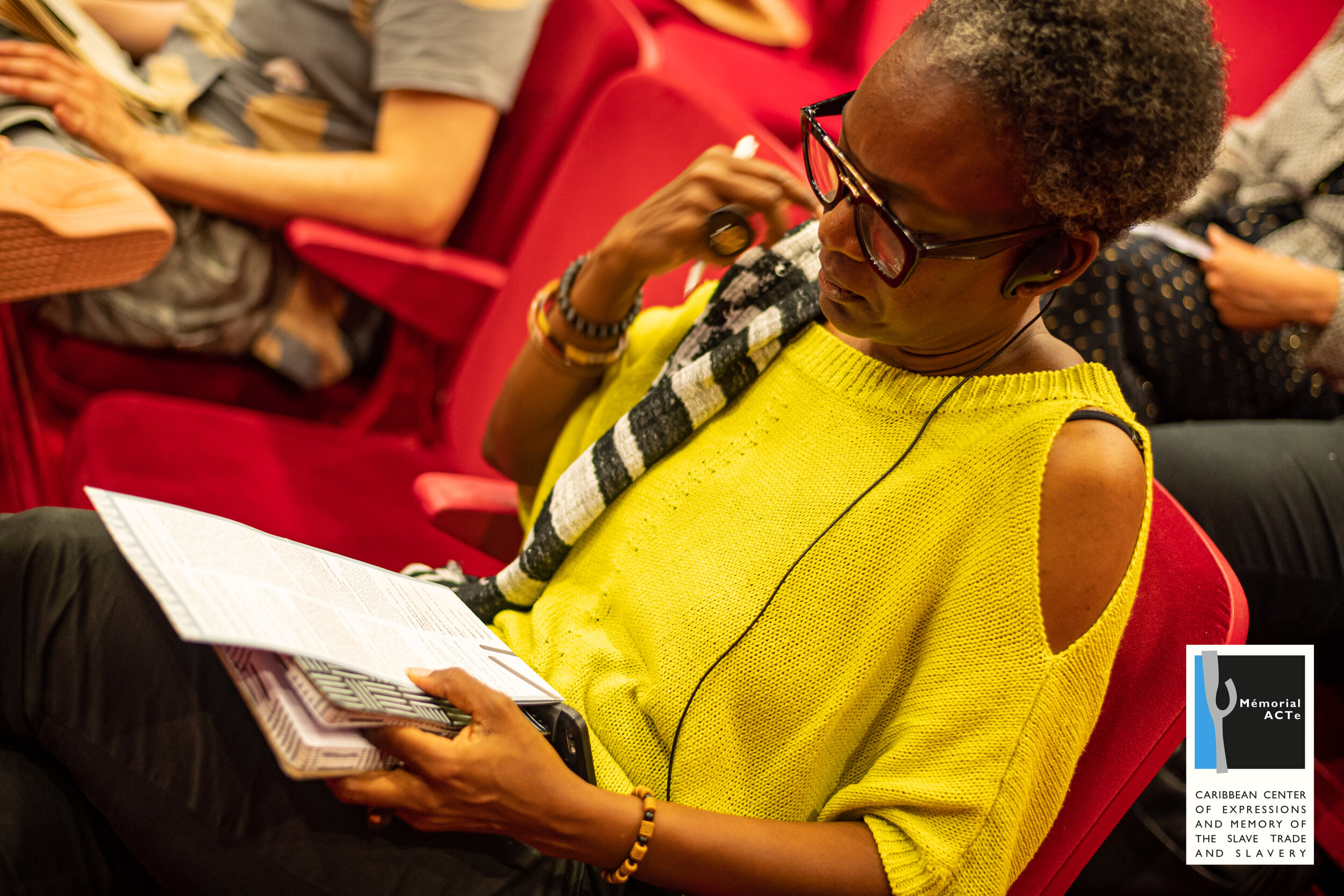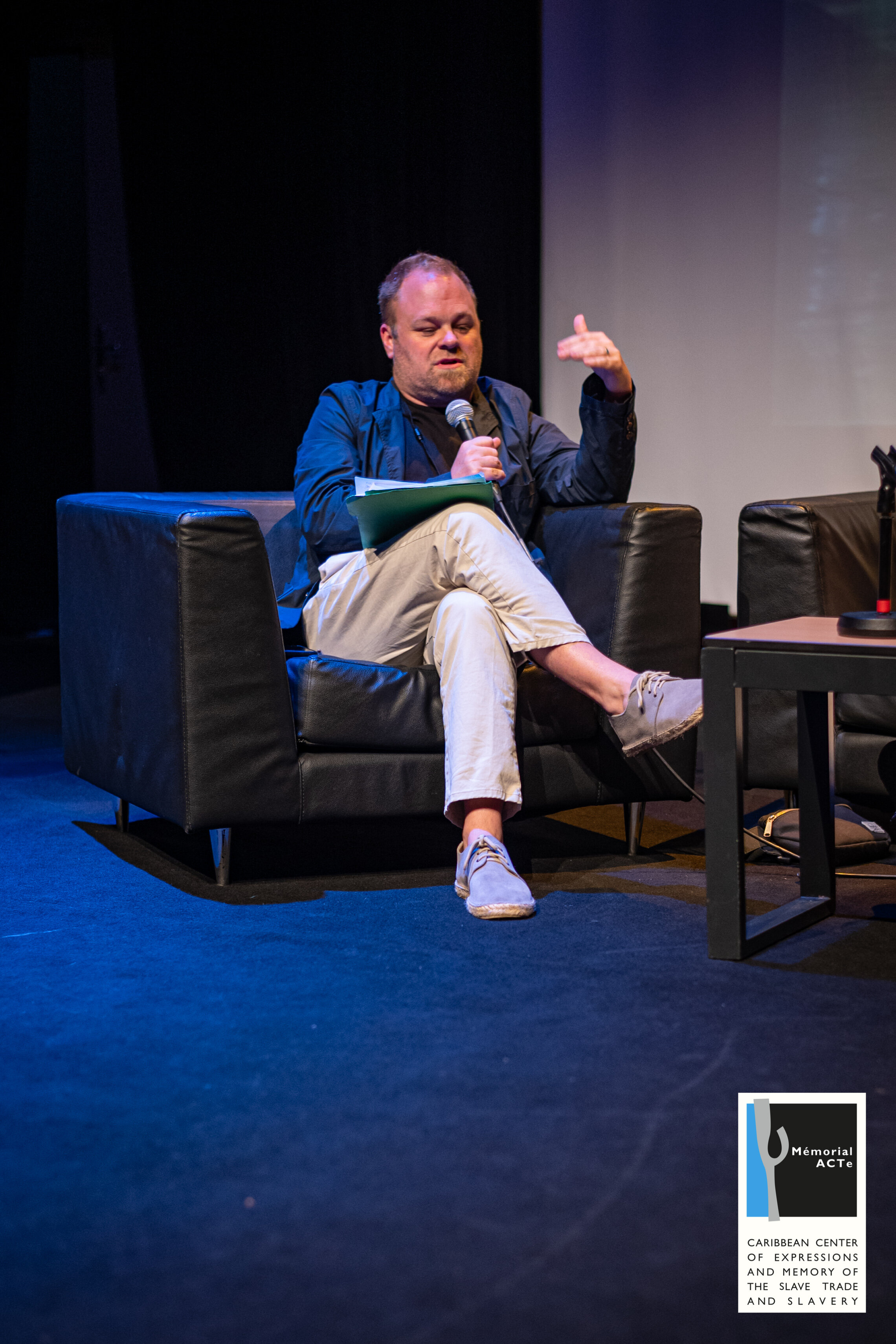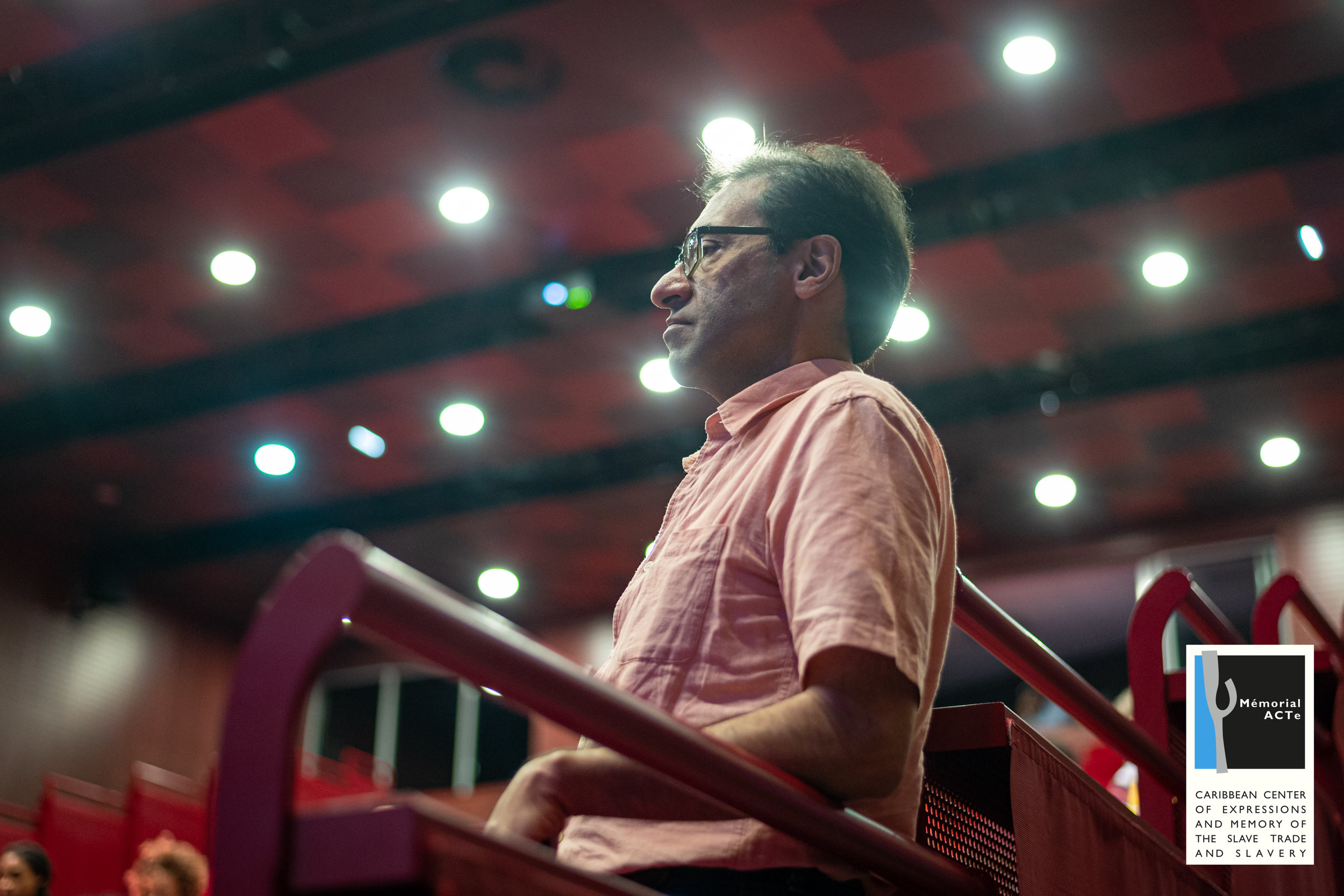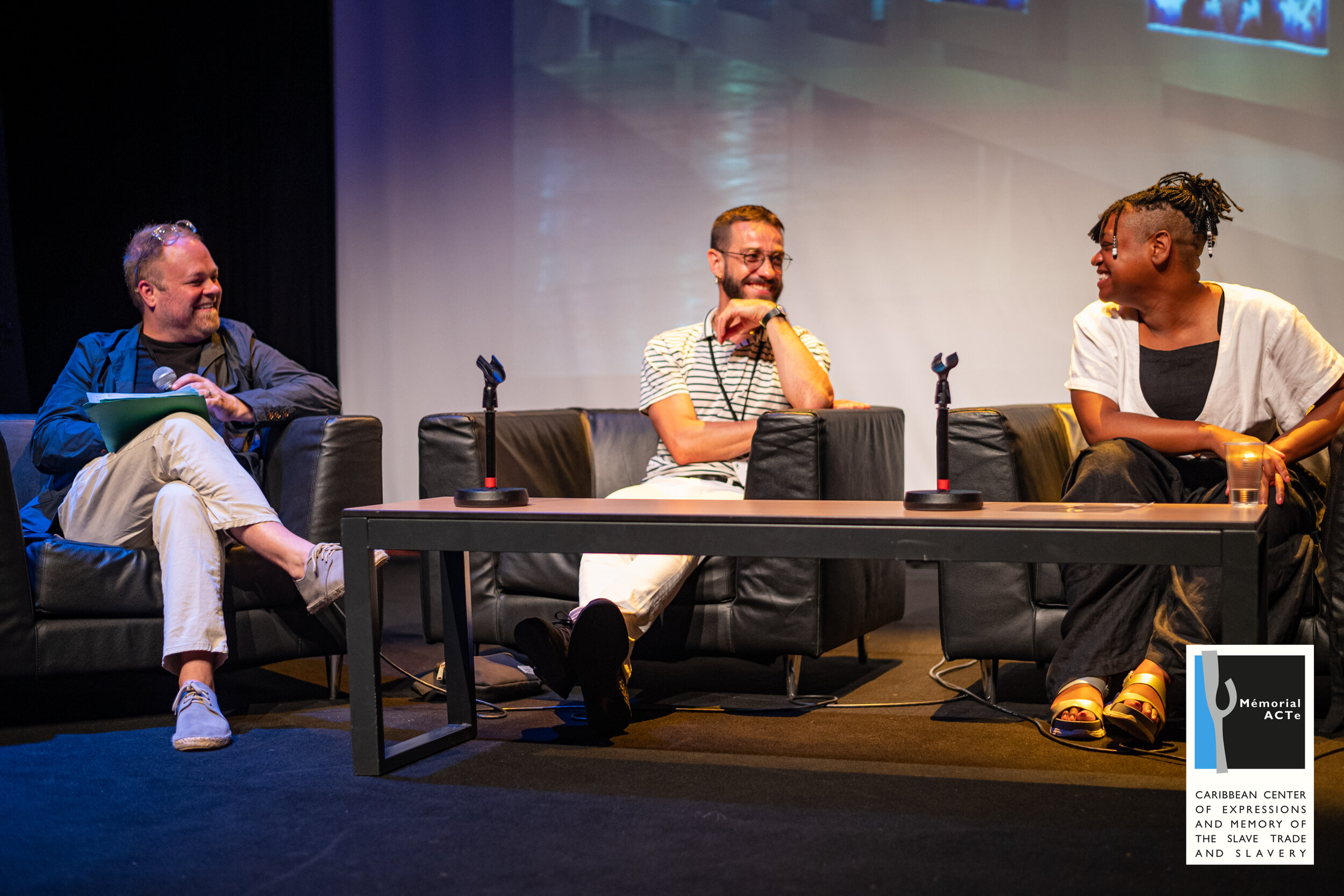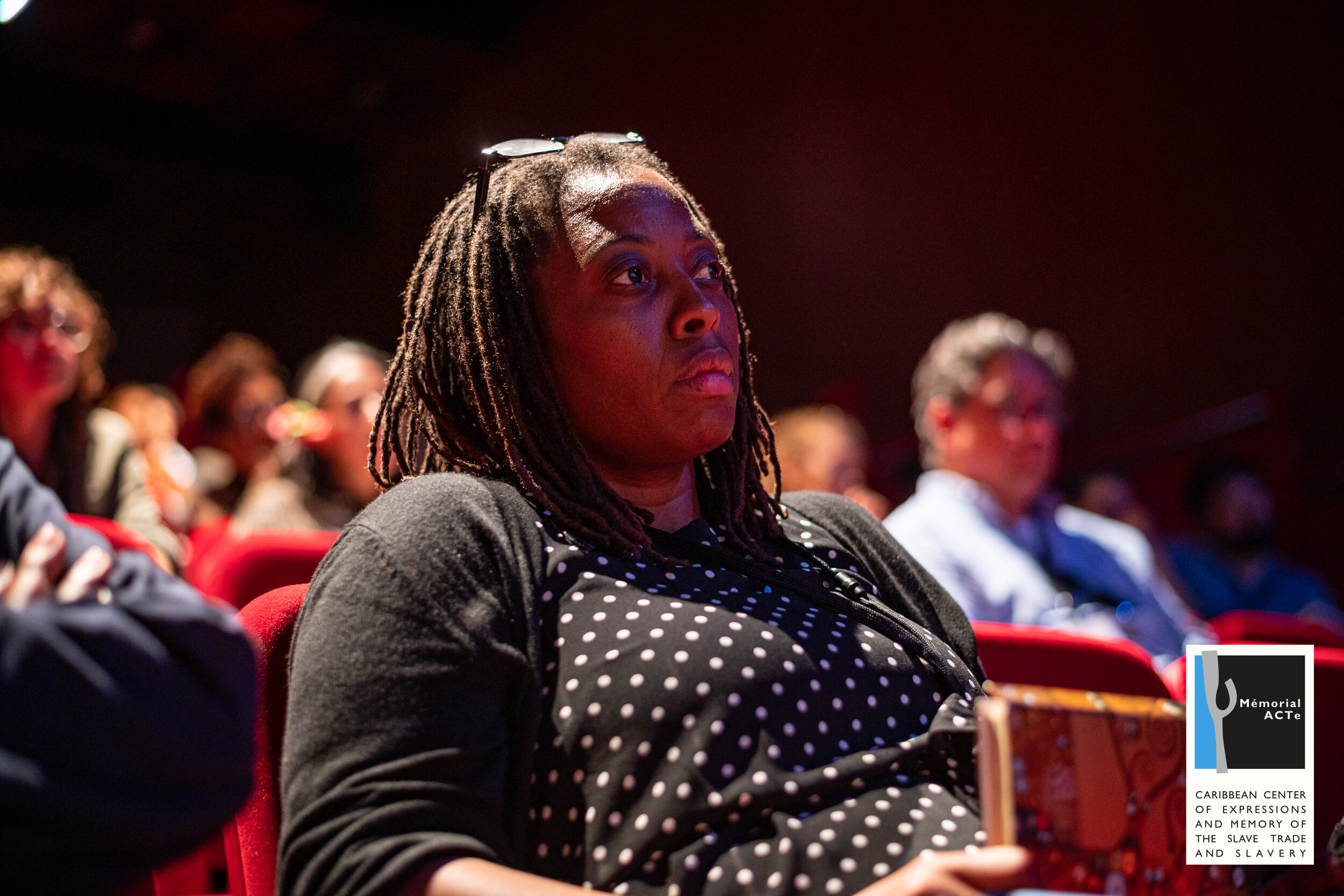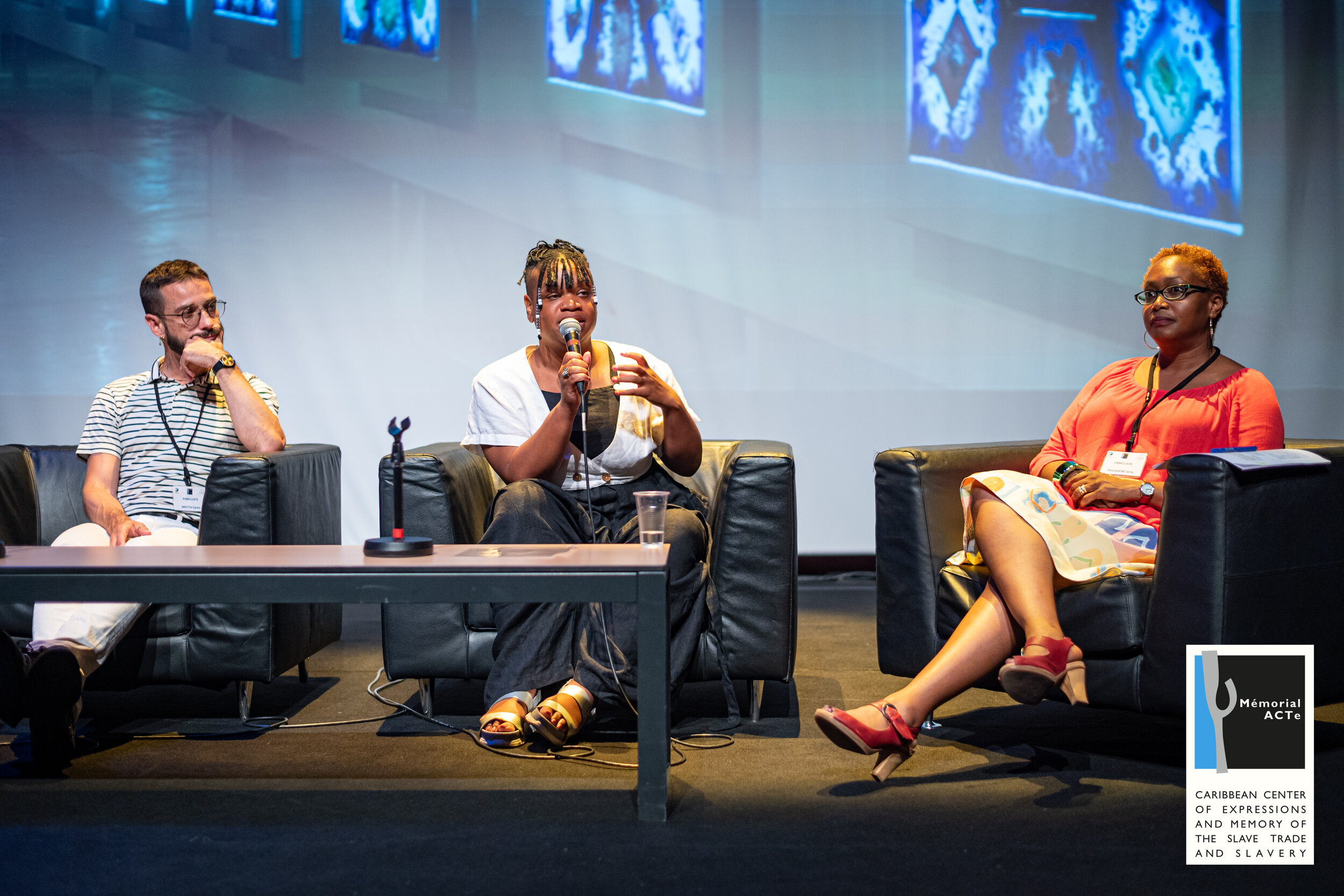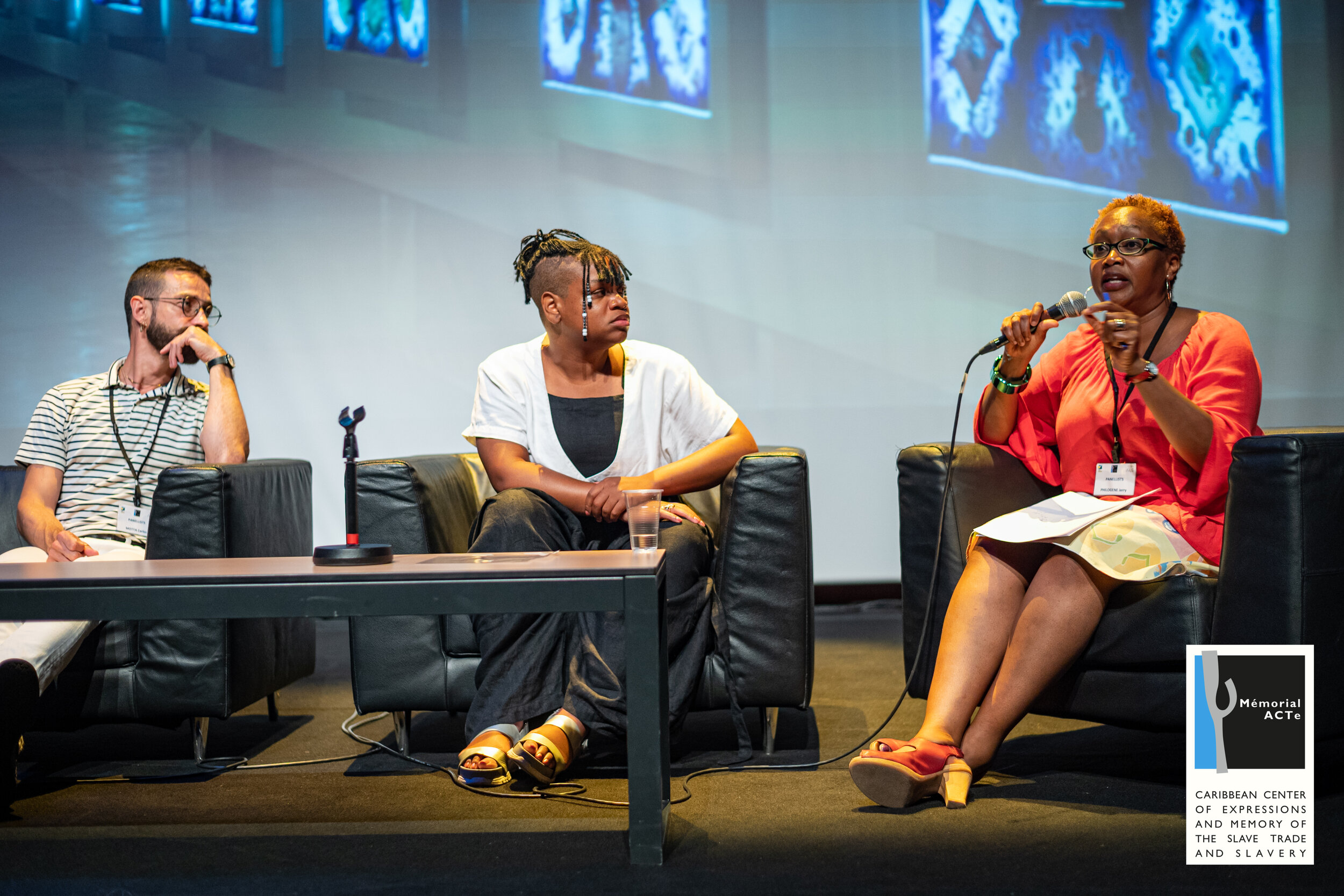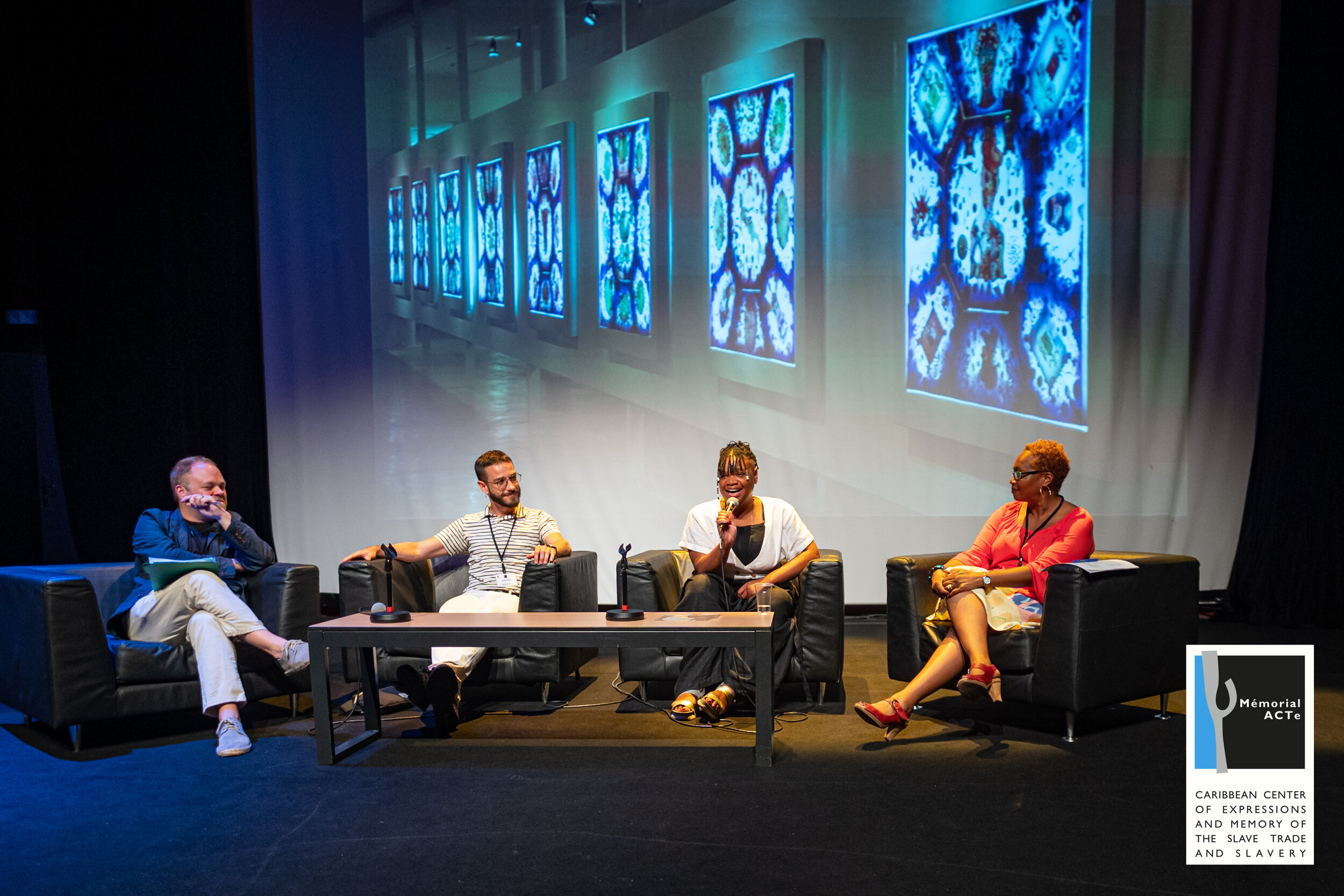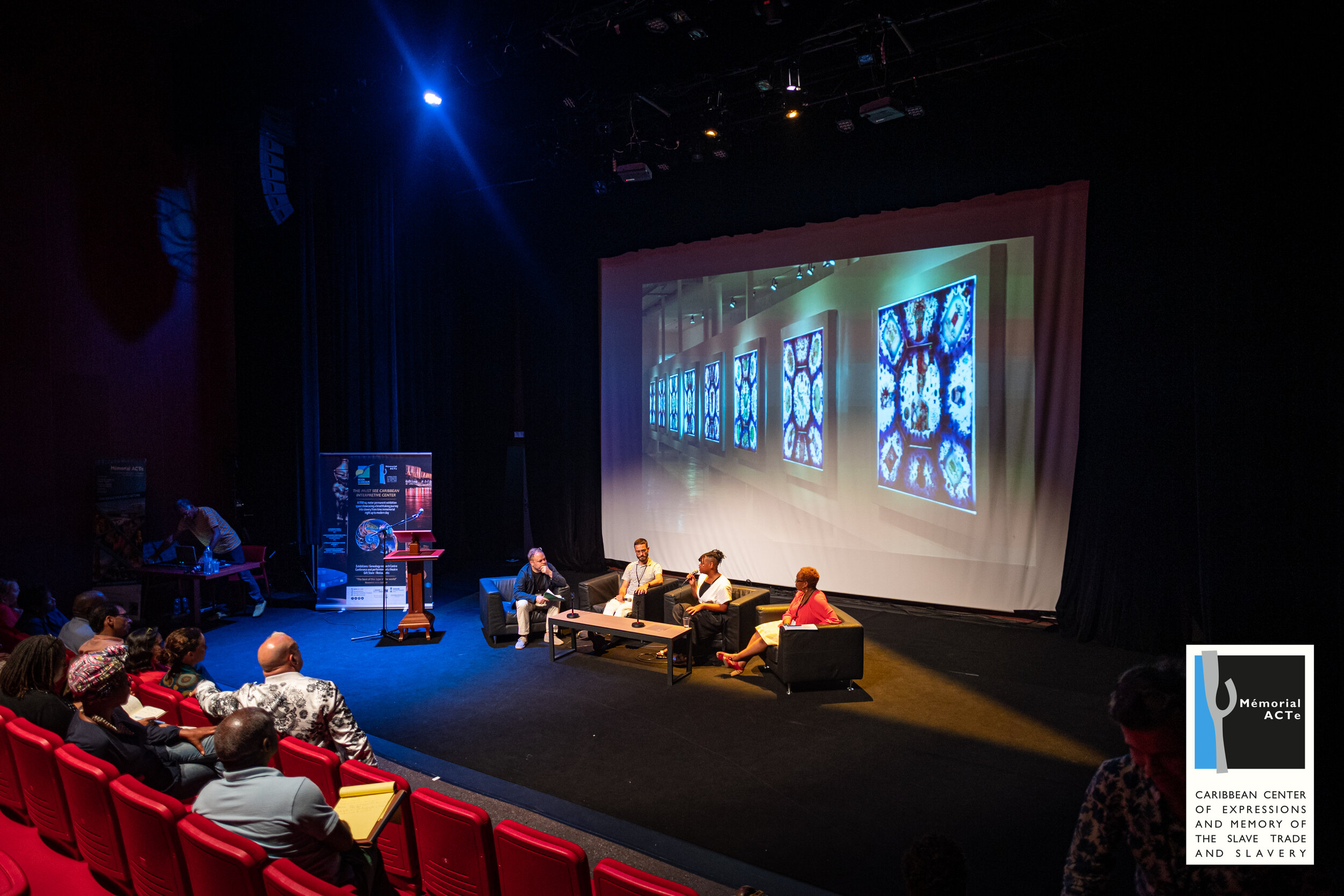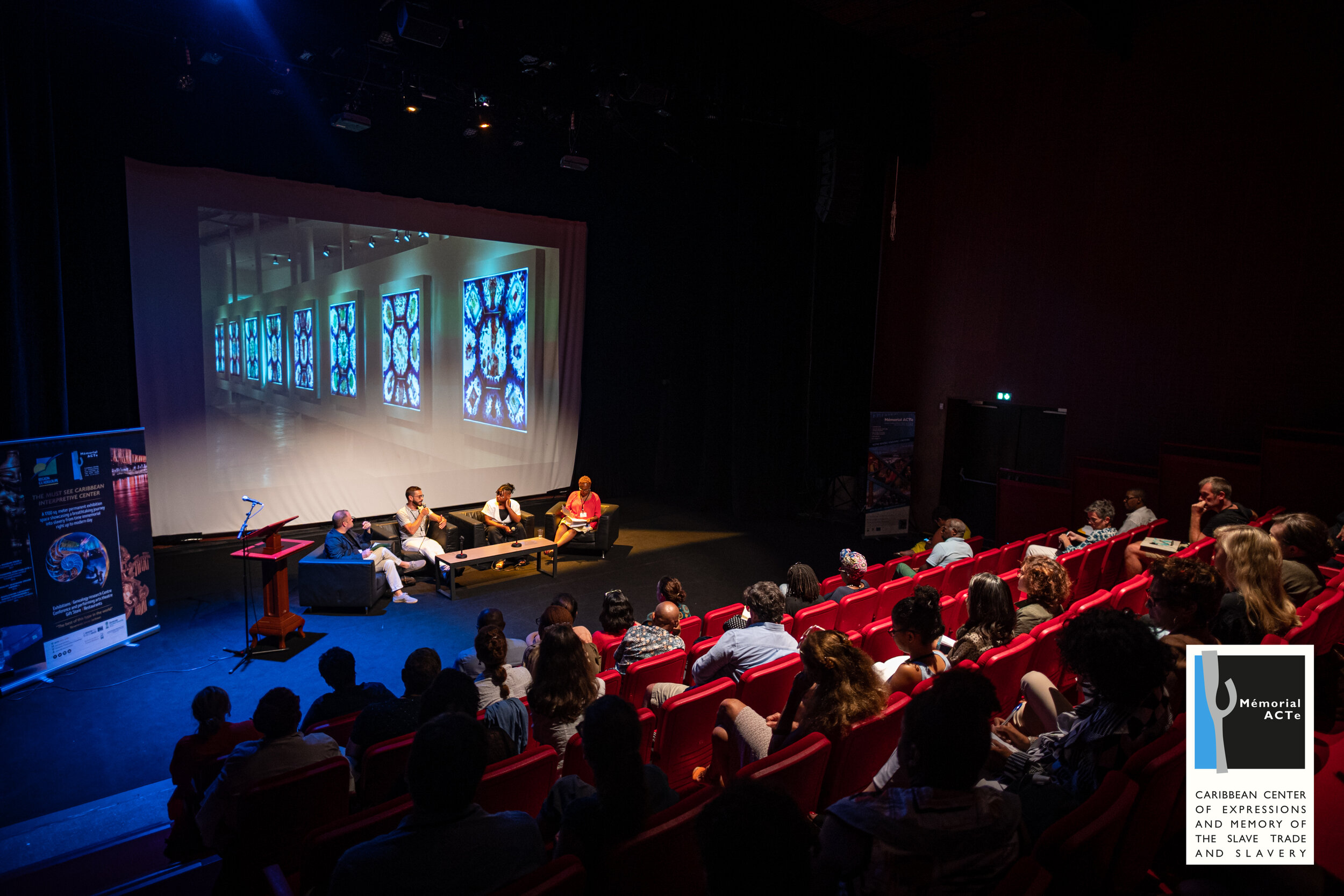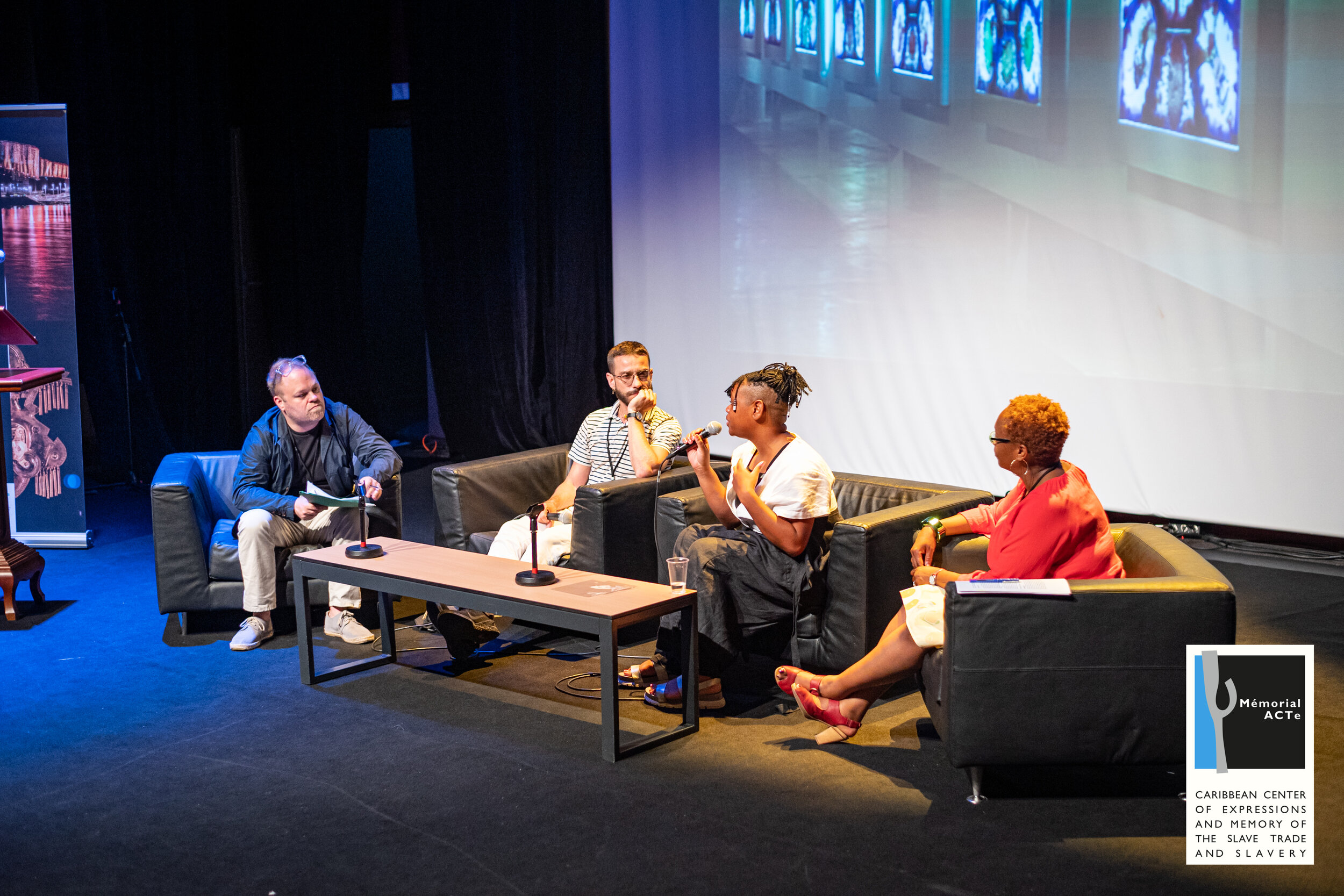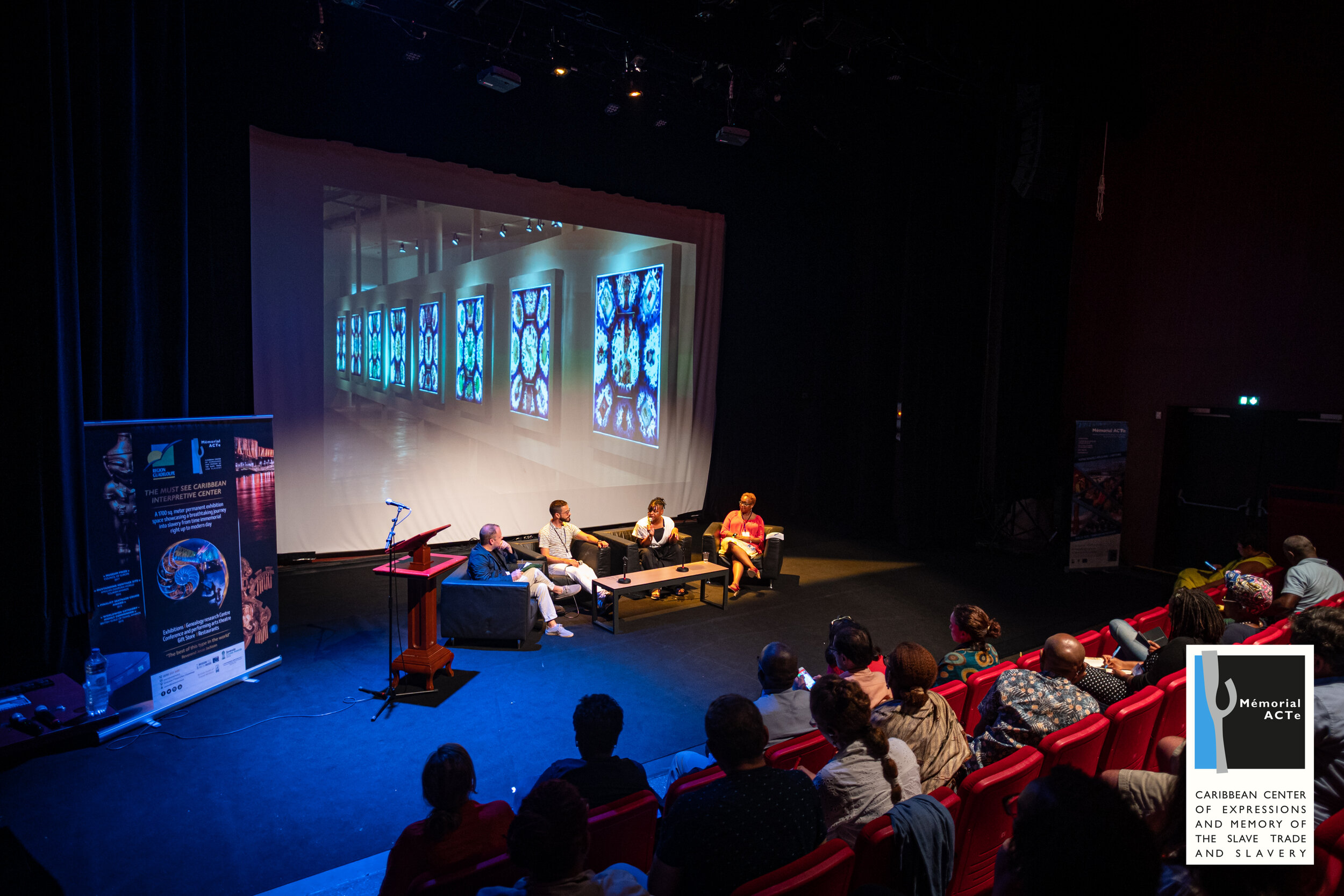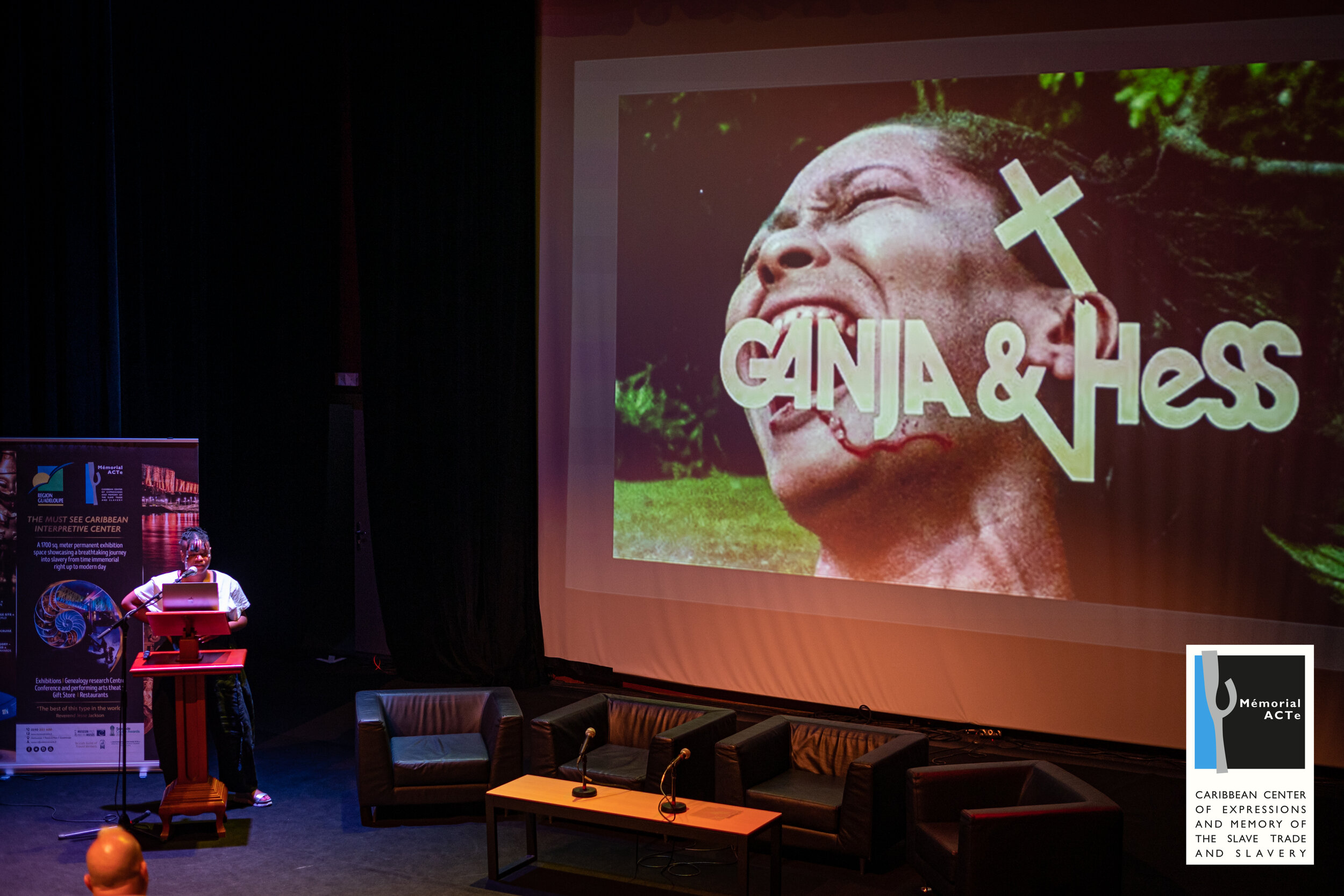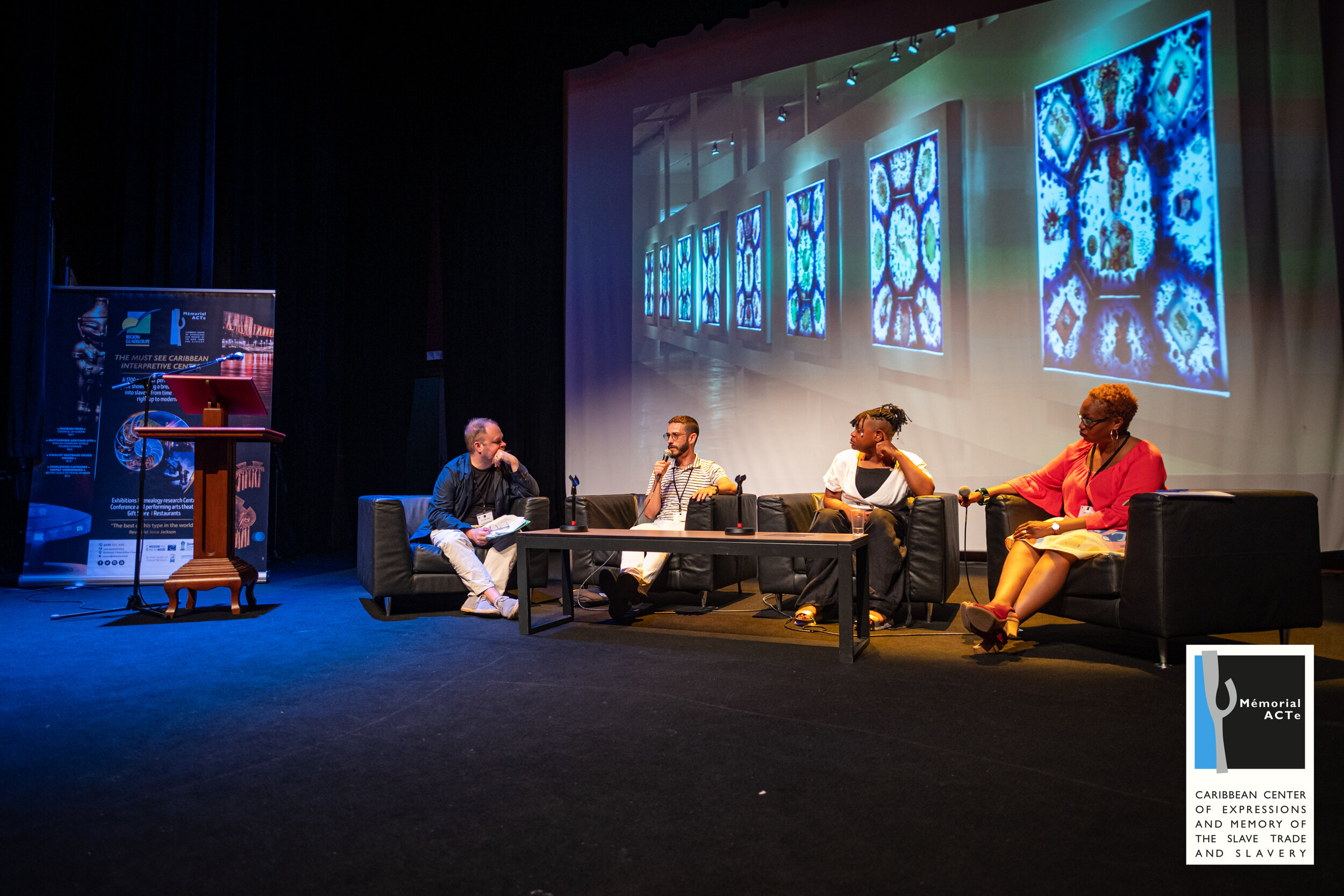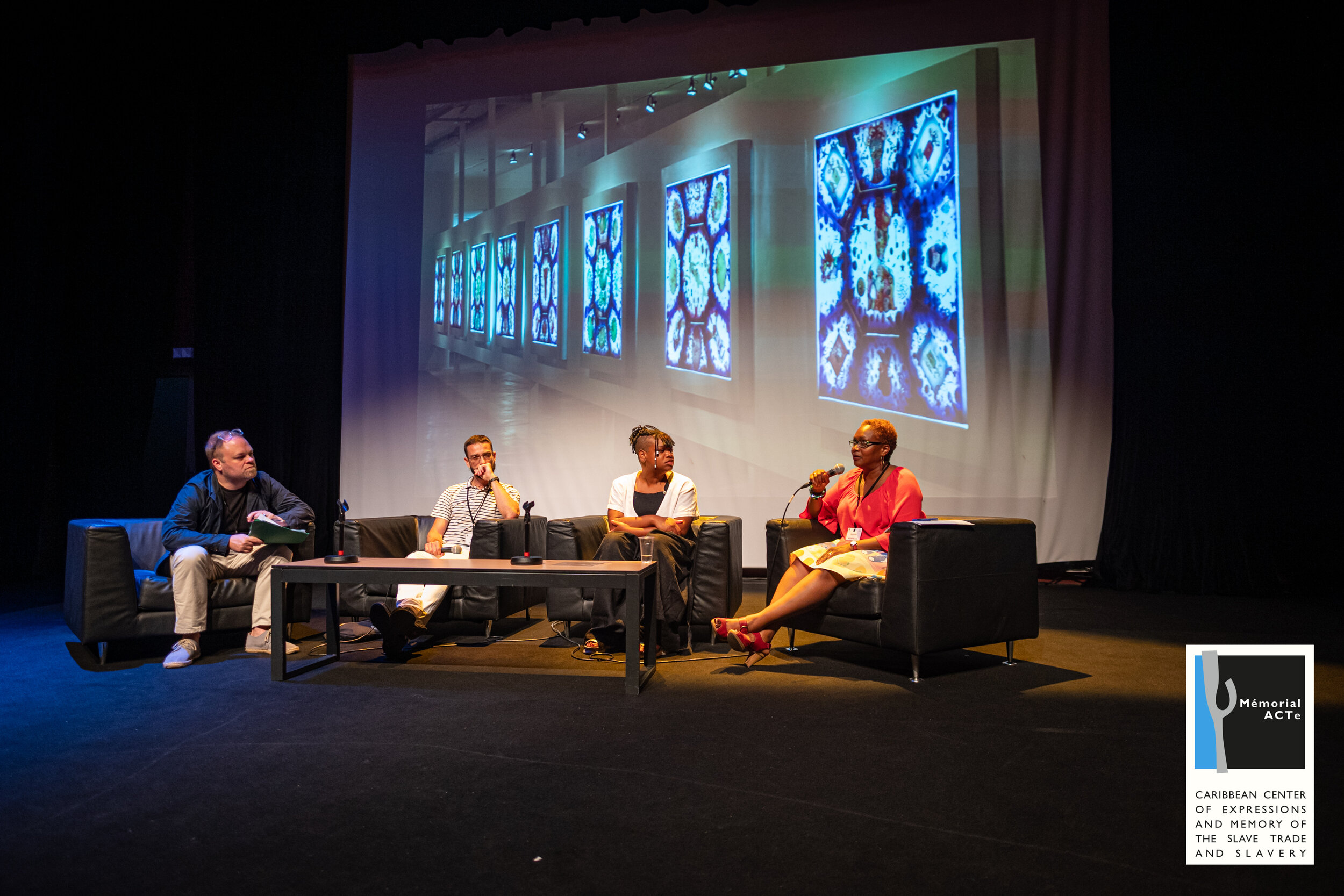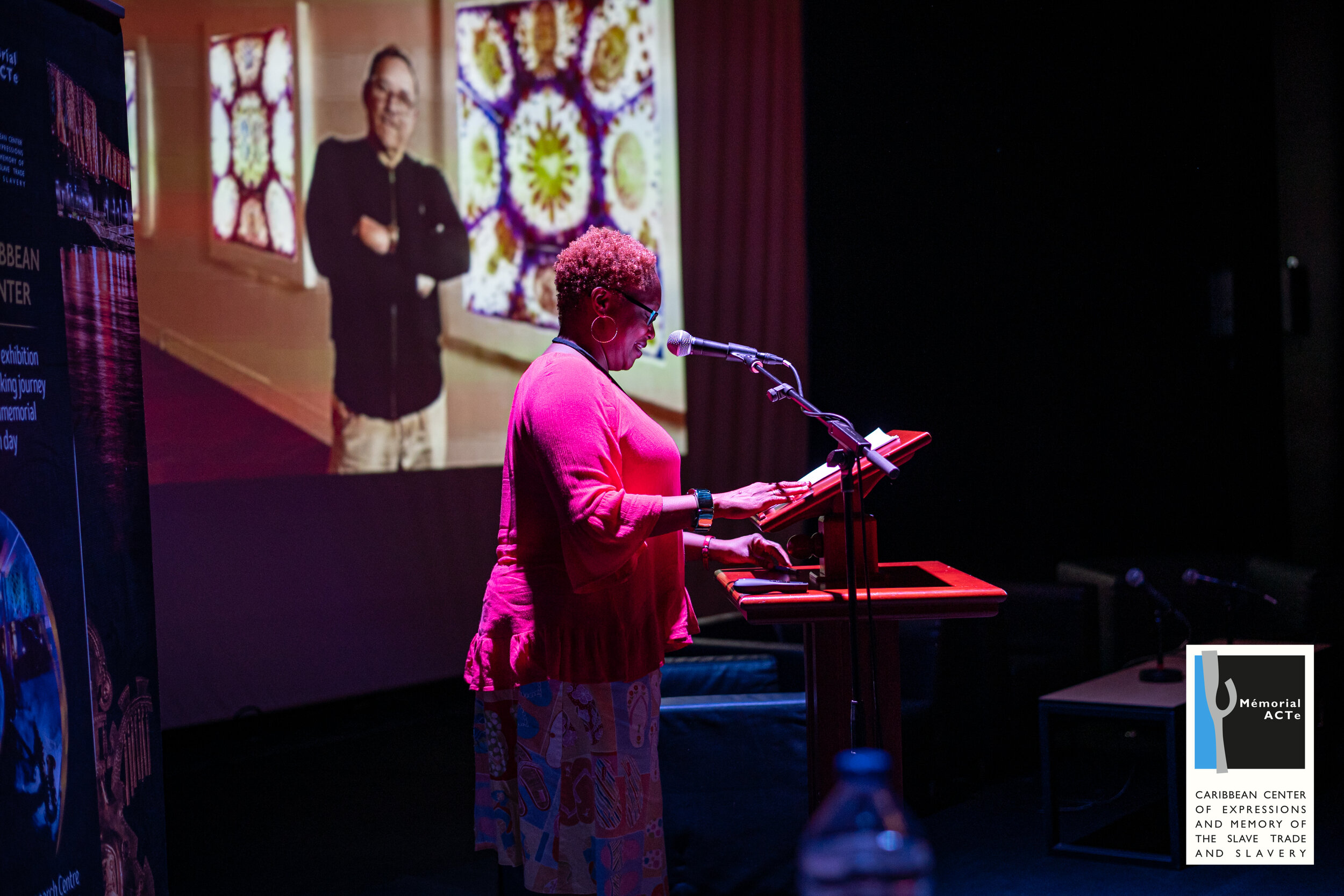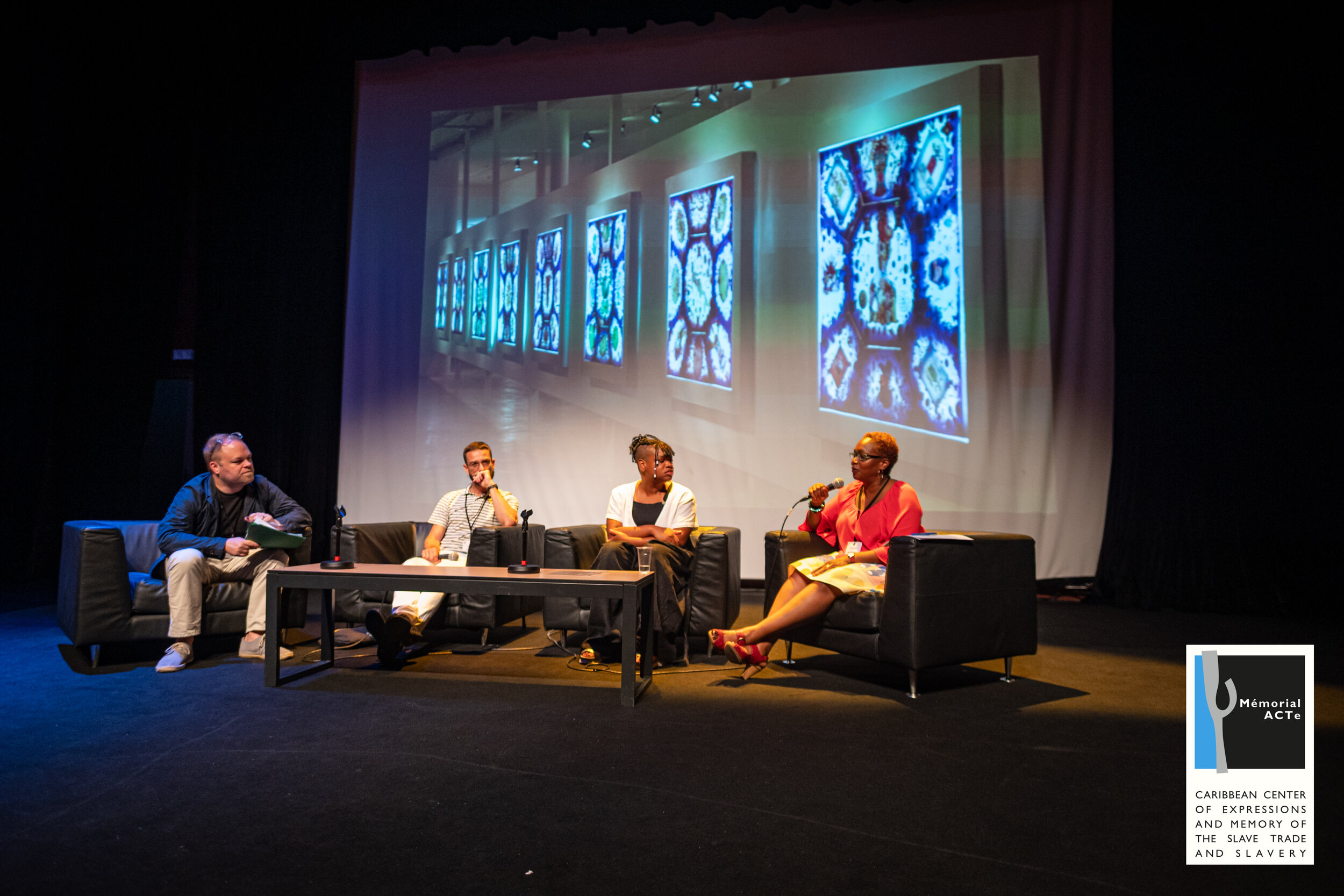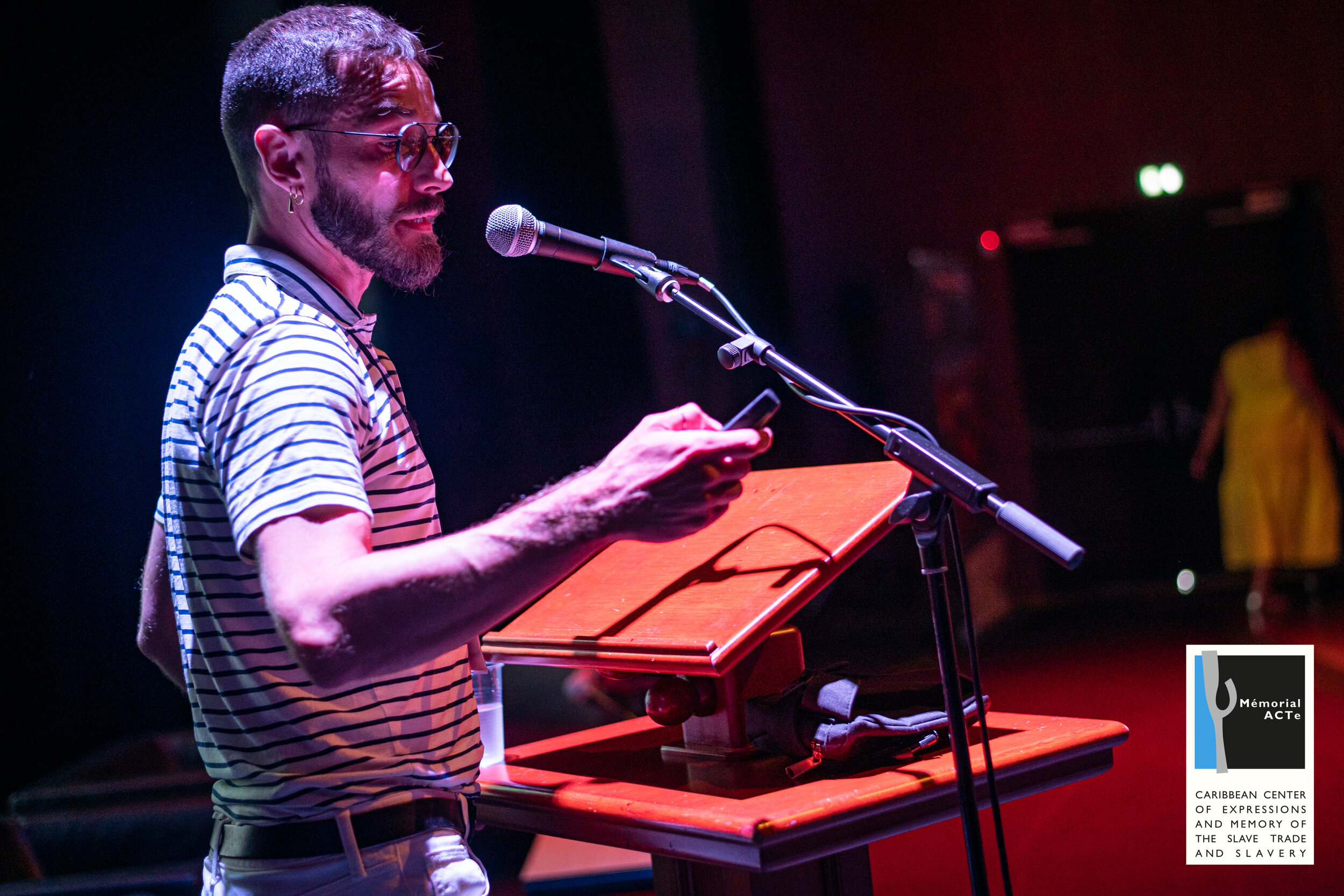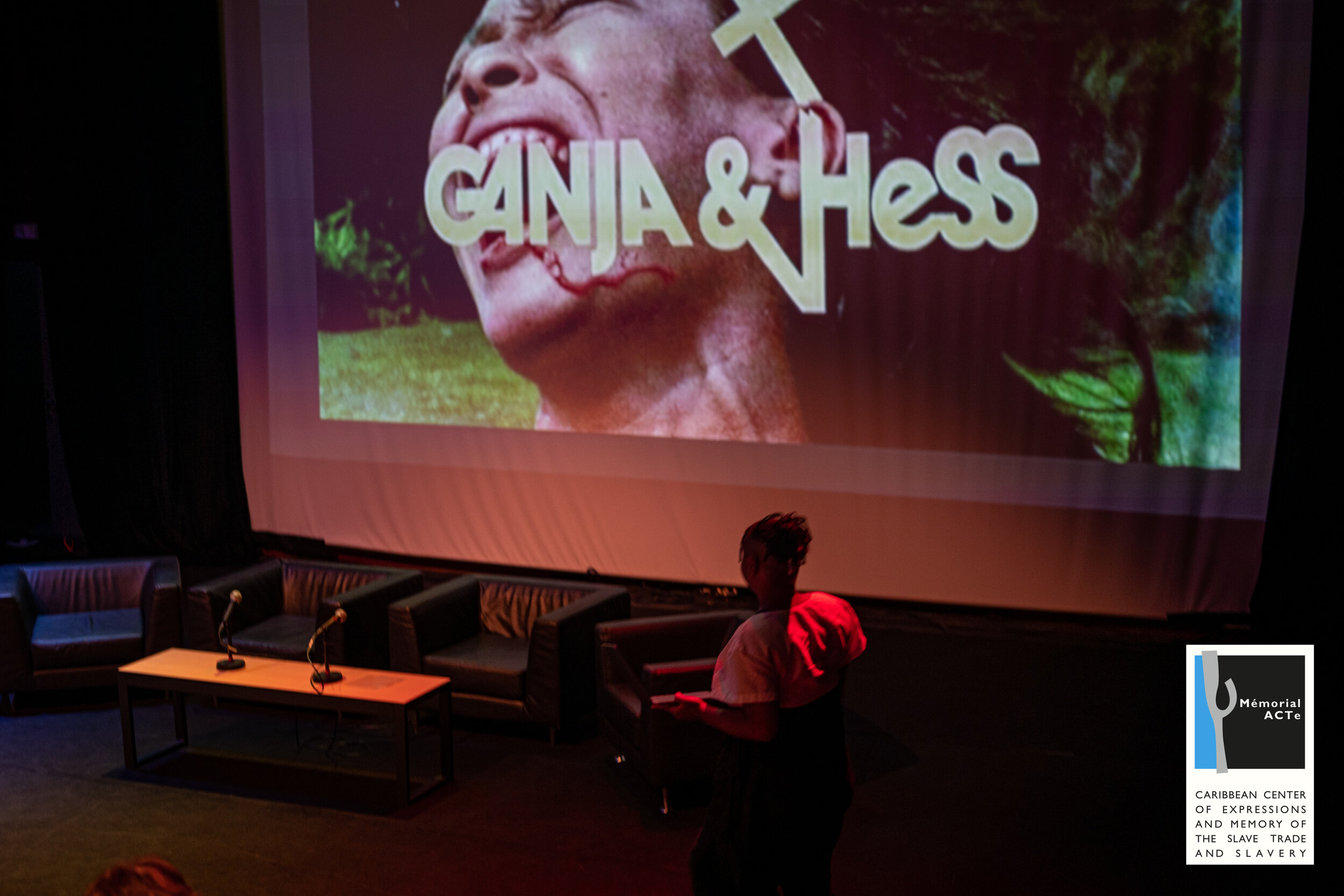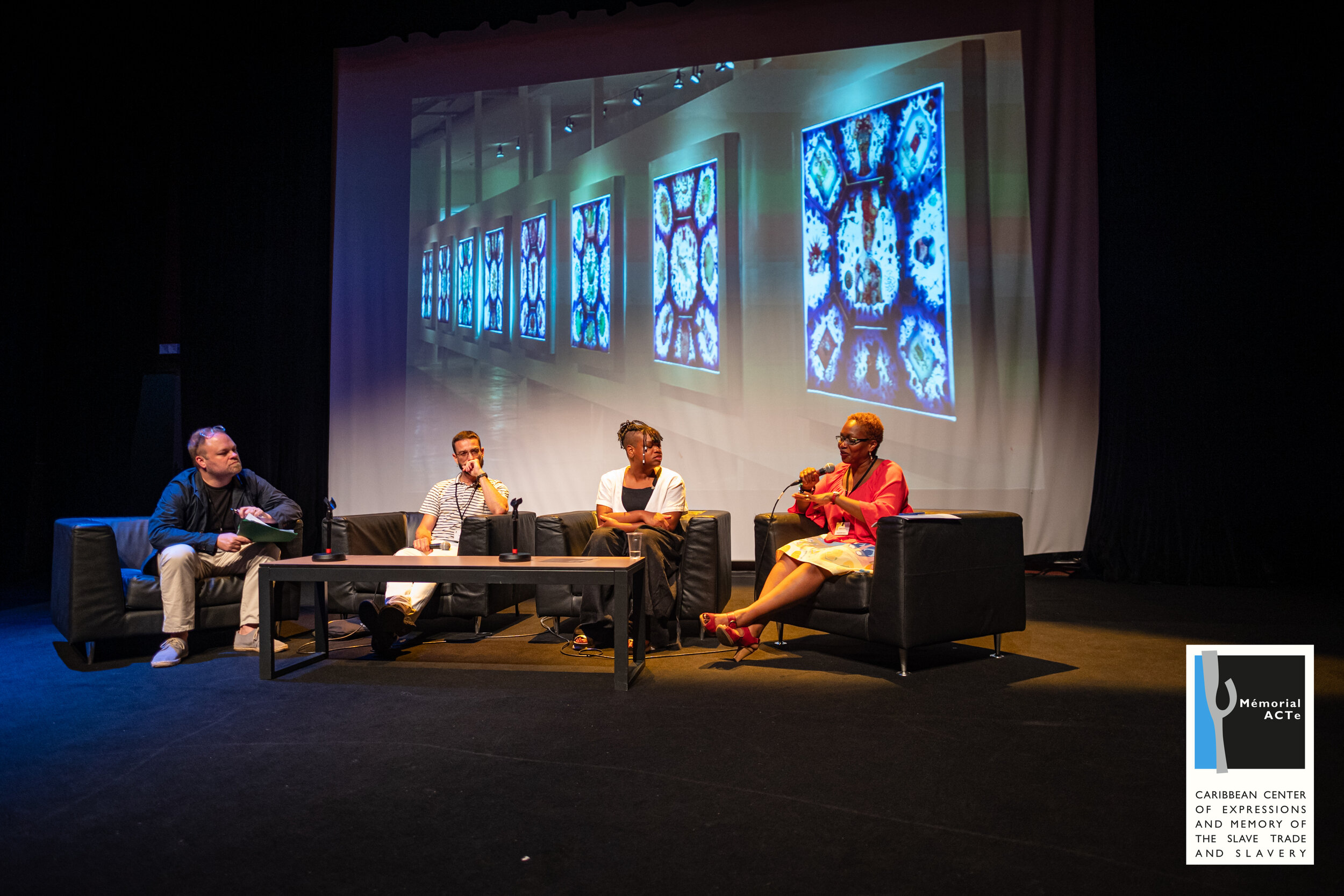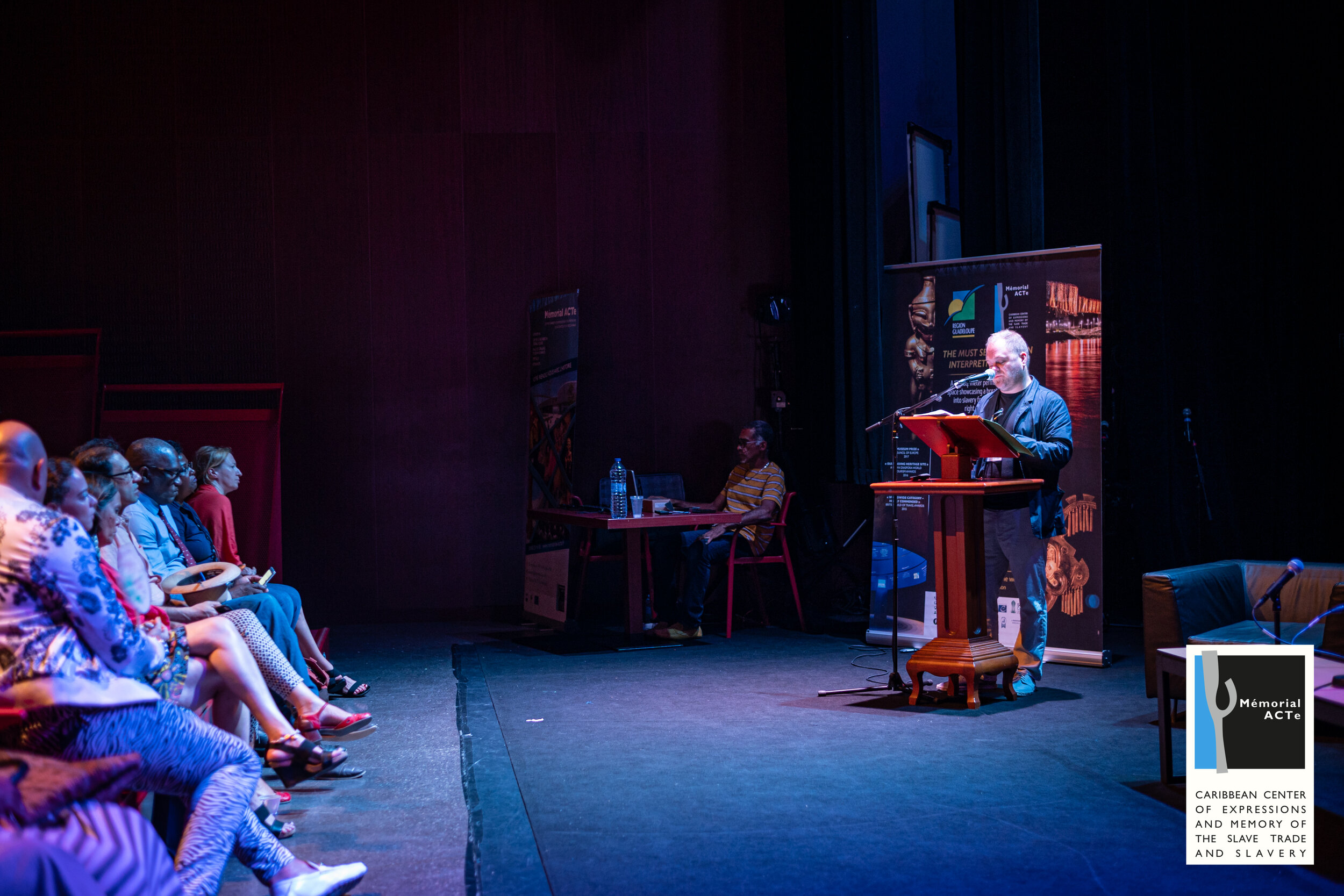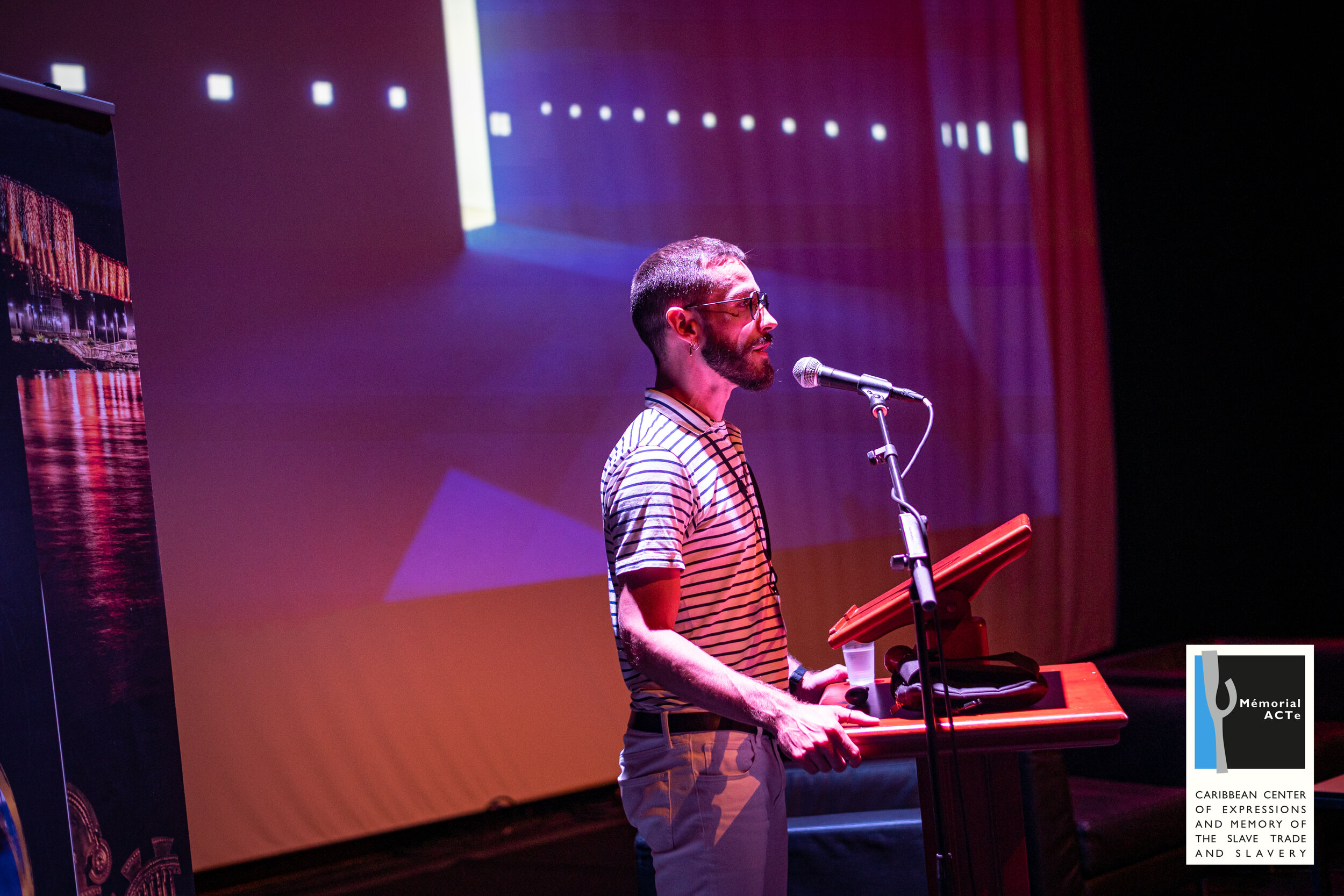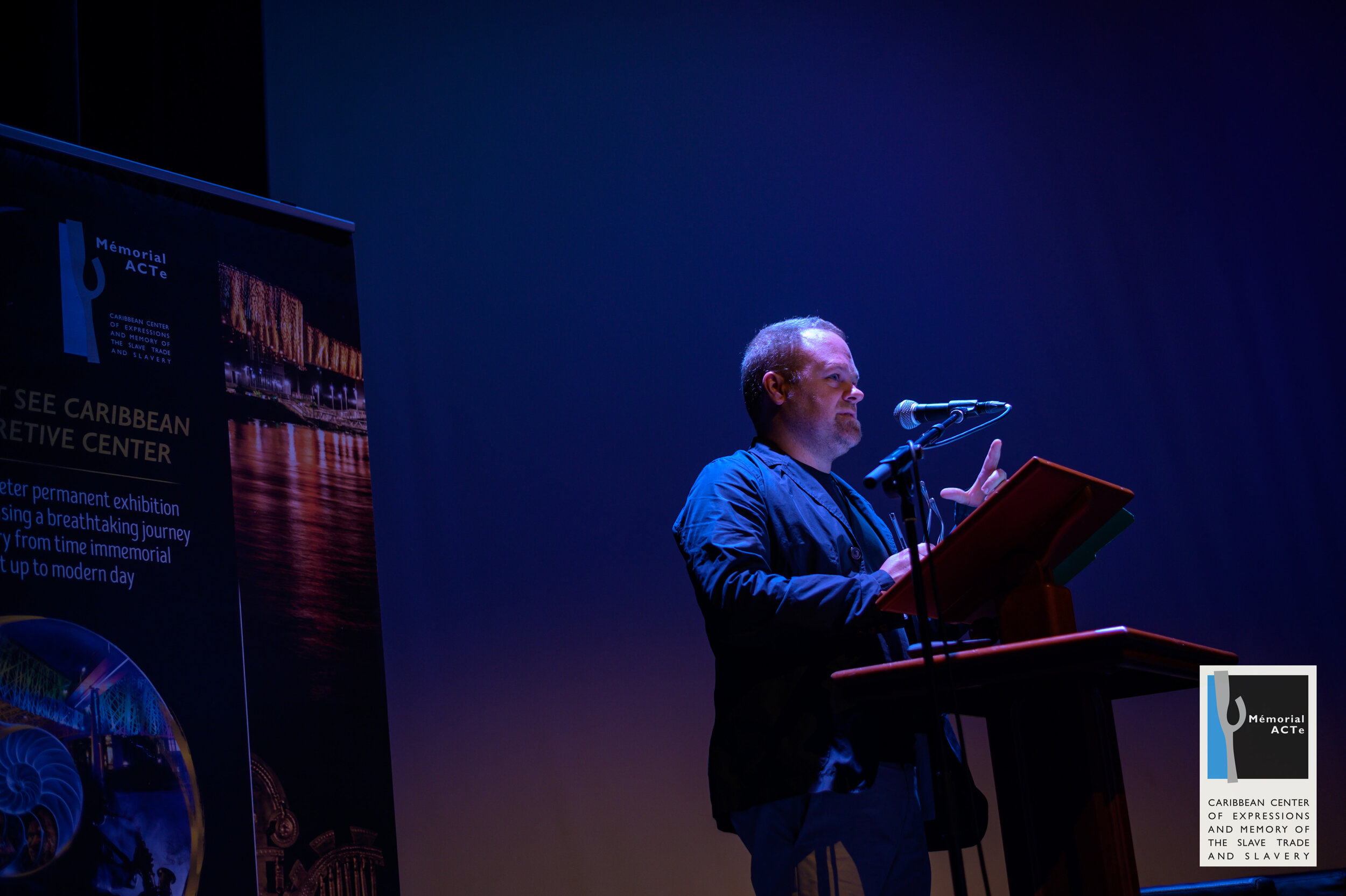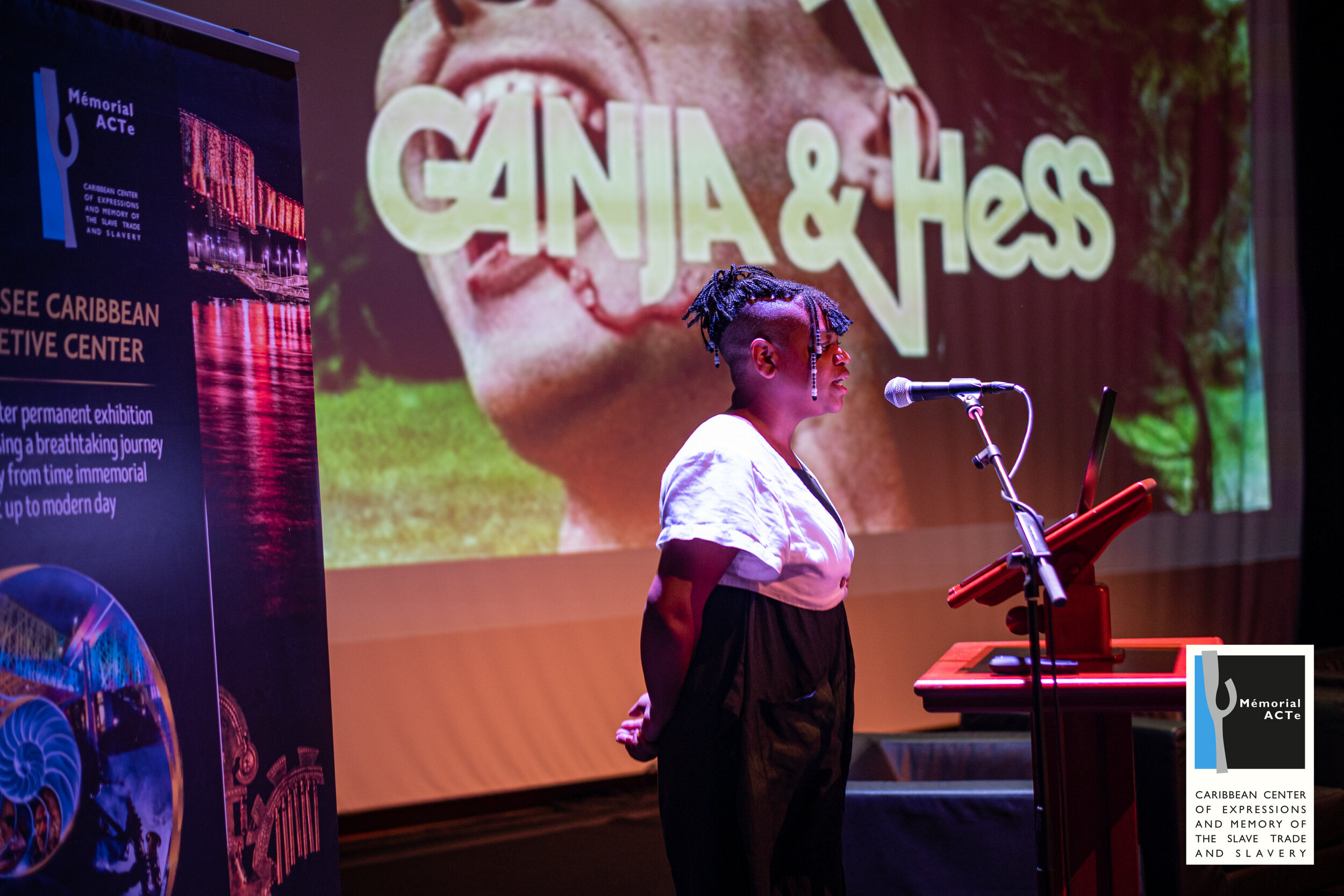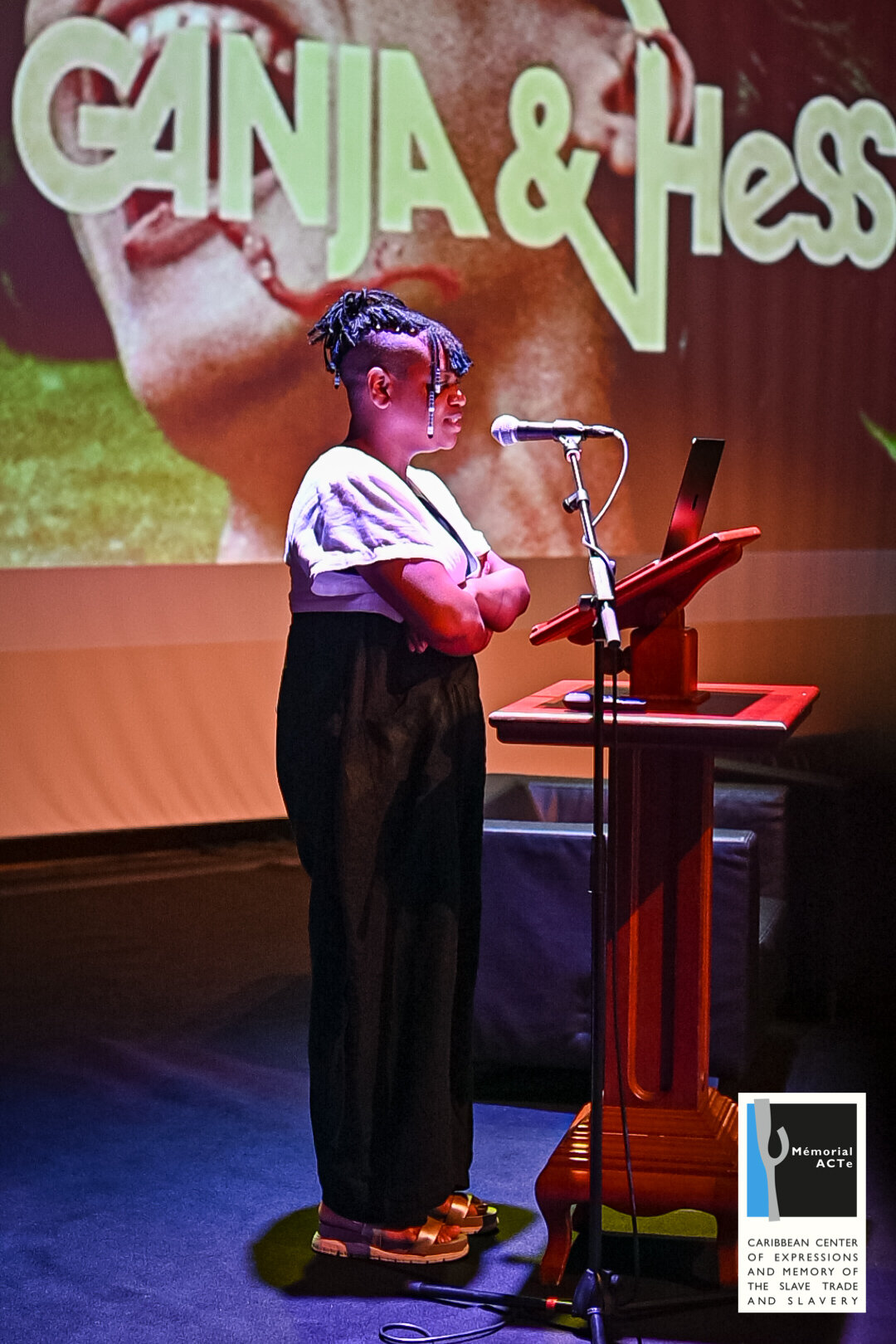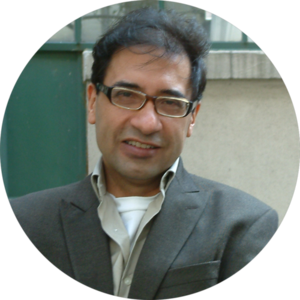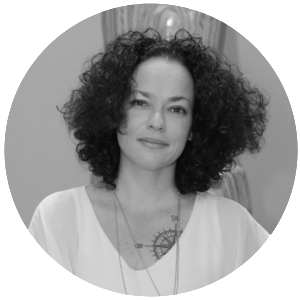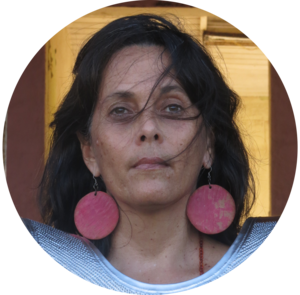








About
About
Tilting Axis 5
presents
Beyond Trends:
Decolonisation and Art Criticism
(May 29th-31st, 2019)
Hosted by Mémorial ACTe, GUADELOUPE
Beyond Trends: Decolonisation and Art Criticism will explore the theme of decolonisation—thinking beyond its currently popular usage as cultural and institutional critique. Unlike its application to specific sites and processes, has decolonisation been a constant and ubiquitous practice in the Caribbean? This gathering will re-consider the currency of these discourses, identifying site-specificity within the Caribbean. For example, what does it mean for art institutions to negotiate decolonisation after postcoloniality? What different approaches can be deployed in decolonising discourses—specifically in relation to art criticism—and made more visible in spaces where their prevalence renders them invisible?
Examining the roles of artists, curators, educators, arts managers, scholars, art writers and critics, and policy writers, etc., we will consider how to strategically involve discourses on decolonisation that are useful for the Caribbean’s cultural sector.
Tilting Axis delegates are required to pay a registration fee of USD$75.
Registration fee is waived for local delegates.
tags: #tiltingaxis5
French:
La 5ème édition de Tilting Axis 5, « Au-delà des tendances : décolonisation et critique d'art », explorera le thème de la décolonisation du discours critique au-delà de son usage fonctionnel actuel de simple critique culturelle et institutionnelle. Contrairement à son application à des sites et processus spécifiques, la décolonisation est-elle une pratique radicale et continue dans les Caraïbes ? Cette question sera étudiée ainsi que la circulation de ces discours, pour tenter d’identifier leur actualité et leurs spécificités selon les sites de la Caraïbe. Par exemple, que signifie pour les institutions d’art la négociation de la décolonisation dans un période postcoloniale ? Quelles approches singulières peuvent être déployées pour décoloniser les discours – en, particulier en ce qui concerne la critique artistique - et les rendre plus audibles dans les espaces où le discours critique a traditionnellement peu de prévalence et d’audience?
En examinant le rôle des artistes, conservateurs, éducateurs, érudits, écrivains d’art, d’agents d’artistes et de rédacteur de politiques, etc., seront interrogés les moyens de mobiliser de manière stratégique des discours sur la décolonisation soient utiles au secteur culturel de la Caraïbe.
Les participants de Tilting Axis sont tenus de payer des frais d’inscription de 75 USD.
Les frais d'inscription sont supprimés pour les participants locaux.
http://memorial-acte.fr/
www.tiltingaxis.org
tags: #tiltingaxis5
Event Programme

Speakers
Speakers
Keynote Speaker:
Manthia Diawara
Manthia Diawara - a writer, cultural theorist, film director, and scholar. He is Professor of Comparative Literature and Cinema Studies at New York University and is director emeritus of the Institute of African American Affairs. Born in Mali’s capital Bamako, Manthia Diawara spent his youth in Guinea until 1964 when his family was expelled from the country by the regime of Ahmed Sékou Touré.
In 2009, Diawara documented his conversations with Martinican philosopher, writer, and poet Édouard Glissant aboard the Queen Mary II on their transatlantic journey from Southampton, England to New York City.
Welcome and introduction by Jacques Martial, Holly Bynoe and Annalee Davis followed by keynote lecture by Manthia Diawara.
Speakers
Carte Blanche
by Edouard Duval-Carrié
On Koze
“On koze is a local term that refers to casual conversation. In this spirit, our guest speakers will engage in a relaxed conversation exploring the overlaps in their practices and philosophies.”
Florence Alexis + Ian Bethell Bennett
Panels
–
Panel 1
Words as Weapons: Decolonising Art Criticism
Art criticism is seldom self-critical. Postcolonial interventions have helped to change how institutions, academic fields, and the market have approached art by reconsidering the power dynamics and hegemonies at play. Current calls for decolonisation, however, demand action. This panel will analyse the current state of art criticism in the Caribbean and its diasporas—both as the object of a process of decolonisation—as in how we should go about decolonising art criticism—and as itself a practice for decolonisation.
Dominique Brebion | Jocelyn Valton | Hrag Vartanian.
Moderator: Mario A. Caro.
Break-out Session #1:
Words as Weapons: Decolonising Art Criticism break-out session will explore how art criticism as a practice in the Caribbean is (mis)understood and how it is being regenerated in this context through online blogs, self-publishing, institutional programming and publications, informal conversations, etc. We will focus on the broader challenges of democratising art criticism, the established power relations within criticism, and the usefulness of criticism being deployed as a tool to gather a more authentic and expansive tool of learning and empowerment.
–
Panel 2
Mashing up the Canon
Art worlds in the global north are increasingly condemned for controversies surrounding ‘ownership’ of misappropriated artefacts. Simultaneously, there is a move among some museums to ‘re-hang’ their Age of Enlightenment galleries and or repatriate collections to countries of origin. In tandem, we are witnessing increased diversity in the hiring of persons of colour across US-based cultural institutions. This panel will explore strategies for decolonising cultural spaces, offering innovative theories and methodologies/practice within the institution and the academy.
Mireille Badamie | Charles Campbell | Laurella Rinçon.
Moderator: Johanna Auguaic
Break-out Session #2:
Mashing up the Canon break-out session will explore provocative approaches enacted across the archipelago to co-write multiple narratives, challenging how the Caribbean continues to be determined by prevailing neocolonialist ideologies that perpetuate disempowerment and the demise of arts ecologies in the region.
What are examples of Caribbean cultural institutions confronting inequities in its arts ecology or institutions further afield that have mirrored concerns? Where are the striking examples of cultural workers challenging systemic injustices, cultural biases, and dominant ideologies?
–
Panel 3
Colonisation in Reverse
With an introduction to Louise Bennett’s seminal poem “Colonisation in Reverse,” this panel foregrounds presentations deployed by artists, cultural instigators and theoreticians whose diverse working methodologies employ a deepening assessment of decolonial aesthetics, methods of interpretation, postcolonial representation, and the ethos of civil disobedience. What are the dilemmas that we currently face as a result of persevering colonisation, and where is the more expansive thinking happening in the wider Caribbean regarding alternate pedagogical methods, art praxes, curatorial strategies, and advocacy around intersectionality?
Erin Christovale | Carlos Motta | Jerry Philogene
Moderator — Tobias Ostrander
Break-out Session #3:
In the related break-out session, we want to seek out different approaches being deployed across the wider Caribbean, for example by artist-led initiatives or as expressed by artists exploring decolonisation in their practice. Colonisation in Reverse requires we all show up to the frontline to express discontent with the conscription of artists’ works as product for the marketplace and an answer to economic crises faced by many Small Island Developing States.
Pop-up

Tilting Axis Fellowship
Tilting Axis Fellowship
Tilting Axis Fellowship
2018 Tilting Axis Fellow
Natalie Willis is a British-Bahamian curator and cultural worker. Born and raised in Grand Bahama, she received her BA (Hons) and MA in Fine Art at York St John University in the UK. Willis currently works as Assistant Curator at National Art Gallery of The Bahamas, with a concerted focus on writing aimed at decolonising and decentralising the art archive, adding to the literature on Bahamian and Caribbean visual culture, and developing her burgeoning curatorial practice. Somewhere in a parallel universe, she still makes artwork.
As an emerging curator desperately trying to not contribute to the brain-drain of the Caribbean, she has dedicated her time at the NAGB to focusing on knowledge building and access through text and speaking to the way the colonial tourism of the late 1800s shaped the cultural and physical landscape of the Anglo-Caribbean. Willis has been an invited speaker at the Caribbean Studies Association Conference (2017), and the Museums Association of the Caribbean Annual Conference (2016). She was selected to take part in the Goldsmiths + British School at Rome Summer Intensive Course, themed “Curating the Contemporary”, in Rome in 2017. Most recently, Willis was awarded the Tilting Axis Curatorial Fellowship for 2018.
(click below to read essays)
Tilting Axis Announcement Speaker: Tiffany Boyle
Co-curator of Mother Tongue, founded in 2009 with Jessica Carden. They presented the work of Nadia Myre for Glasgow International 2018; are current recipients of an Art Fund New Collecting Award working with Glasgow Museums; and this October will mount at Edinburgh Printmakers a show with Alberta Whittle and Hardeep Pandhal. She lectures at Glasgow School of Art, and is currently a Postdoctoral and Senior Scholar Fellow with Hauser & Wirth Institute researching the practice of Donald Locke between 1972-81.
Artist Lisandro Suriel has been selected for the 2019/20 Tilting Axis Fellowship. Selected from an open call process, Suriel will visit Scotland in October 2019 to undertake a period of open-ended research and development into alternative forms of Collections and Commissioning, in collaboration with partners across Scotland whose work focuses on various forms of collecting, archiving or supporting the development of artworks. The fellowship focuses on the development of pragmatic and critical curatorial and artistic practice hailing from the Caribbean region and is research and practice-led, and mentor-based.
The Tilting Axis Fellowship is a direct outcome of the Tilting Axis meetings in 2015 at Fresh Milk in Barbados, in 2016 at the Pérez Art Museum Miami and in 2017 at The National Gallery of the Cayman Islands. For its 2019 iteration, Scotland based cultural partners including the Glasgow School of Art, The School of Art History at the University of St Andrews, CCA Glasgow, LUX Scotland, Hospitalfield and curatorial duo Mother Tongue have come together to offer support for a research fellowship to Scotland for an emerging contemporary art practitioner to share knowledge about current approaches towards commissioning and collecting in the arts.
Lisandro Suriel will also have the opportunity to work with LUX Scotland to devise a screening programme drawing on their research into the LUX collection.

Podcast Interviewers
Podcast Interviewers
New Local Space (NLS)
Podcast Interviews
Tilting Axis and NLS Kingston collaborated on Tilting Axis 5: Beyond Trends: Decolonisation and Art Criticism in partnership with the Mémorial ACTe in Pointe-a-Pitre, Guadeloupe from May 29th to June 1st, 2019 and produced a series of NLS / IN podcasts in conversation with delegates who attended the 2019 iteration.
This included speaking with artists, curators, theoreticians, cultural workers, and activists, who debated ideas about the Caribbean’s interdependent future around the theme of decolonization, thinking beyond its currently popular usage as cultural and institutional critique.
Tilting Axis is grateful to NLS for producing this series of four conversations. Special thanks to Jordan Harrison whose participation was supported by Rubis Mécénat cultural fund in Jamaica as an NLS intern. And gratitude to Hrag Vartanian of Hyperallergic for recording the interviews.
Group 1: Tobias Ostrander, Annalee Davis, and Jacques Martial
Topic: Developing a framework and programming for Tilting Axis 5th iteration. What does it mean for art institutions such as Memorial Acte to negotiate decolonization after postcoloniality?
Group 2: Jerry Philogene, Dominique Brebion, Tiffany Boyle, and Kelly Sinnapah Mary
Topic: Changes and evolutions of art criticism in the Caribbean and diaspora
Group 3: Carlos Motta, Paulo Miyada and Natalie Willis
Topic: What does the process of decolonization entail in the context of Caribbean institutions, organizations, art criticism and art practices?
Group 4: Manthia Diawara, Edouard Duval- Carrie and Lise Ragbir
Topic: New perspectives on decolonization

Gallery (Day 1)
Gallery (Day 1)
Tilting Axis 2019 Photo Gallery
Welcome Cocktail
Day 1
Registration
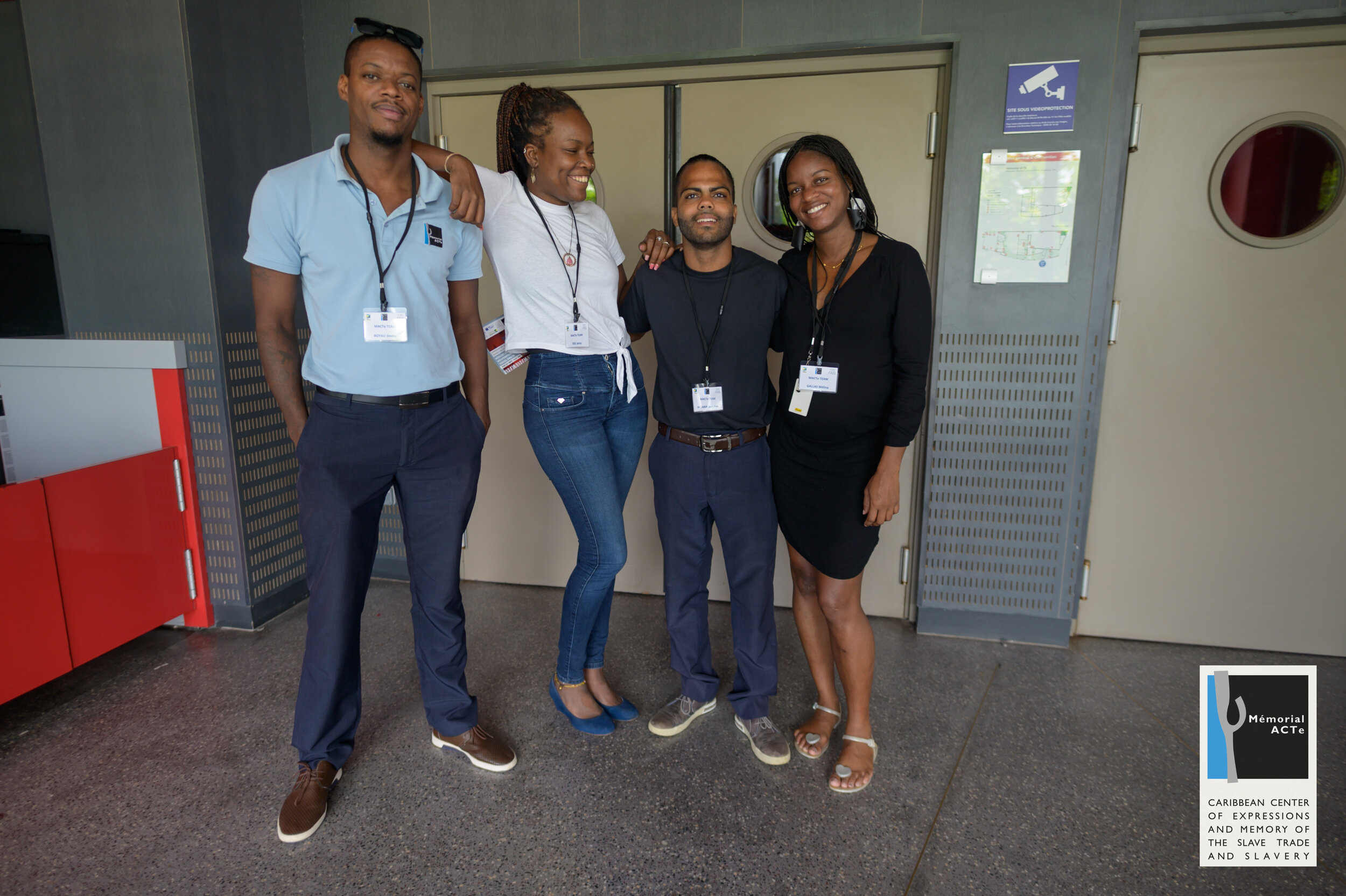
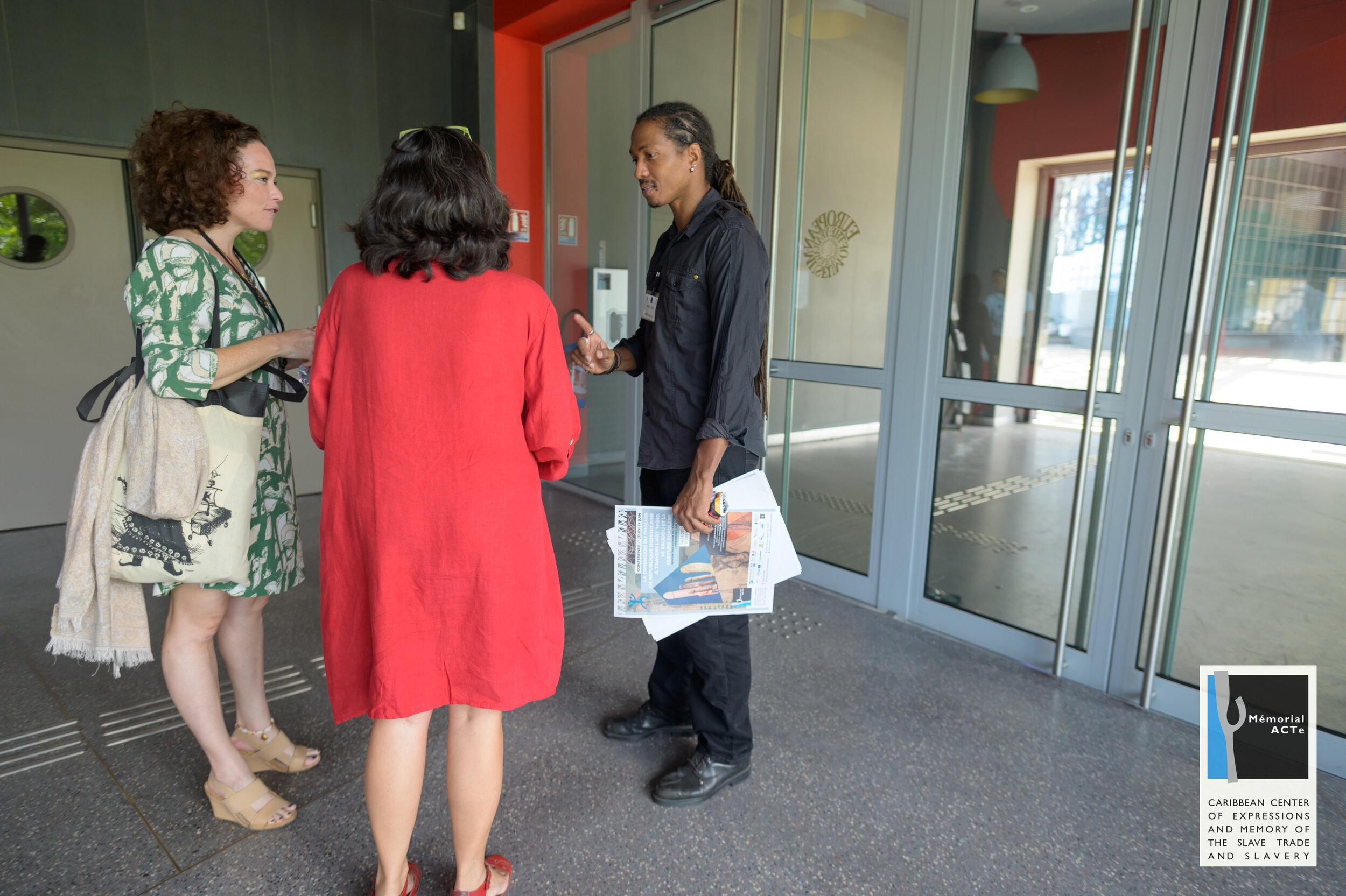
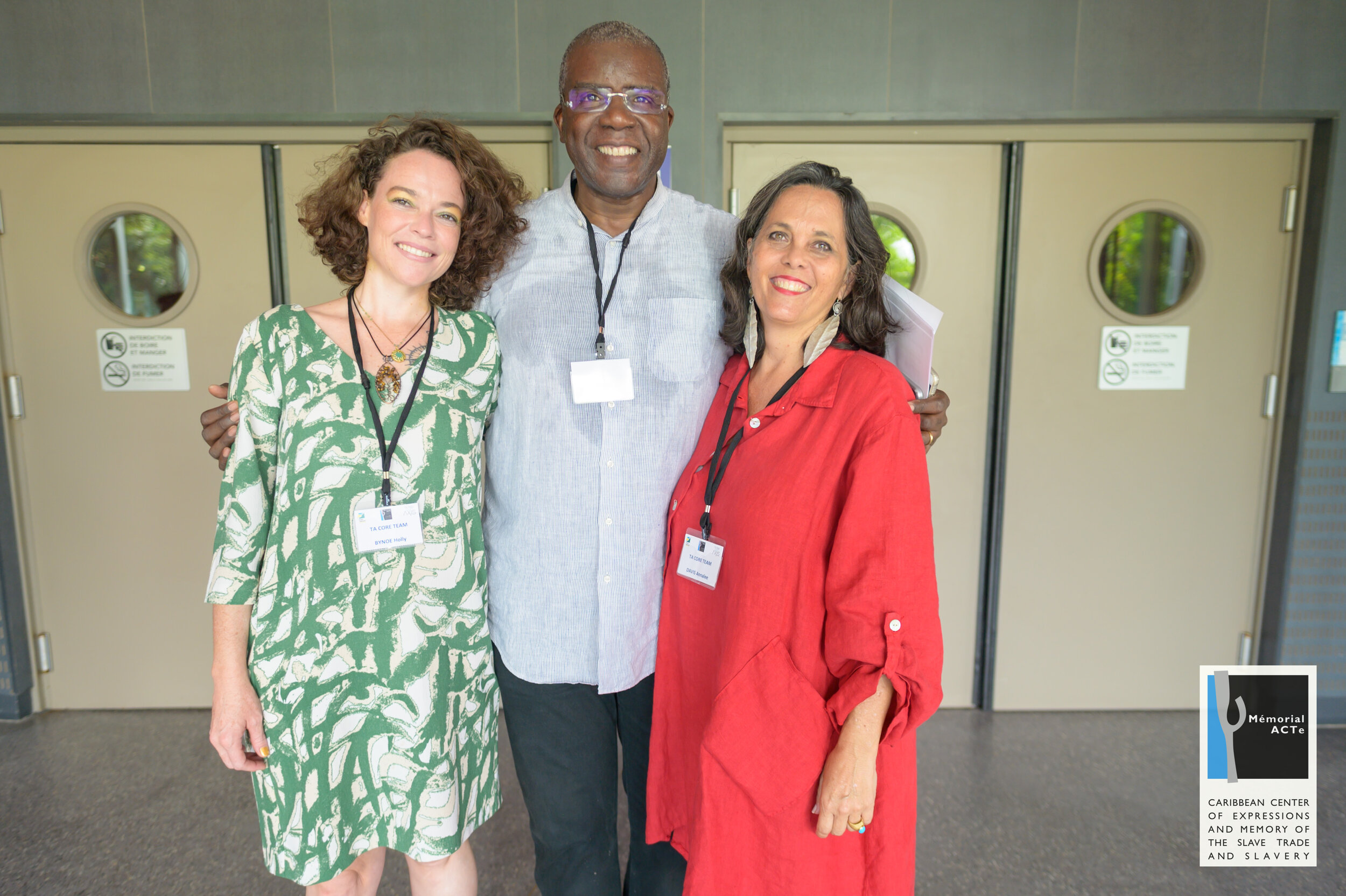

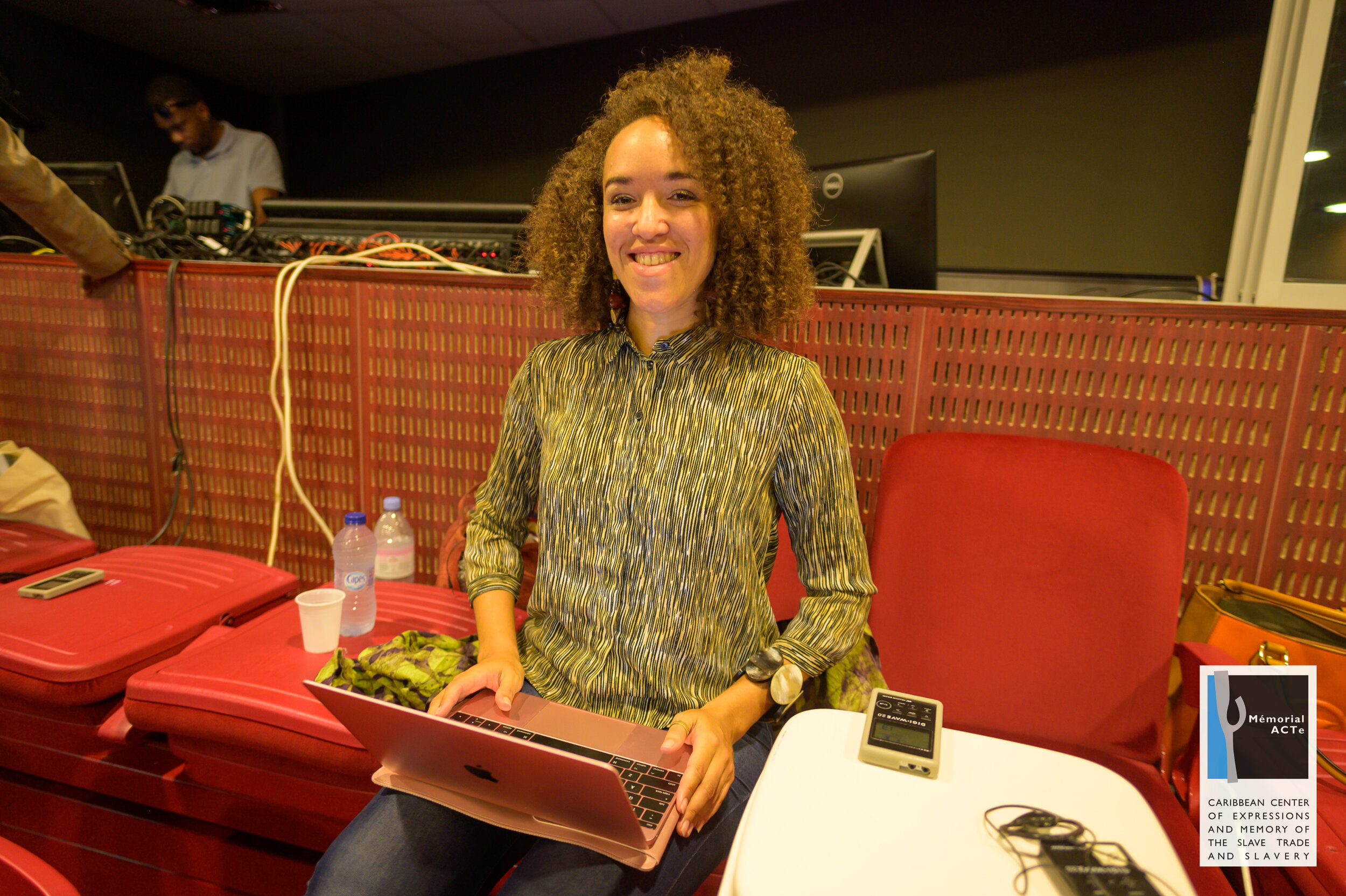
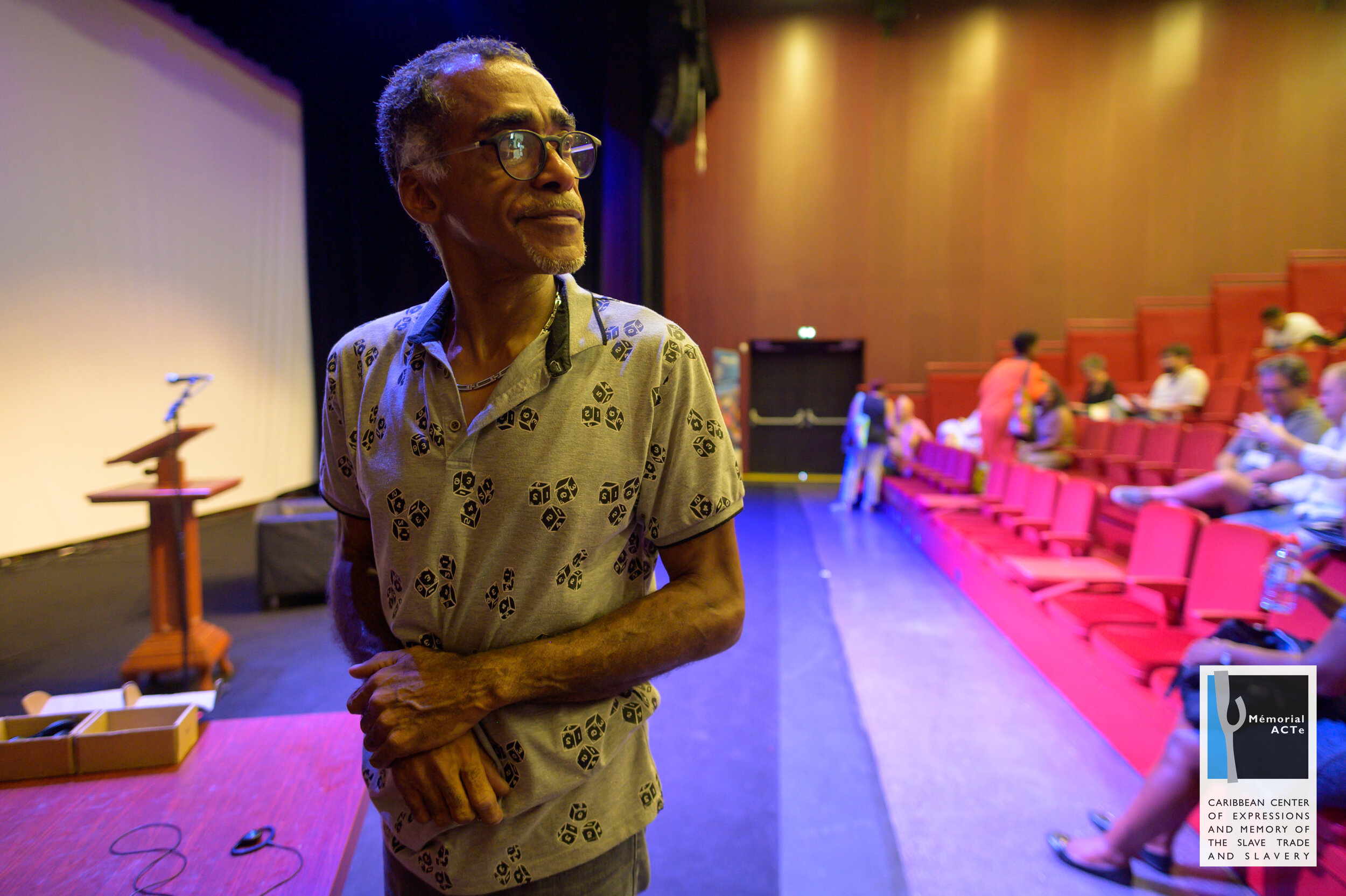
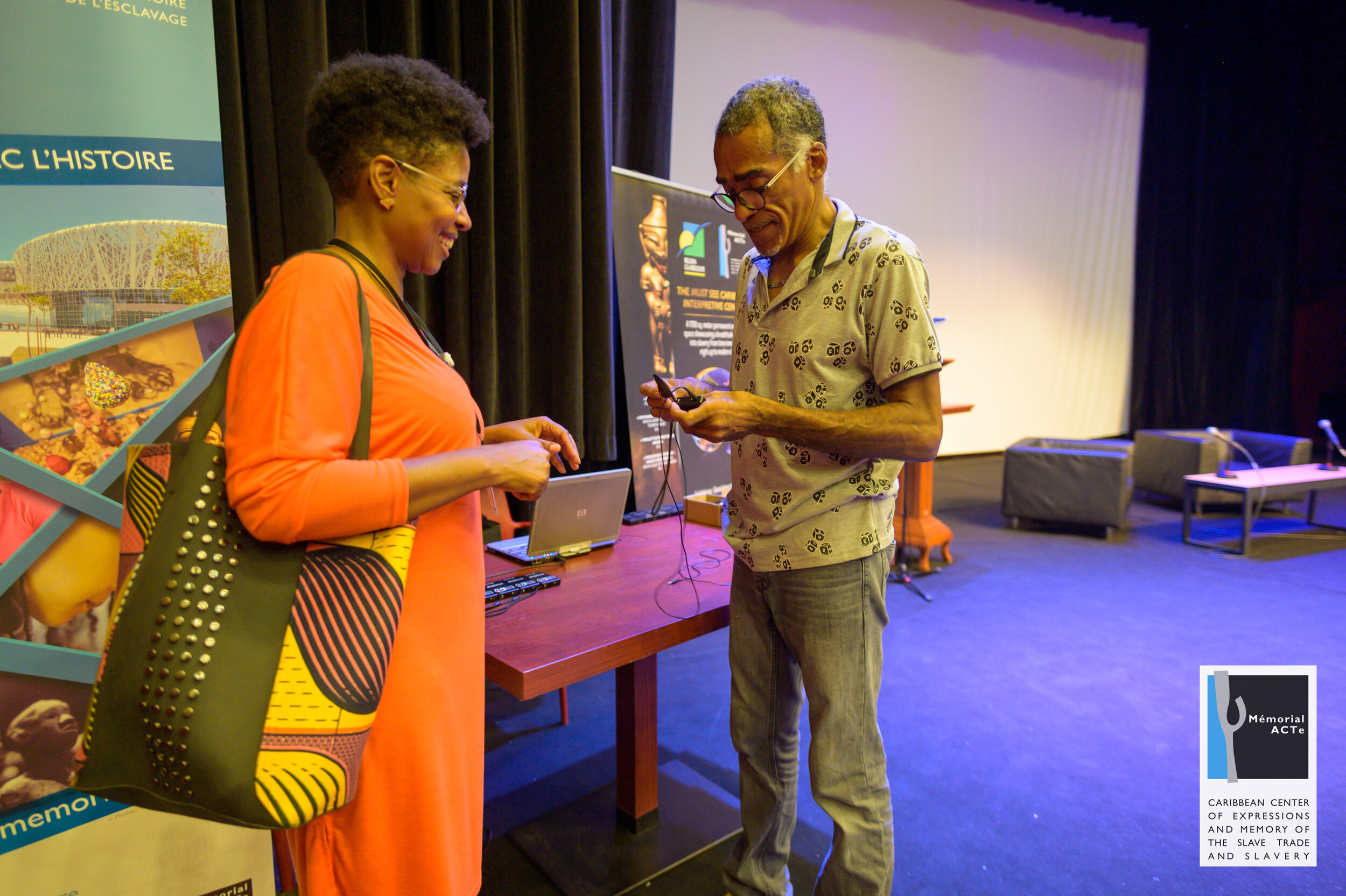
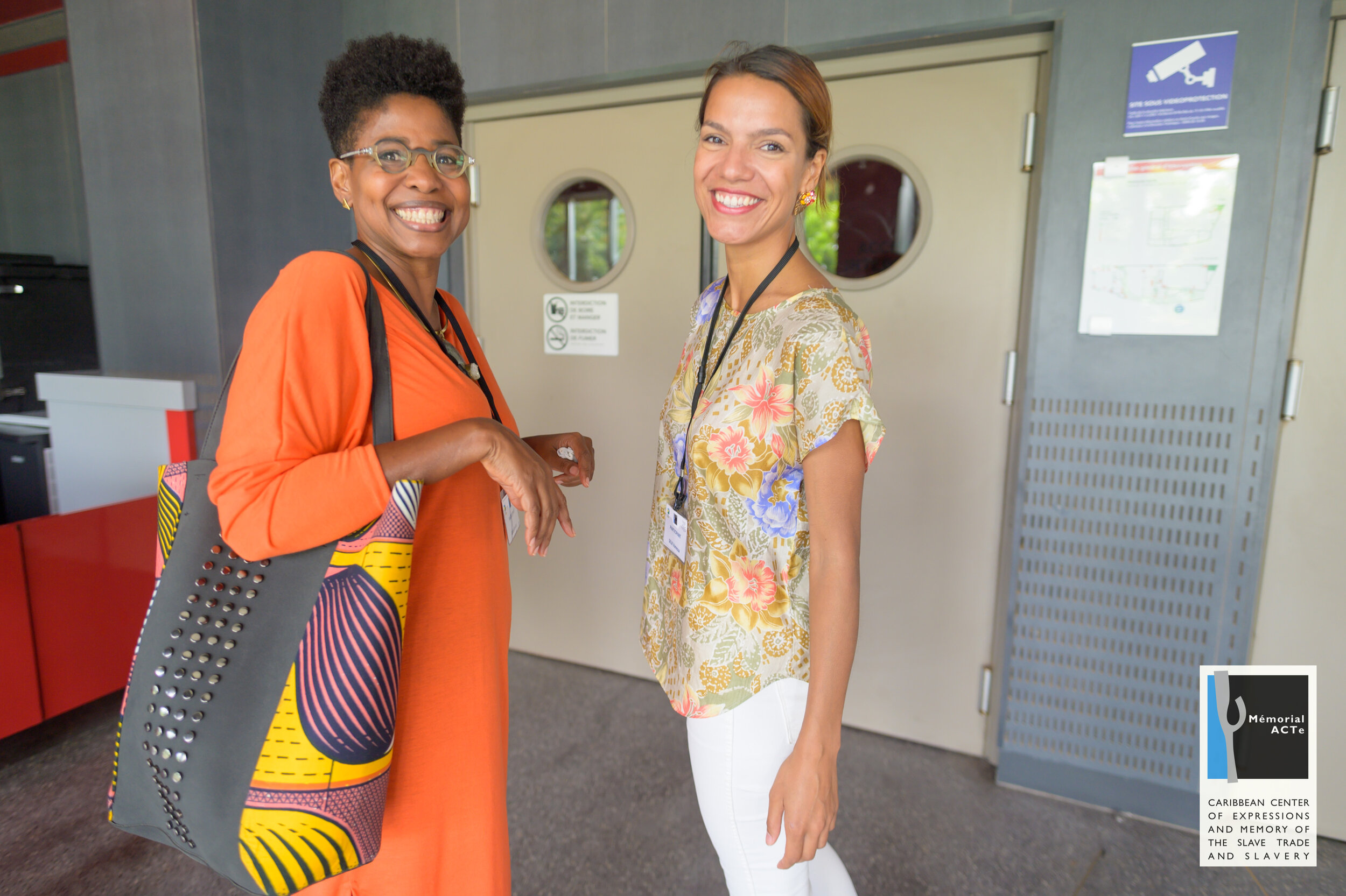
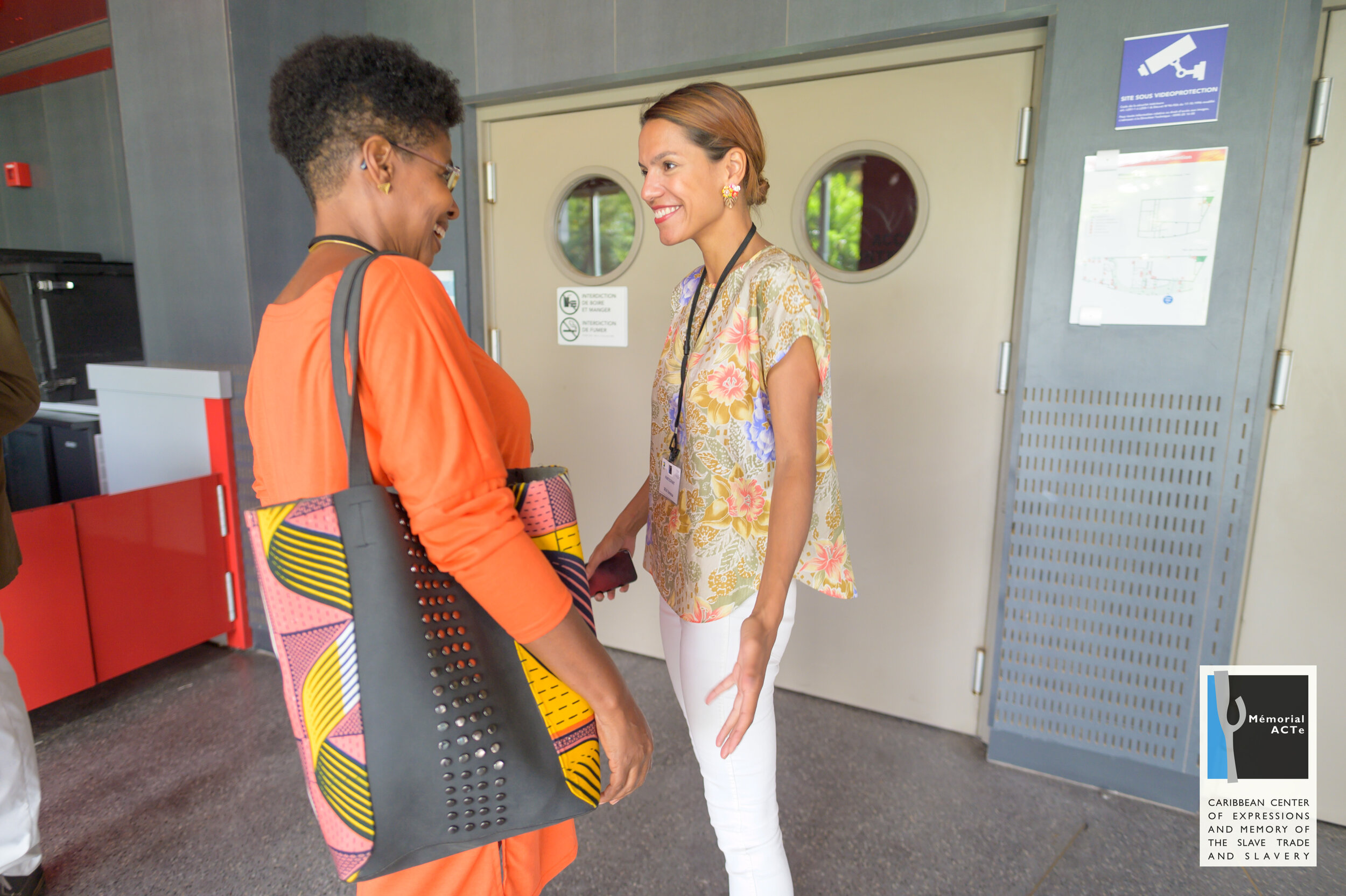

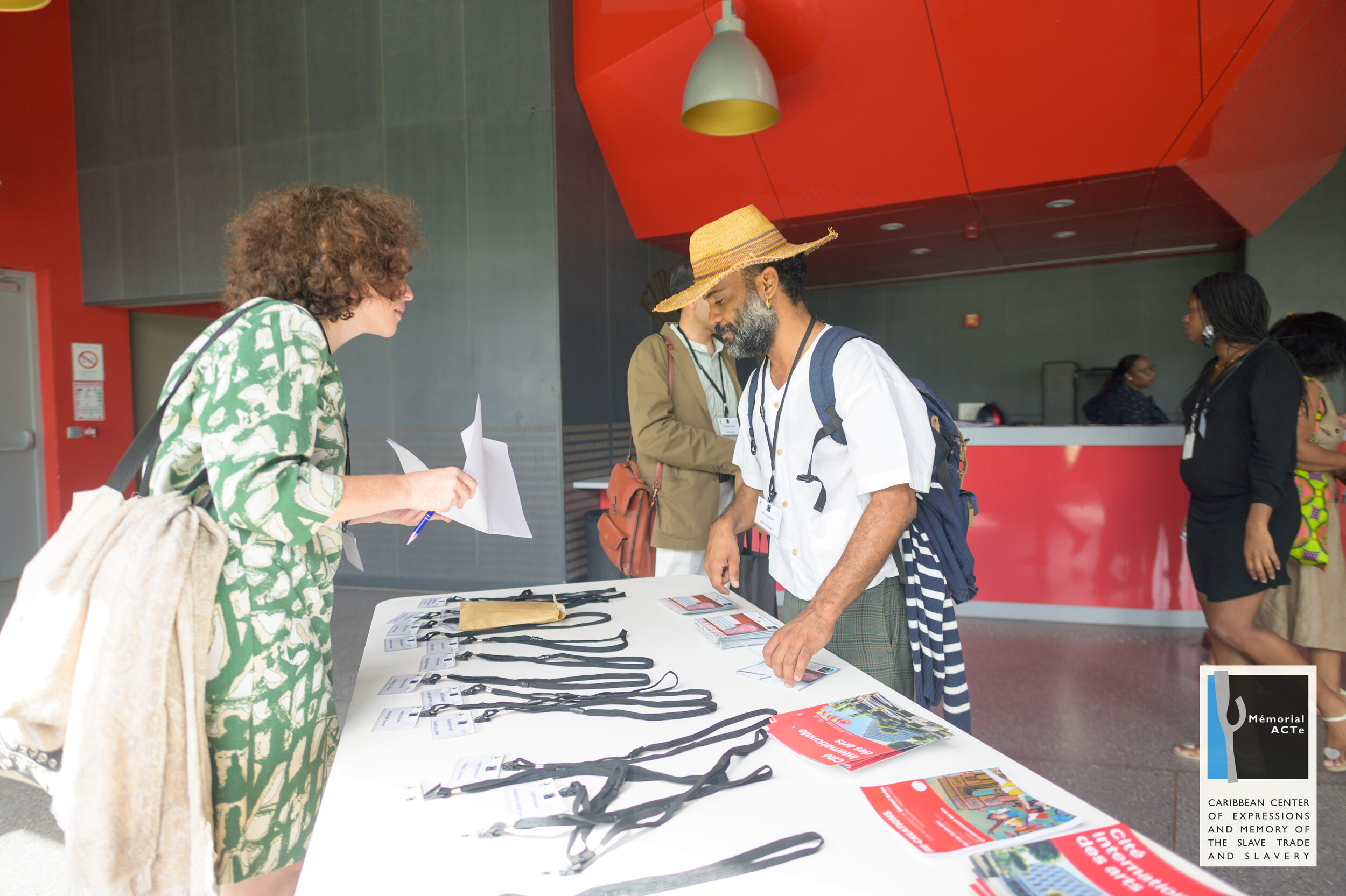
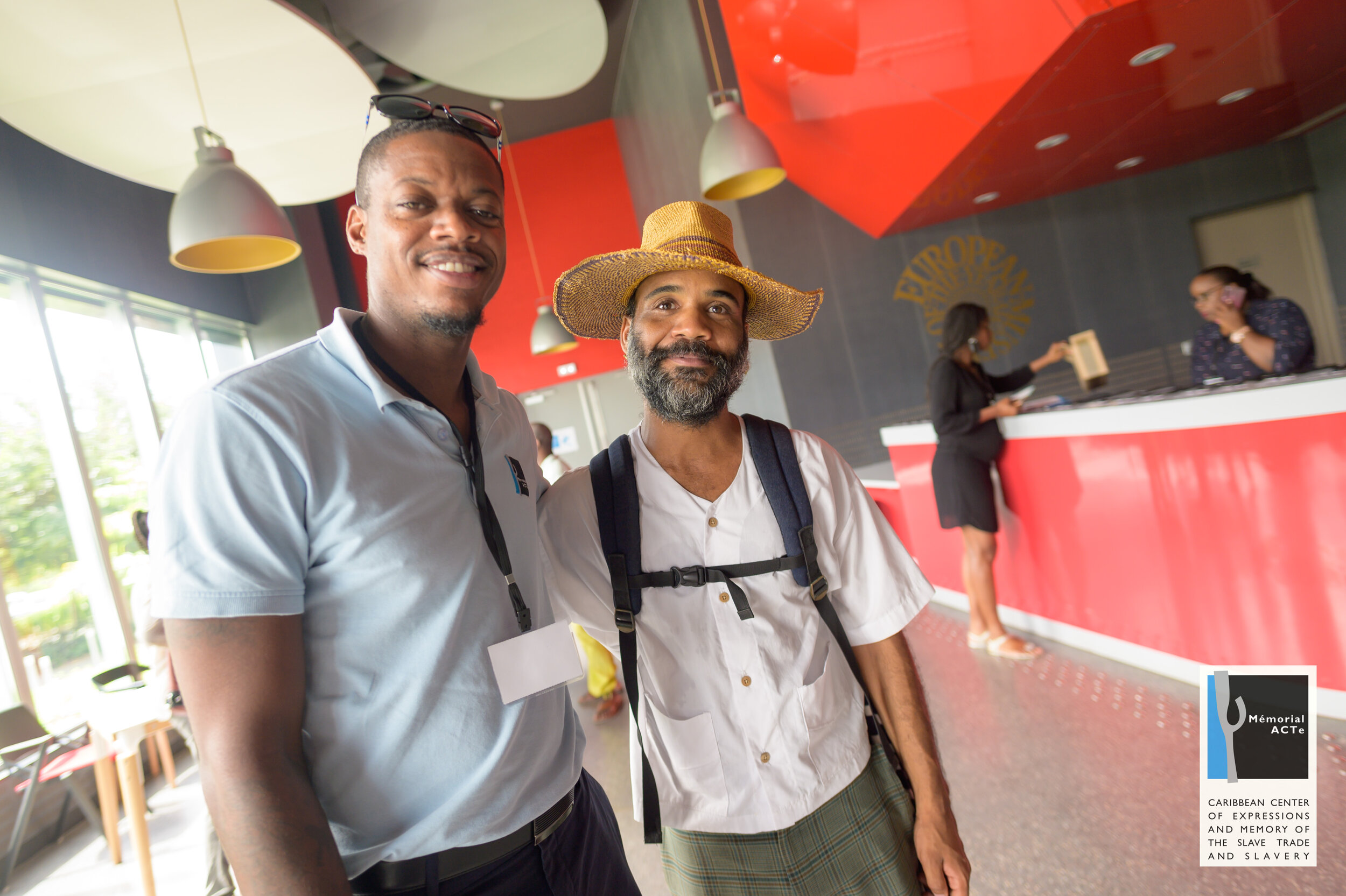
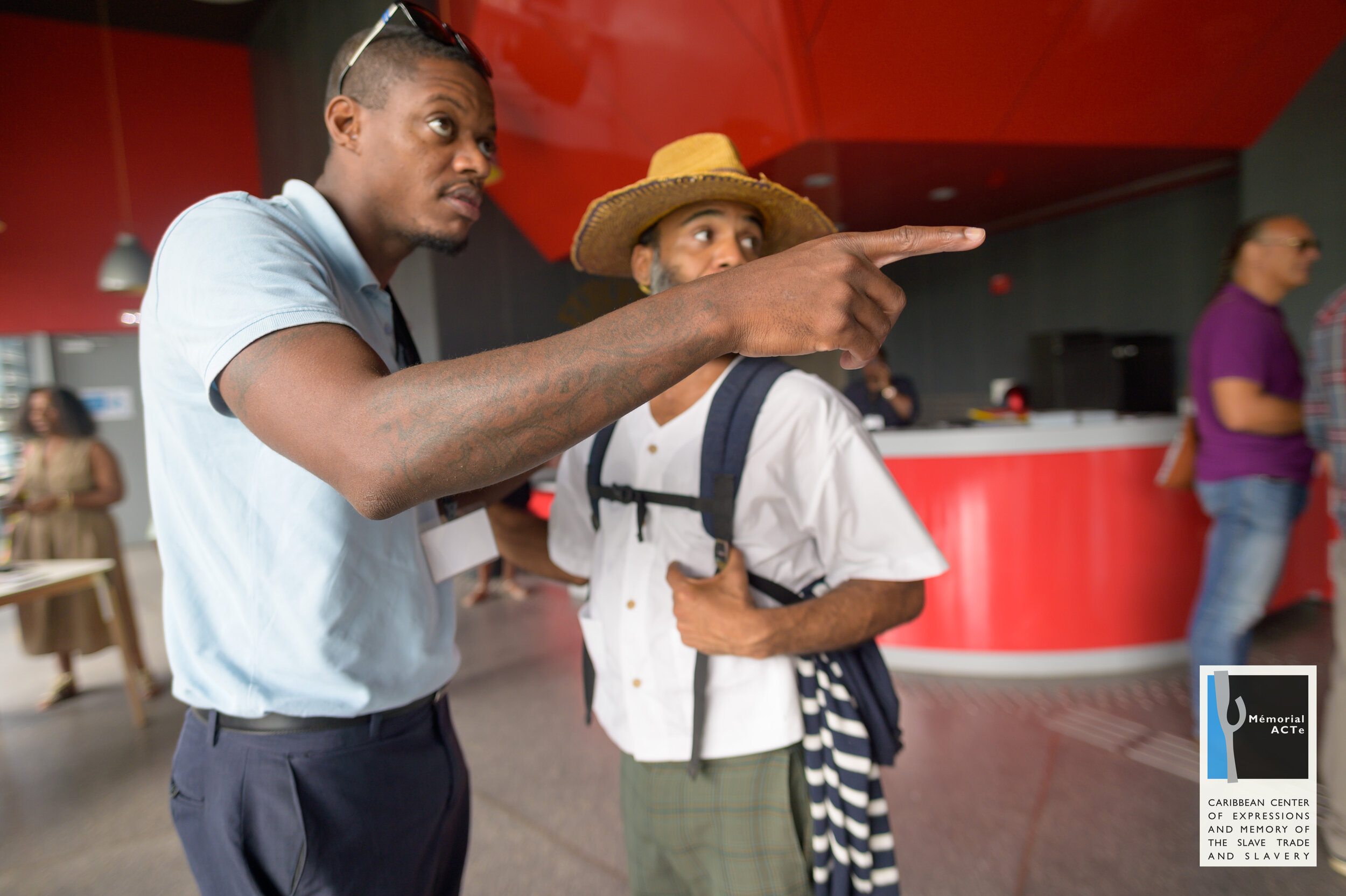
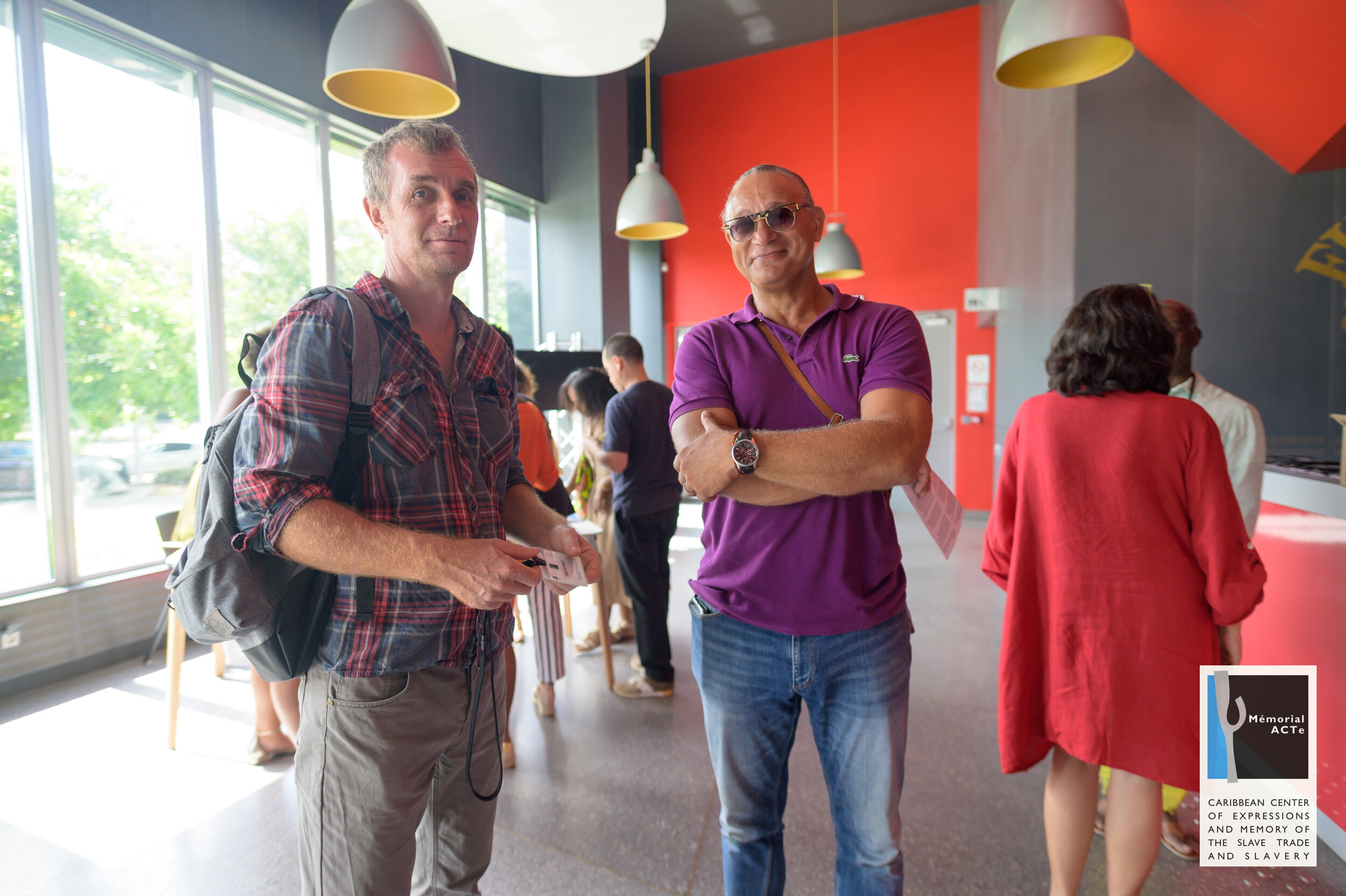
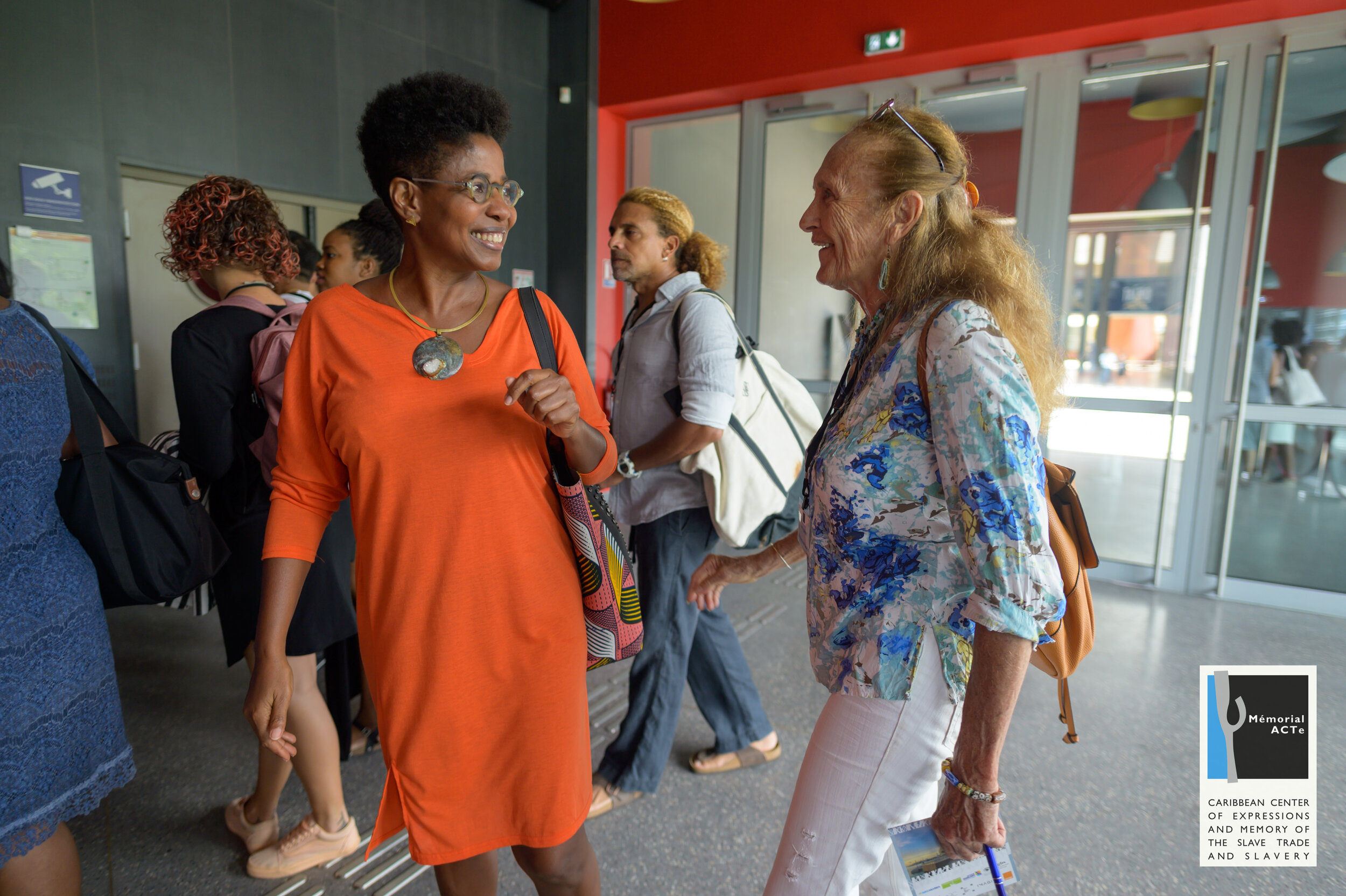
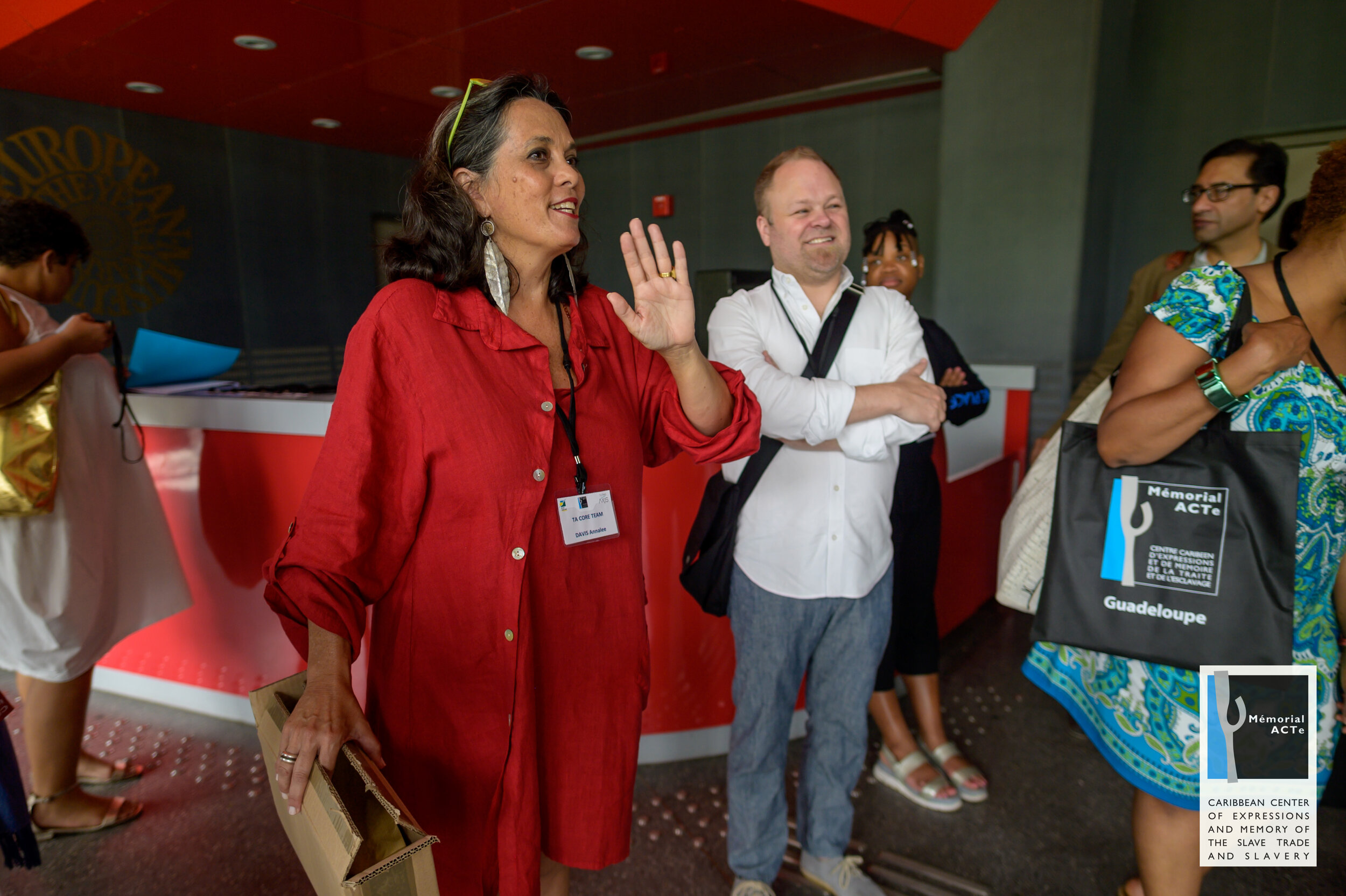
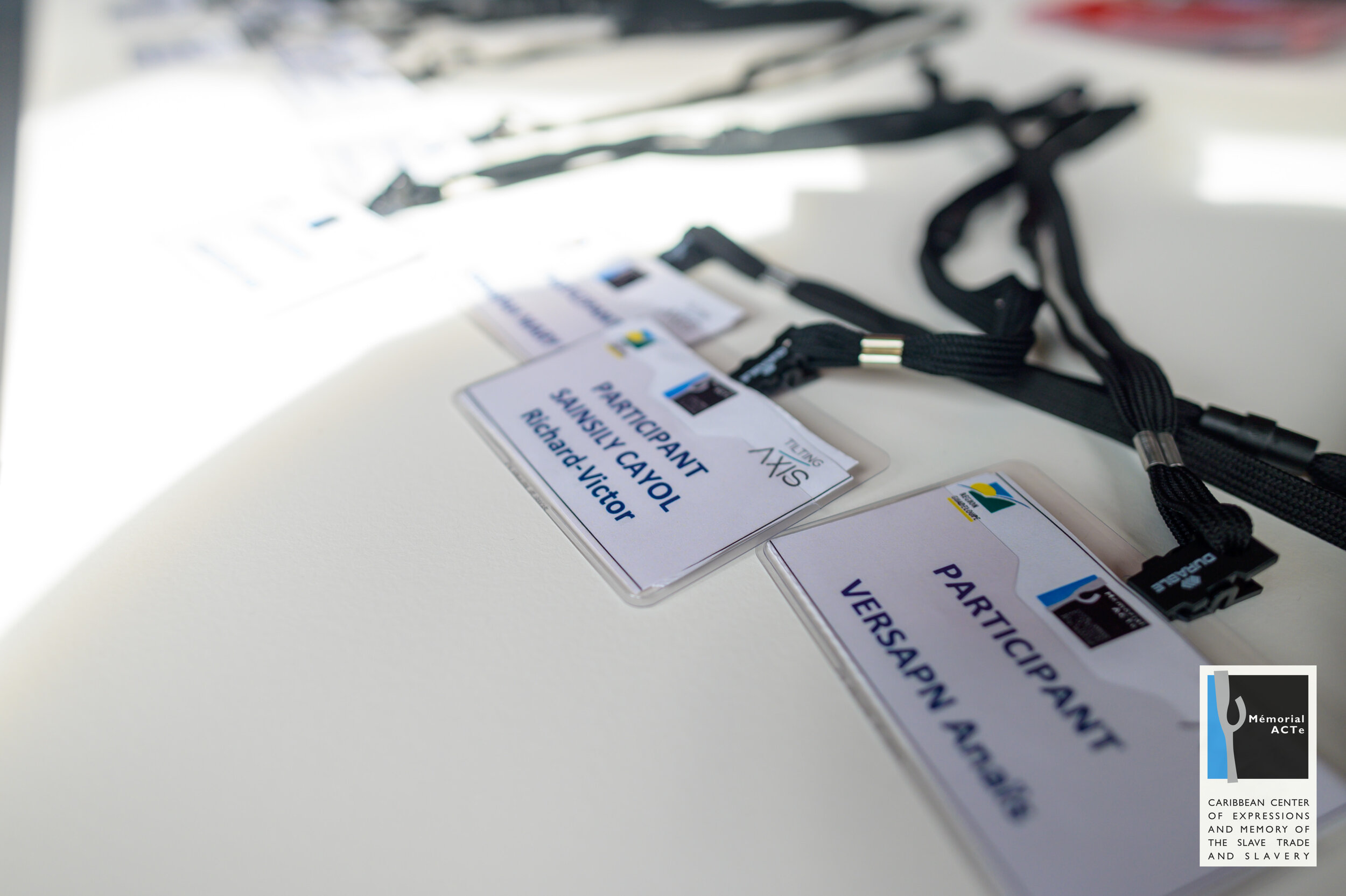
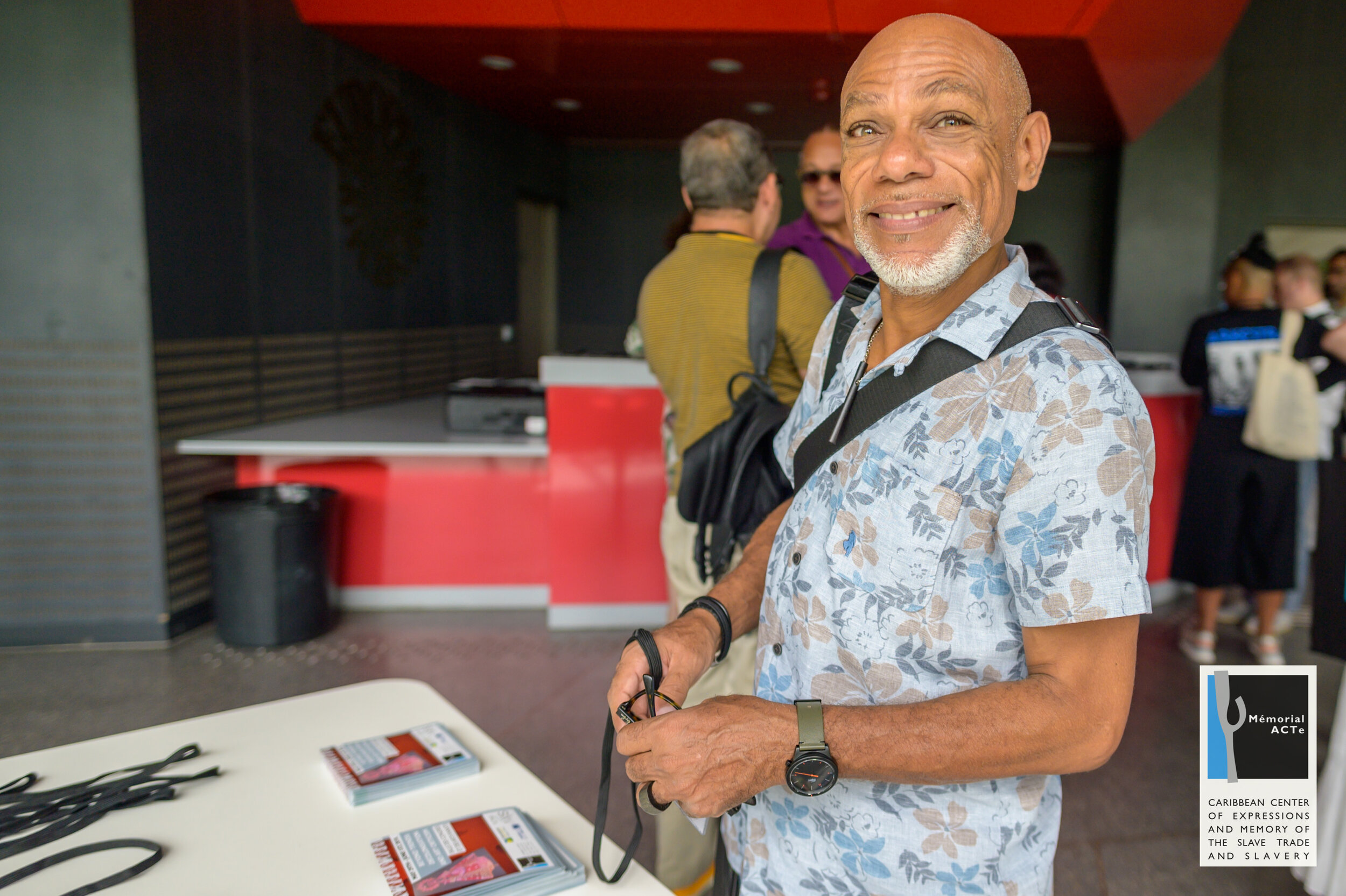
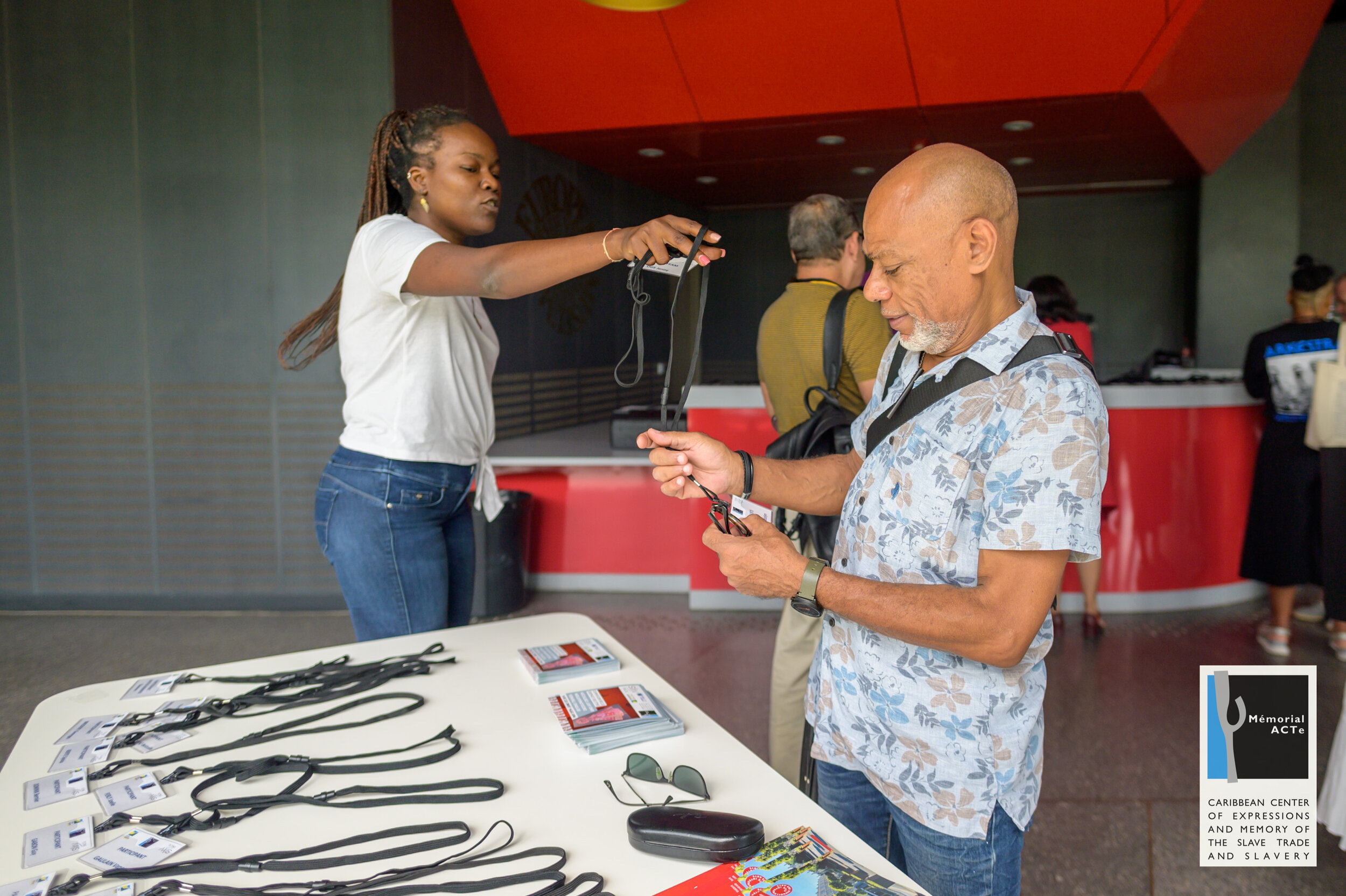
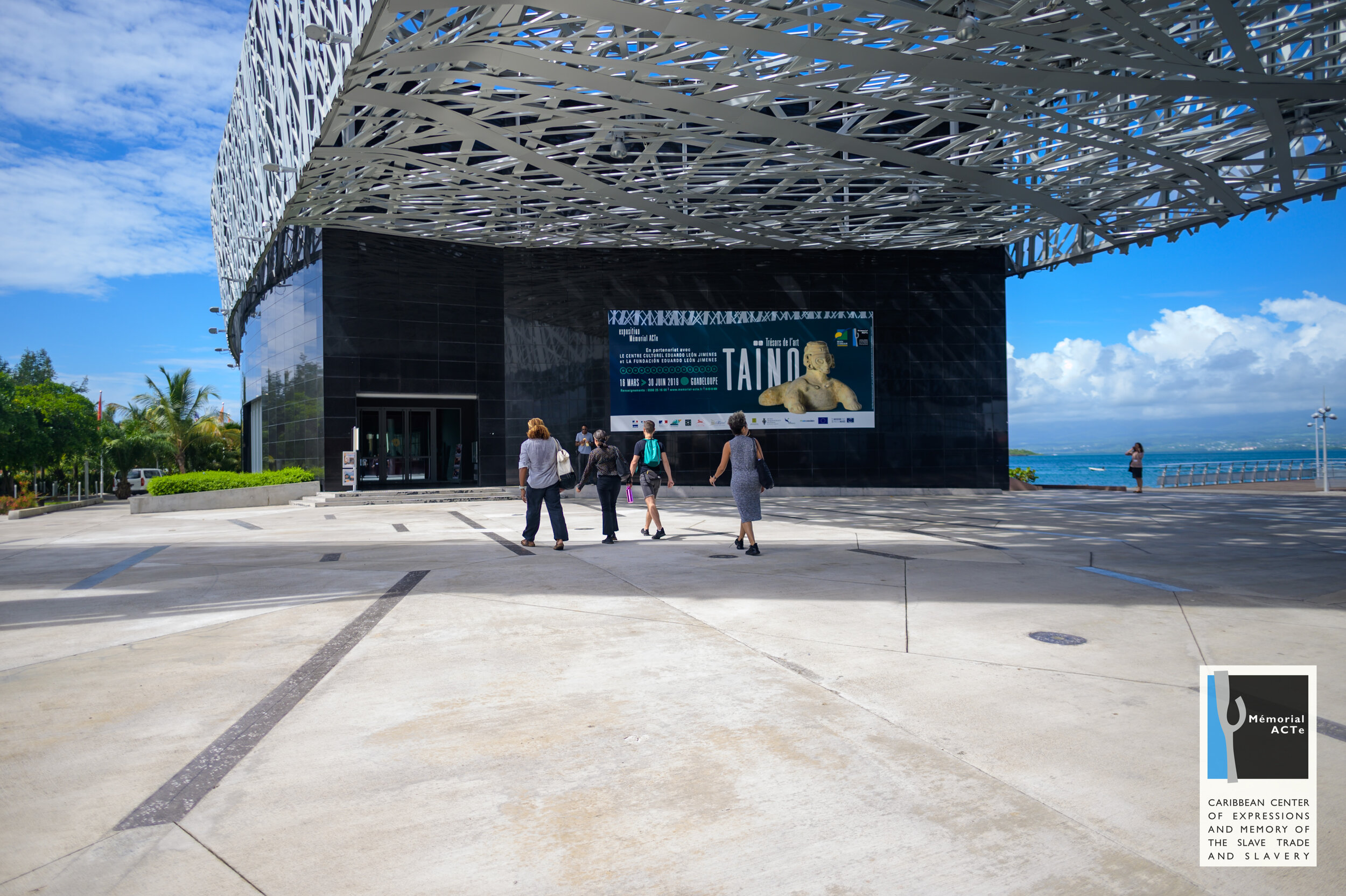
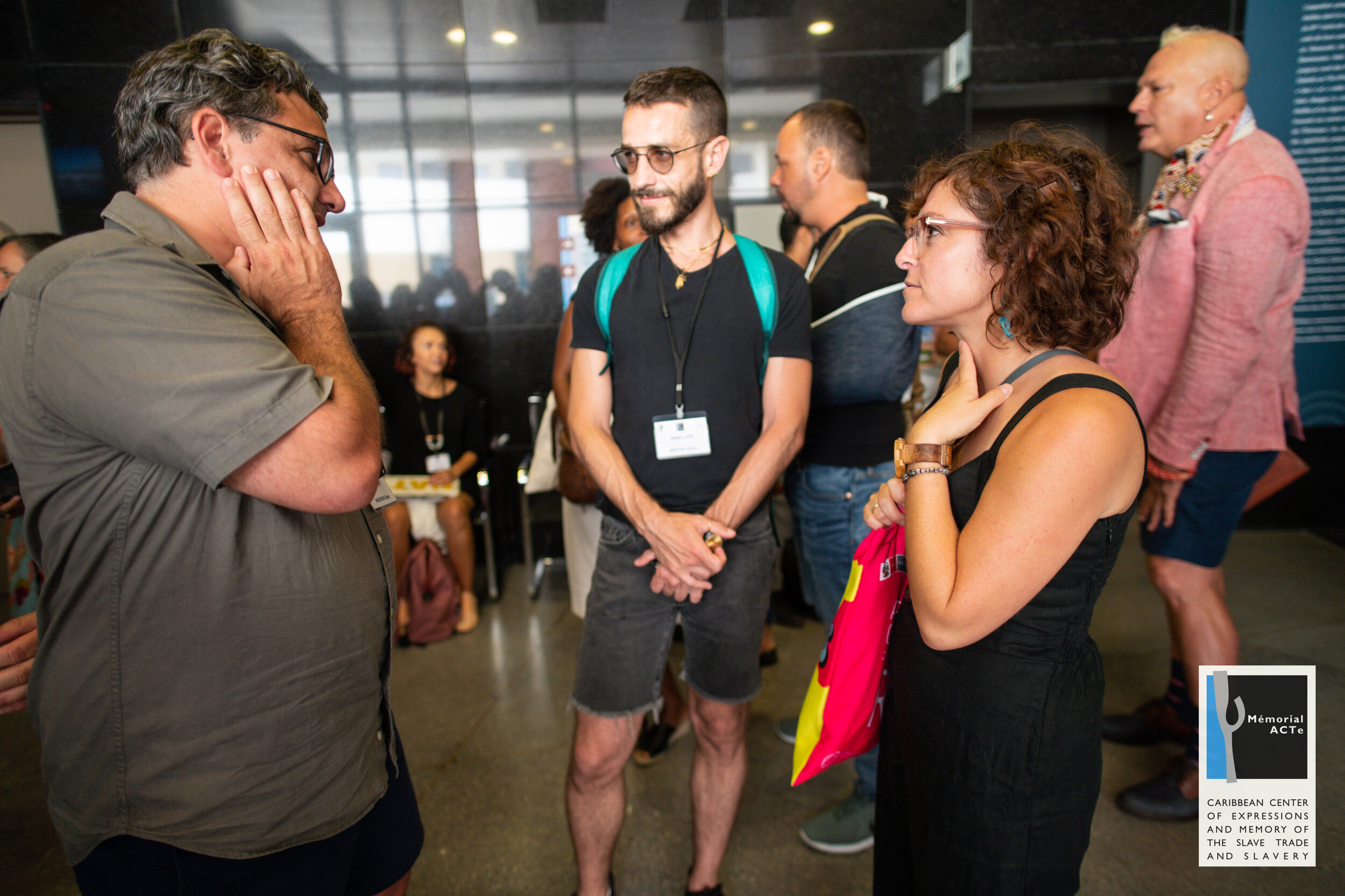
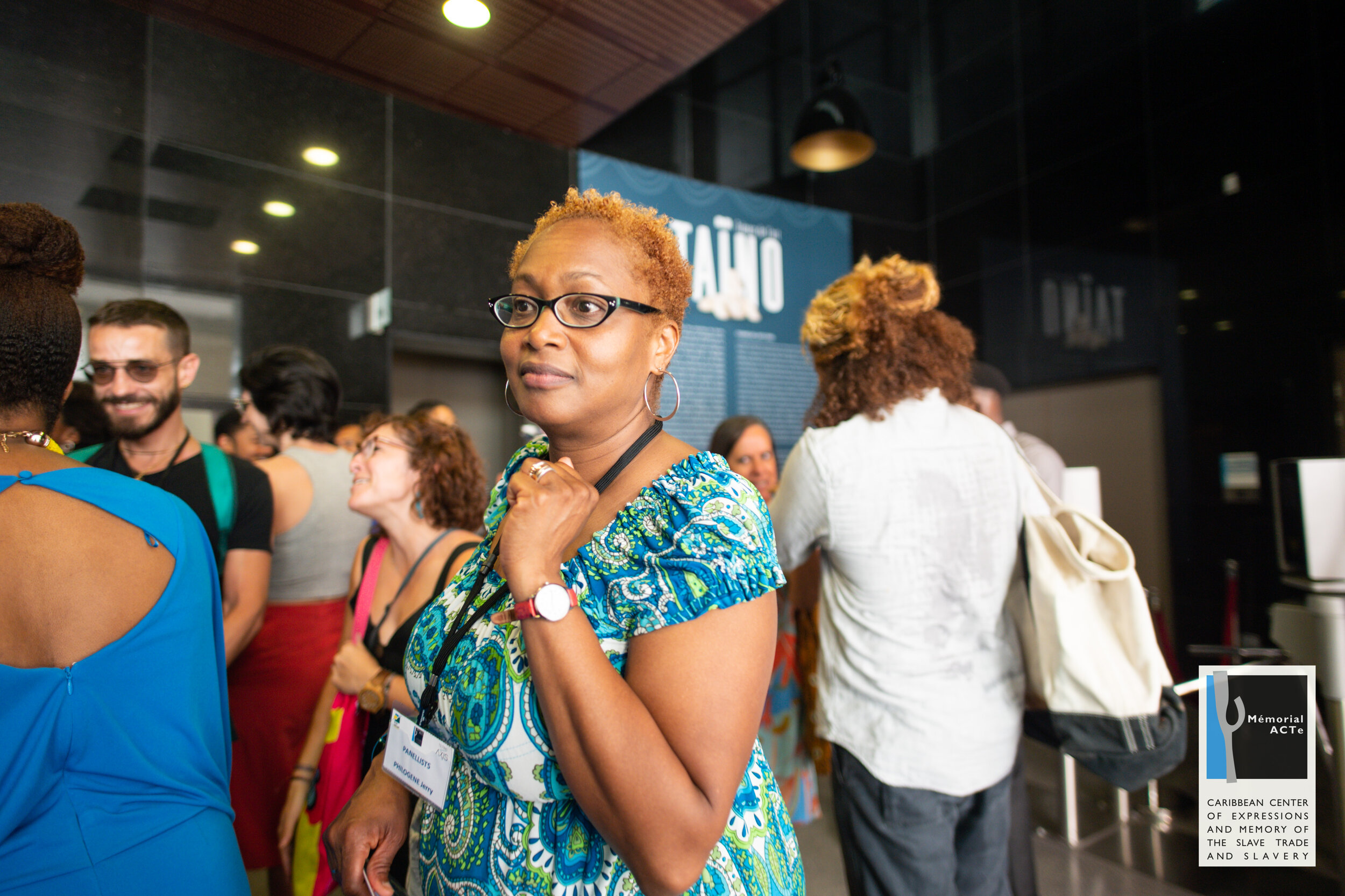
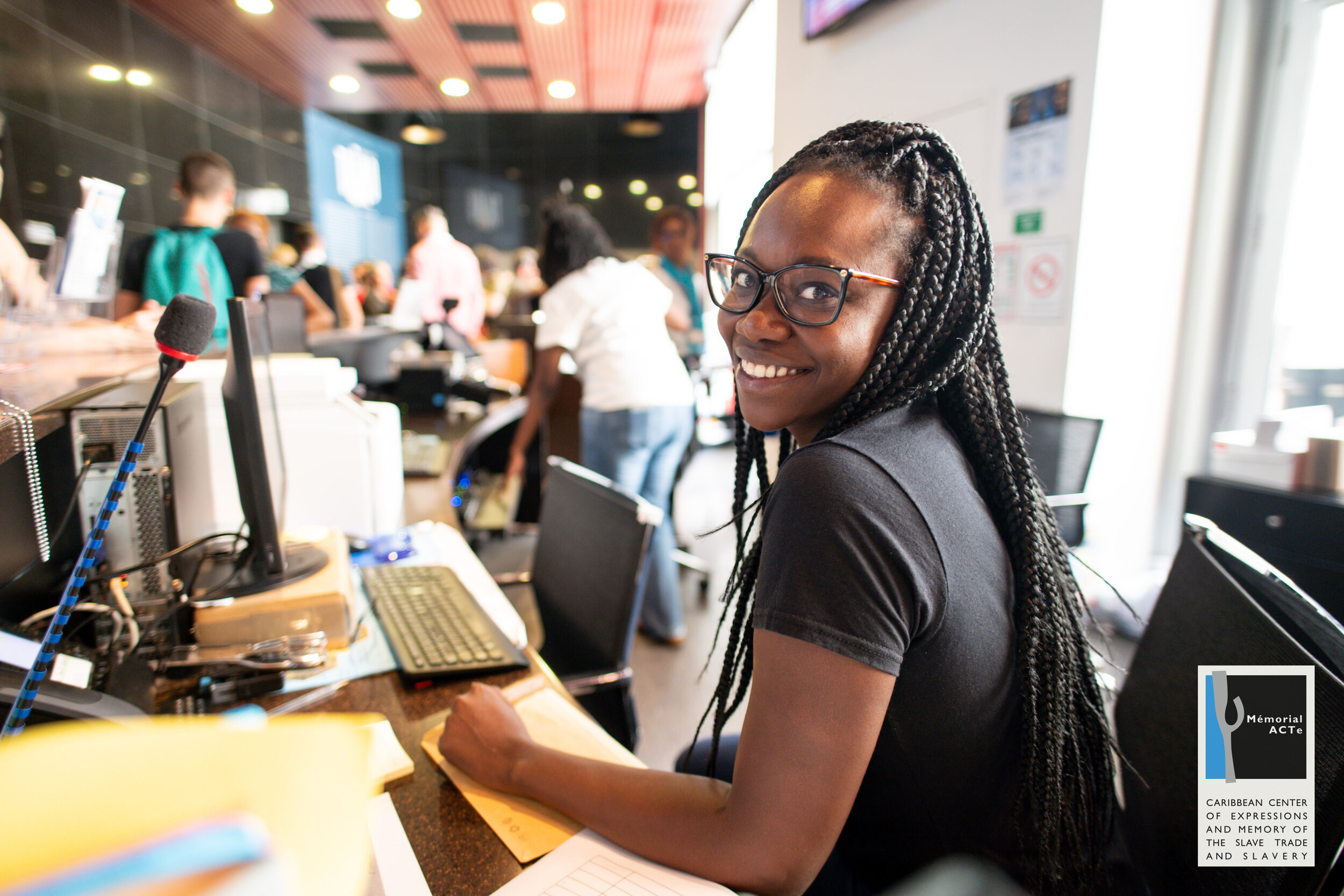
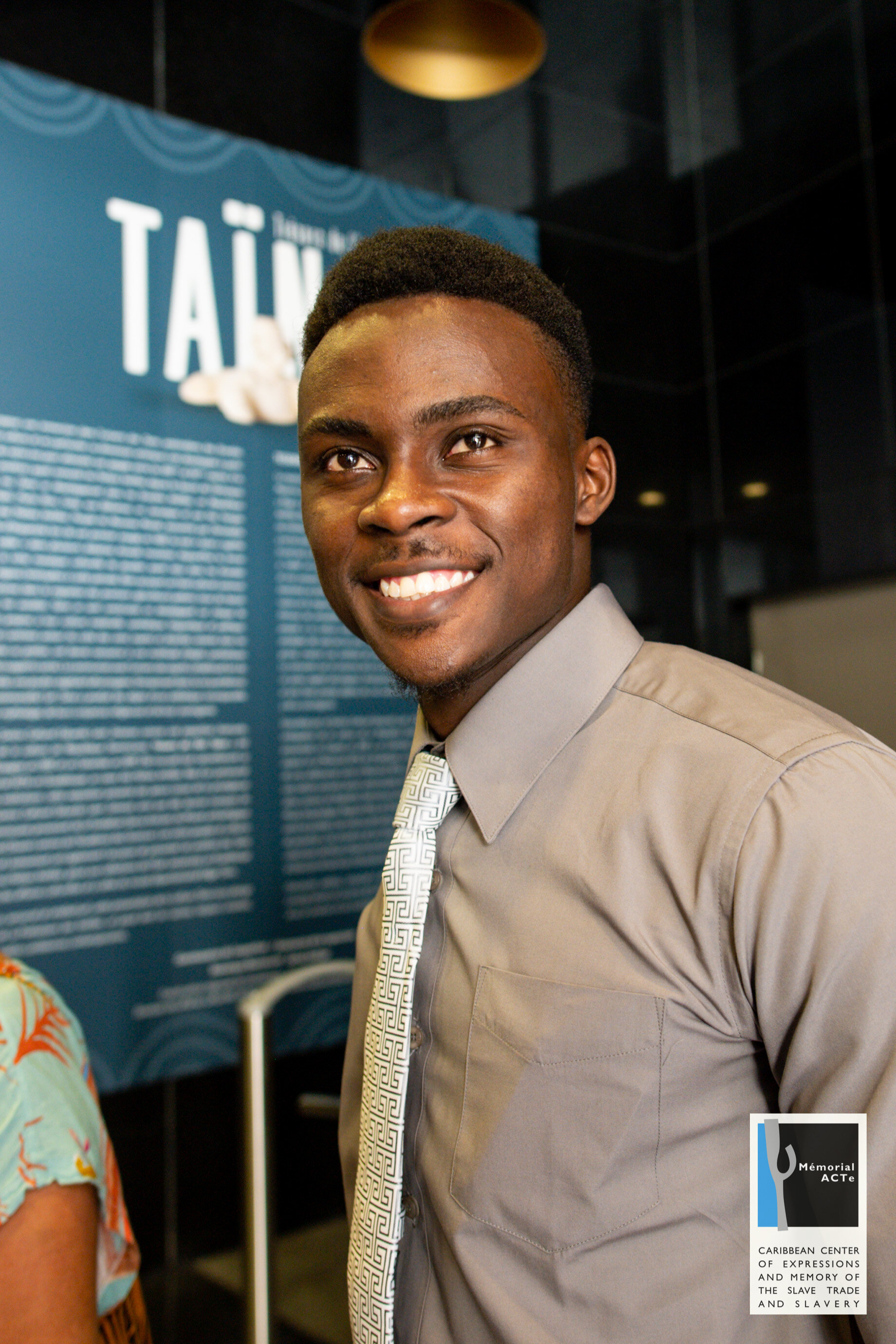
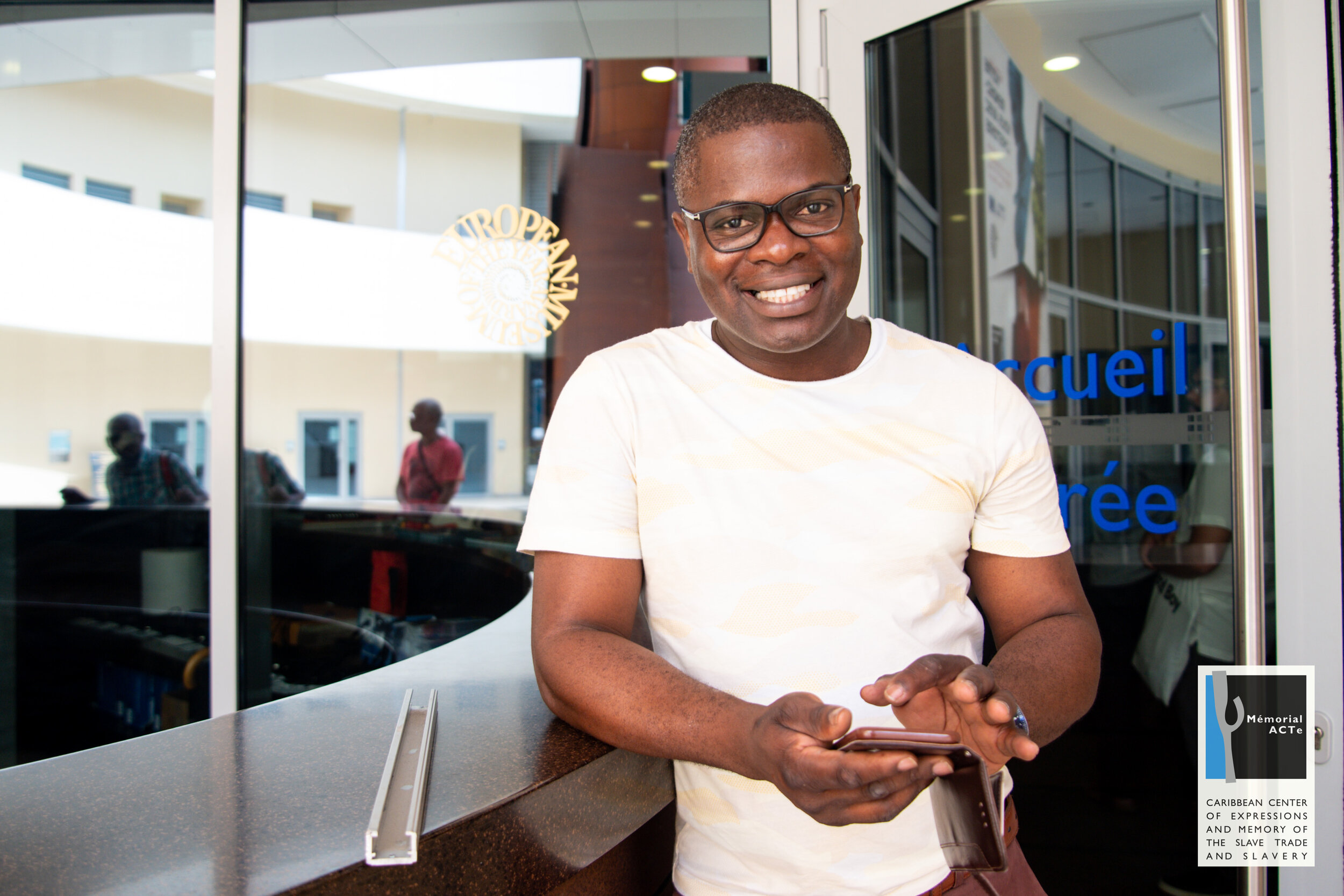
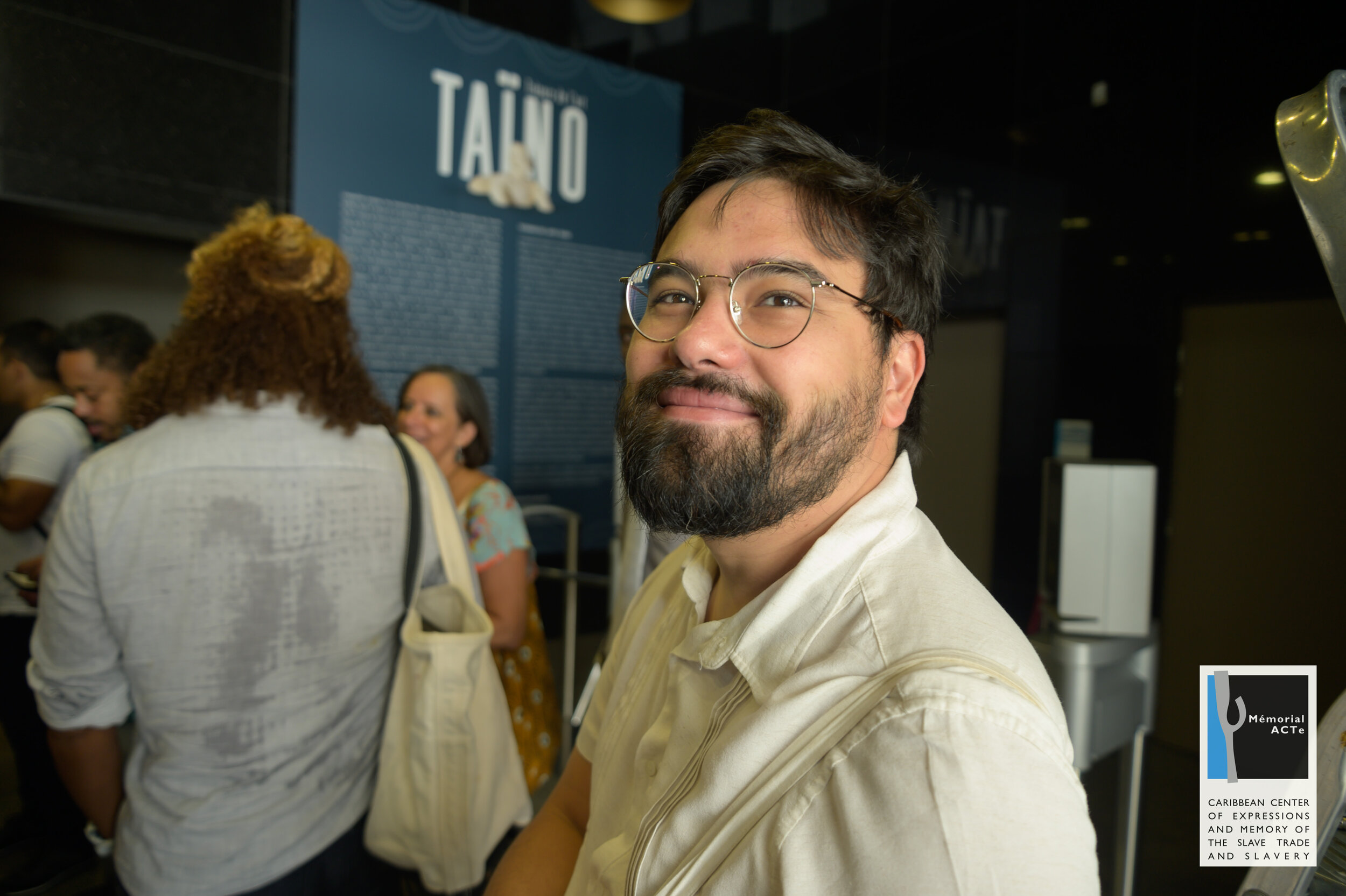
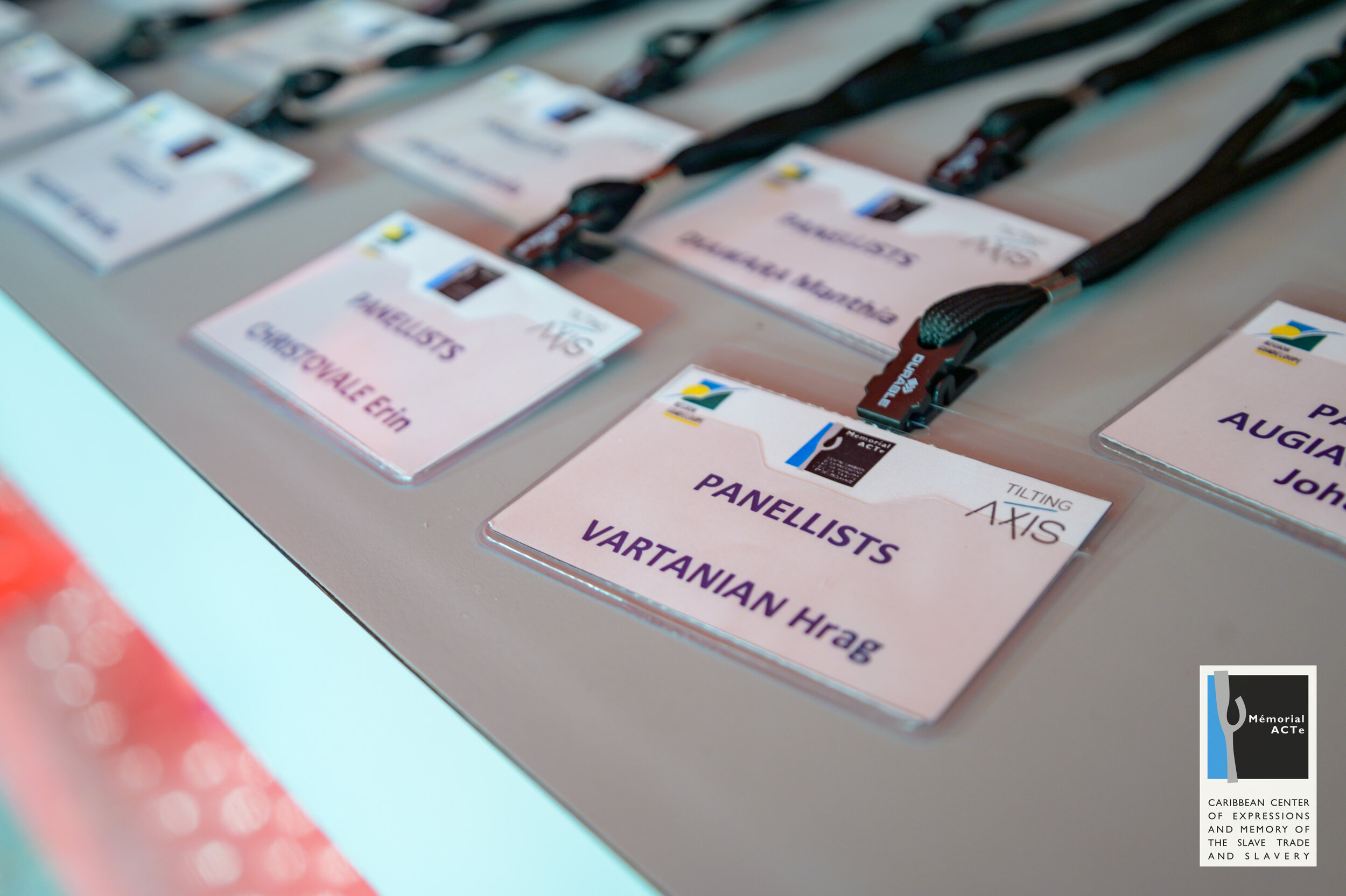
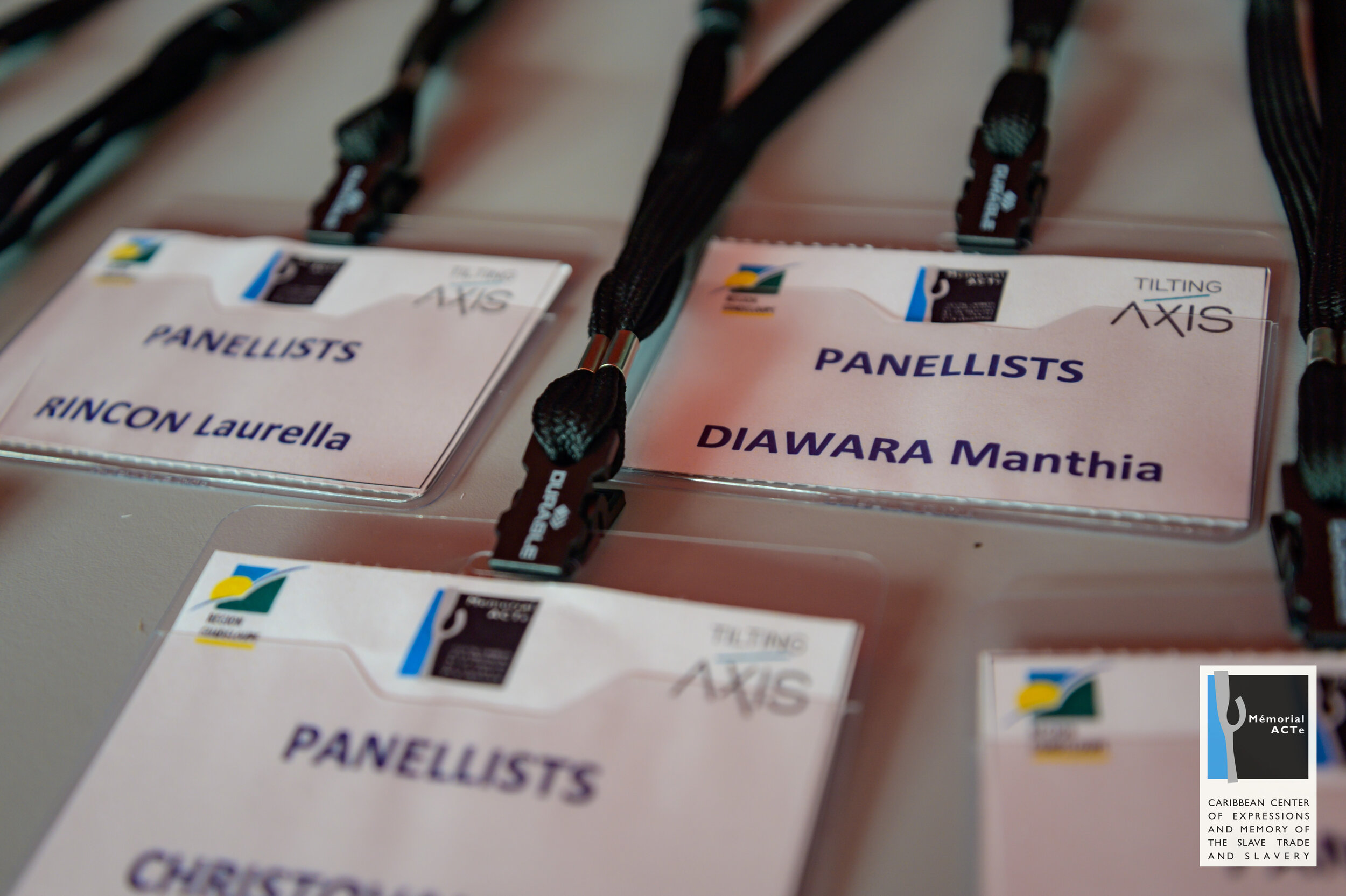
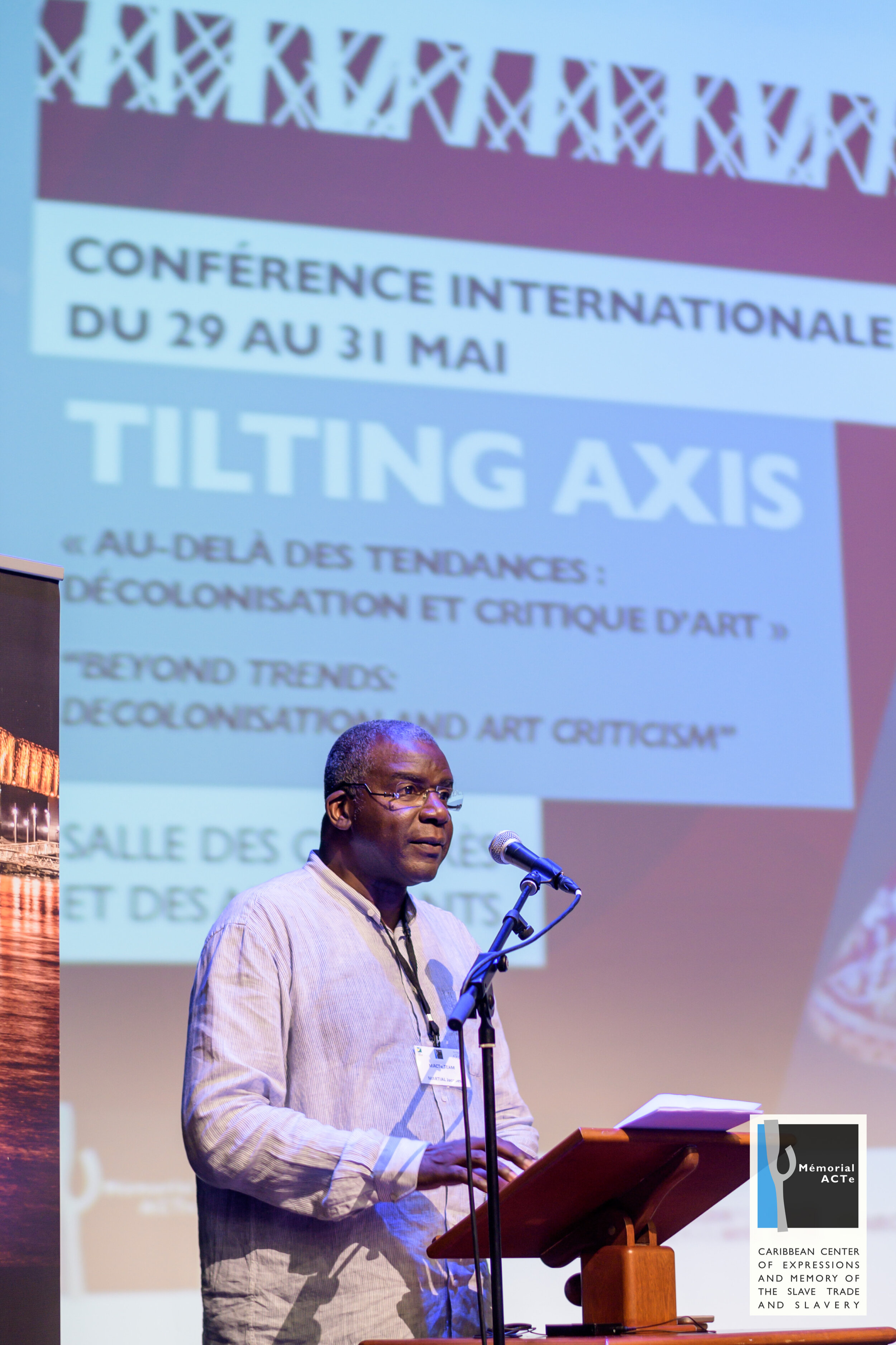
Welcome addresses
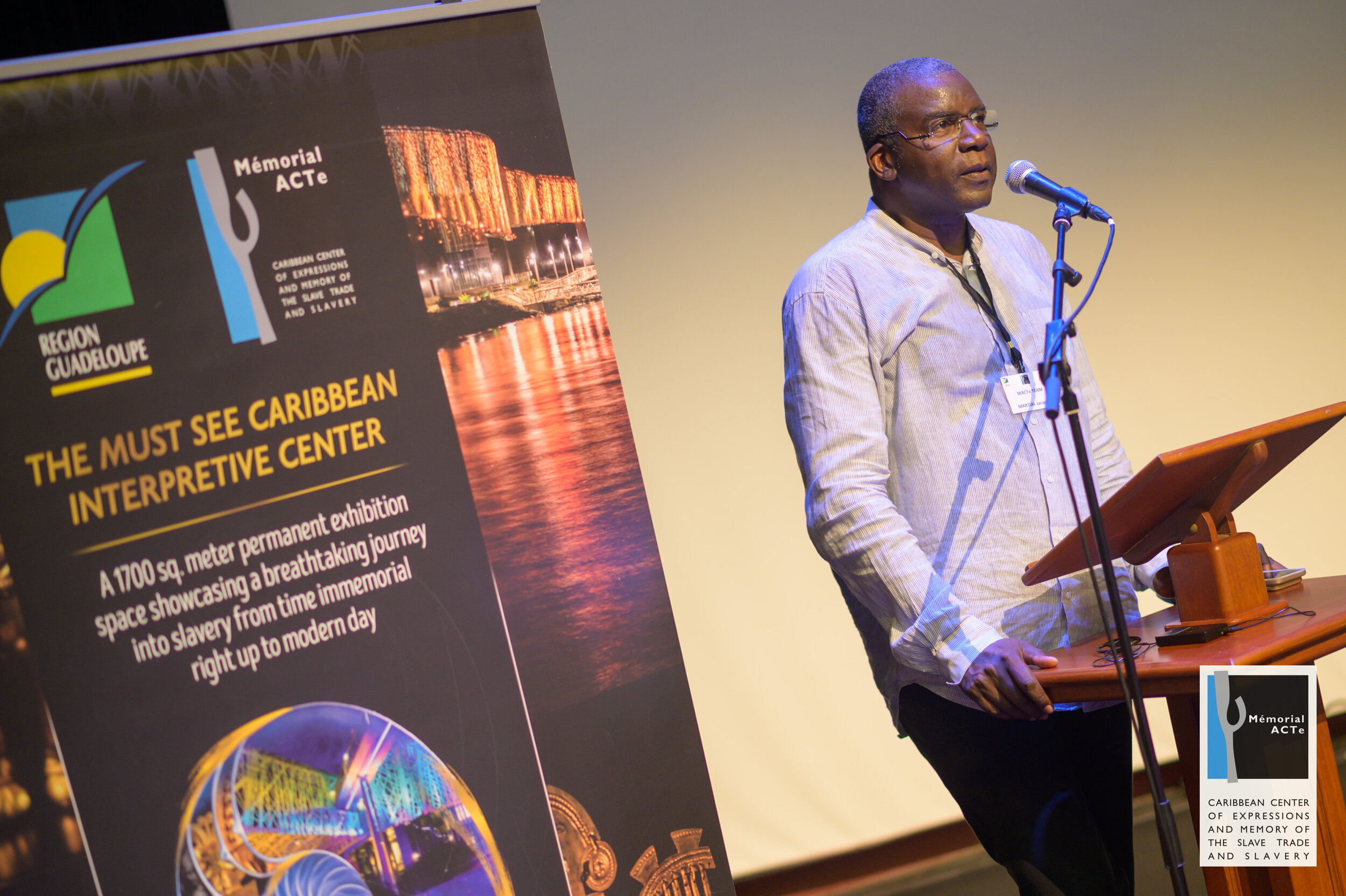
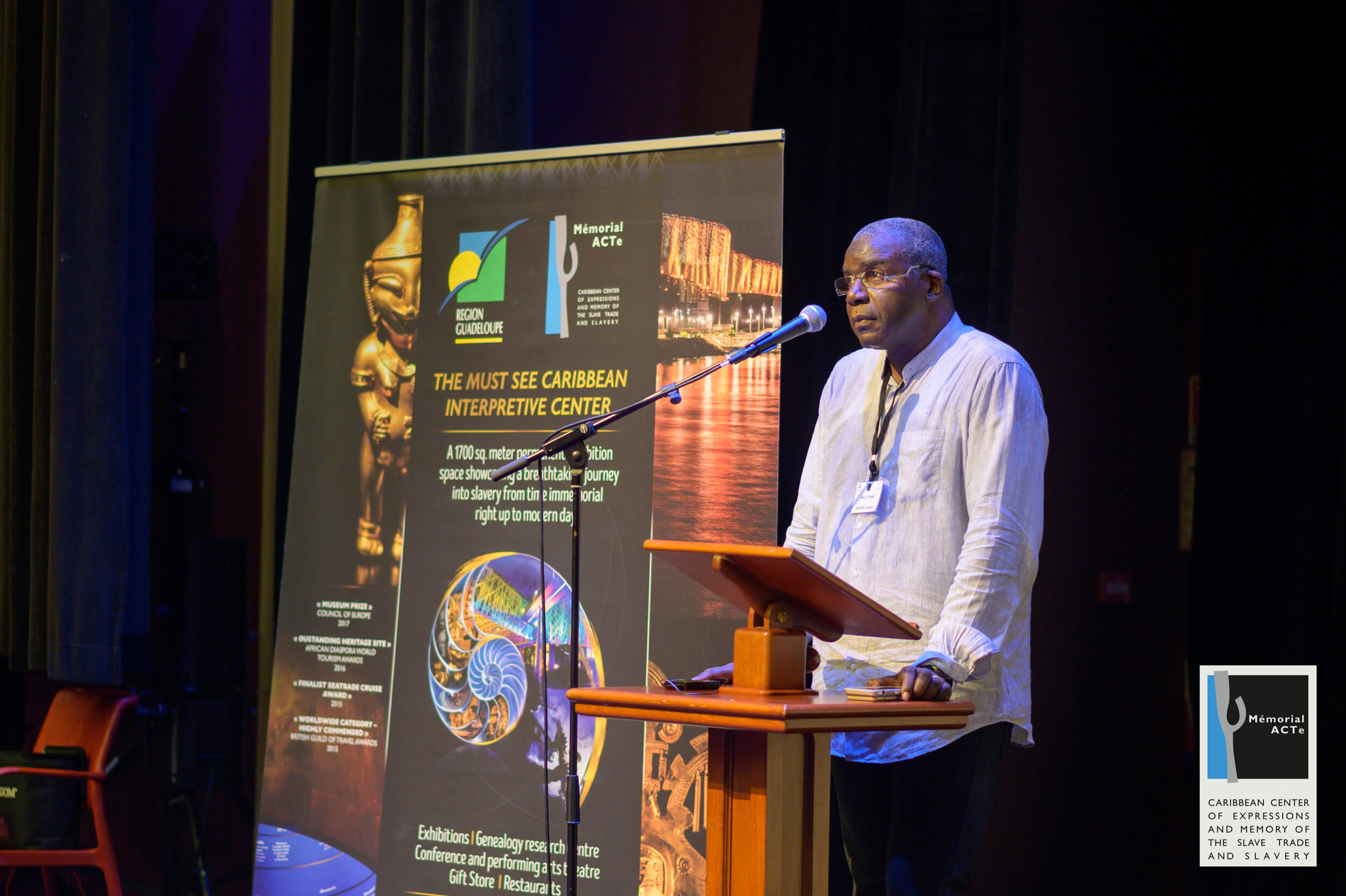
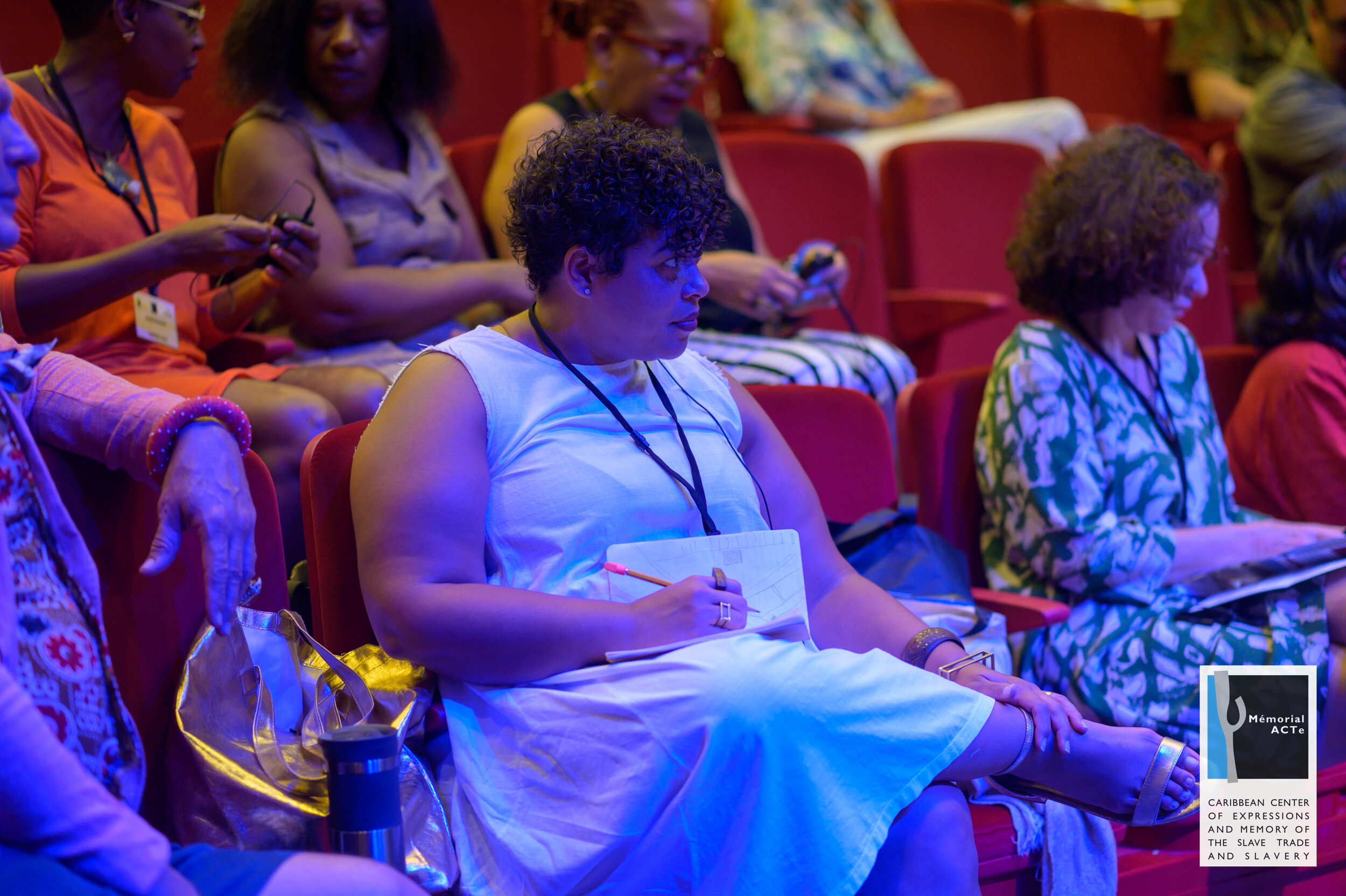
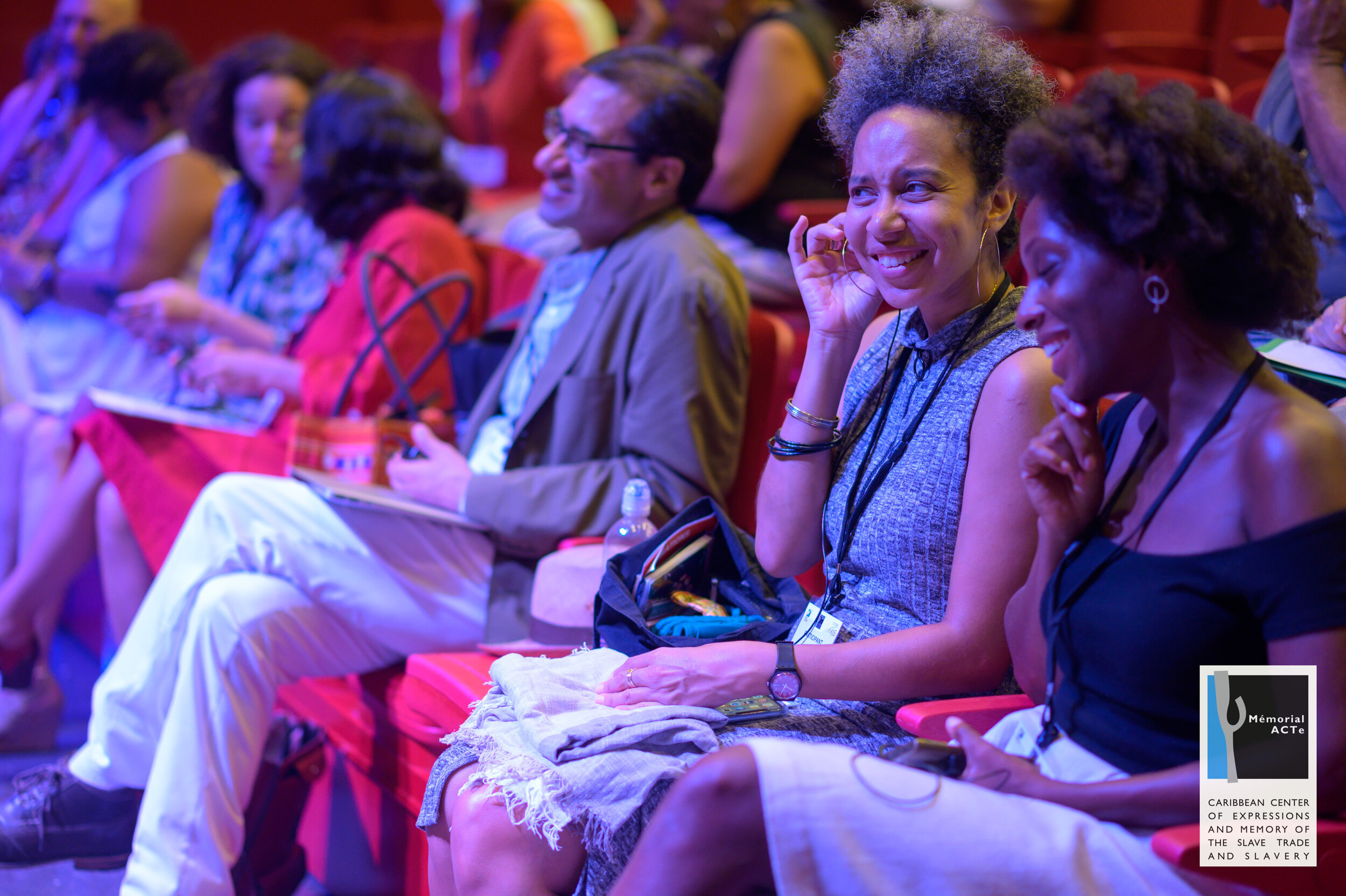
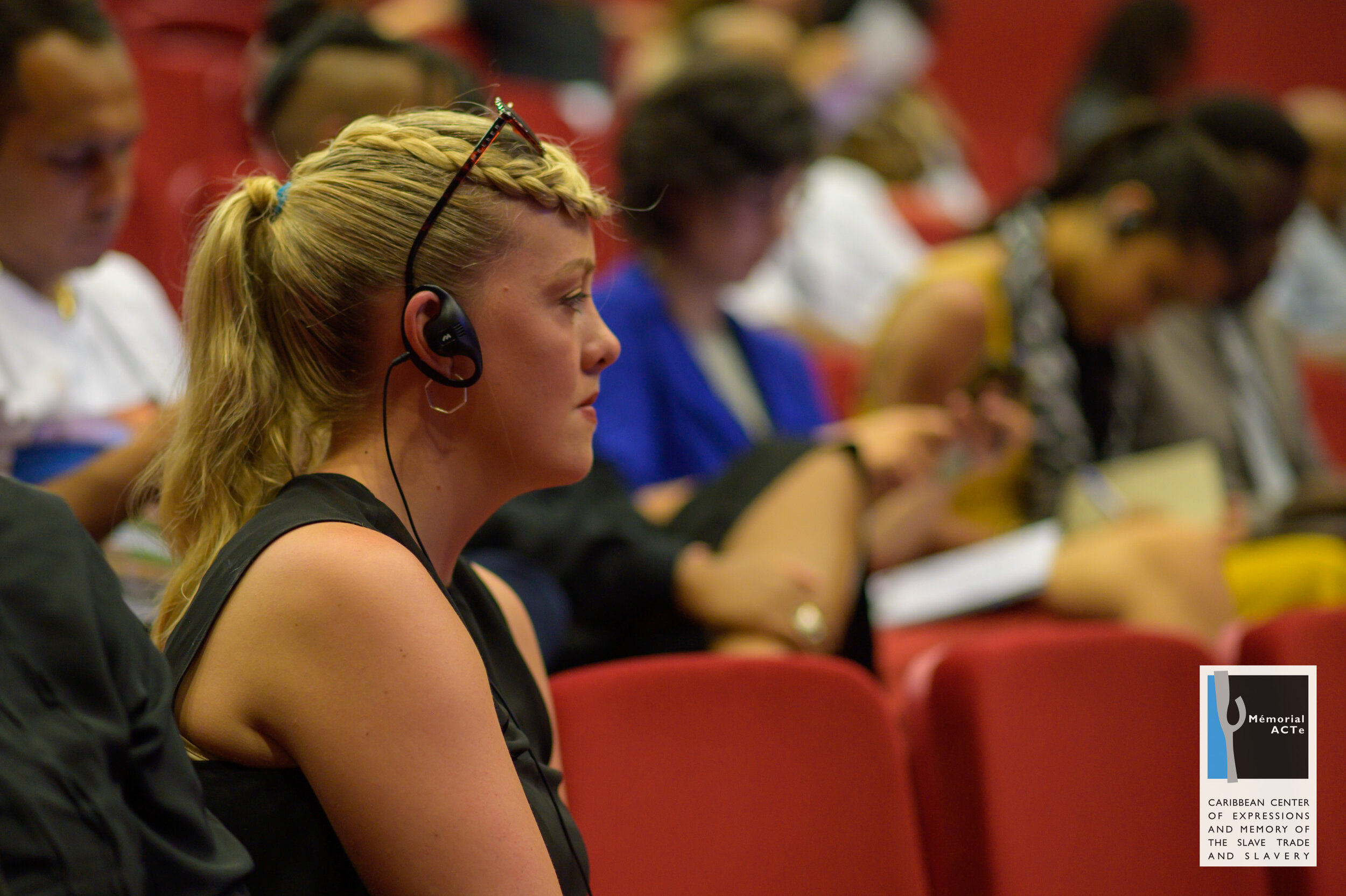
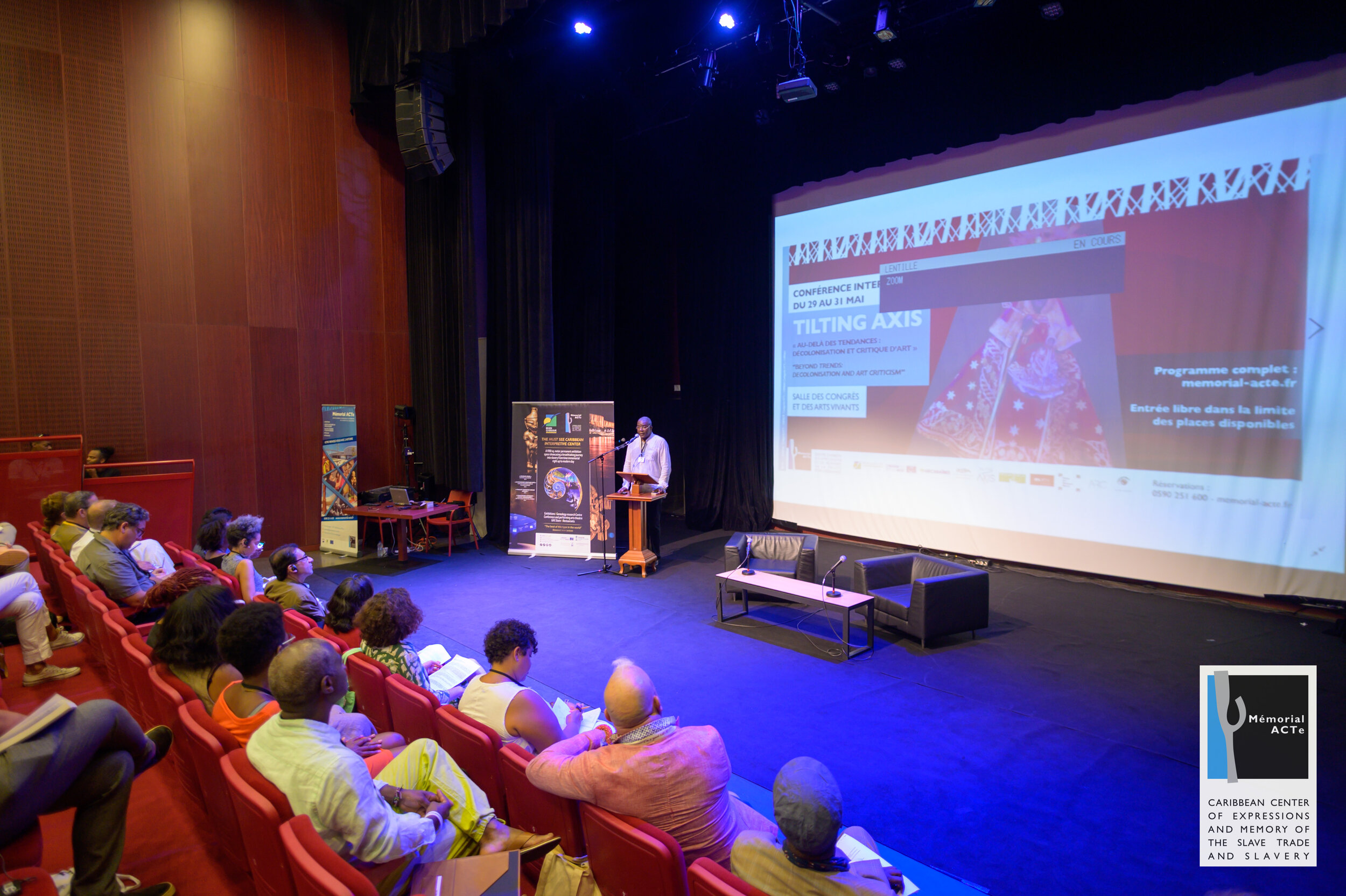
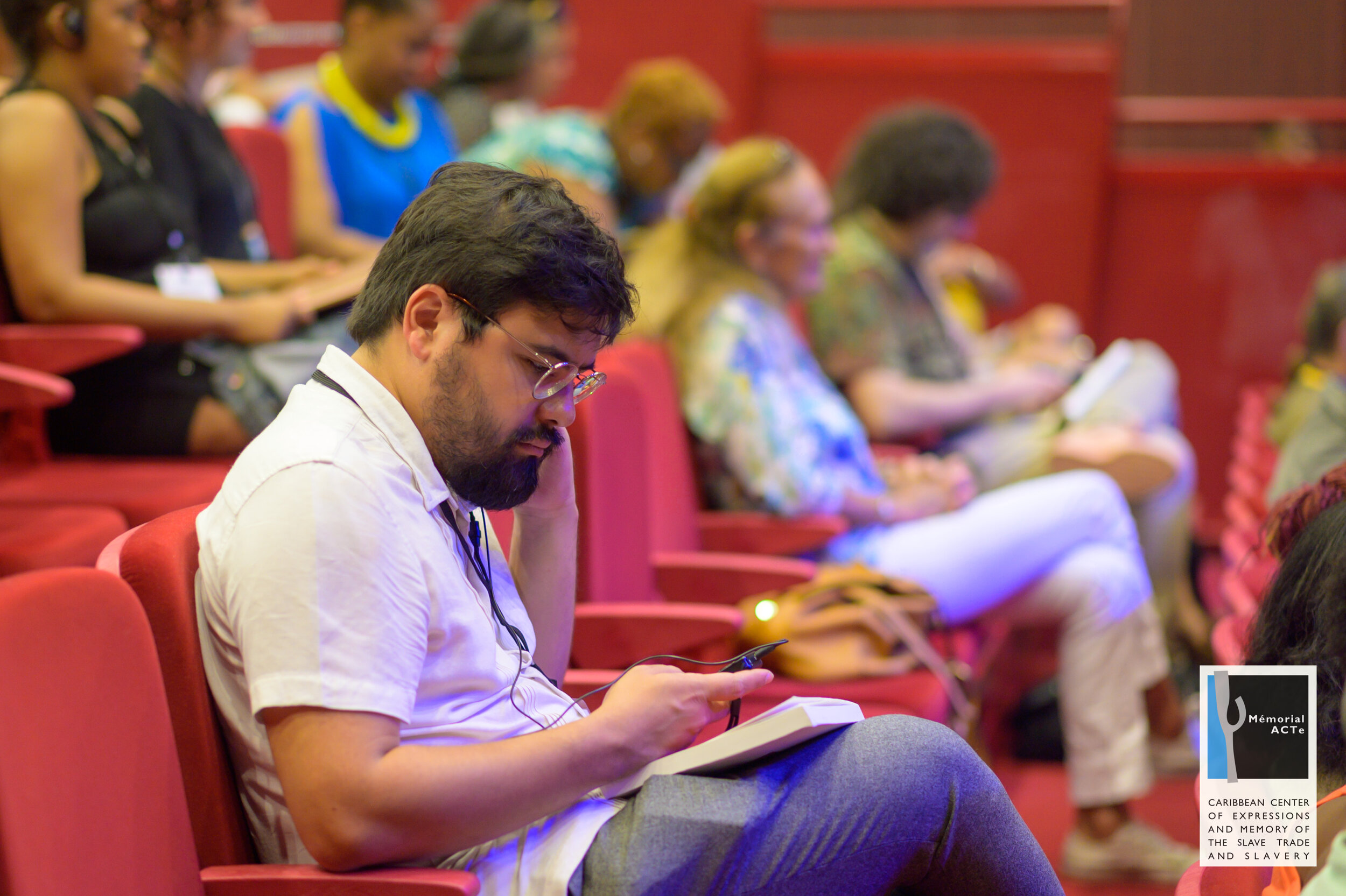
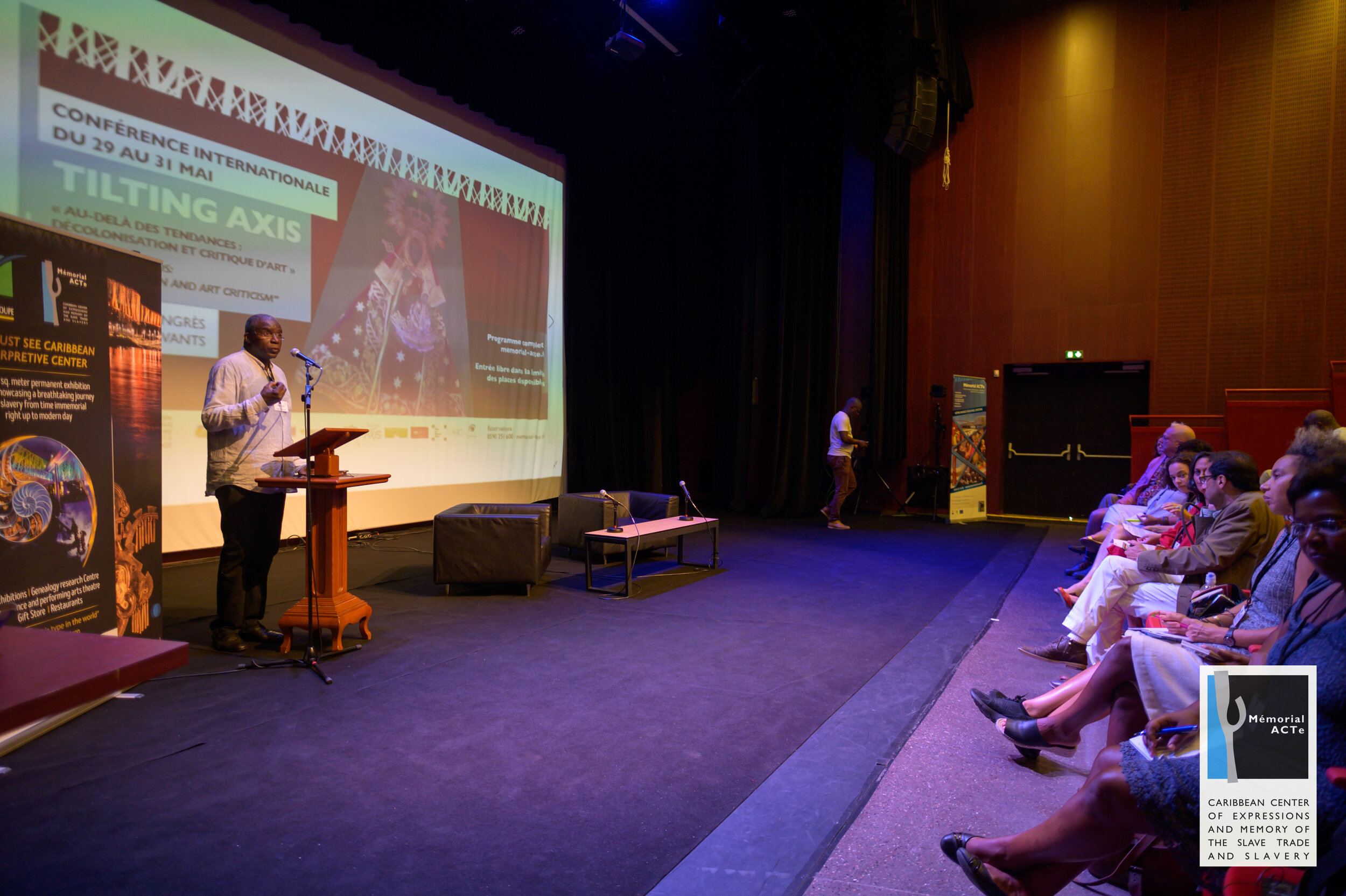
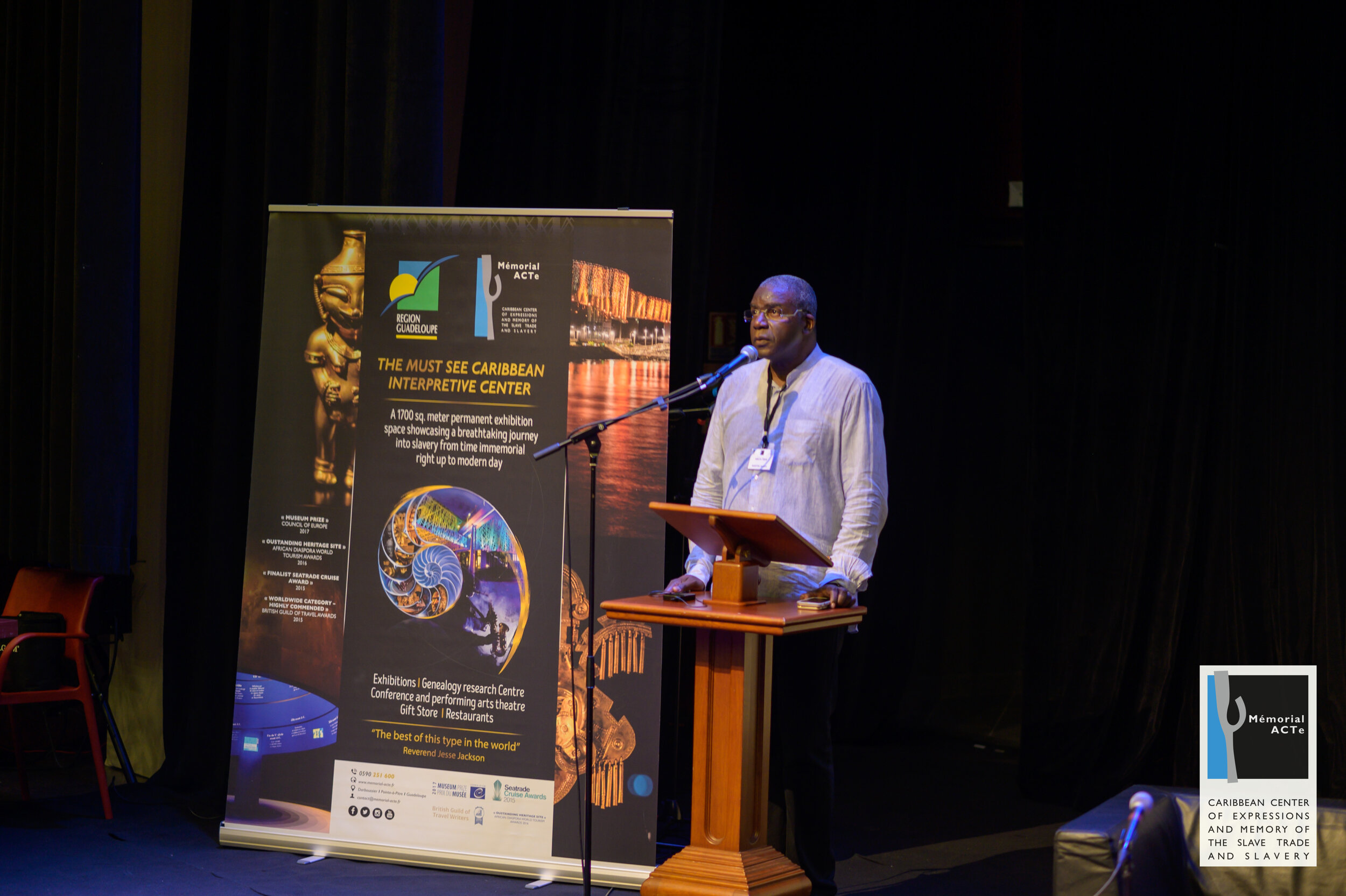
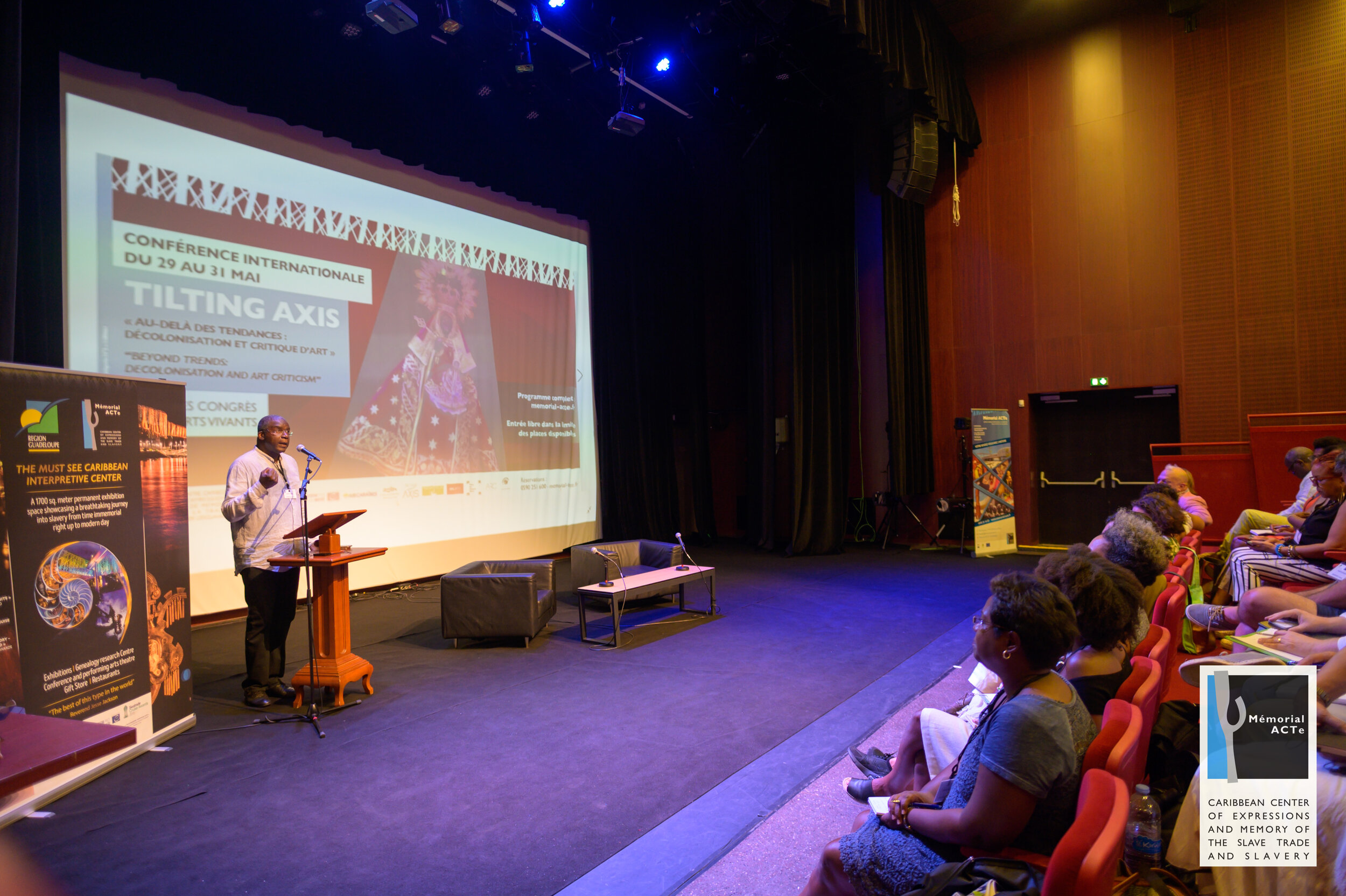
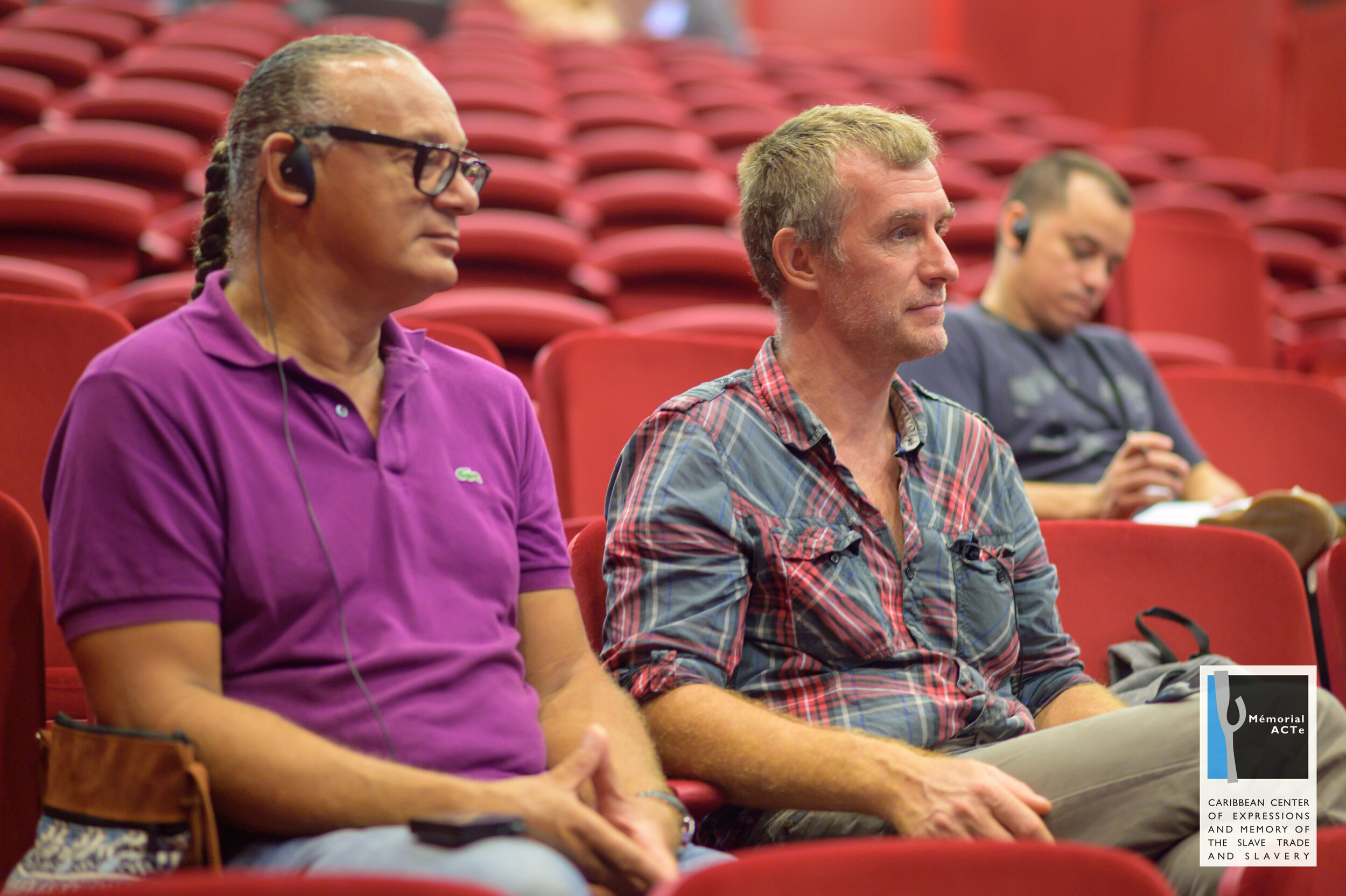


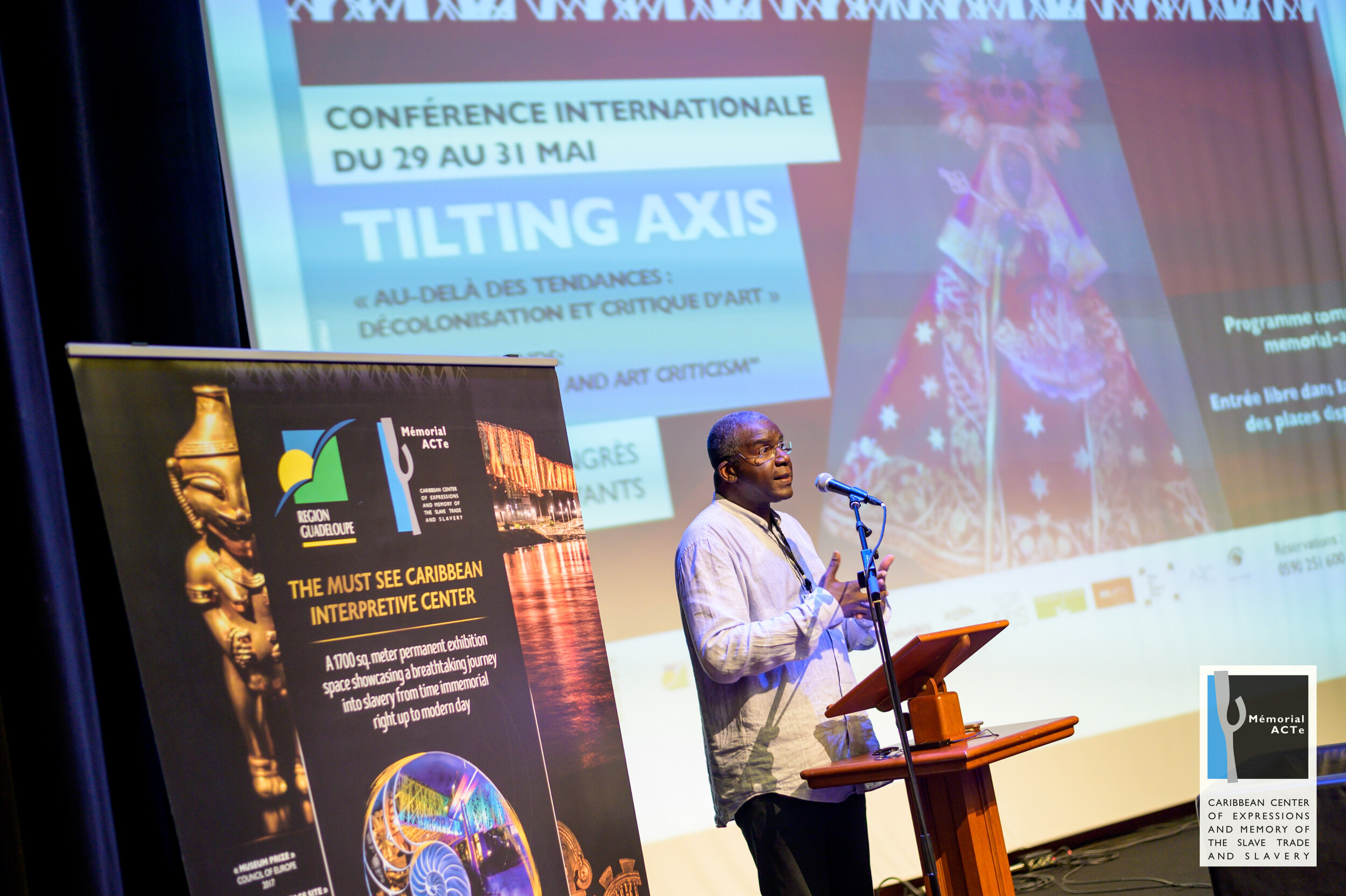
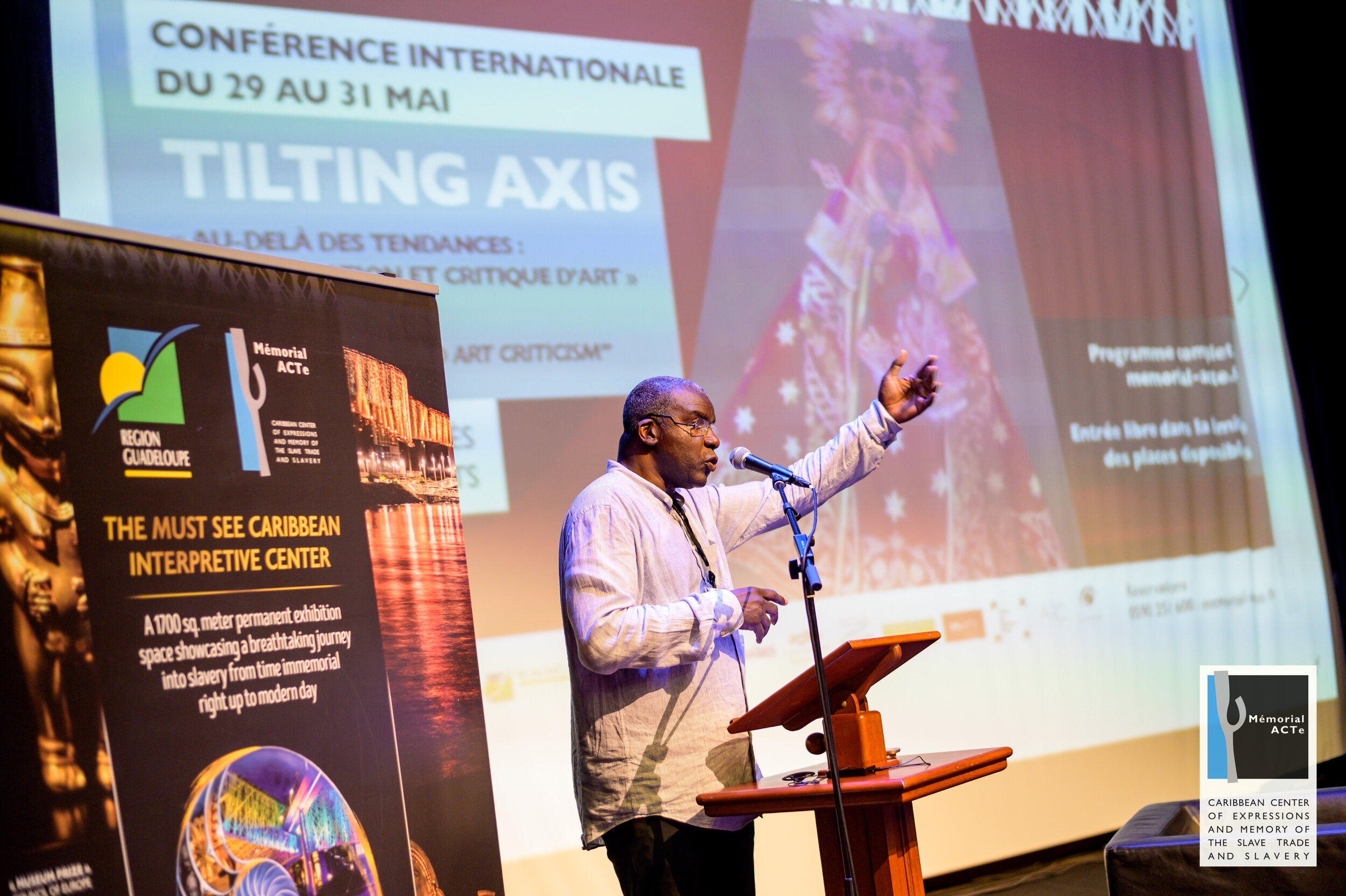
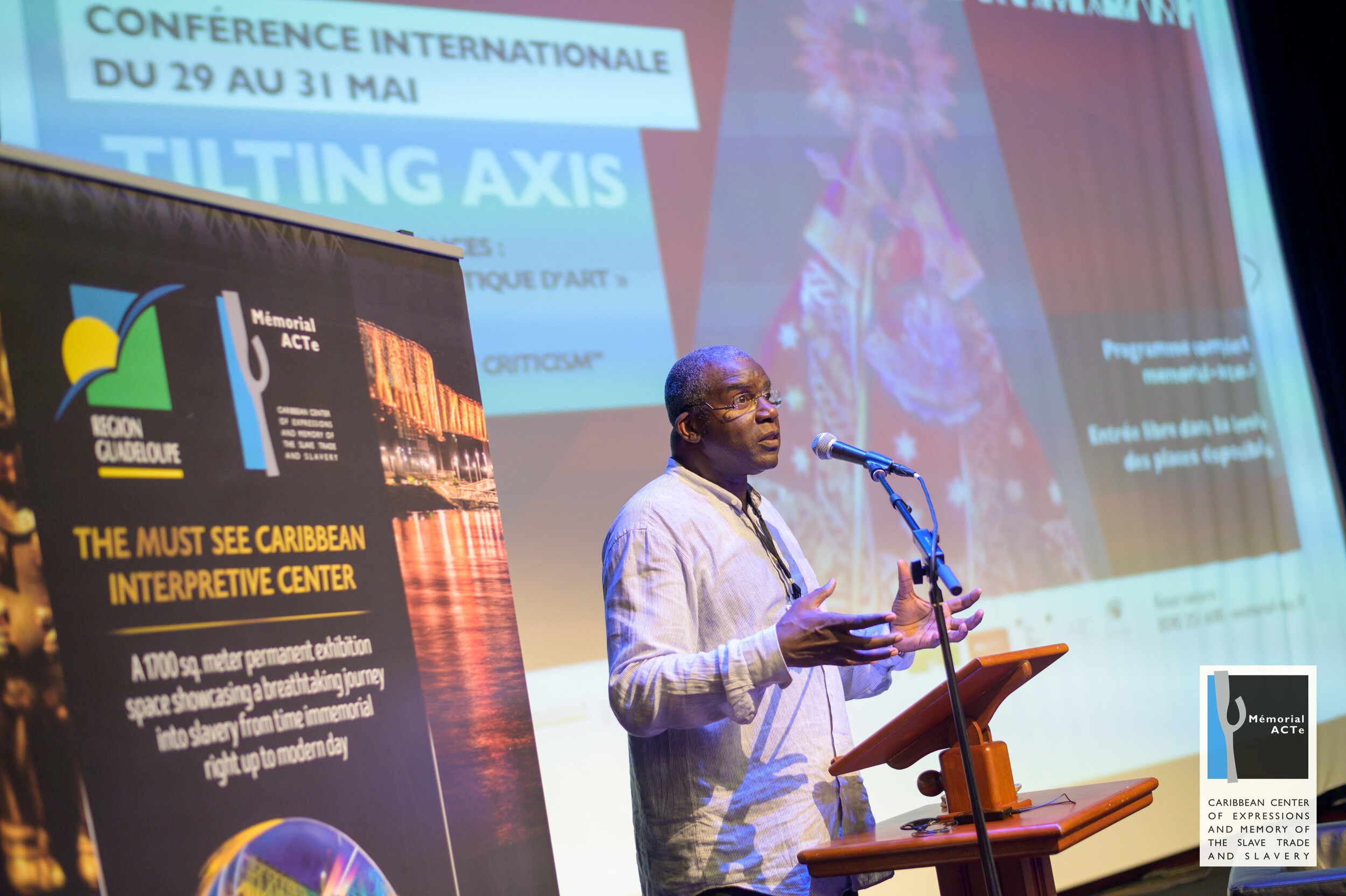
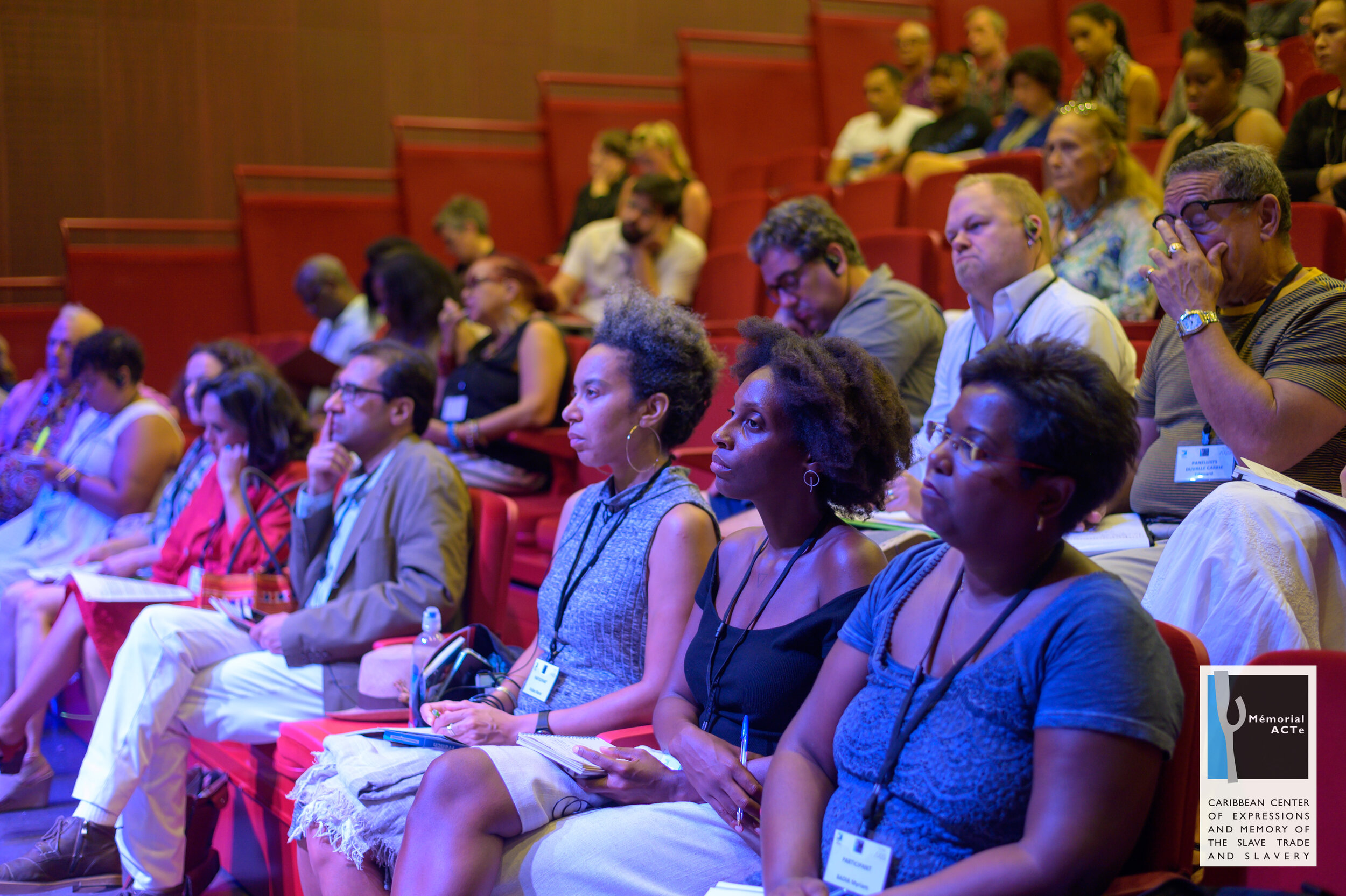
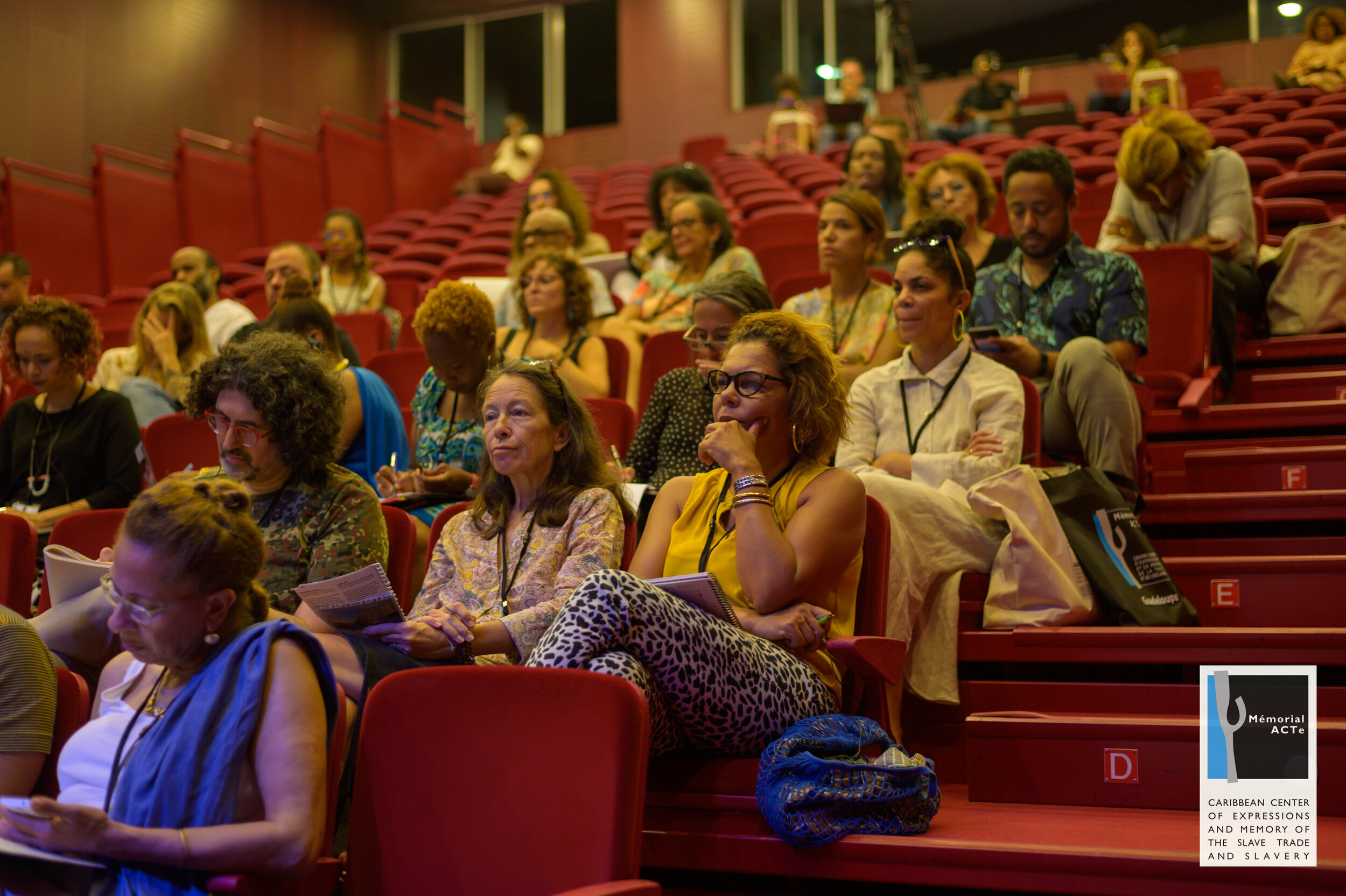
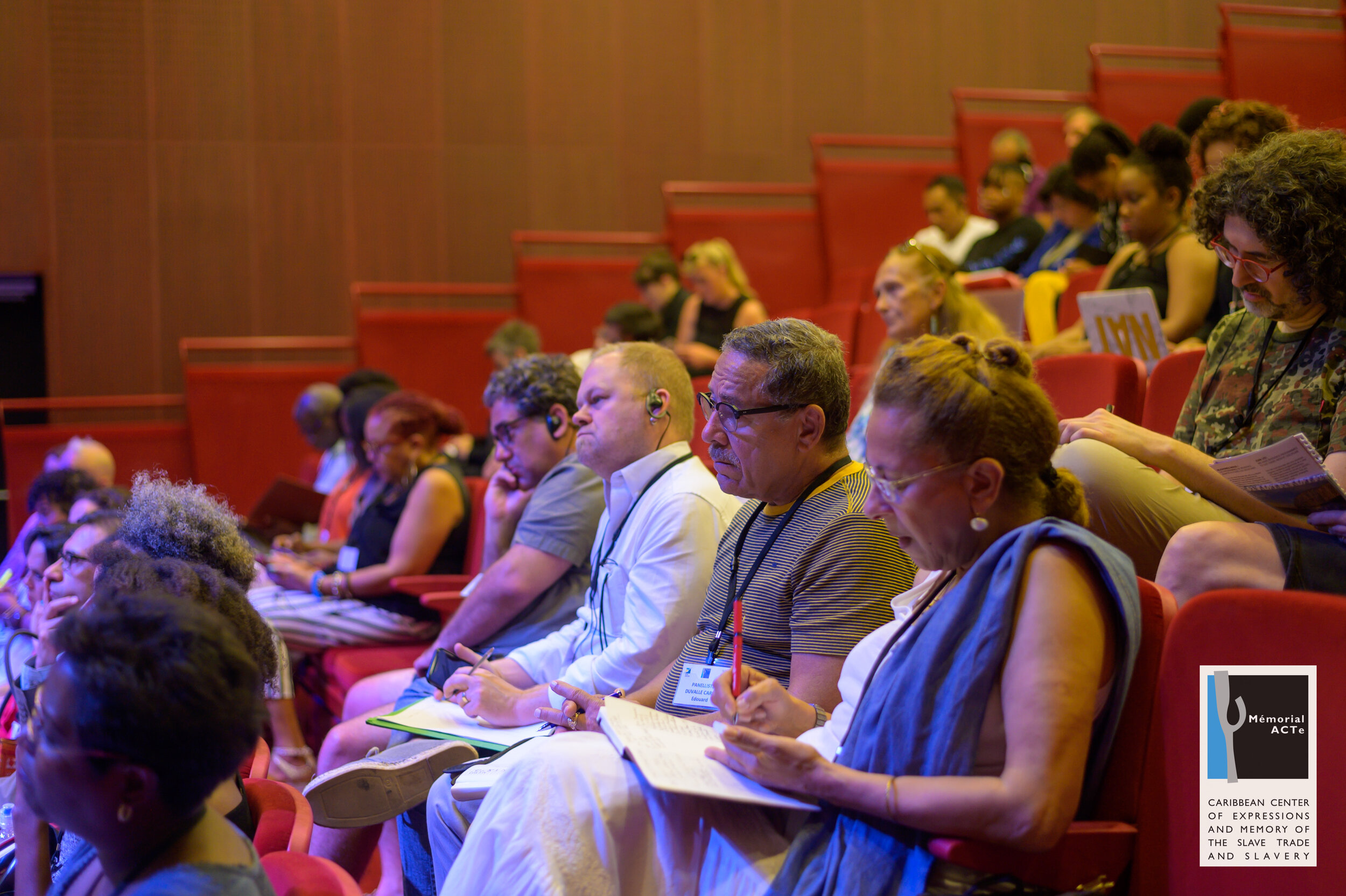
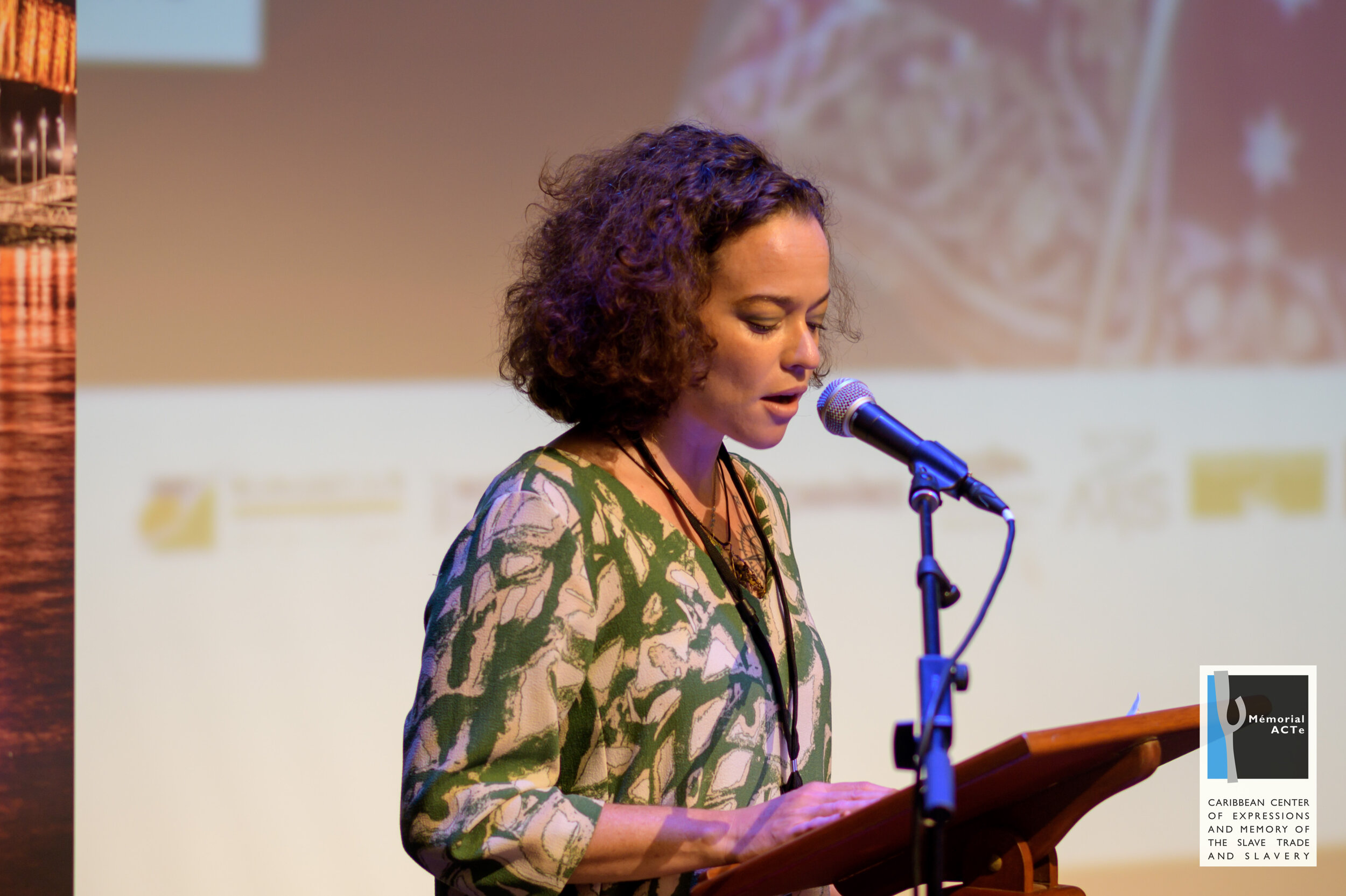
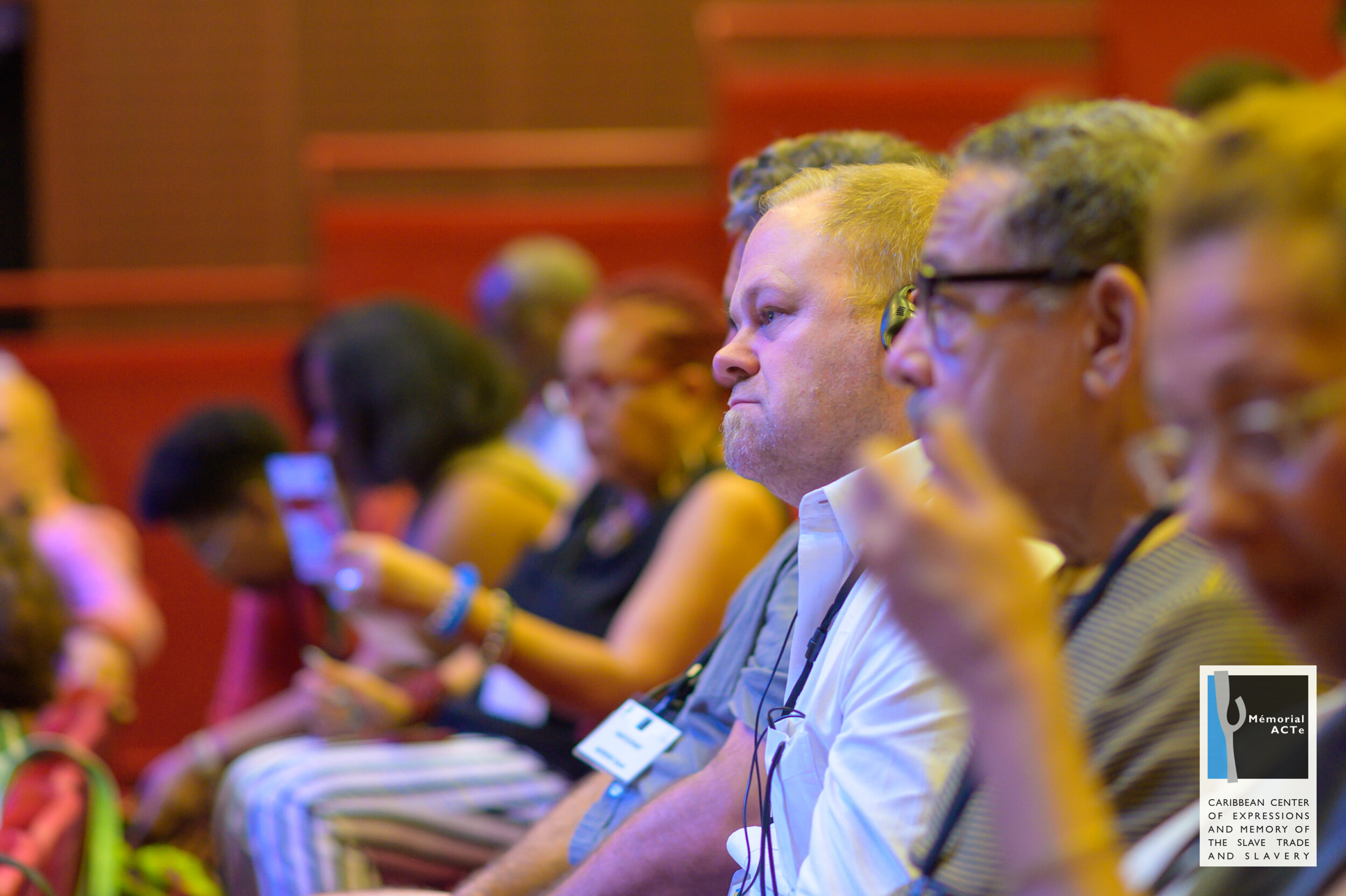
Permanent Exhibition Tour
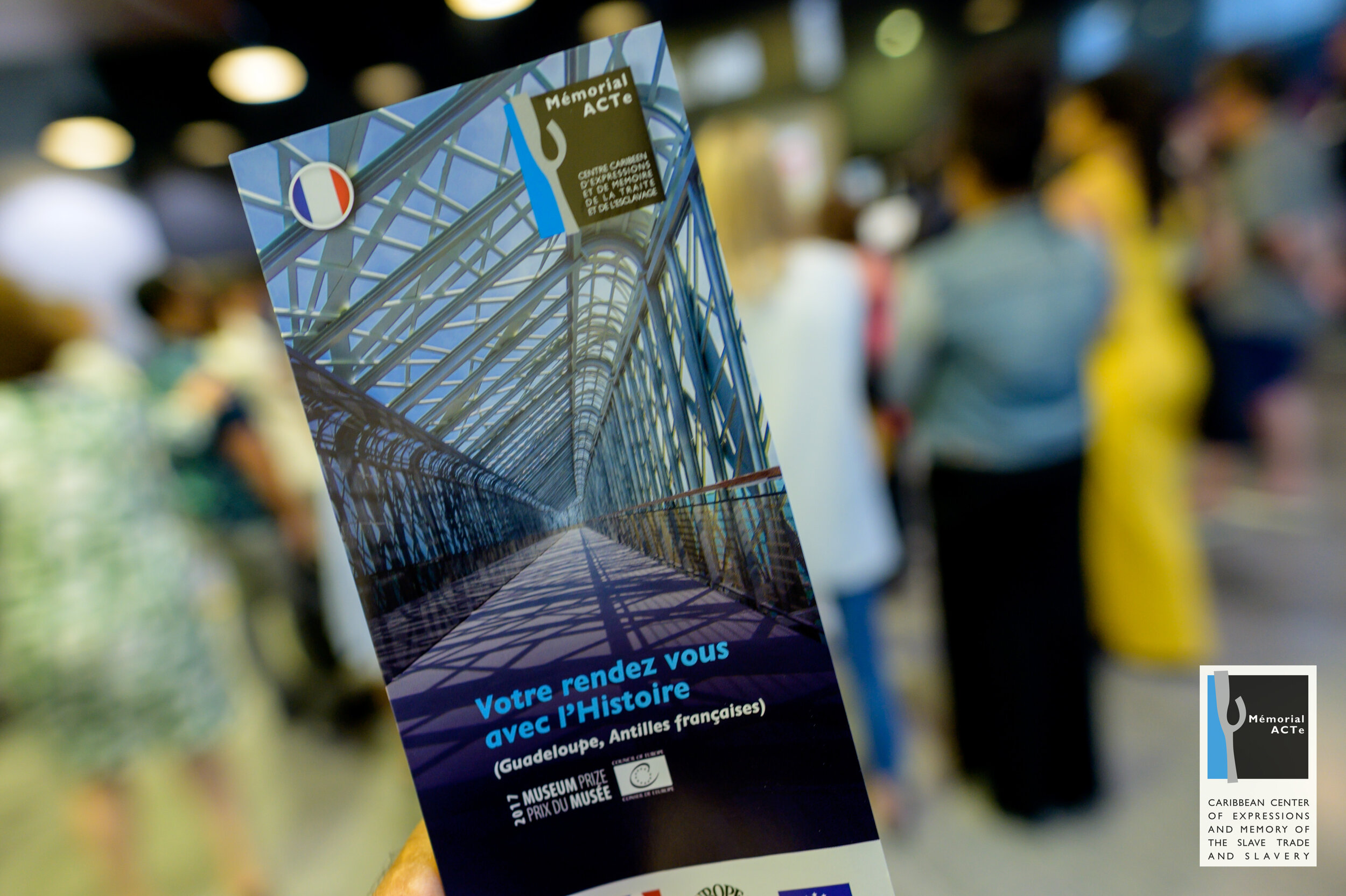
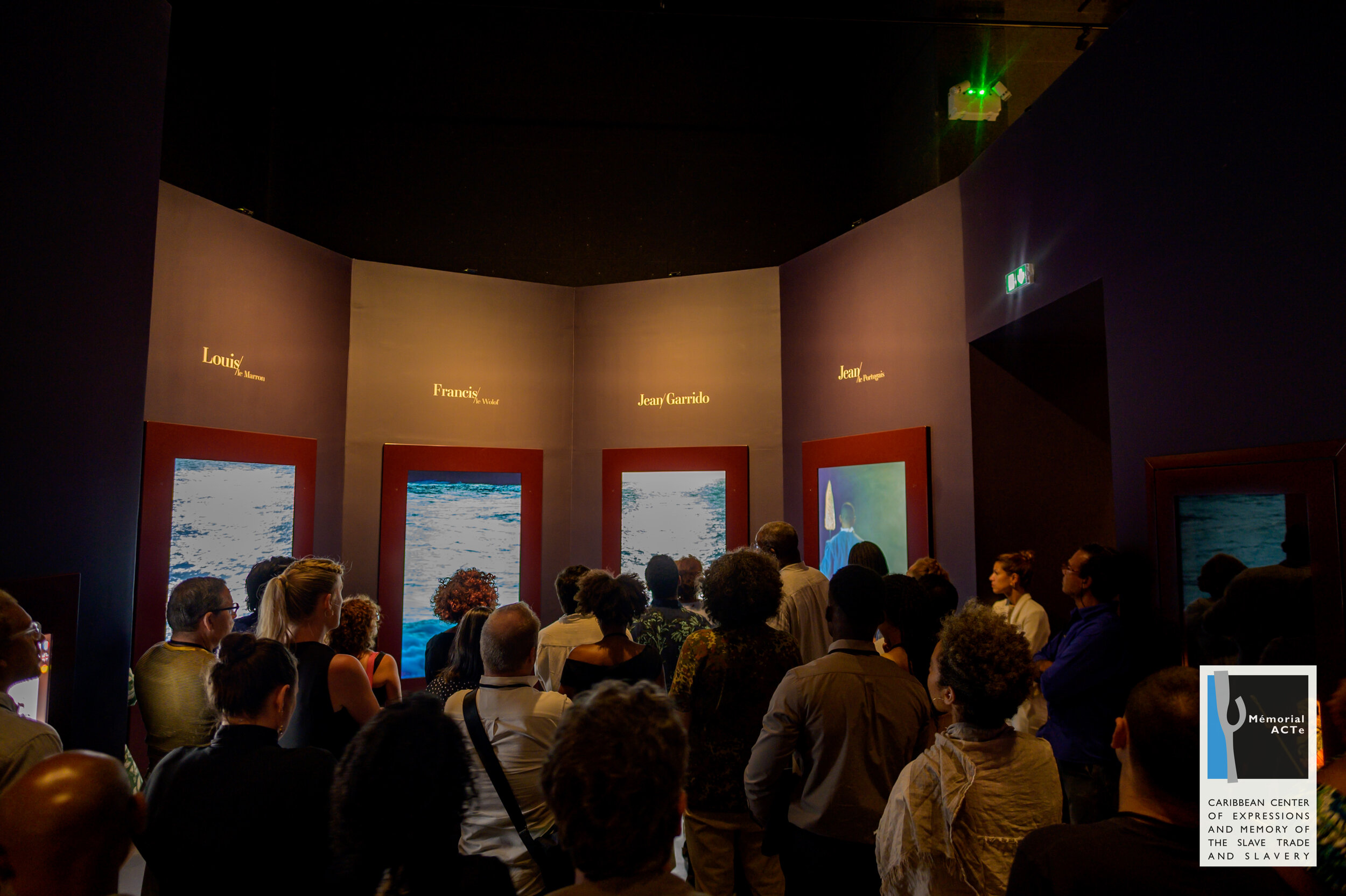
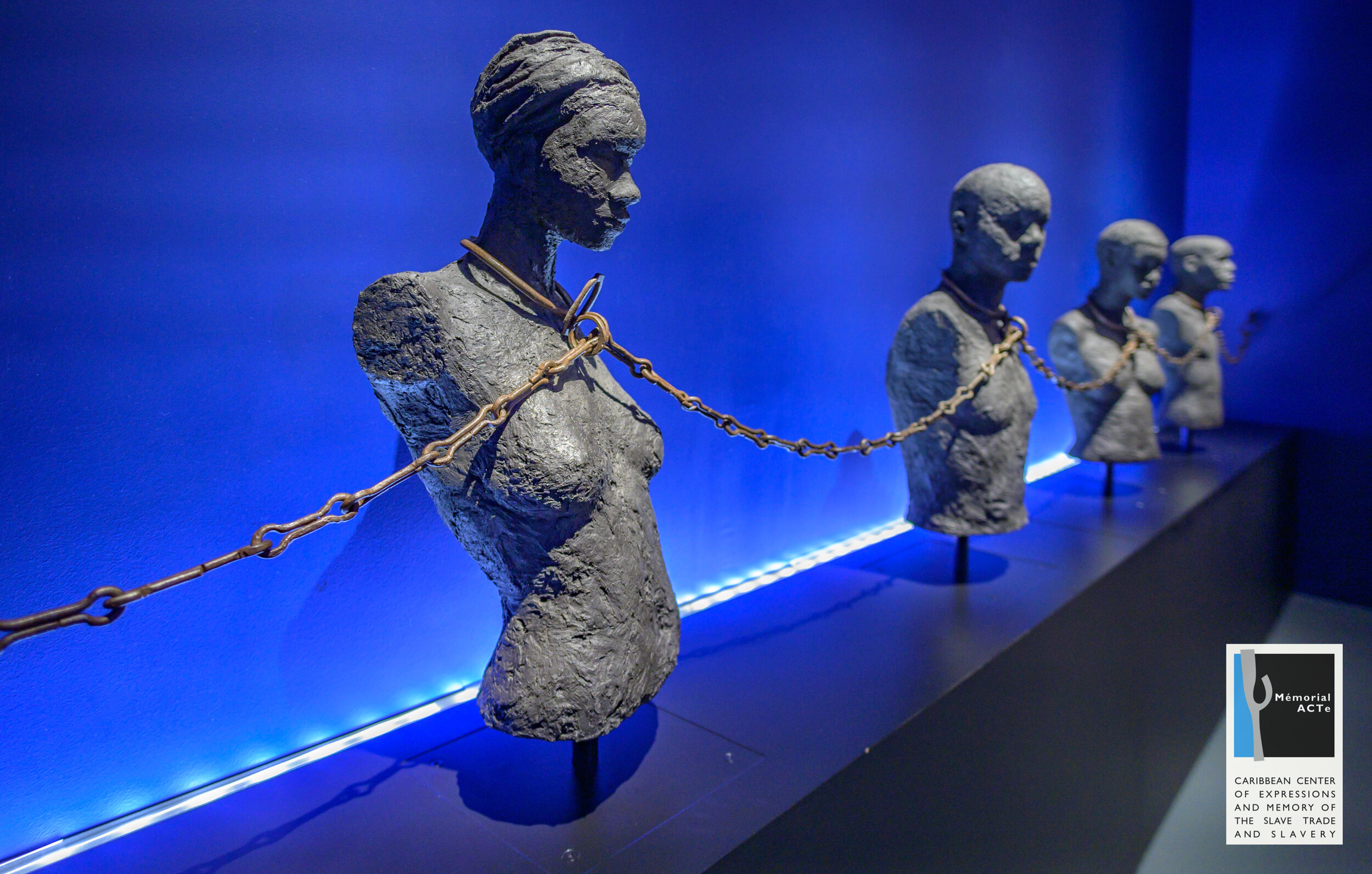
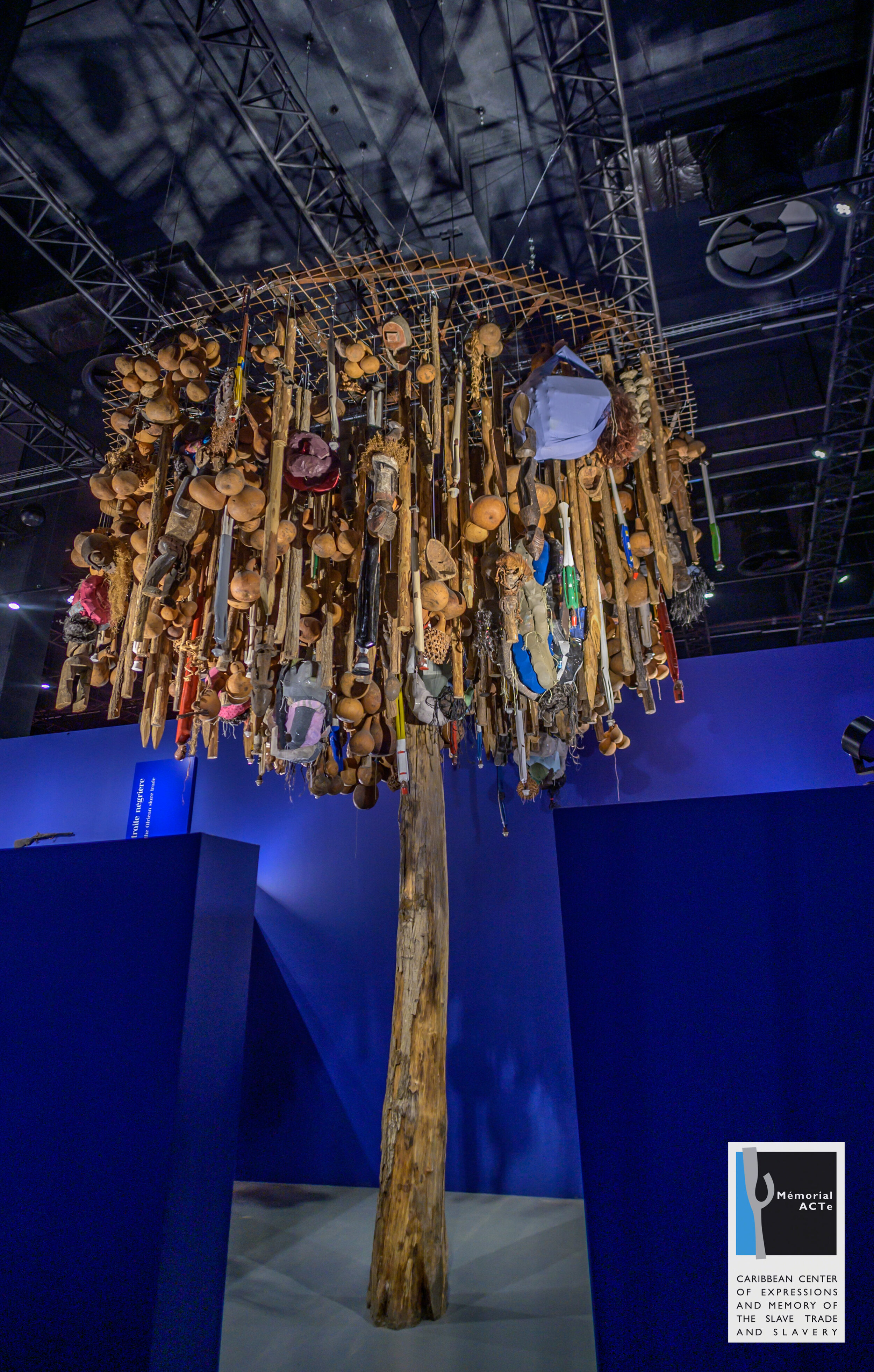
Manthia Diawara Keynote
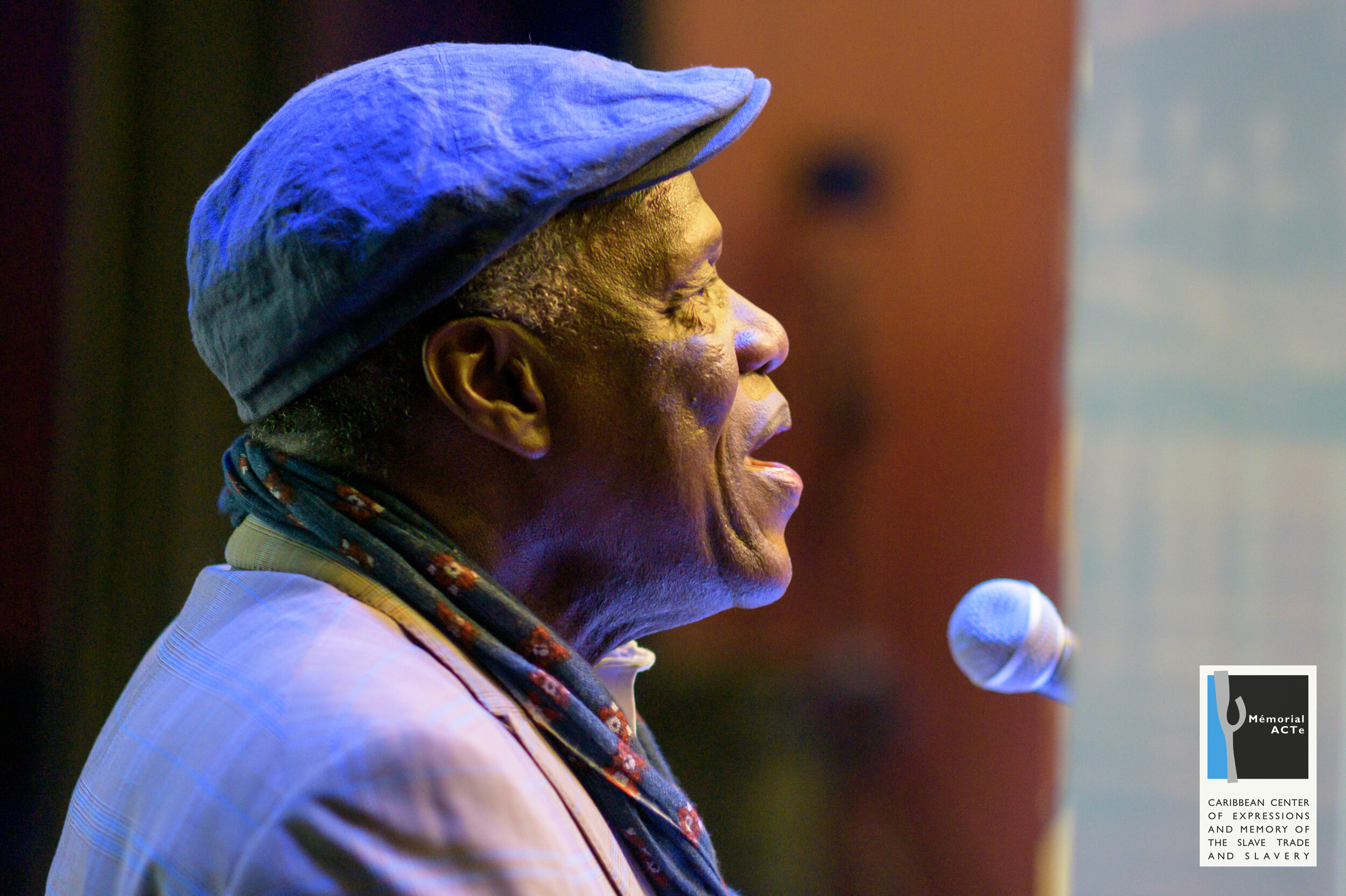
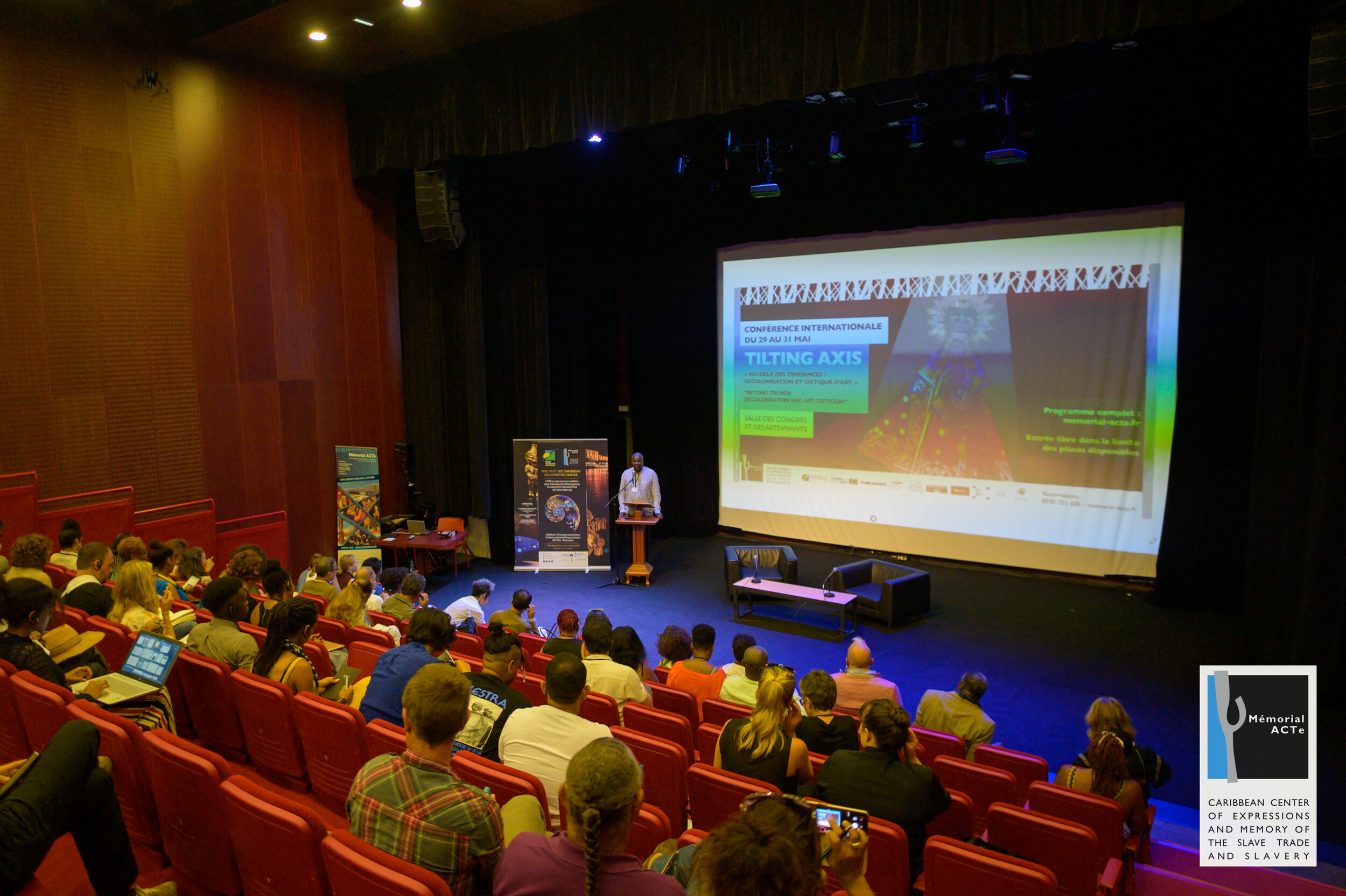
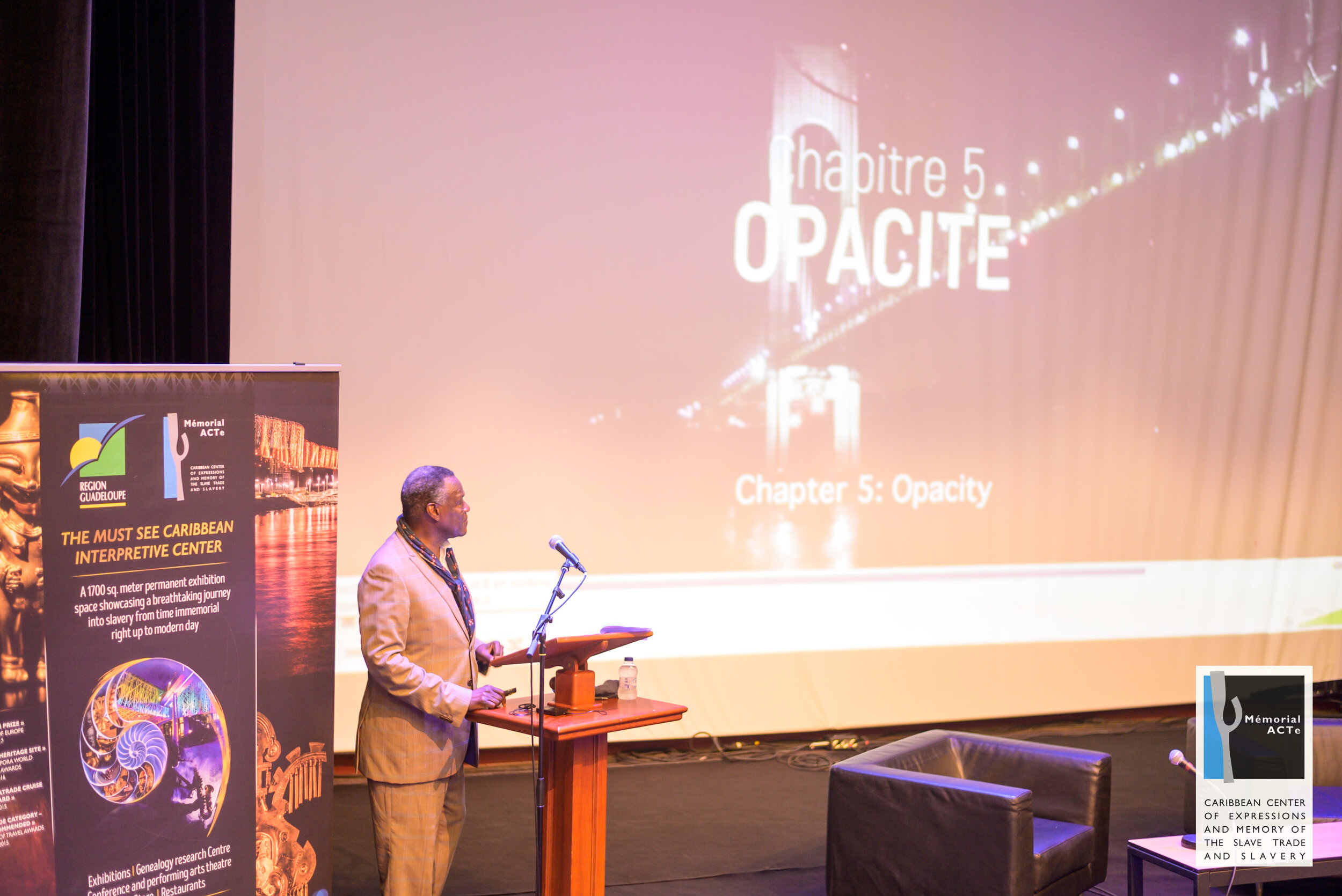
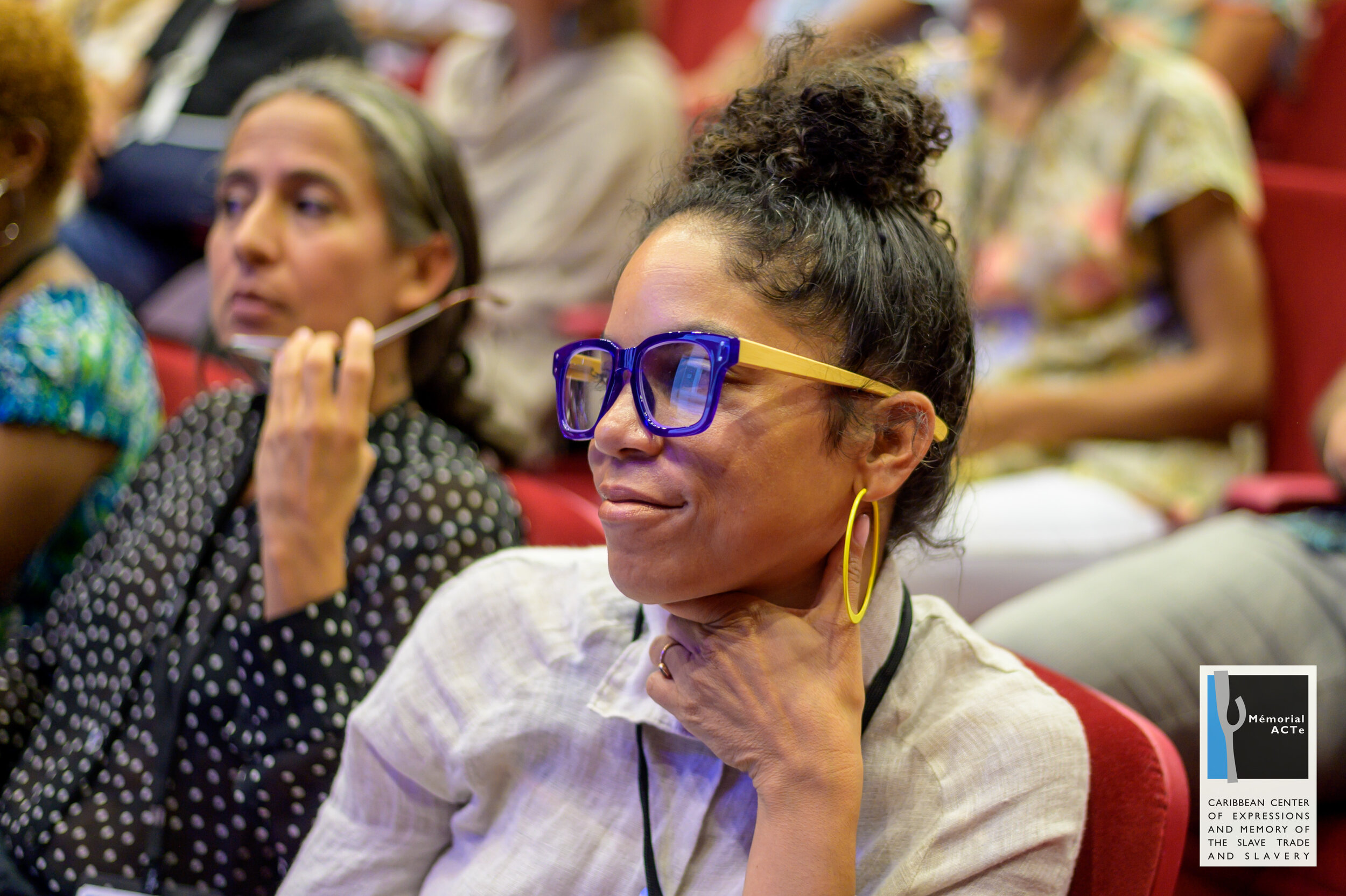

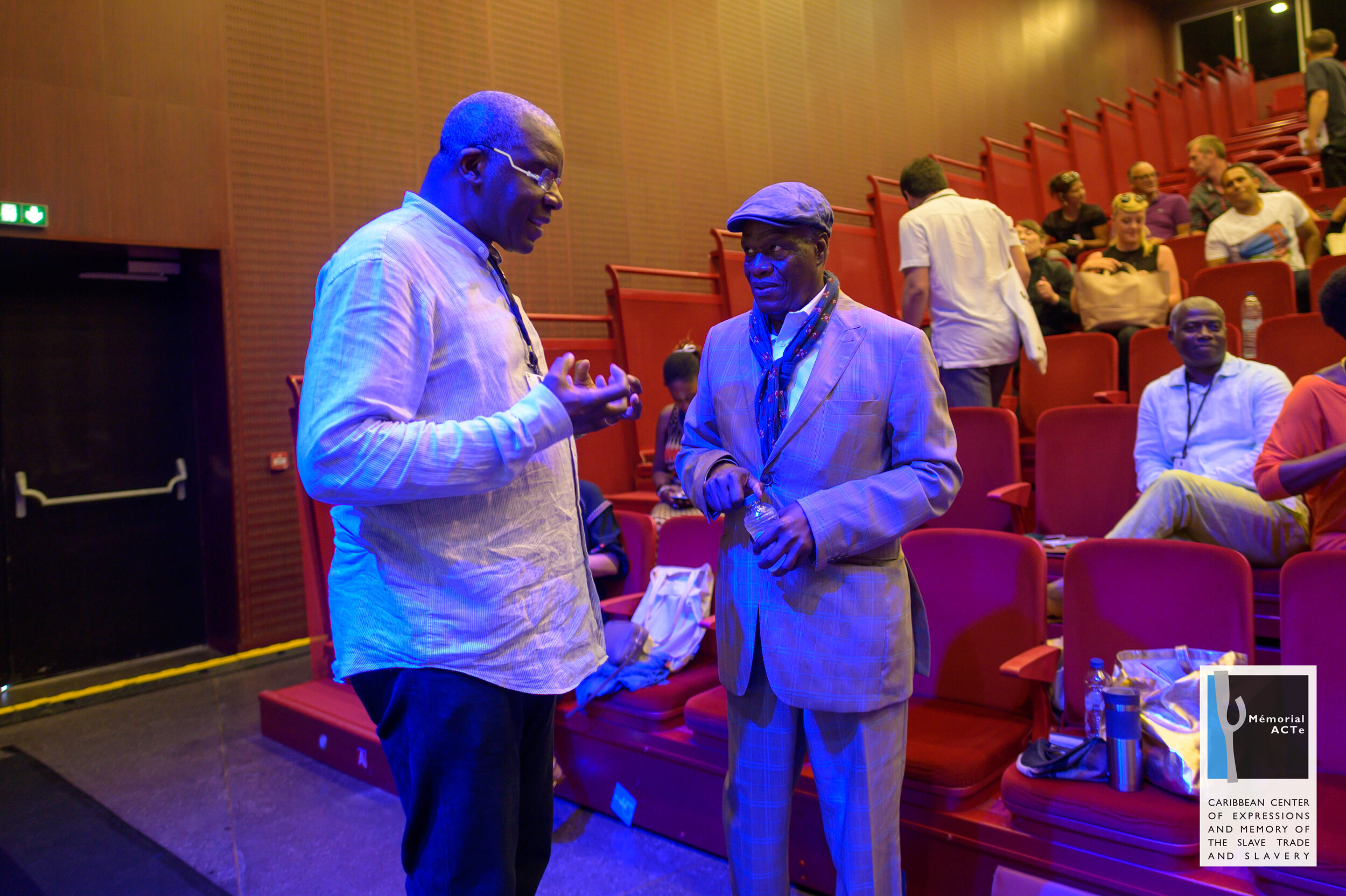
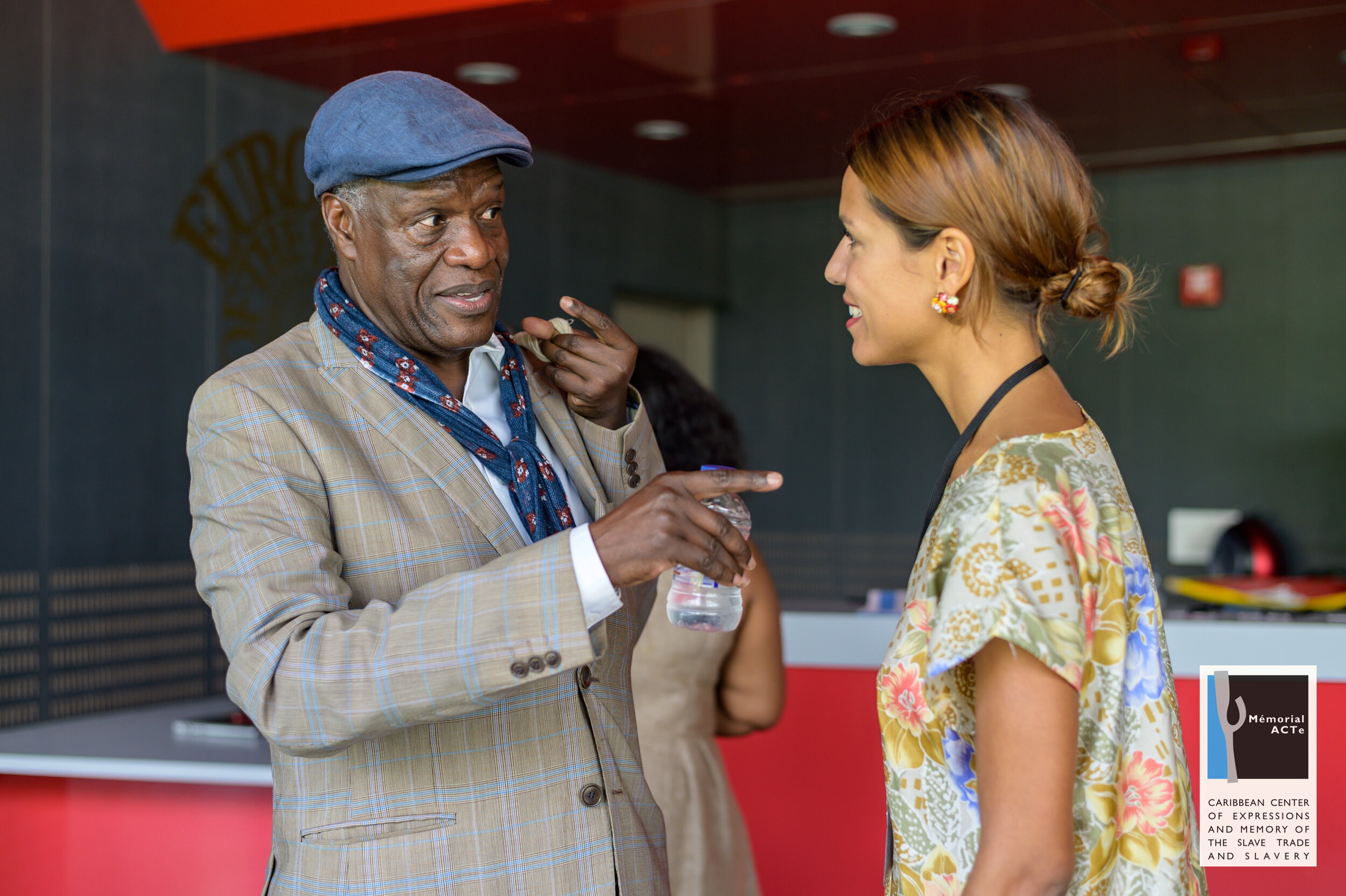
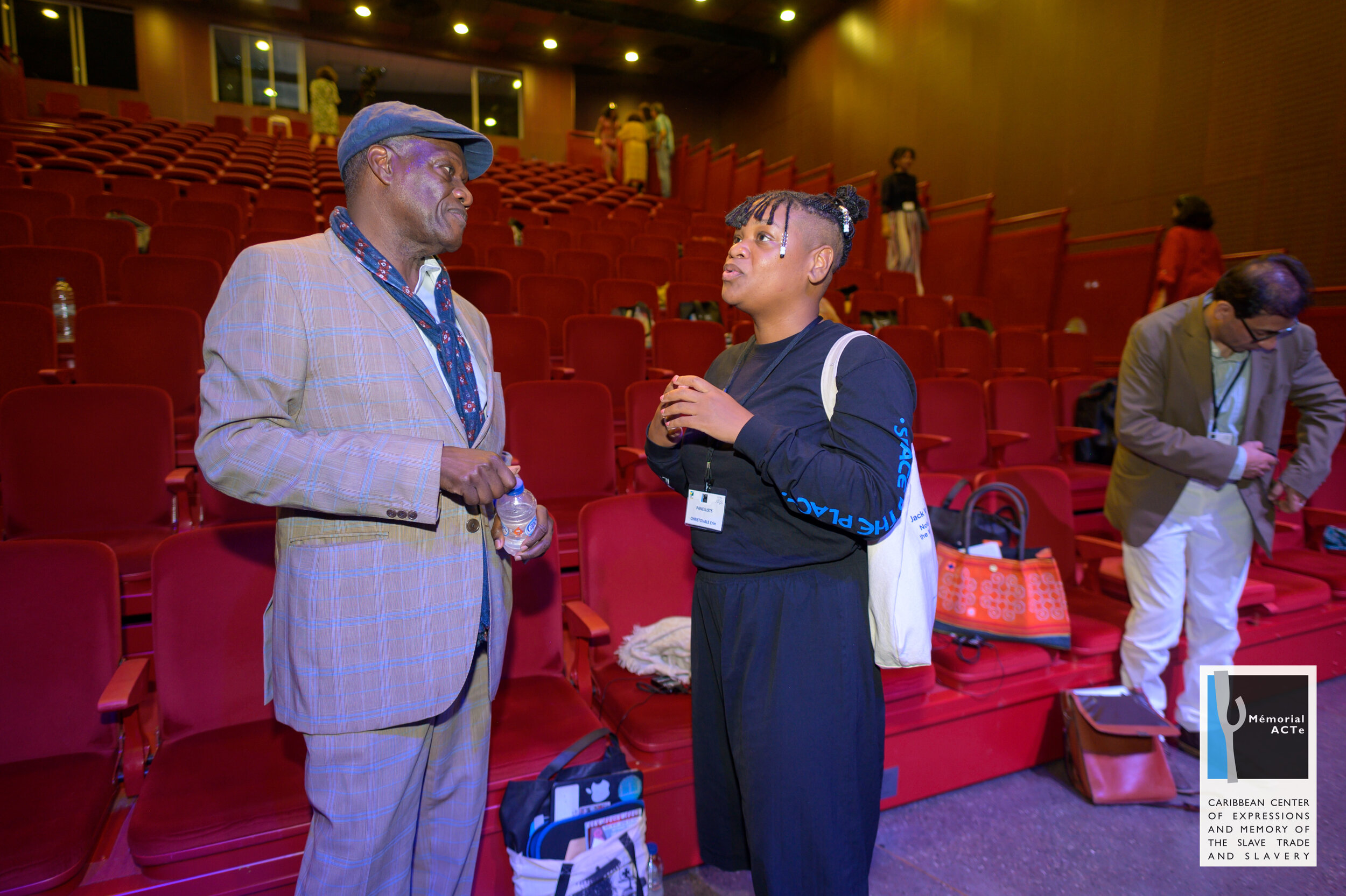
Words as Weapons (Mario Dominique Jocelyn + Hrag)
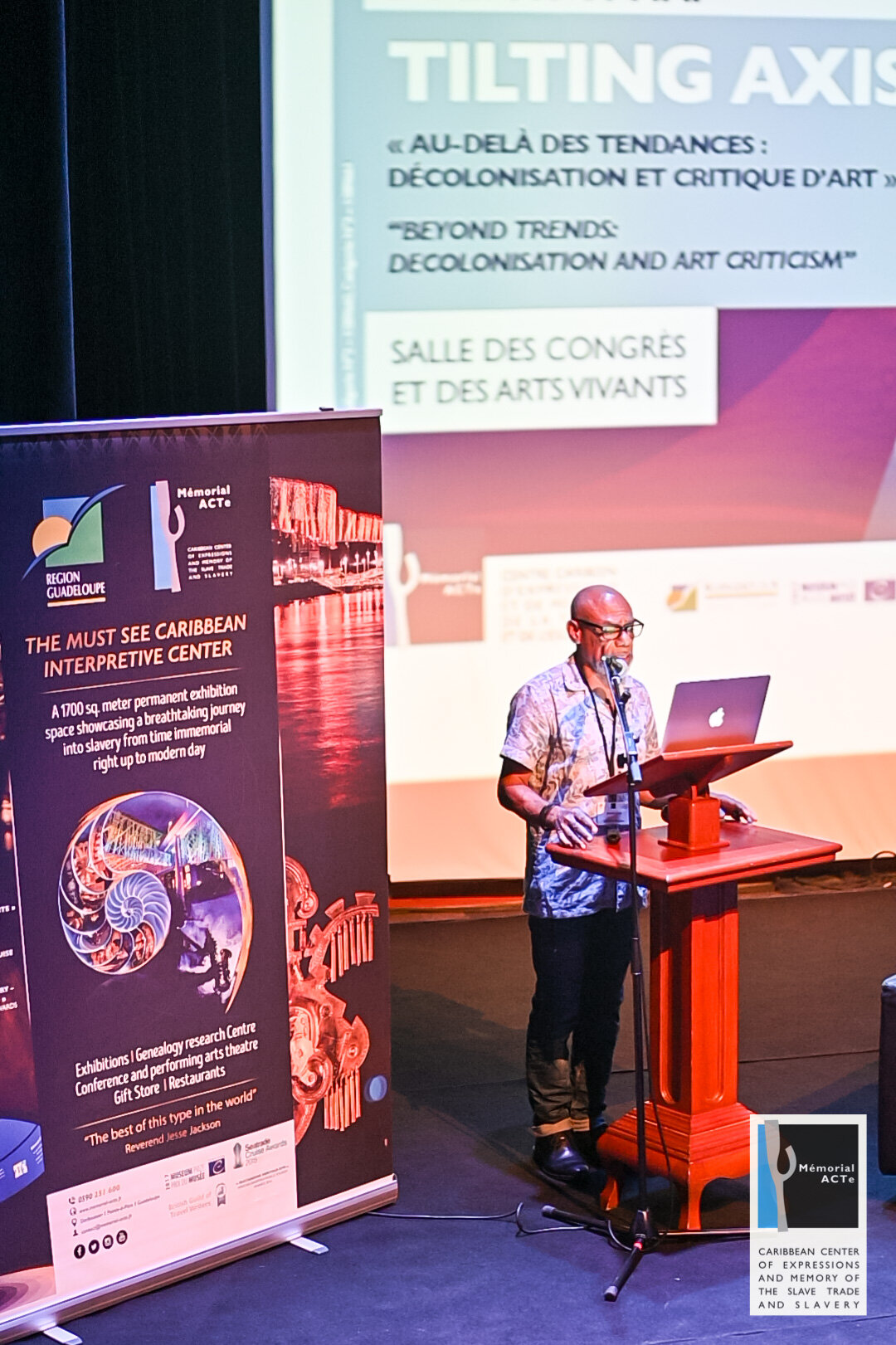
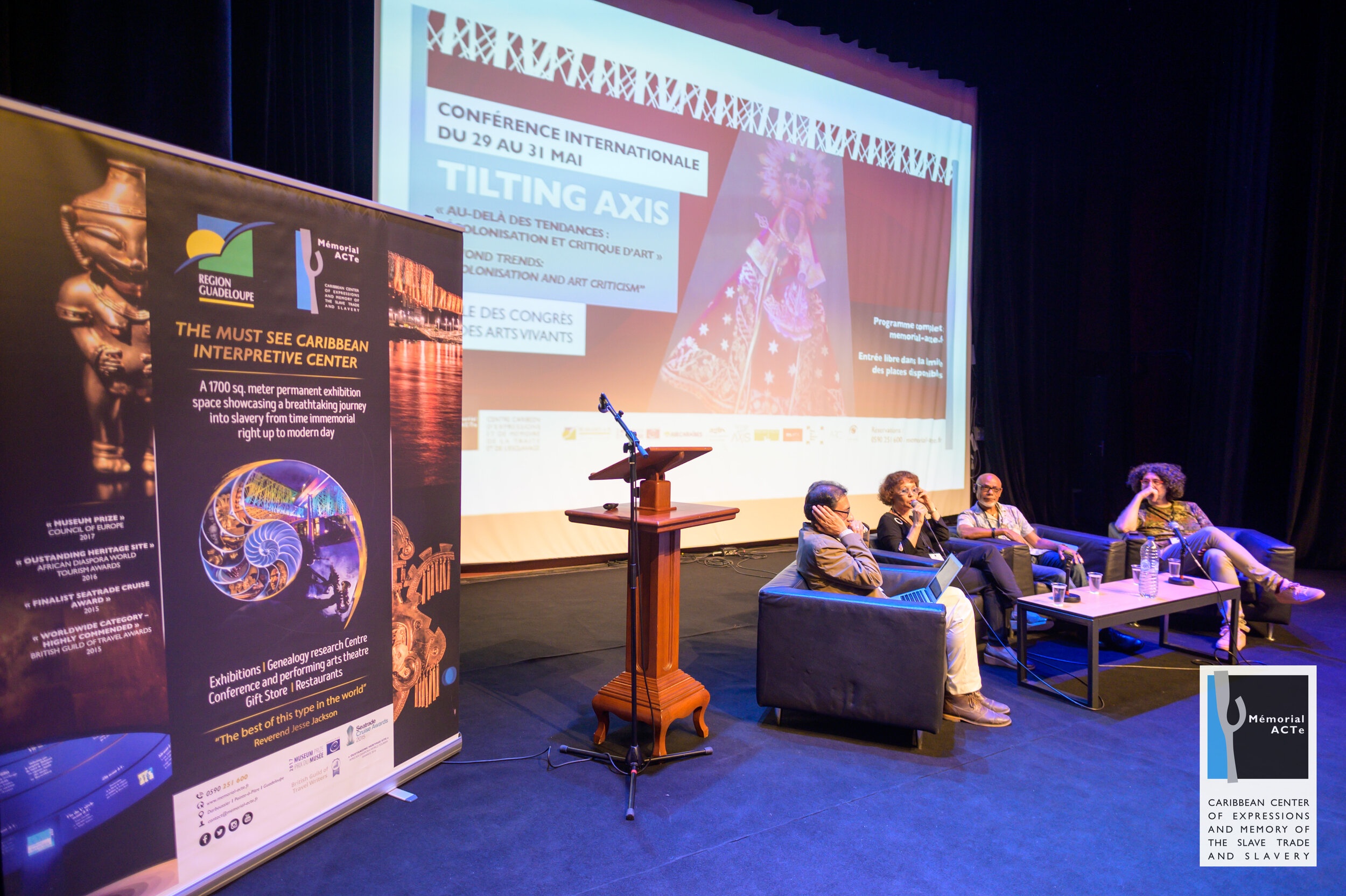
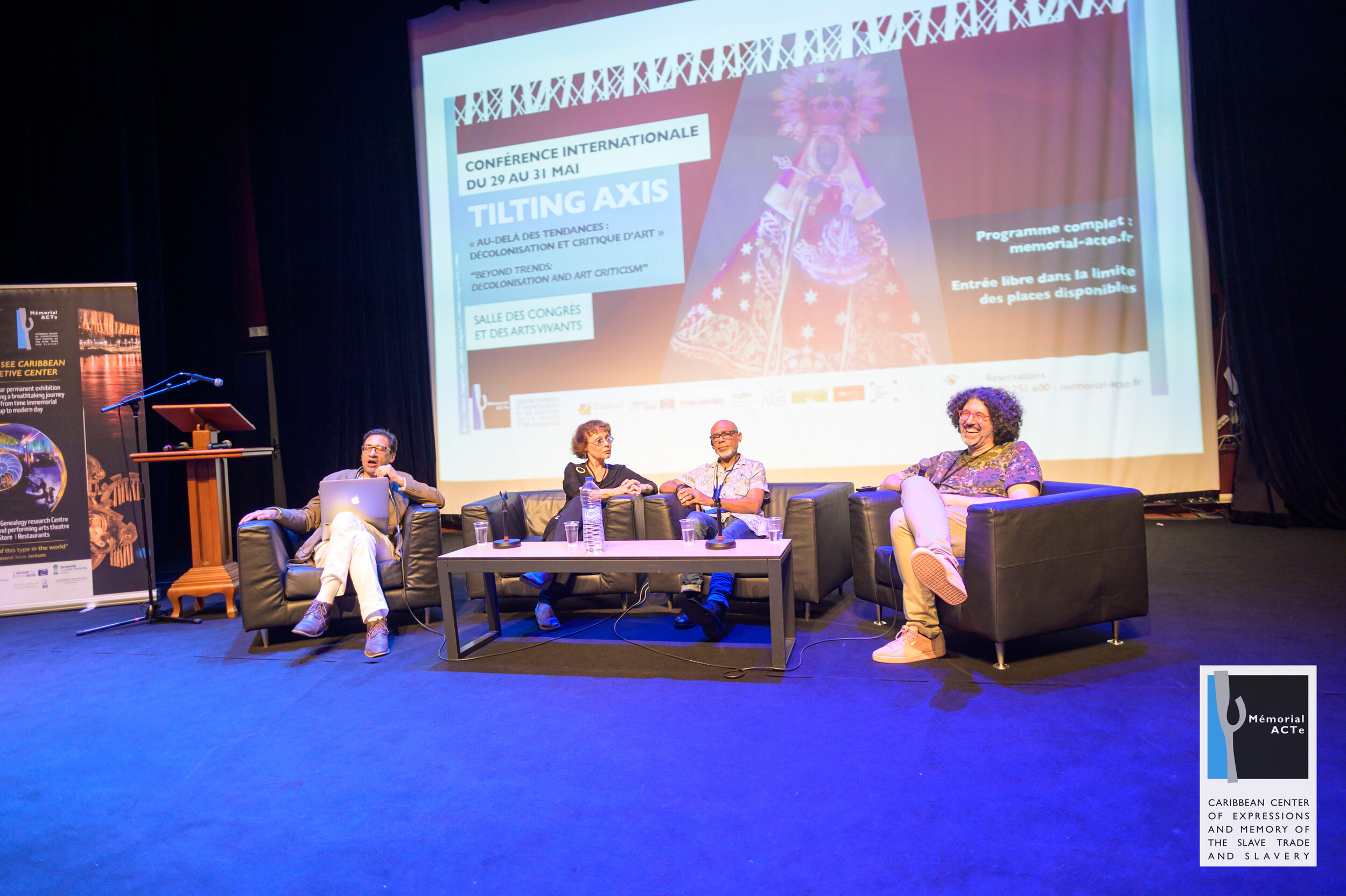
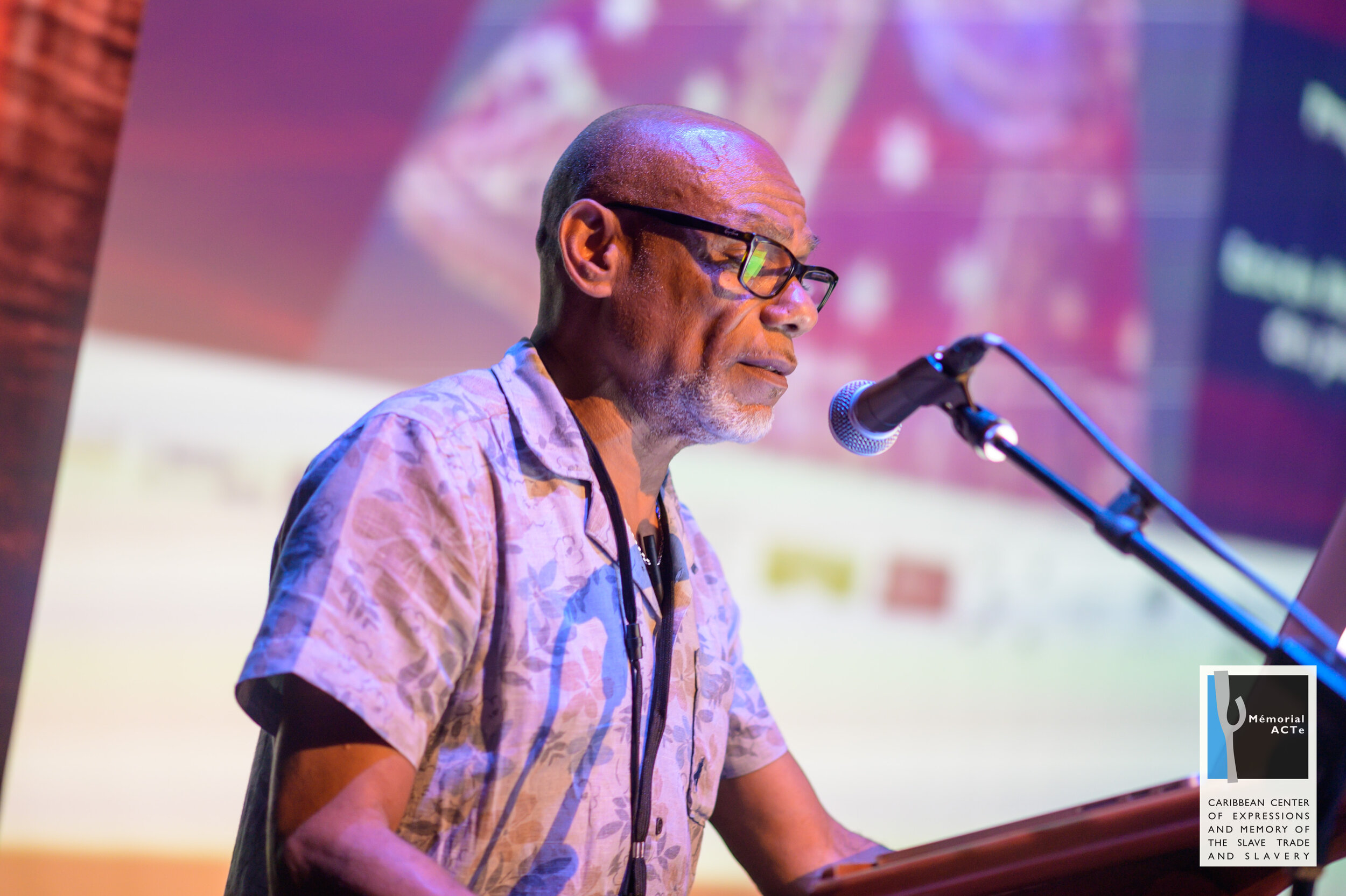
TA Fellowship Annoucement (Tiffany Boyle)

Gallery (Day 2)
Gallery (Day 2)
Gallery (Day 2)
Max Diakok Performance
Pop Up Presenters
Taino Exhibition
Thierry Alet Studio Visit
Walking Tour Pointe-à-Pitre

Gallery (Day 3)
Gallery (Day 3)
Gallery (Day 3)
Bénédicte Alliot Presentation
Carte Blanche Edouard Duval-Carrié
Panel 3: Colonisation in Reverse Tobias Ostrander, Erin Christovale, Carlos Motta + Jerry Philogene

